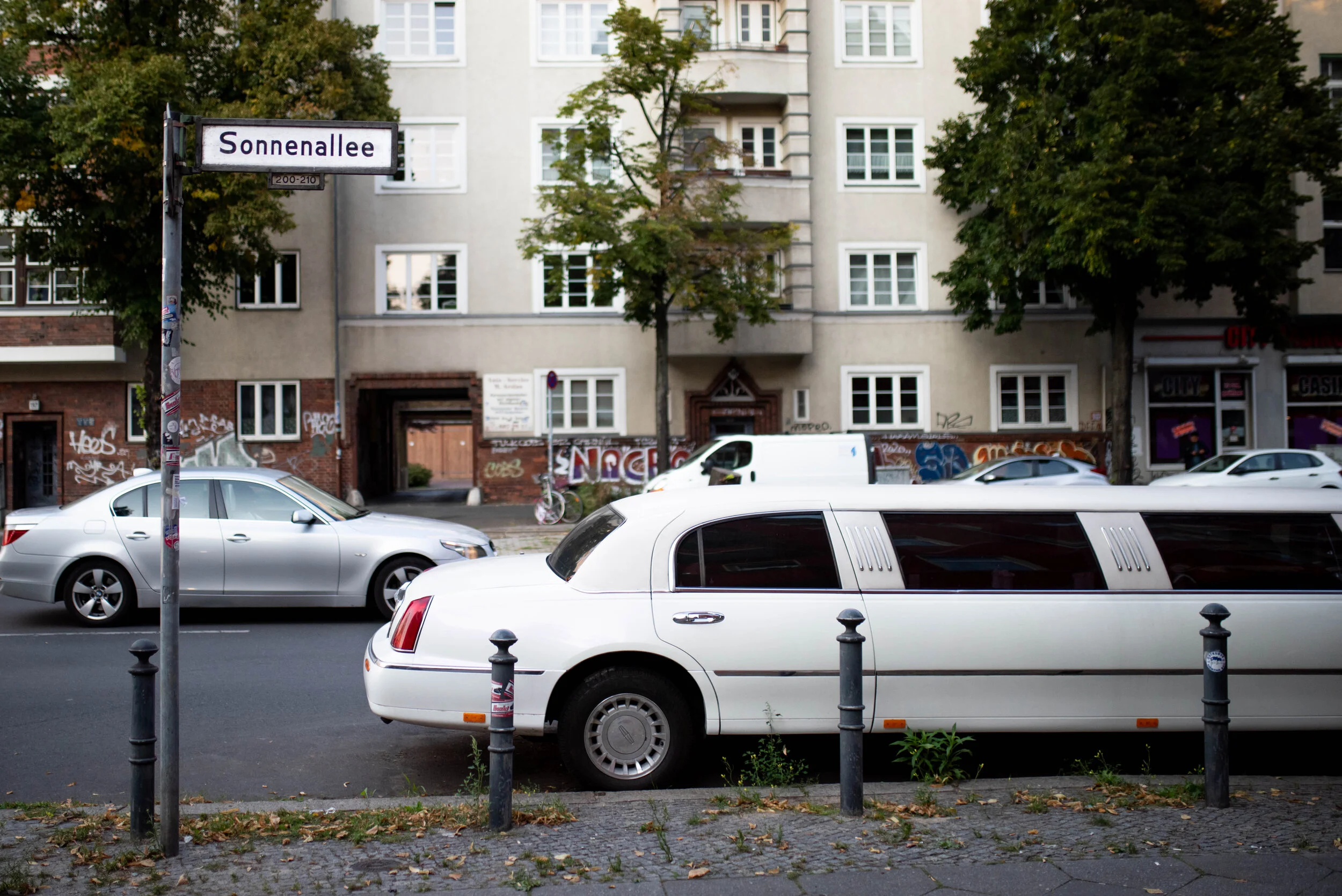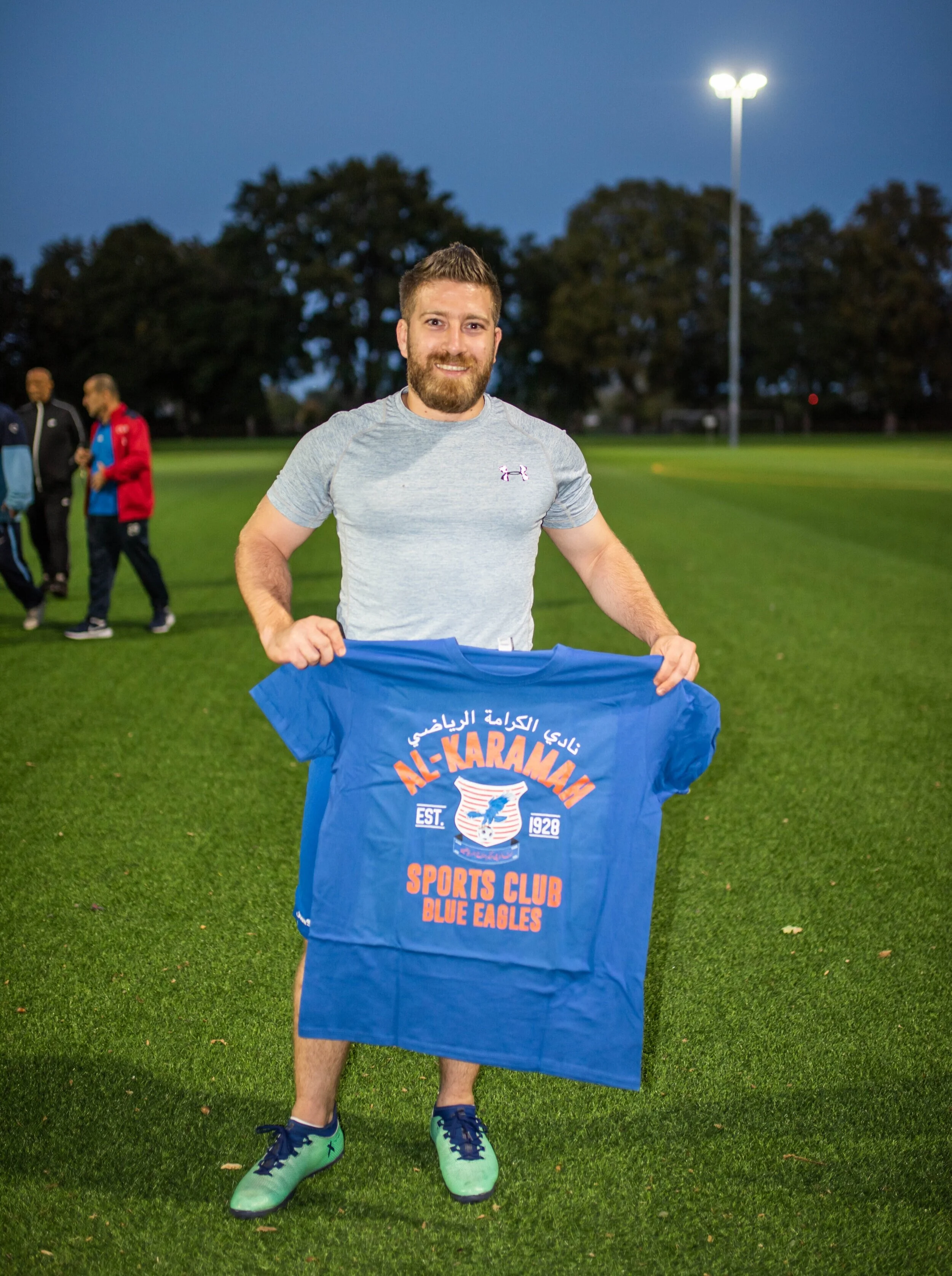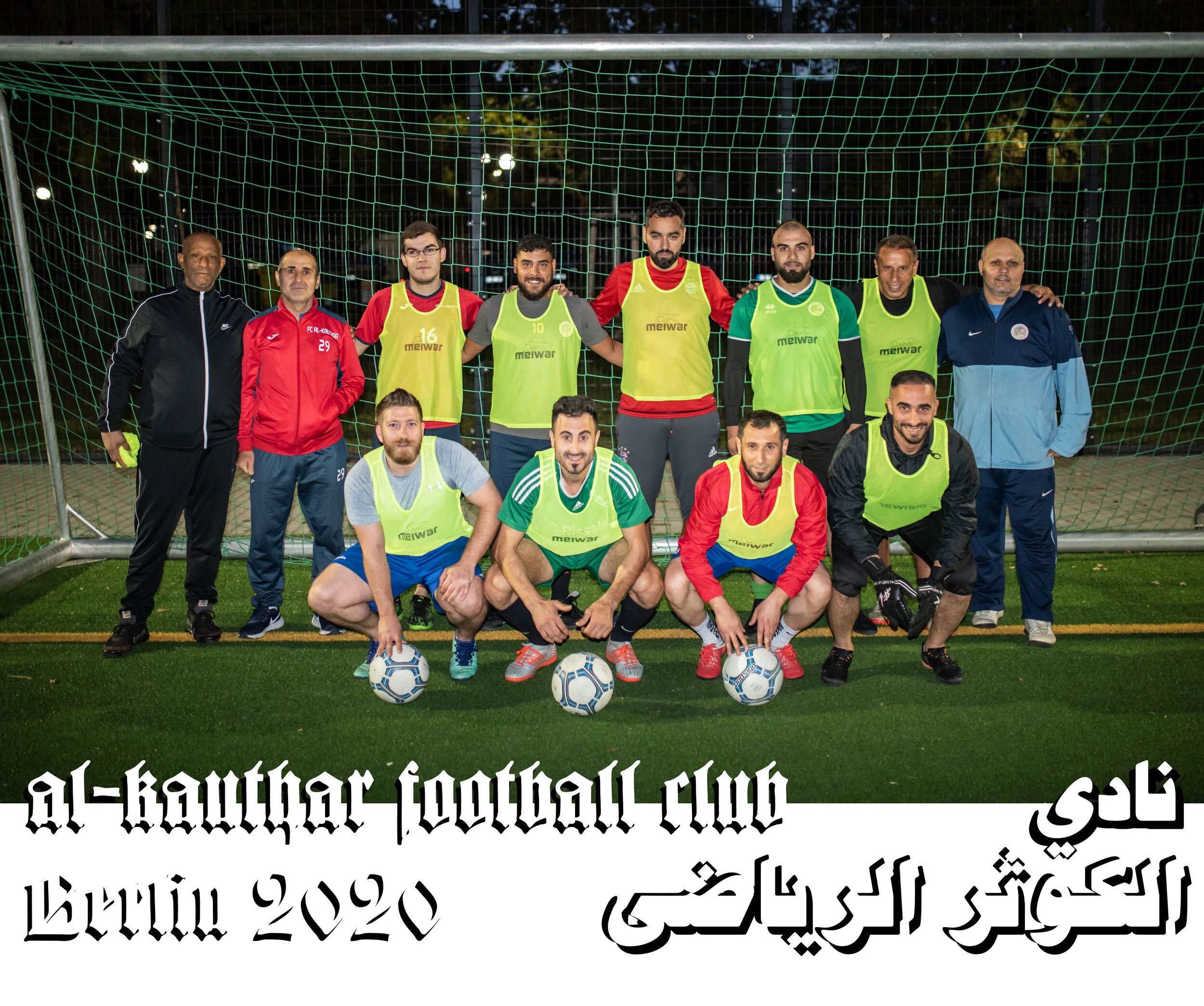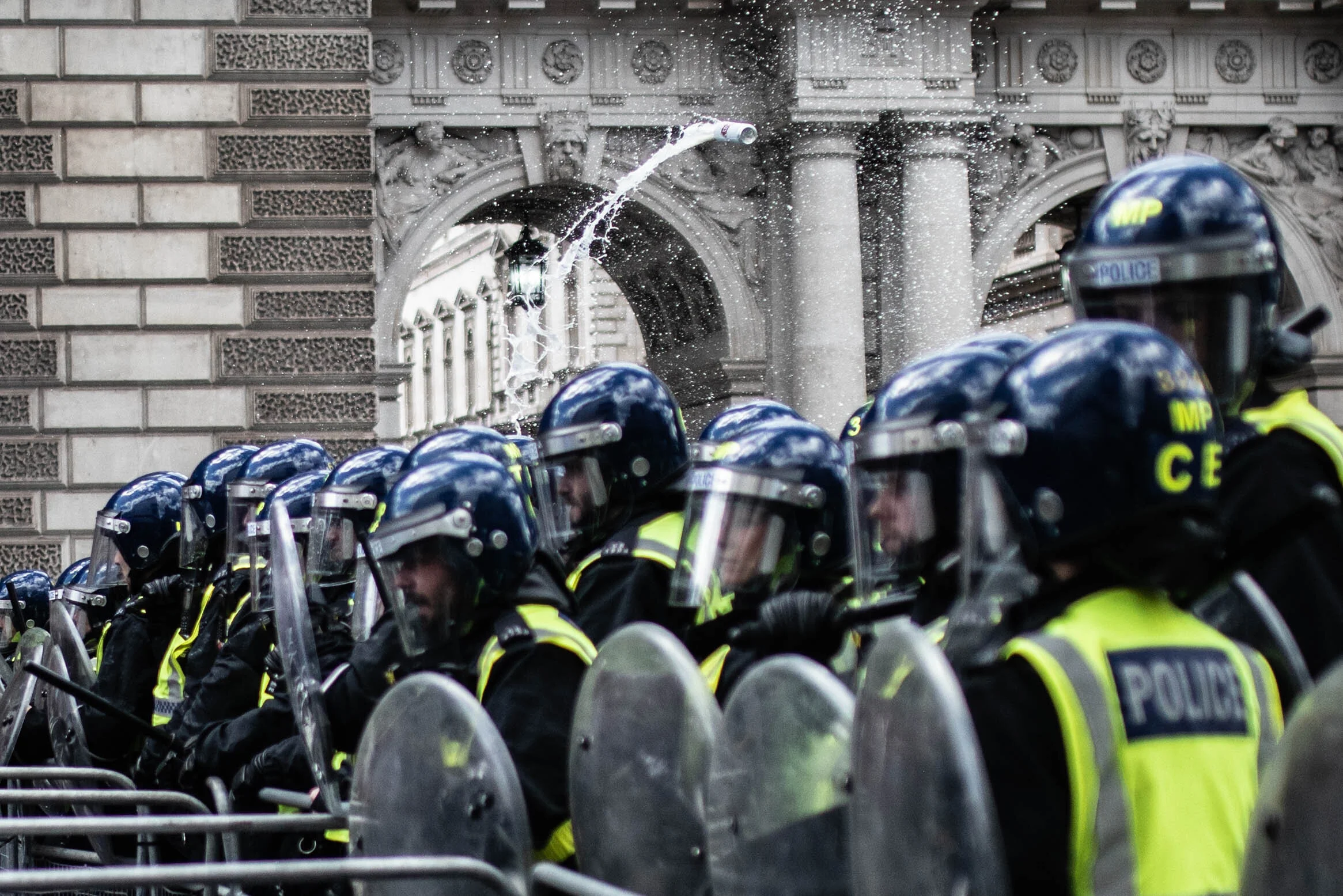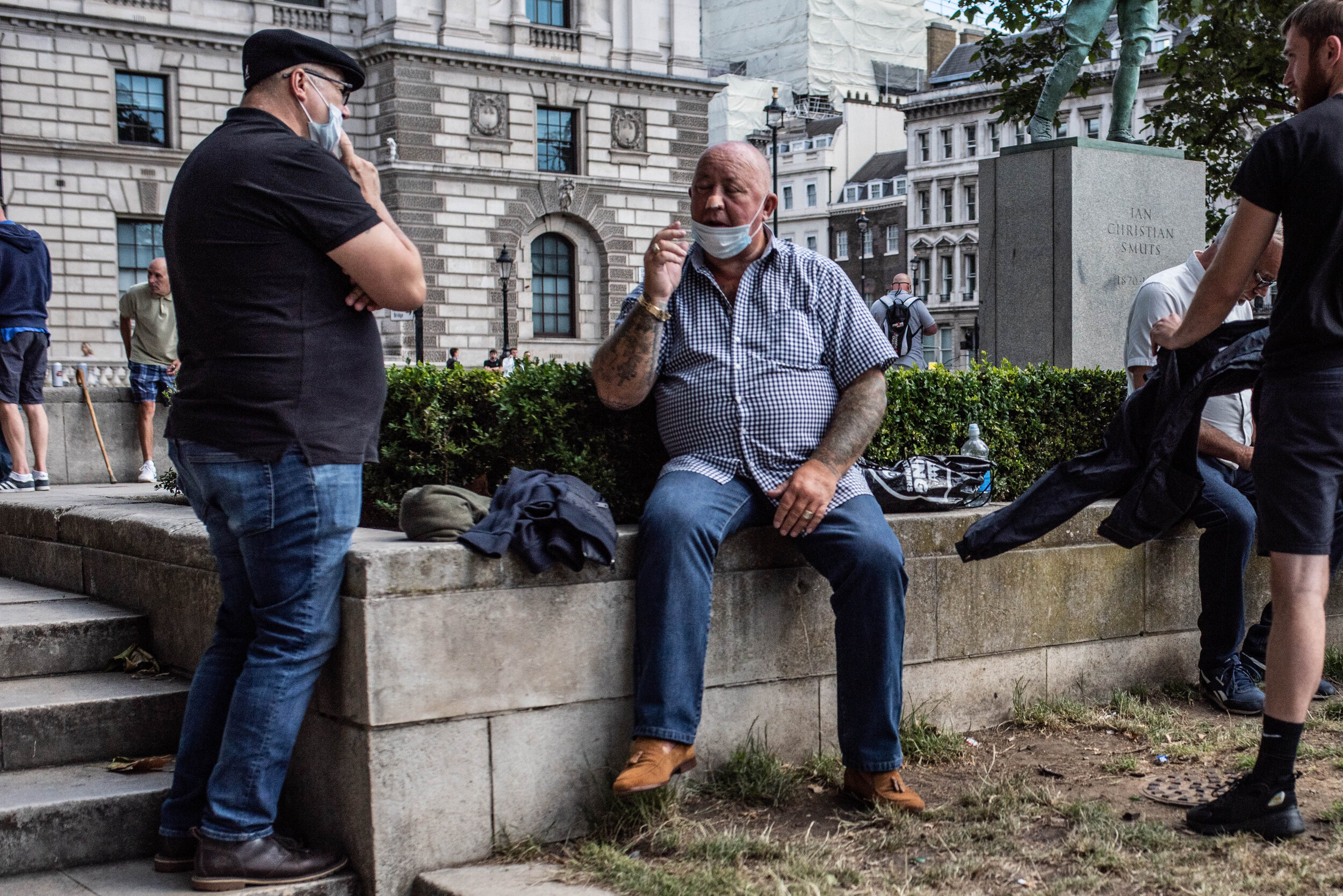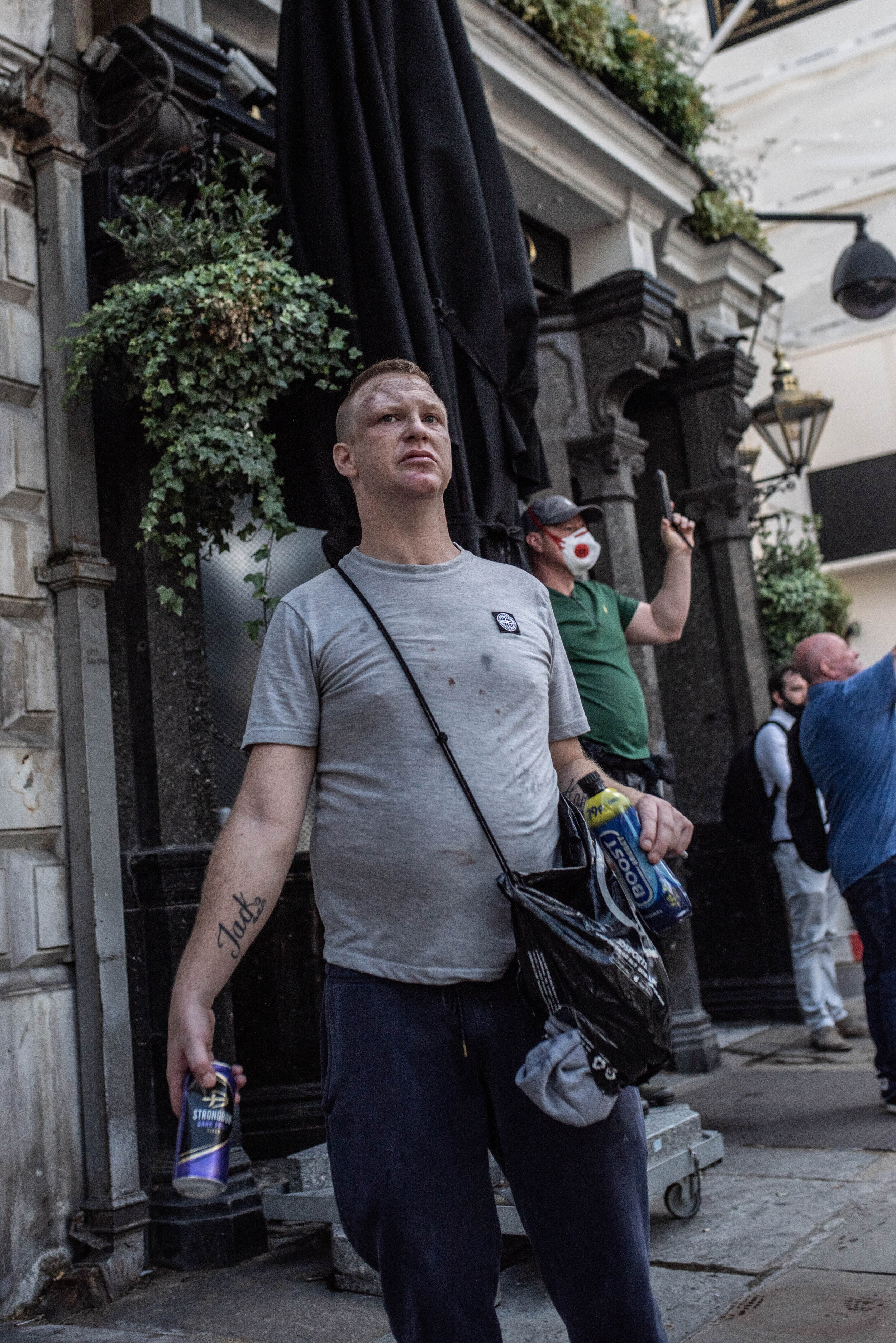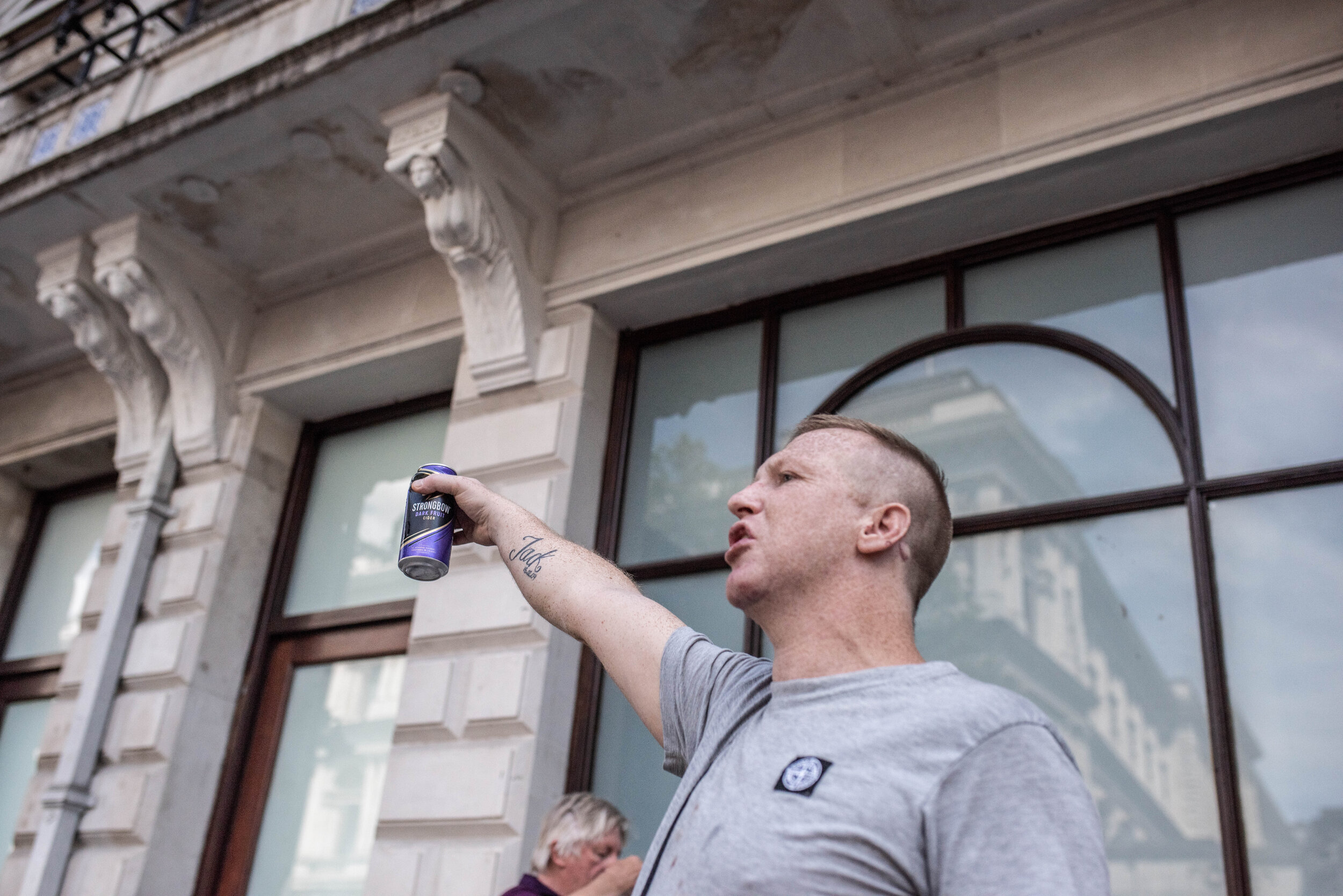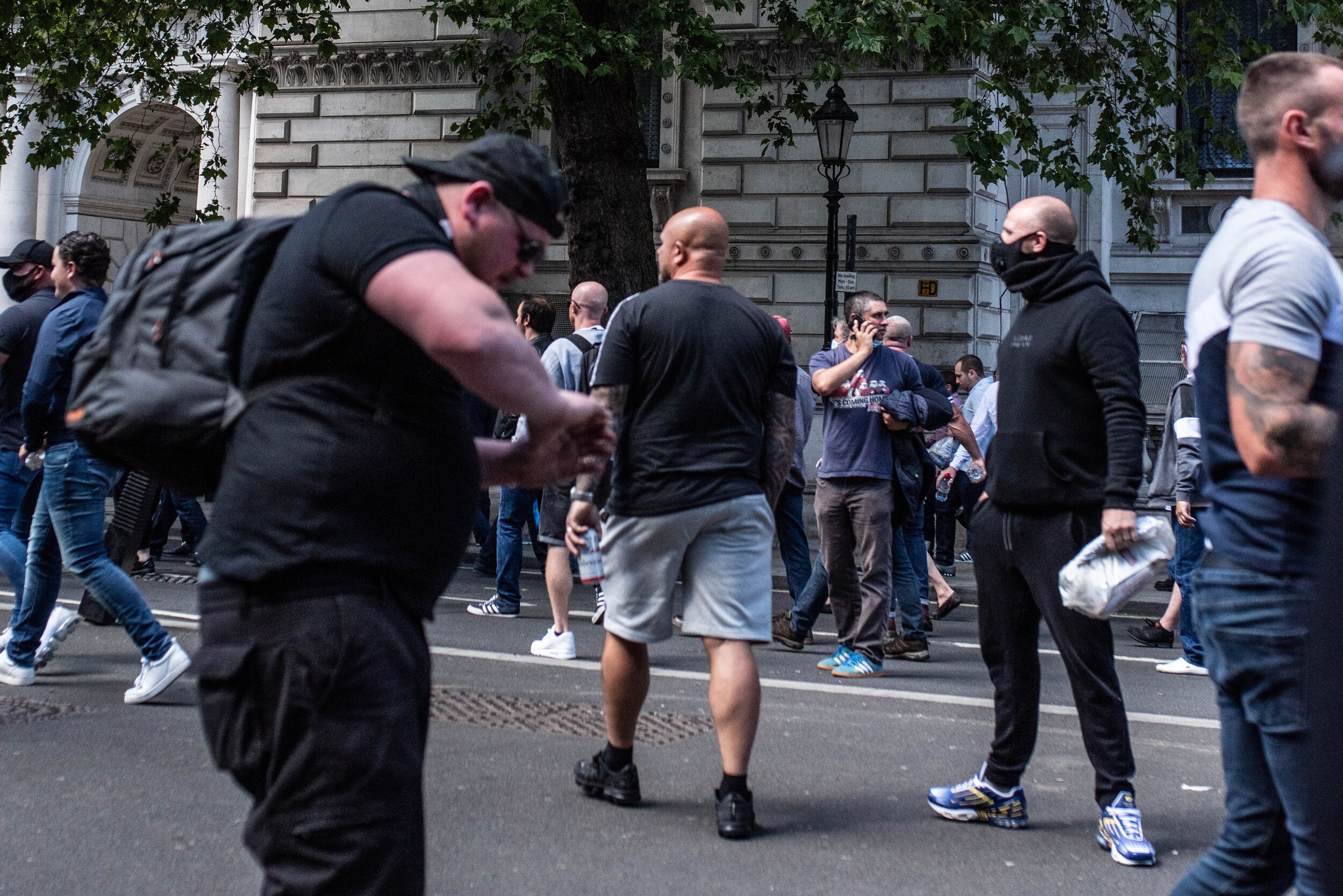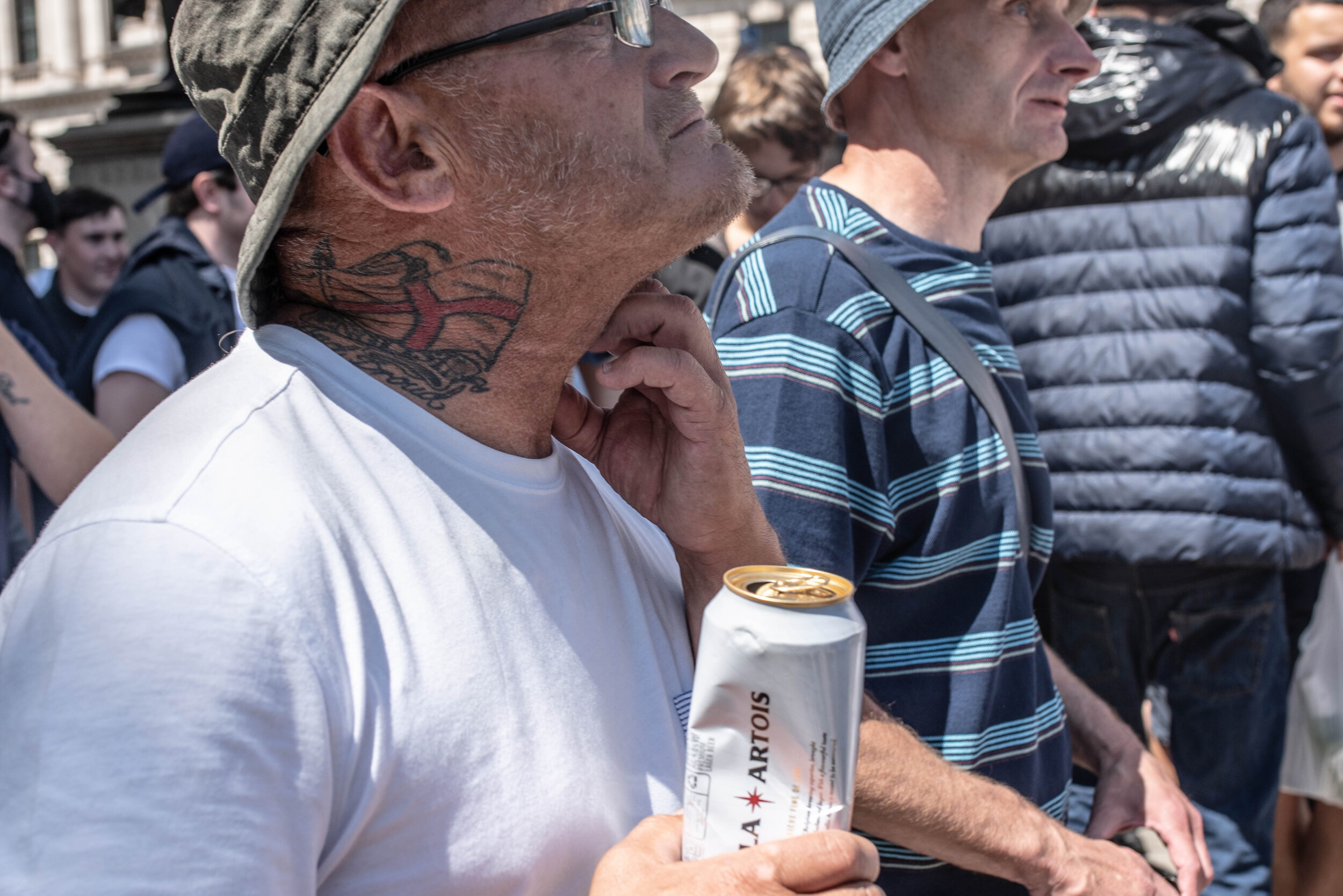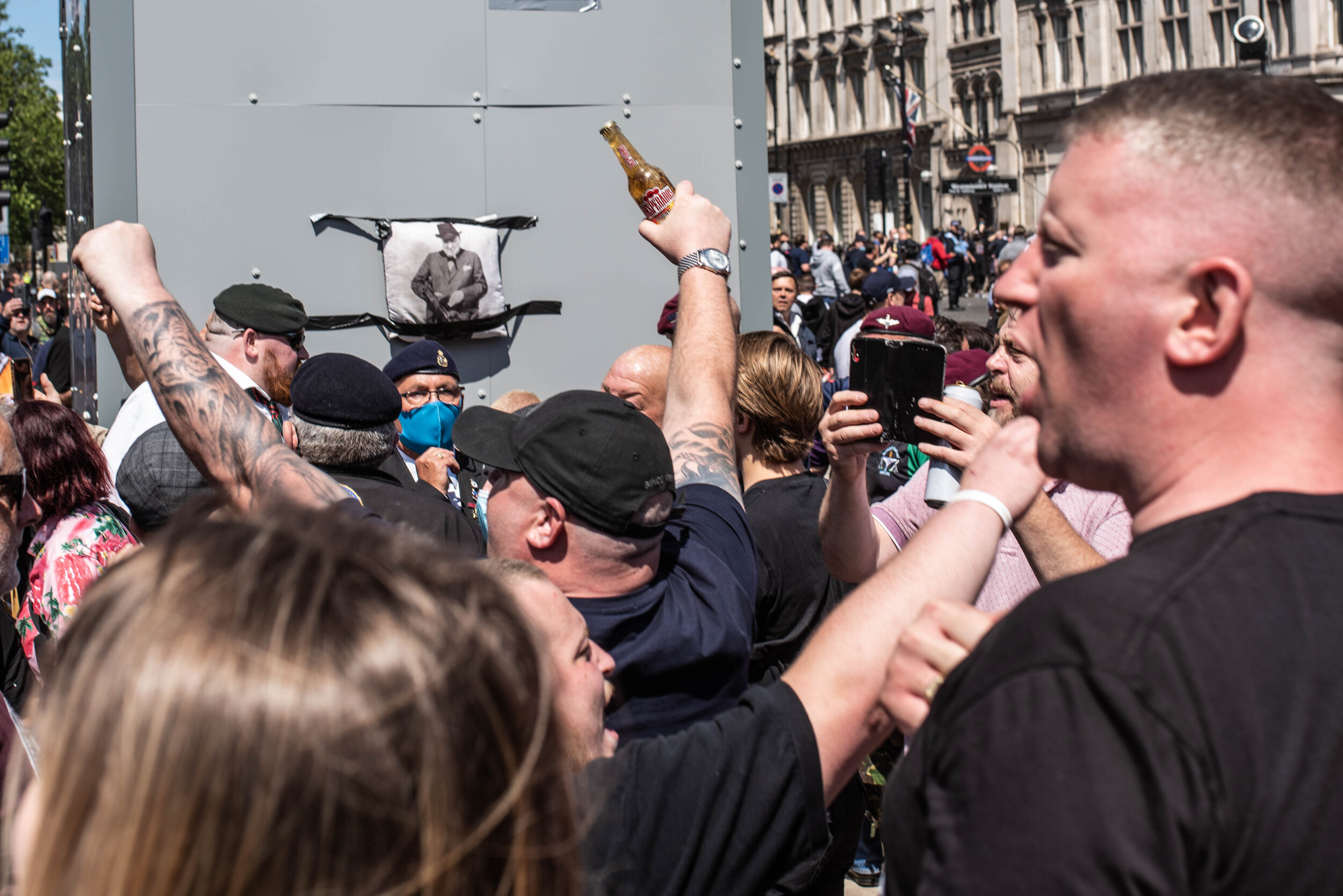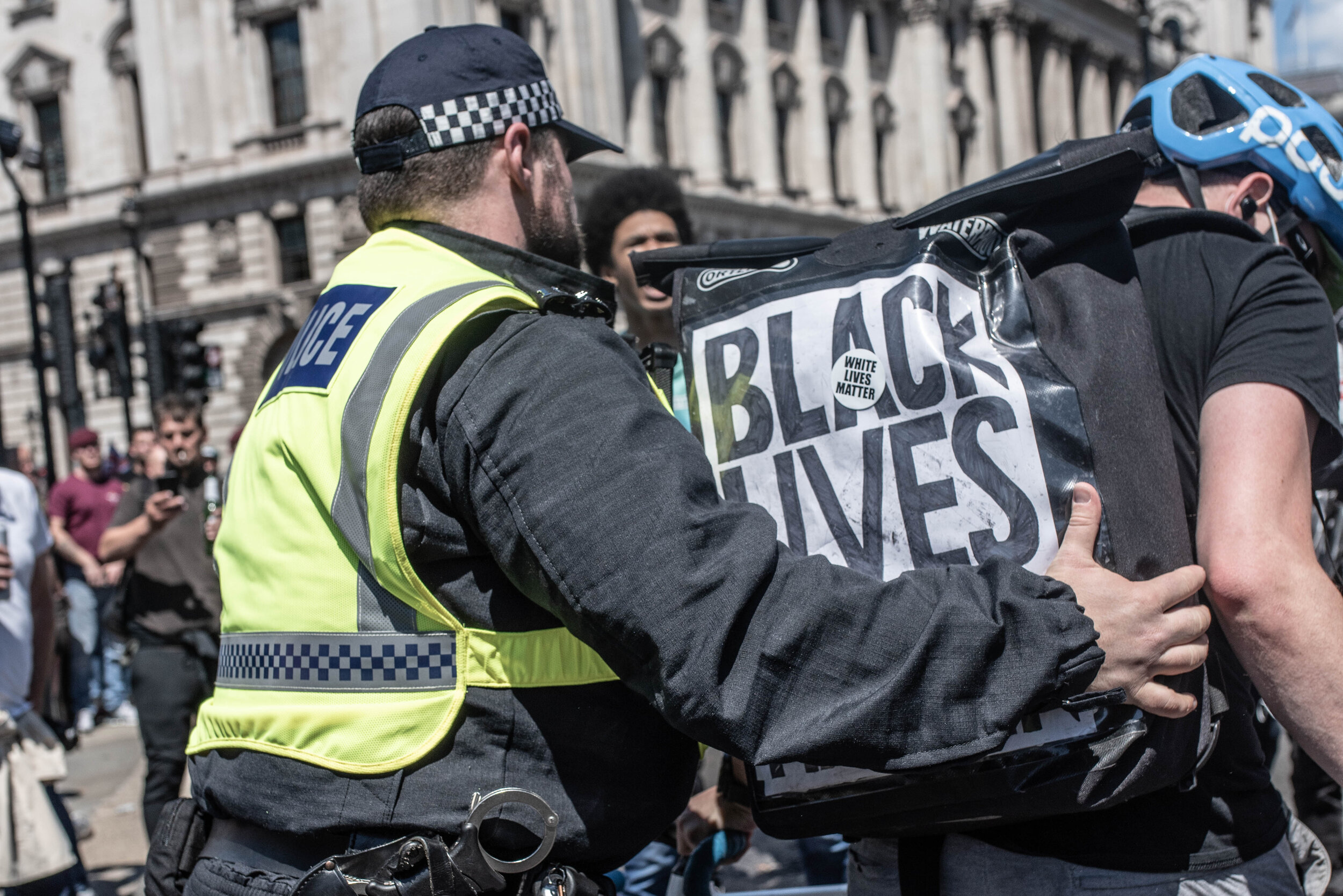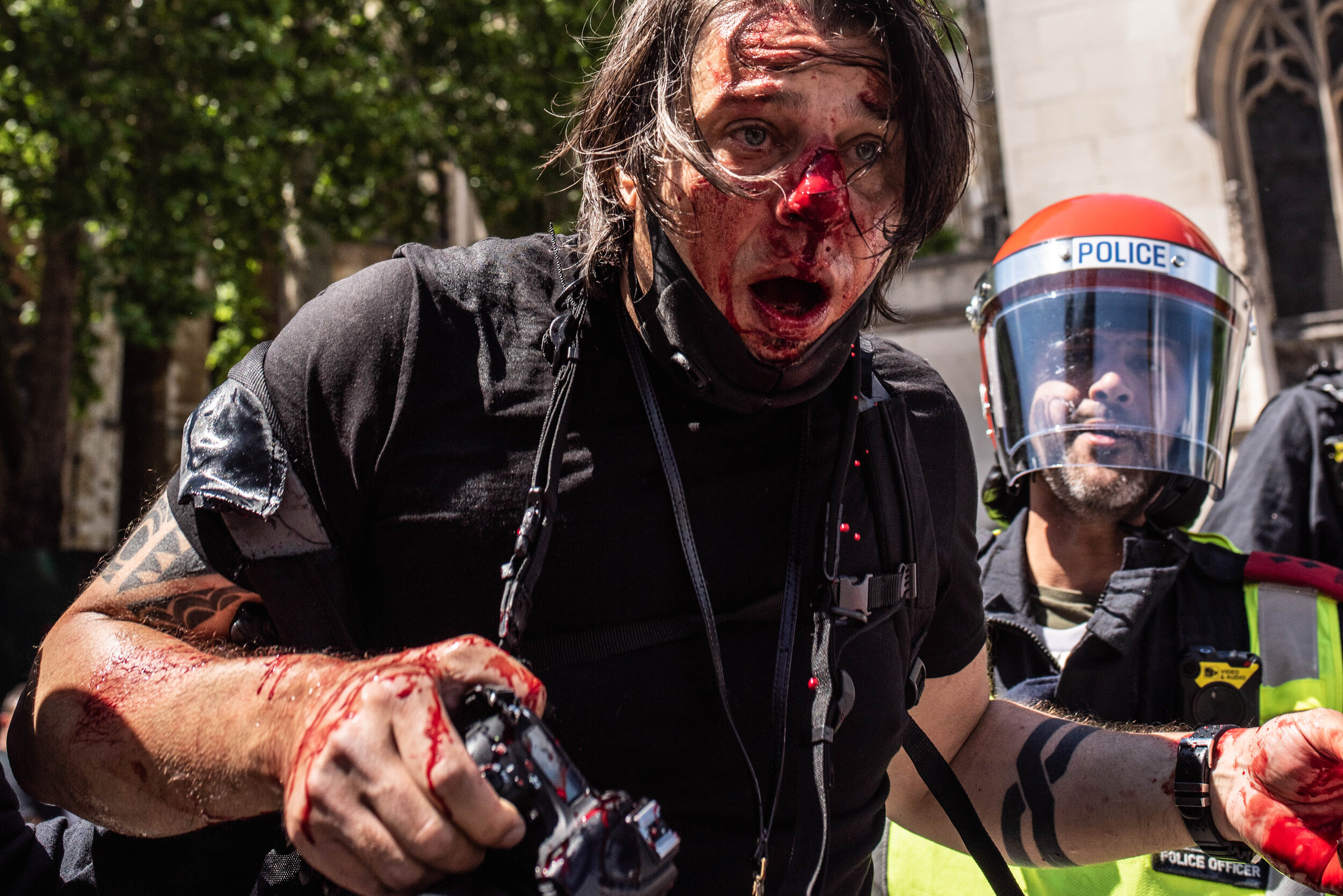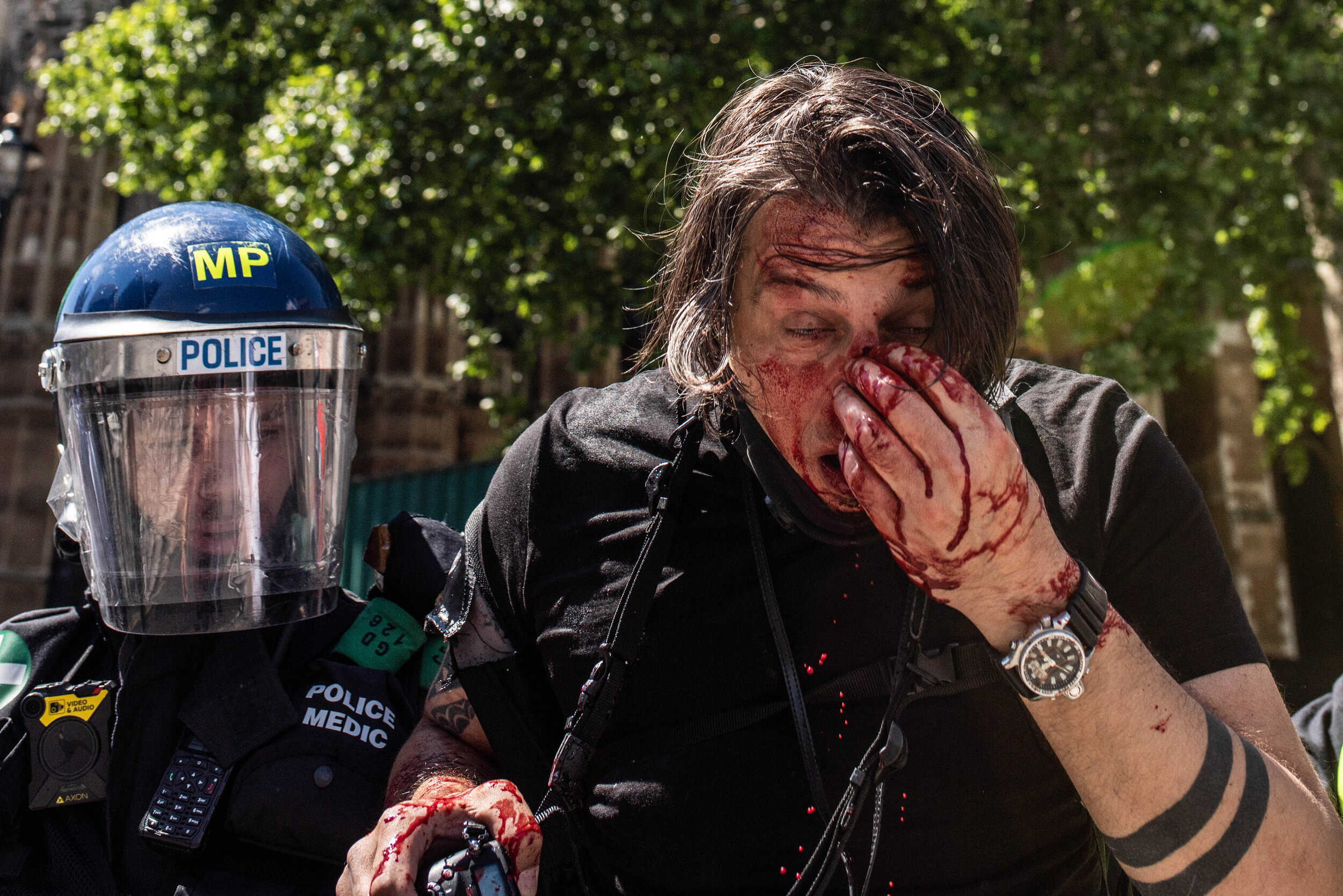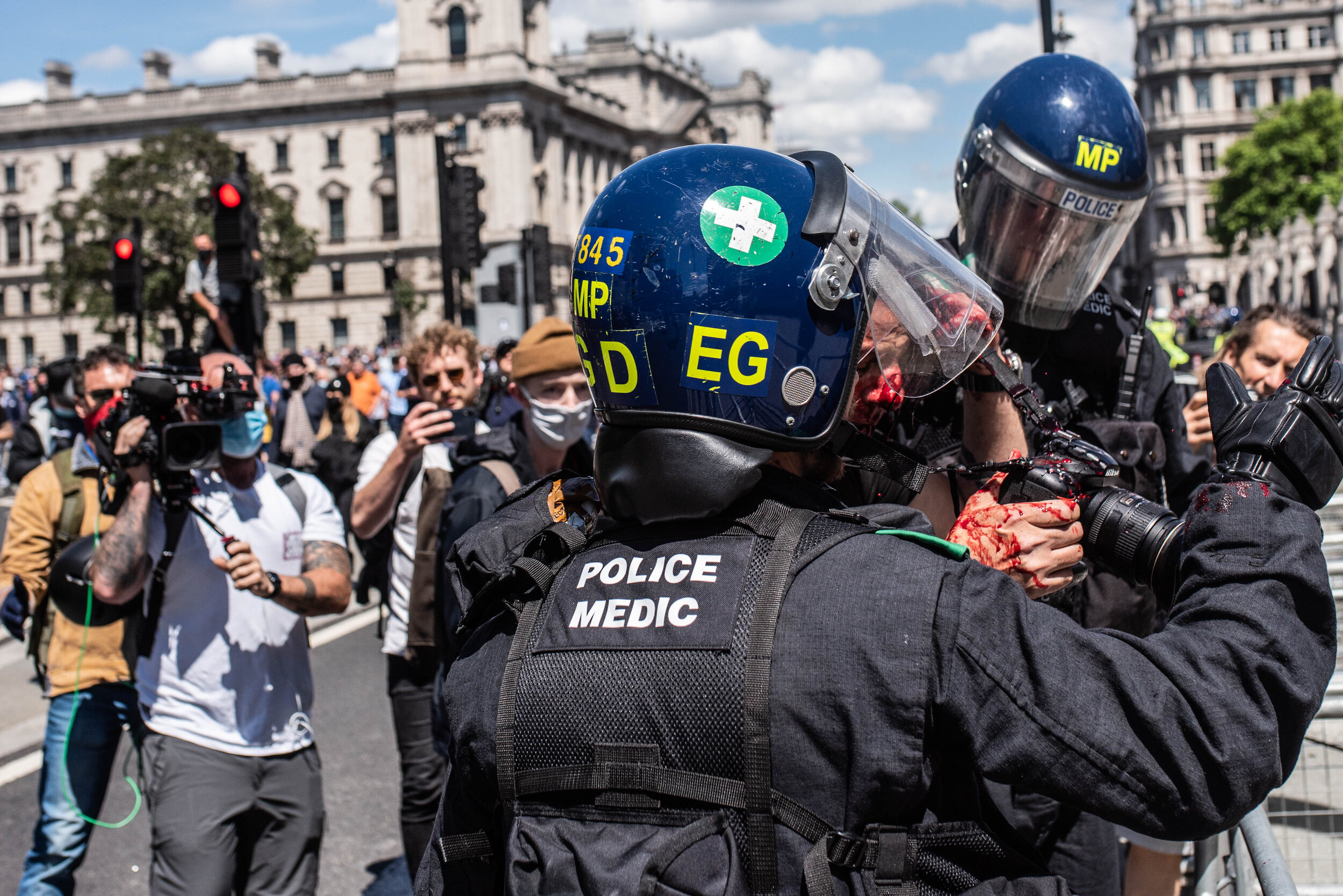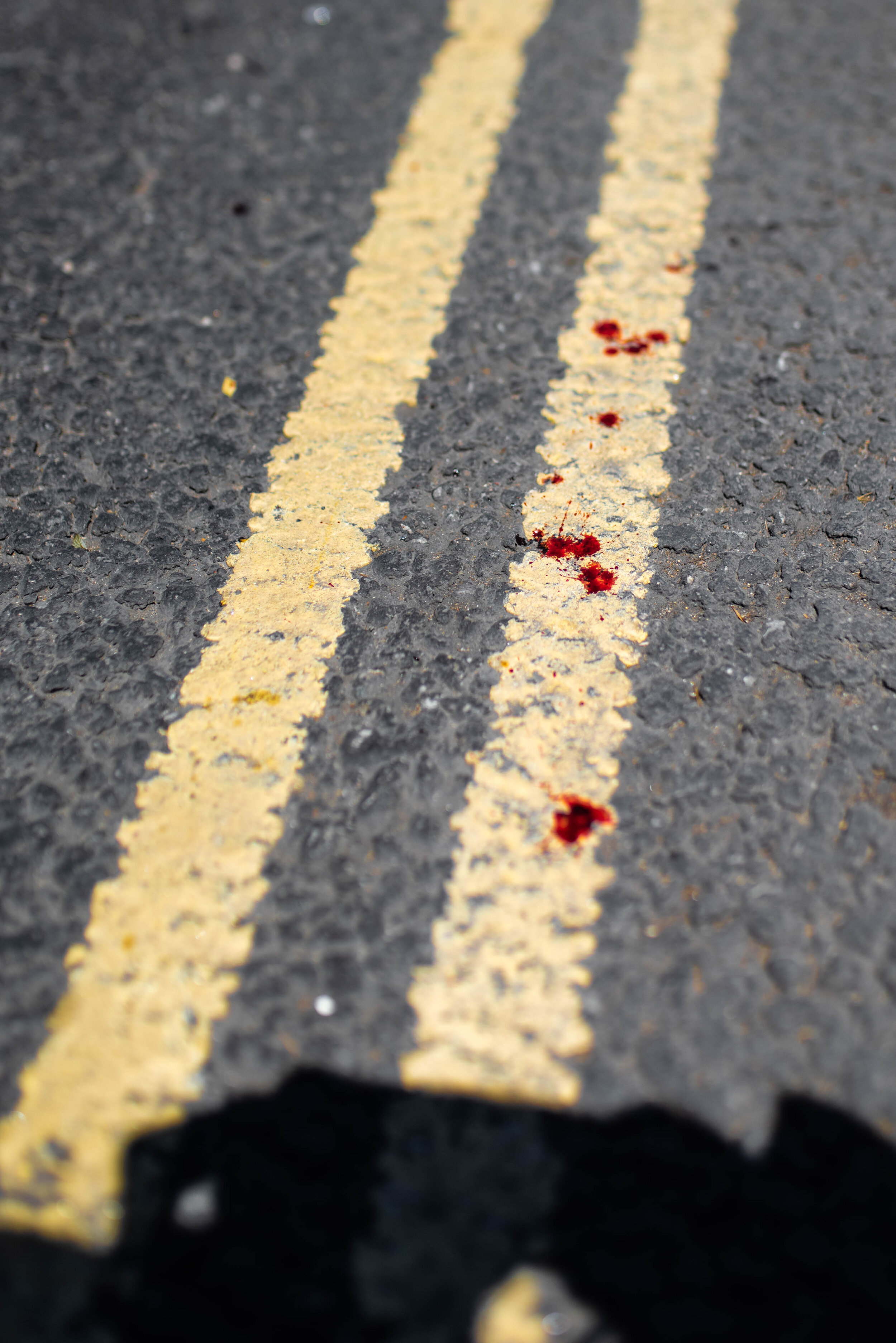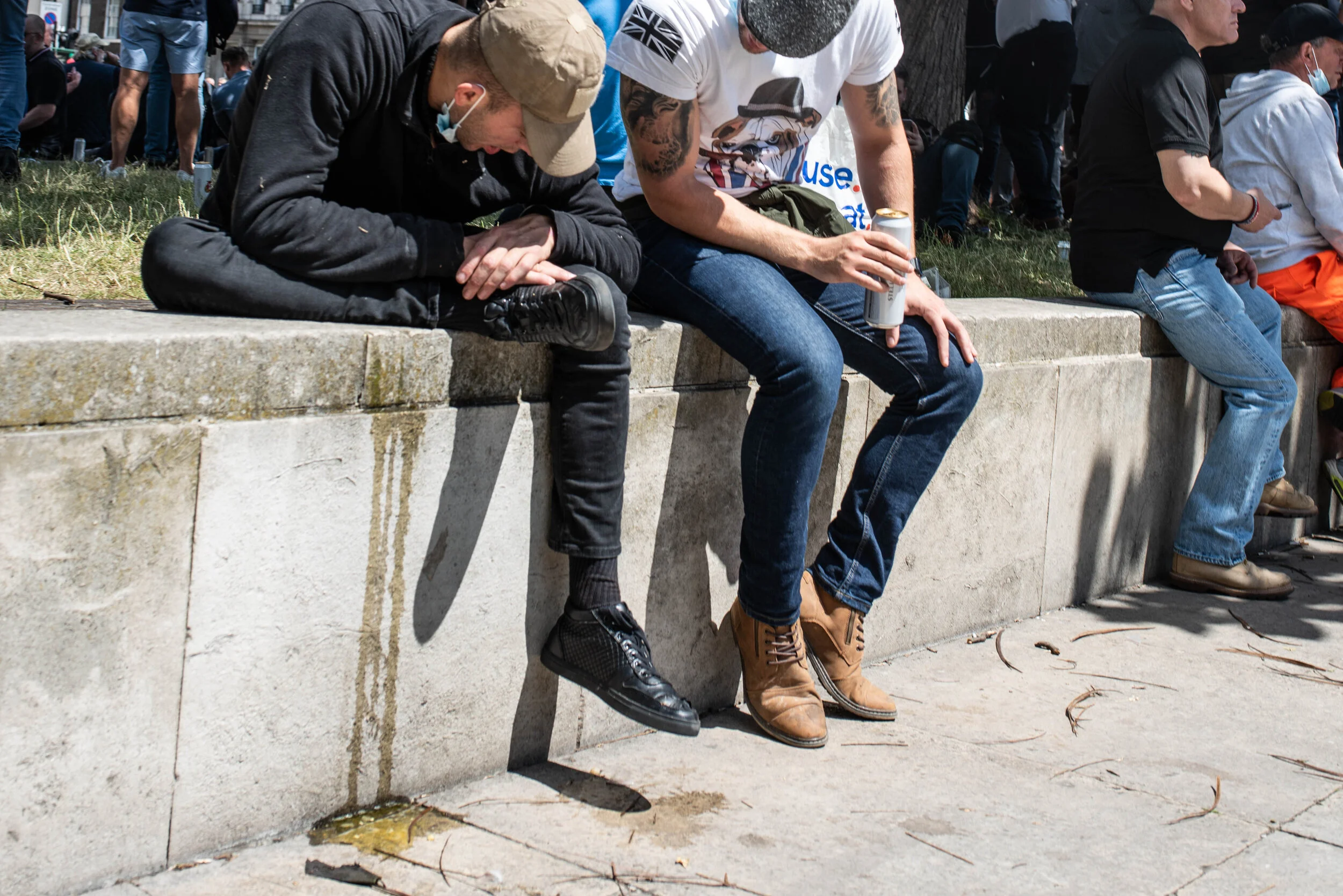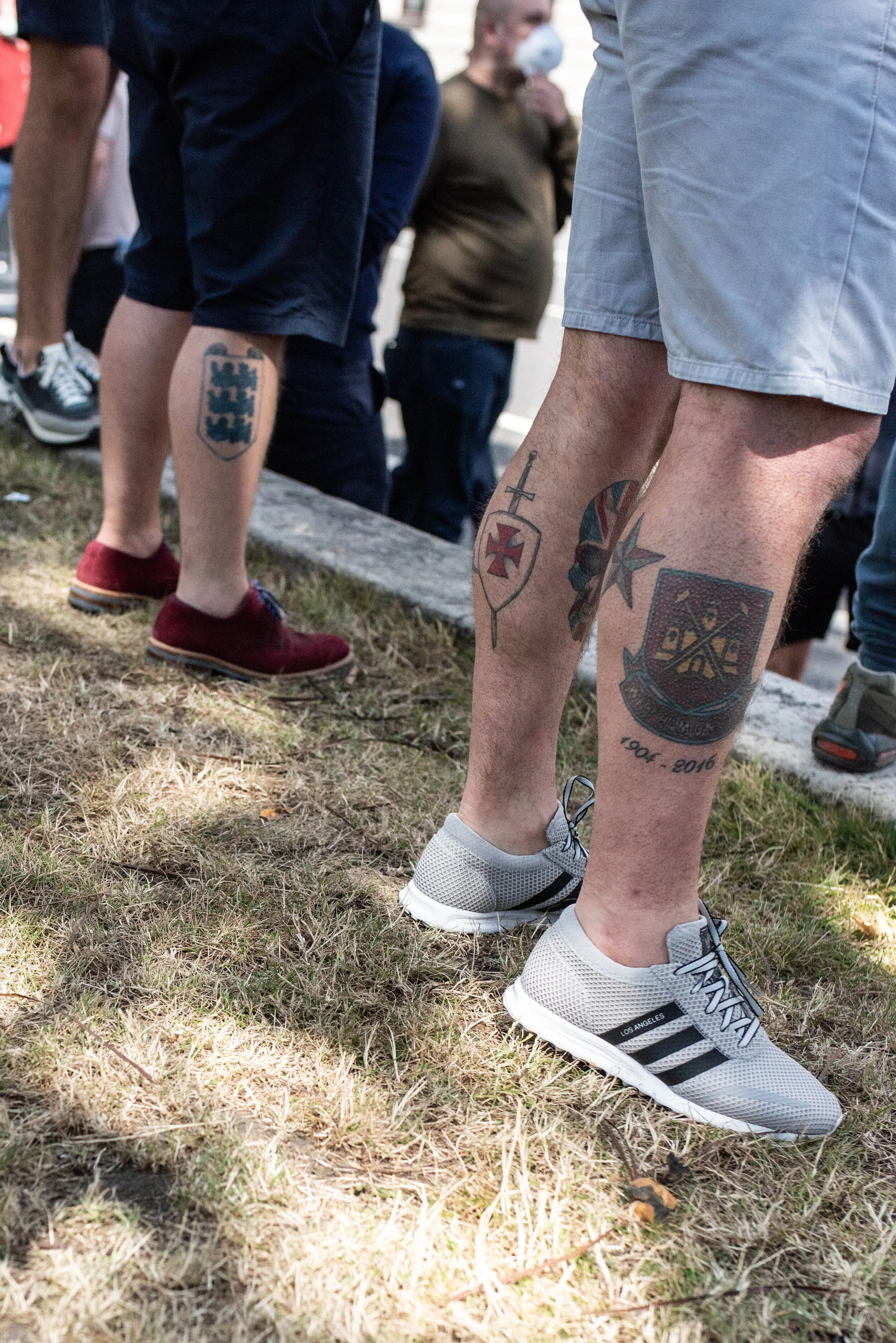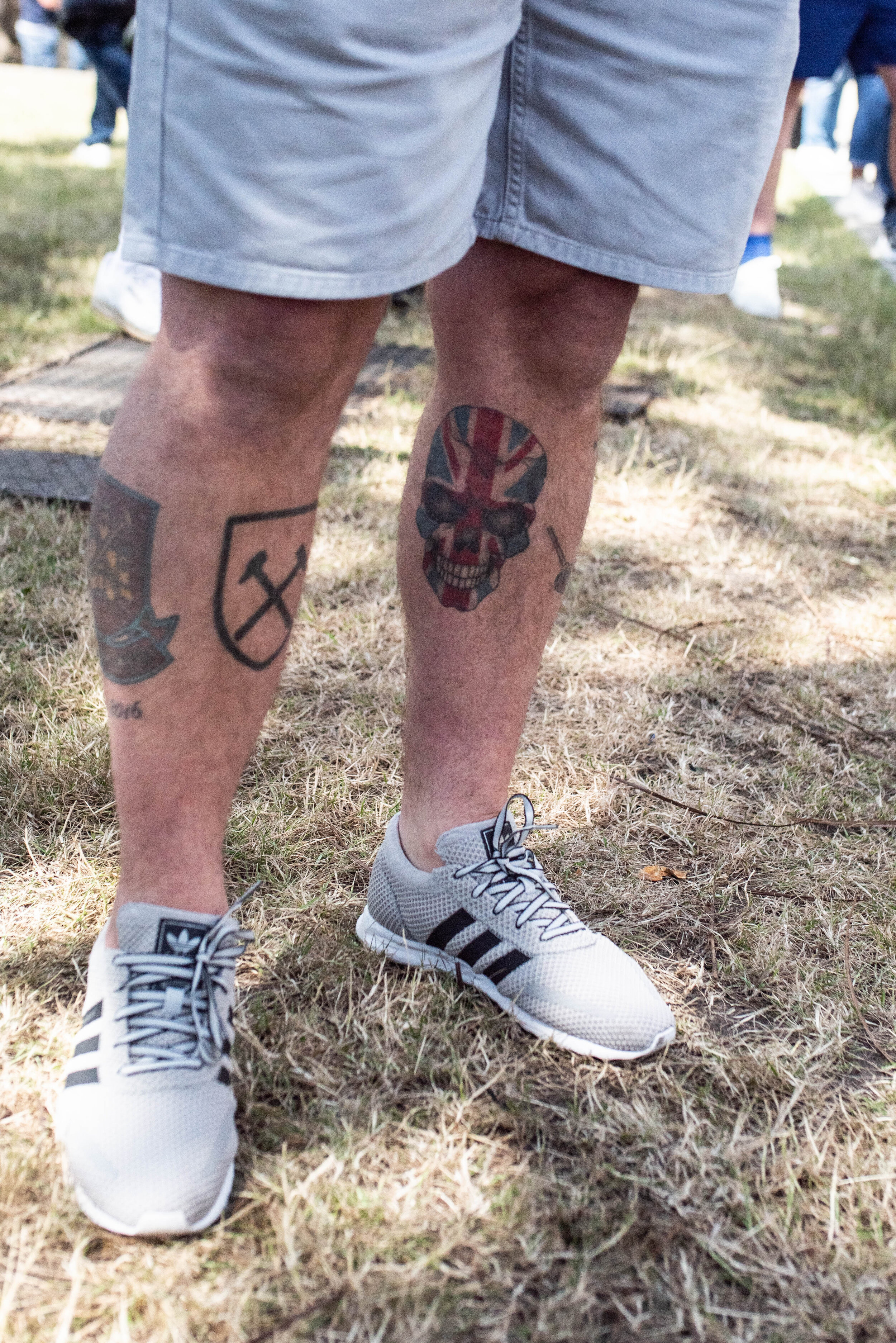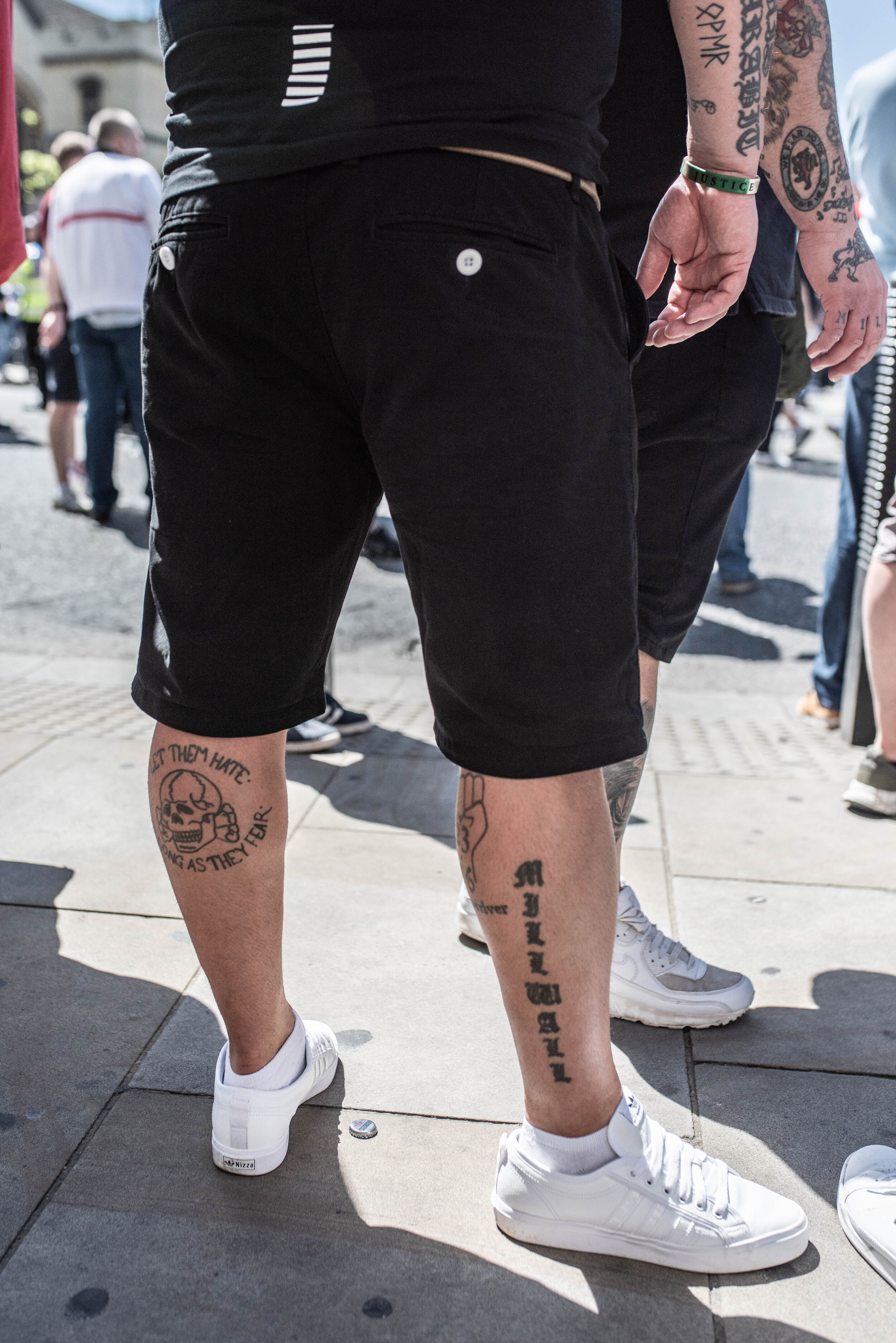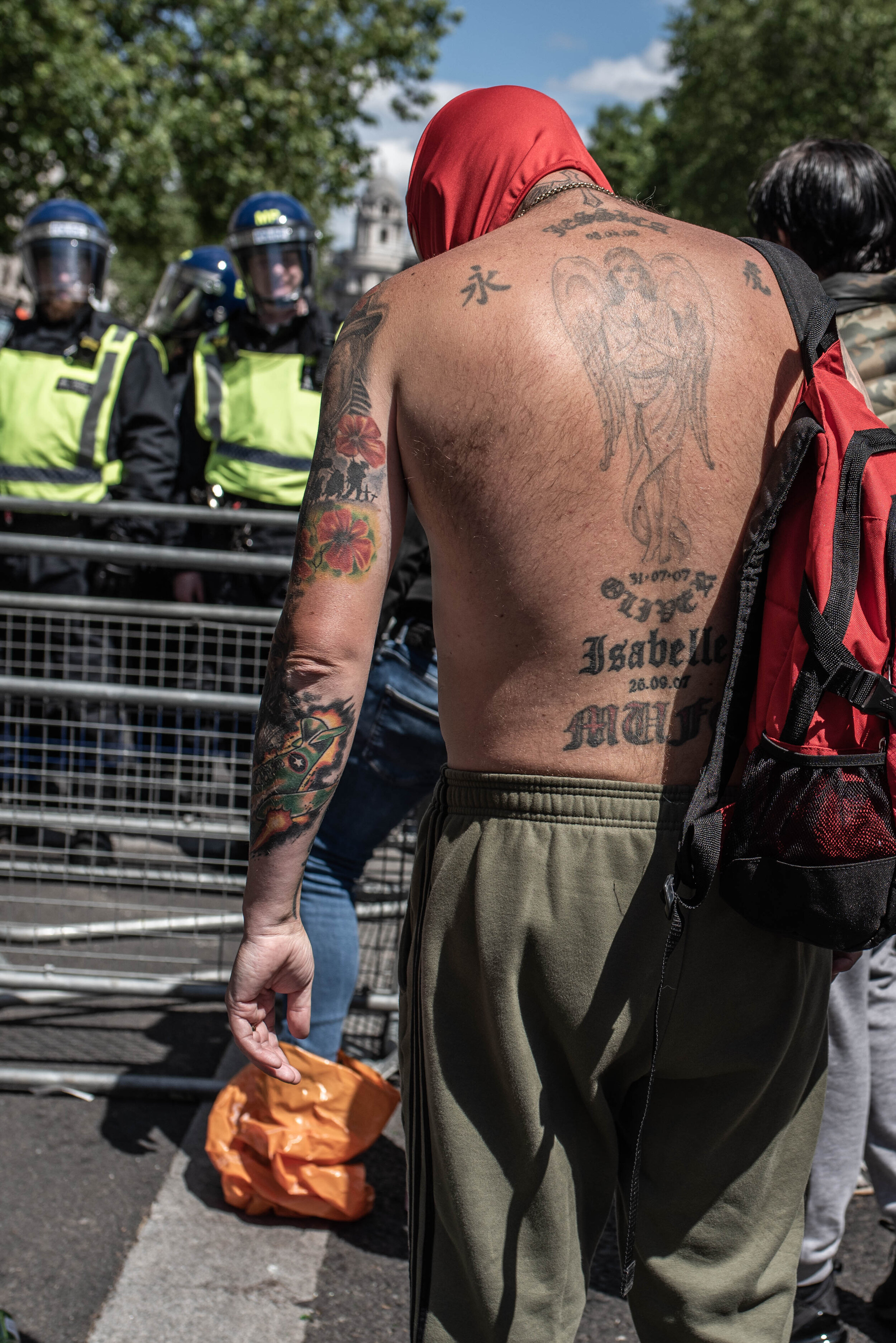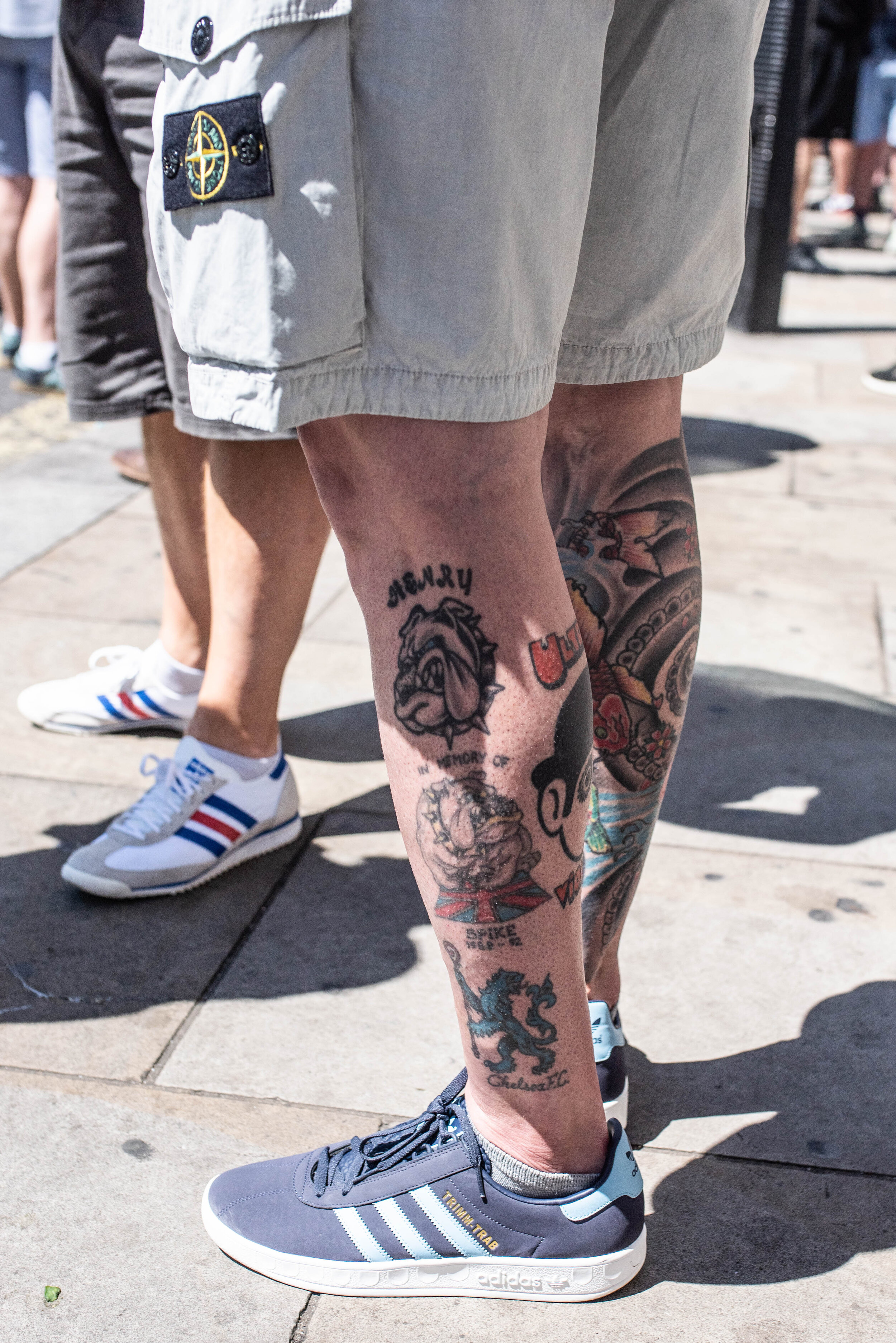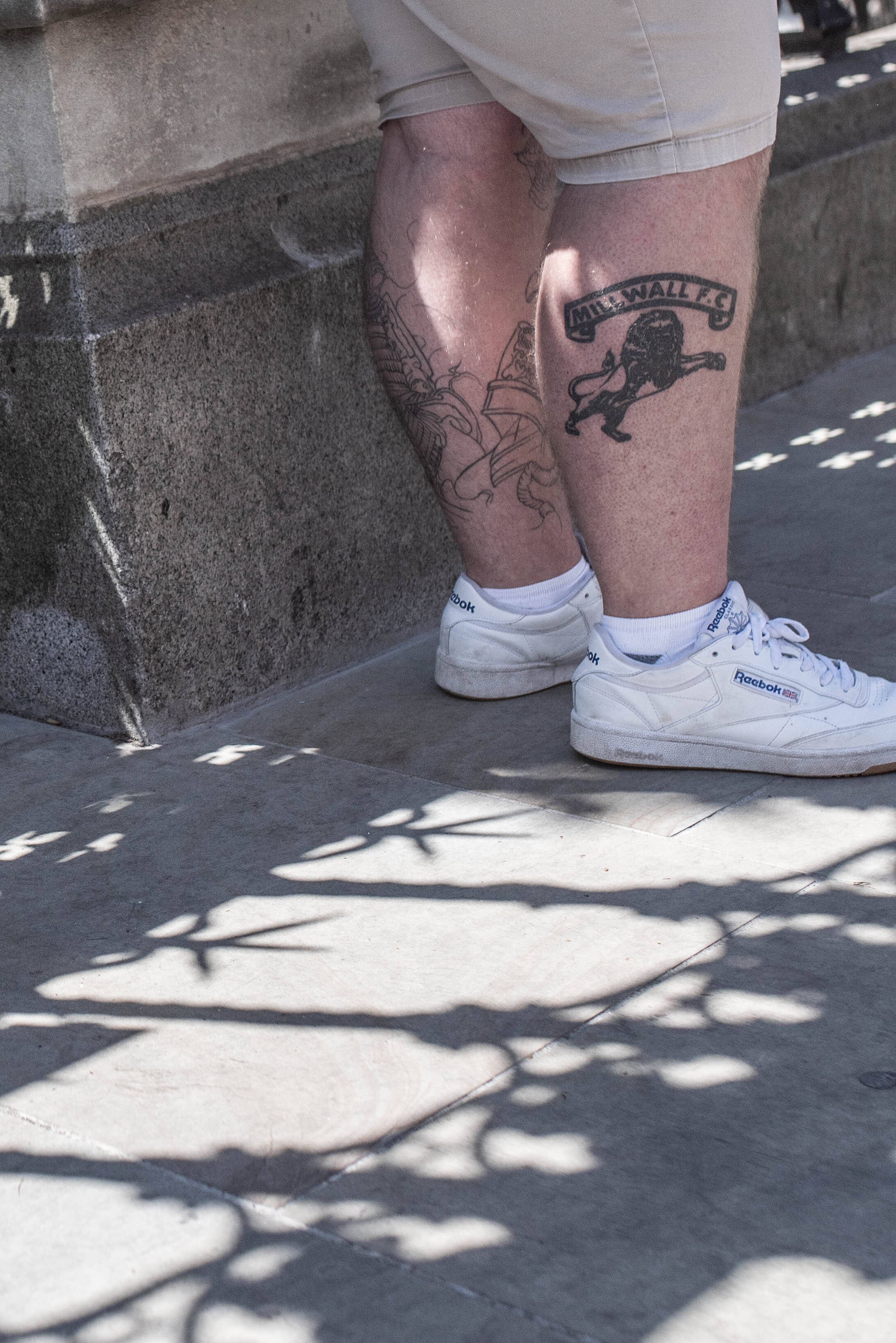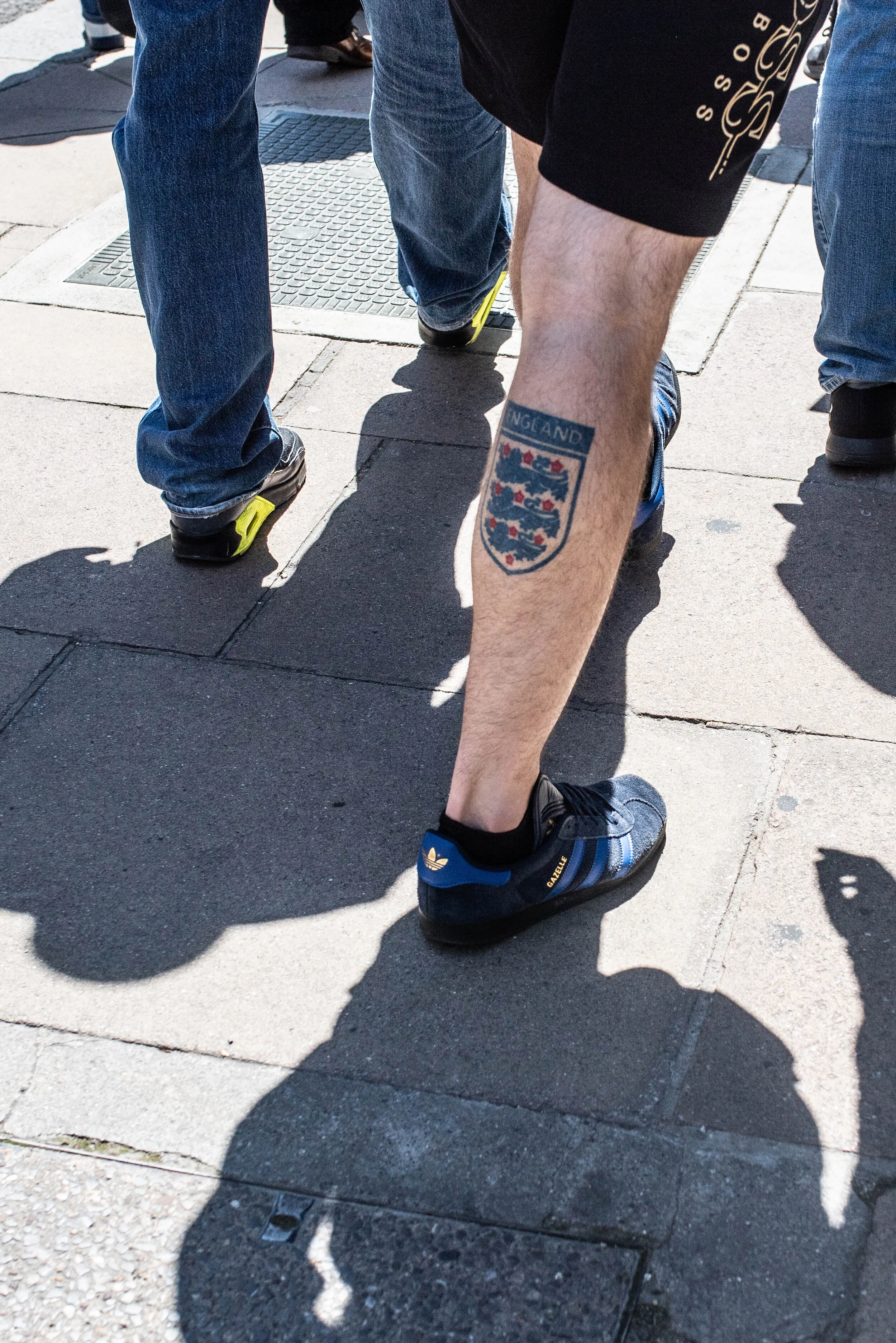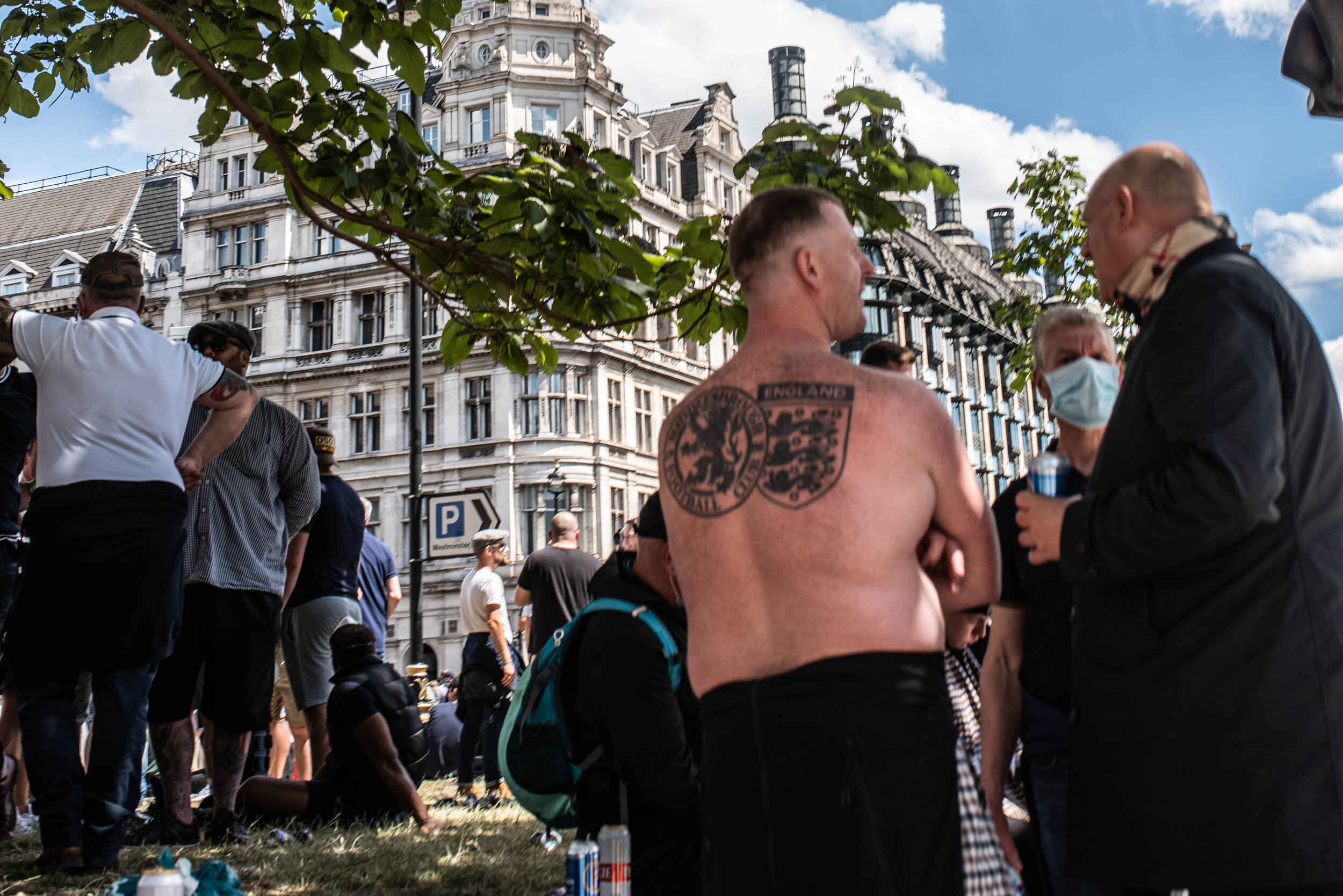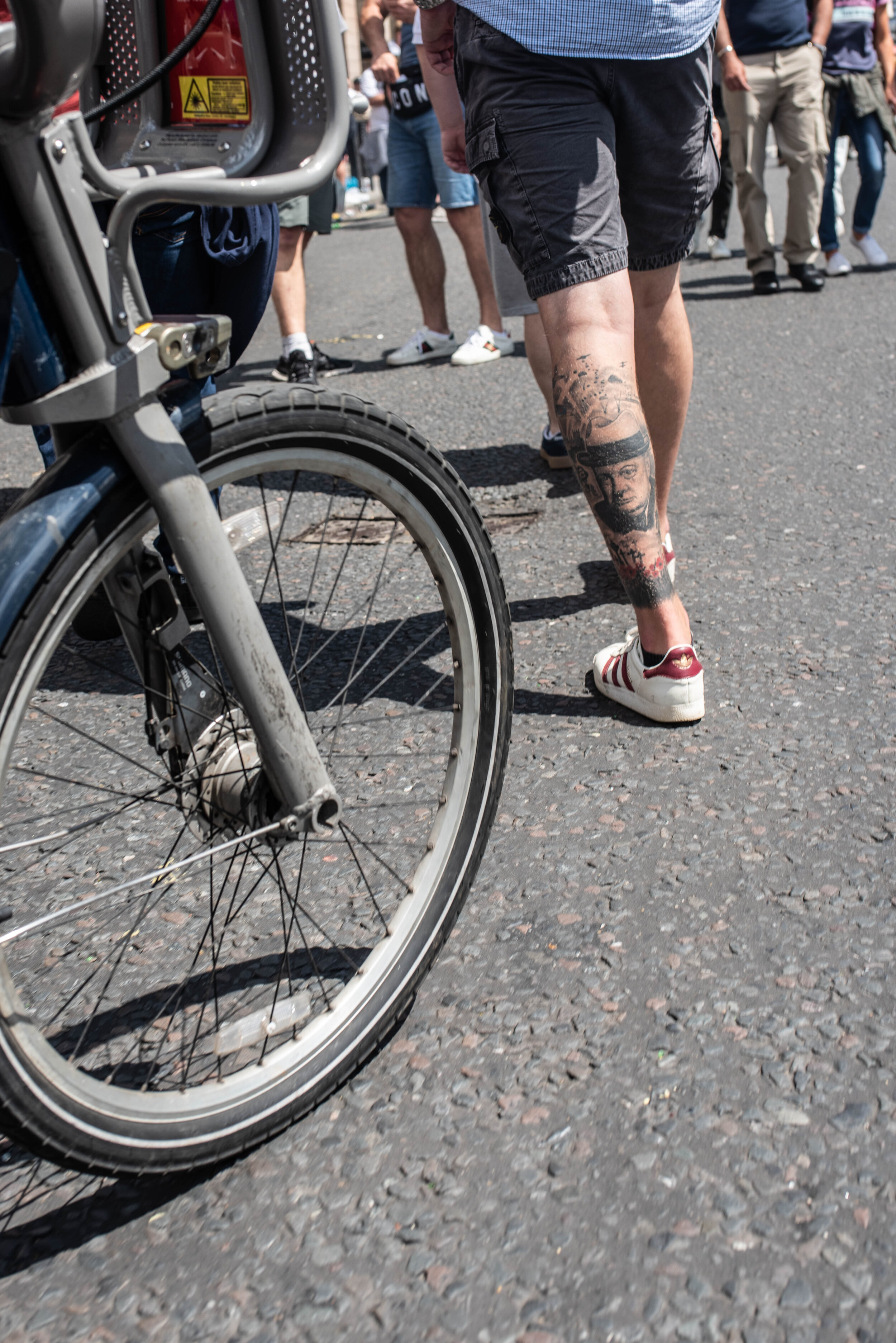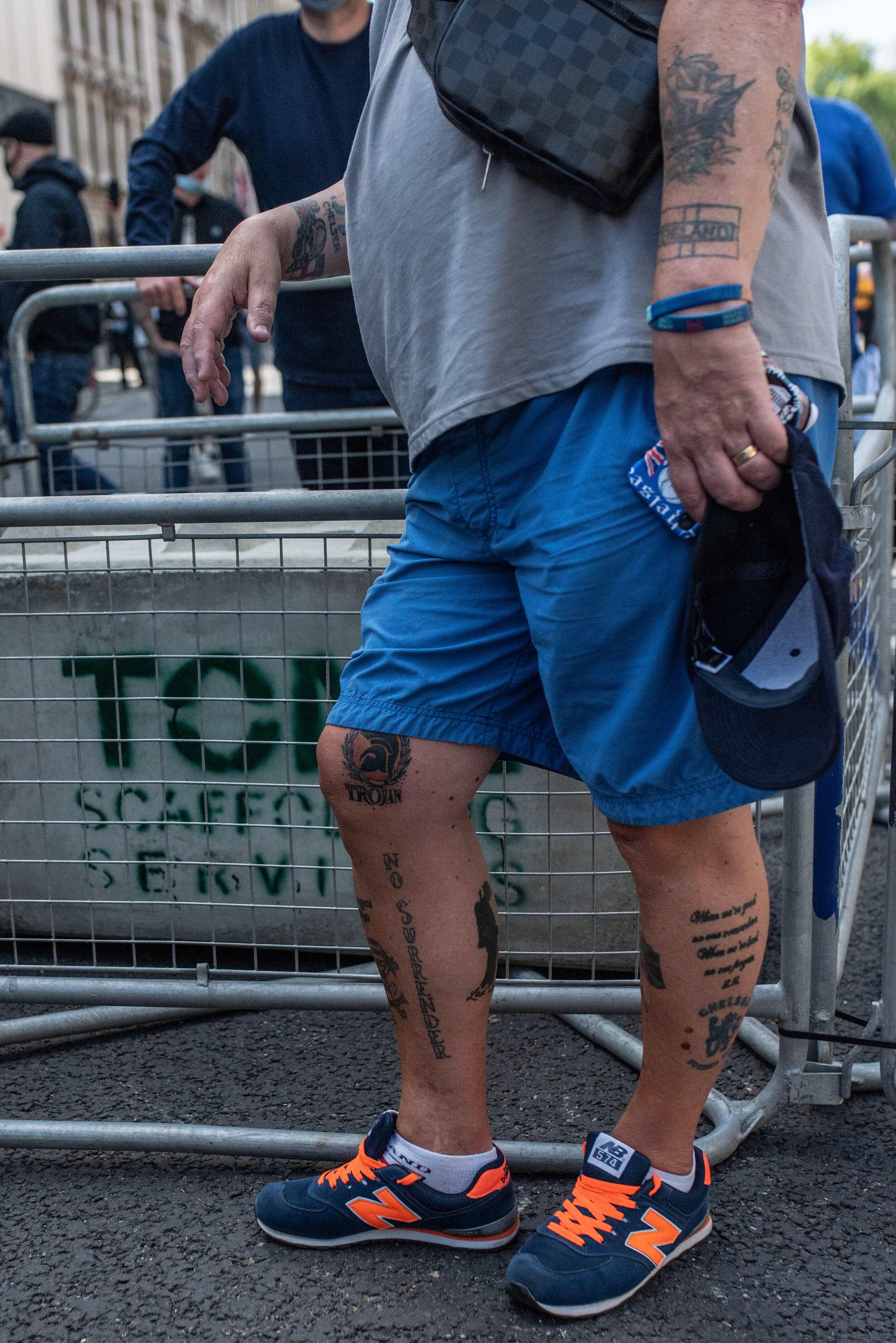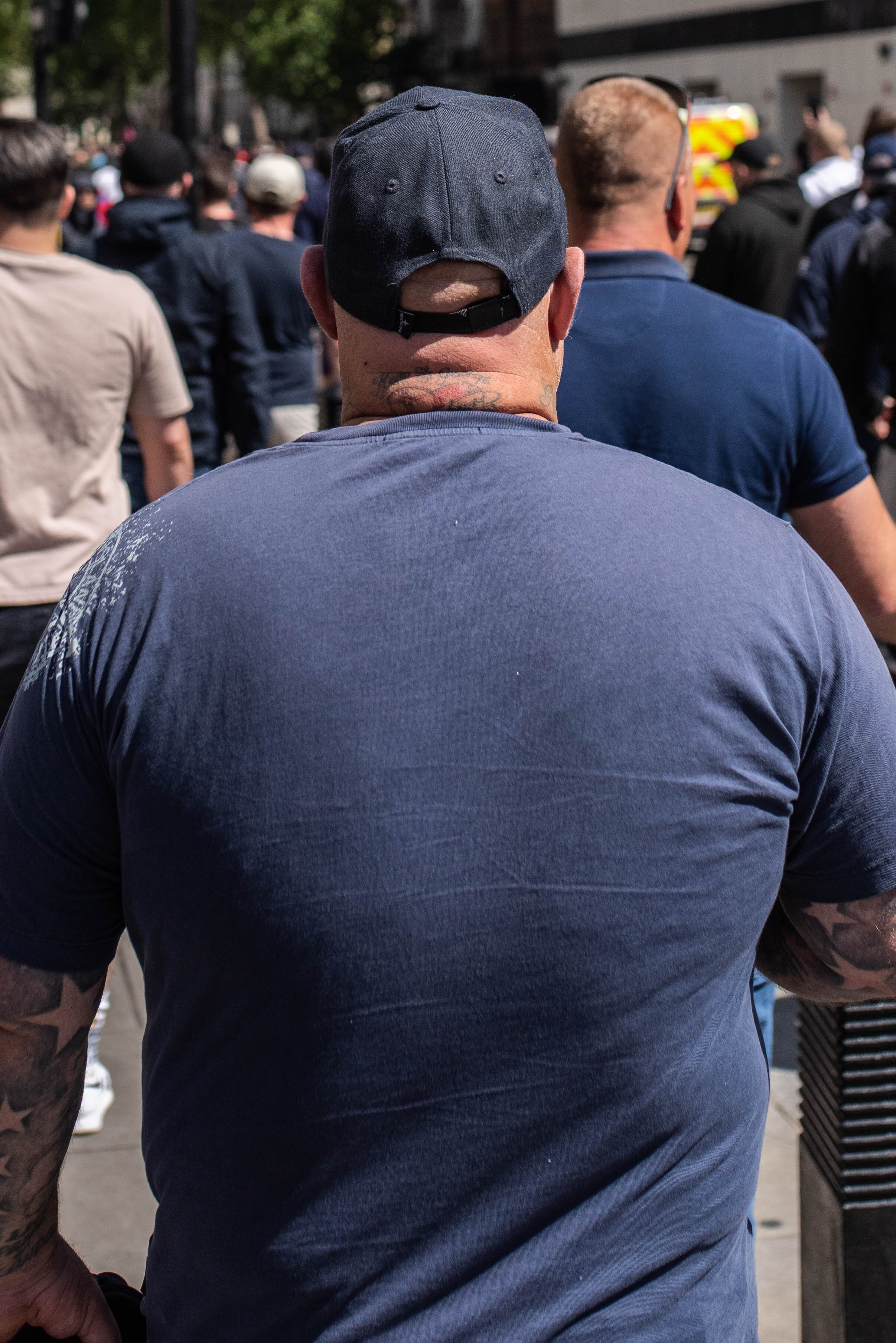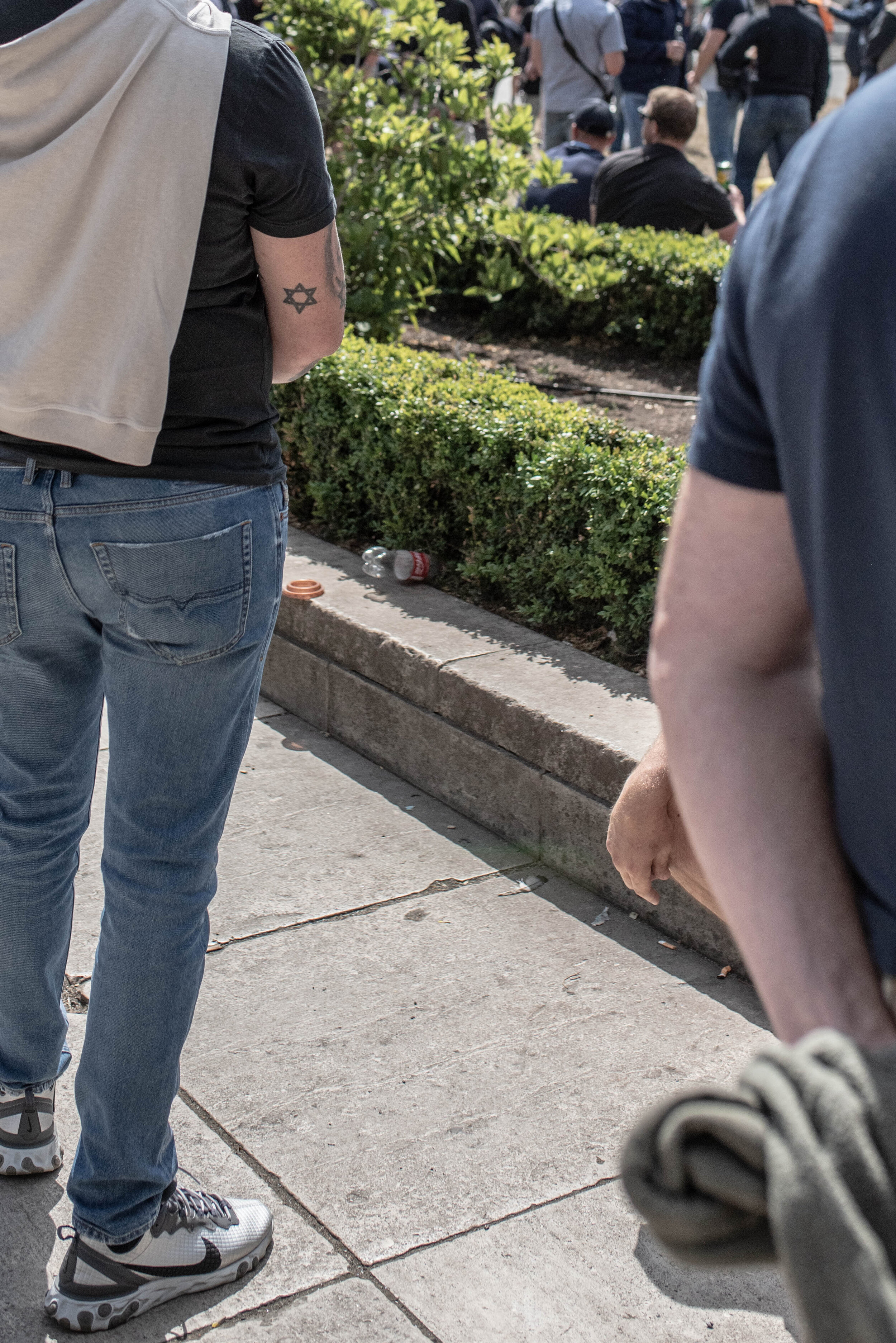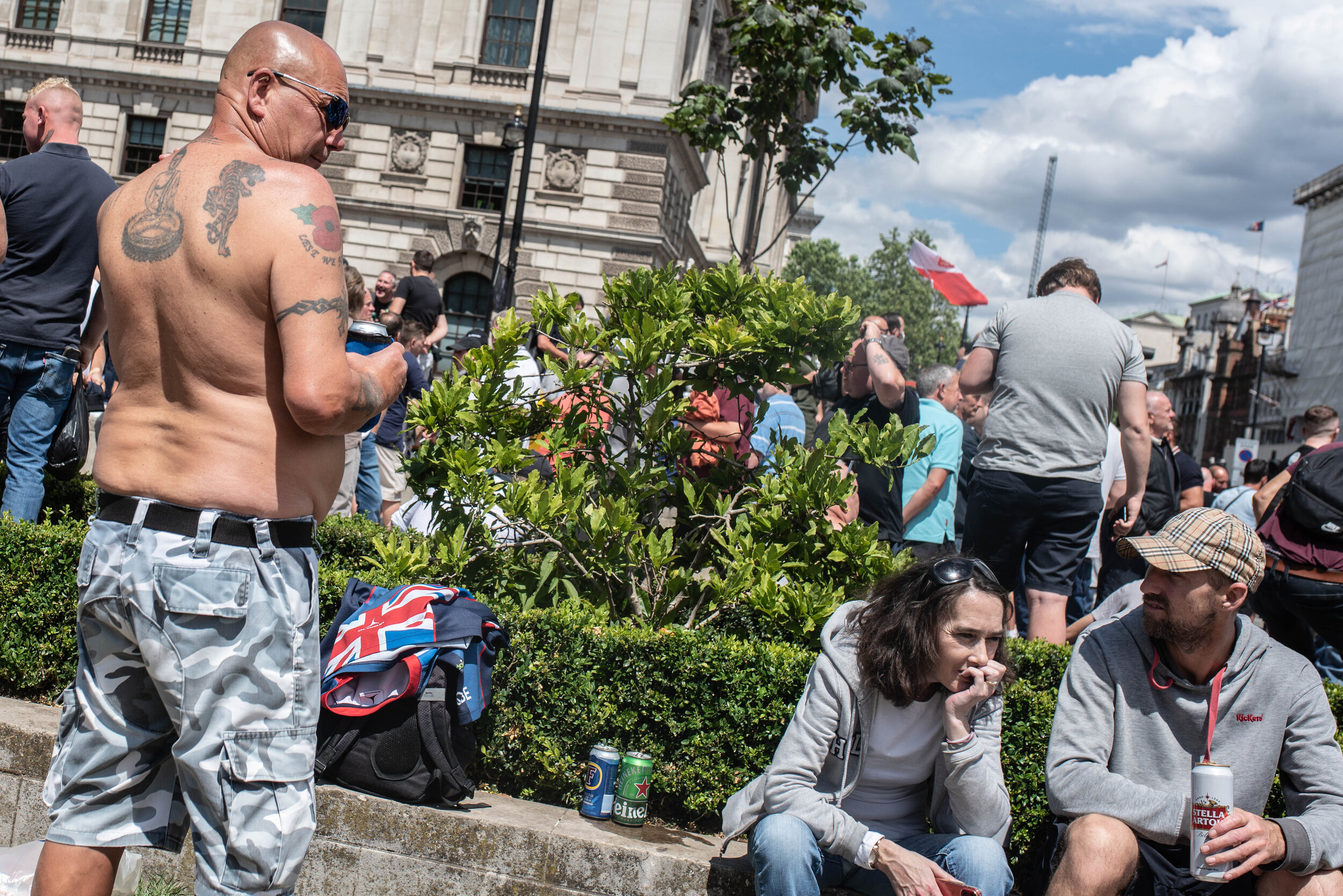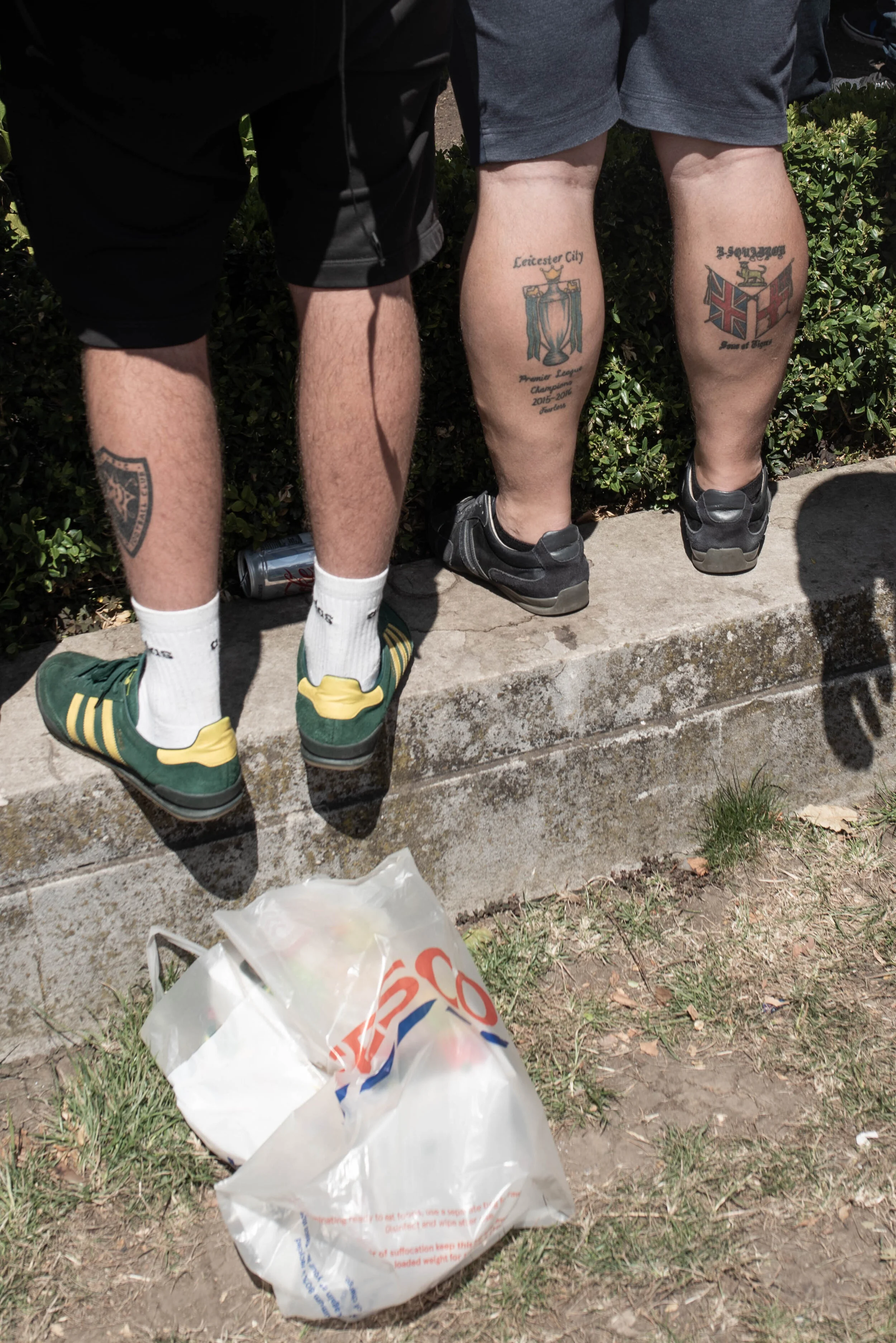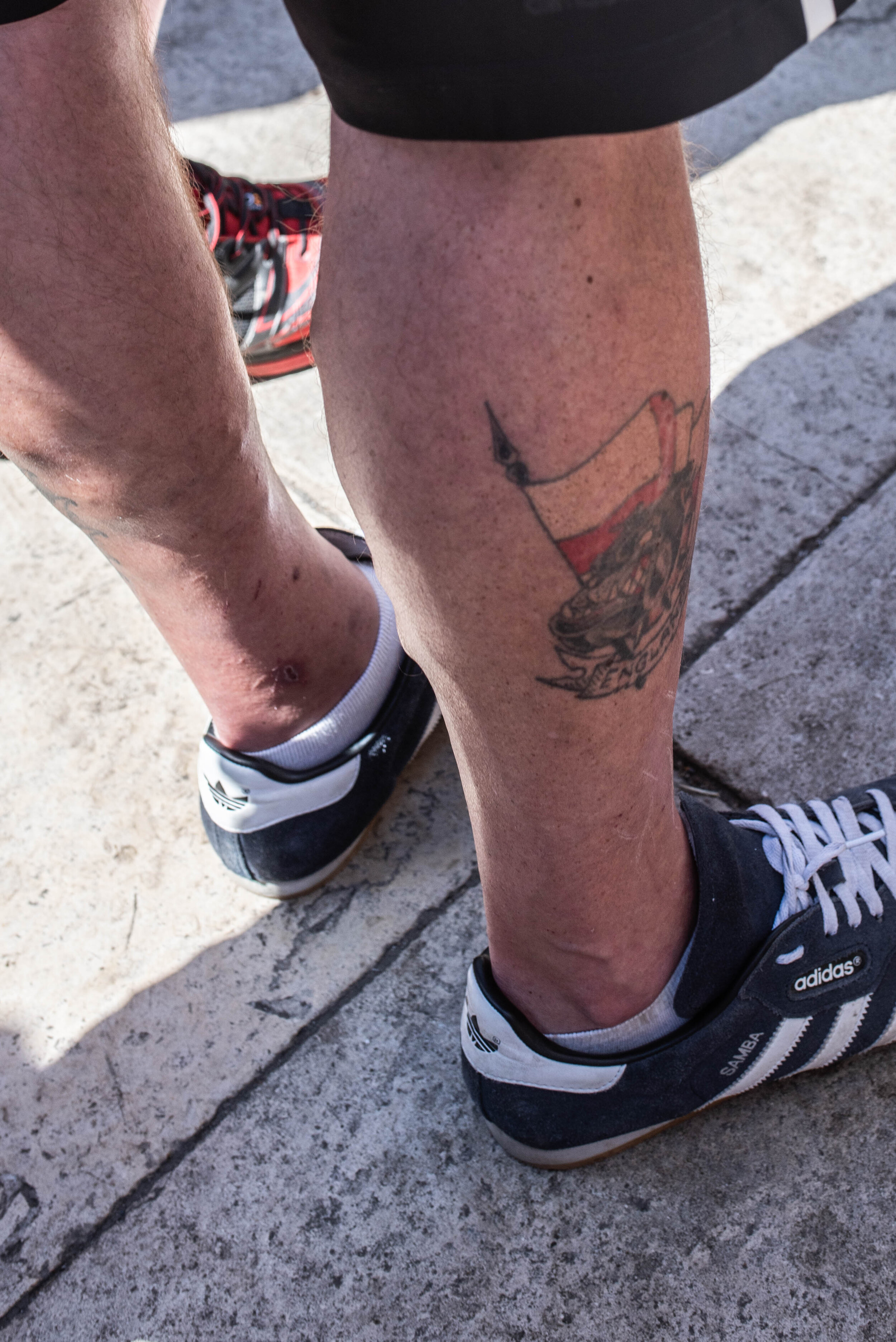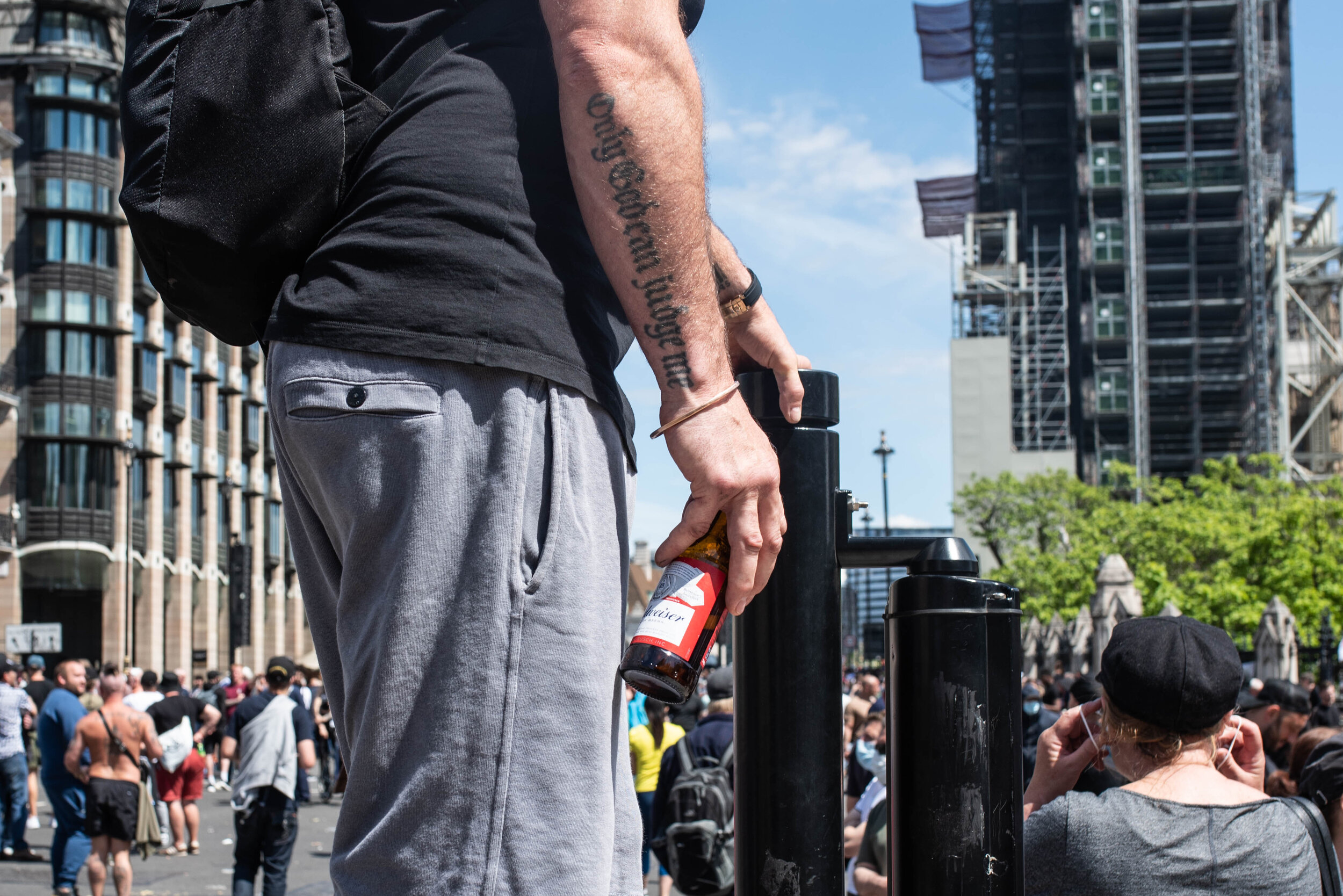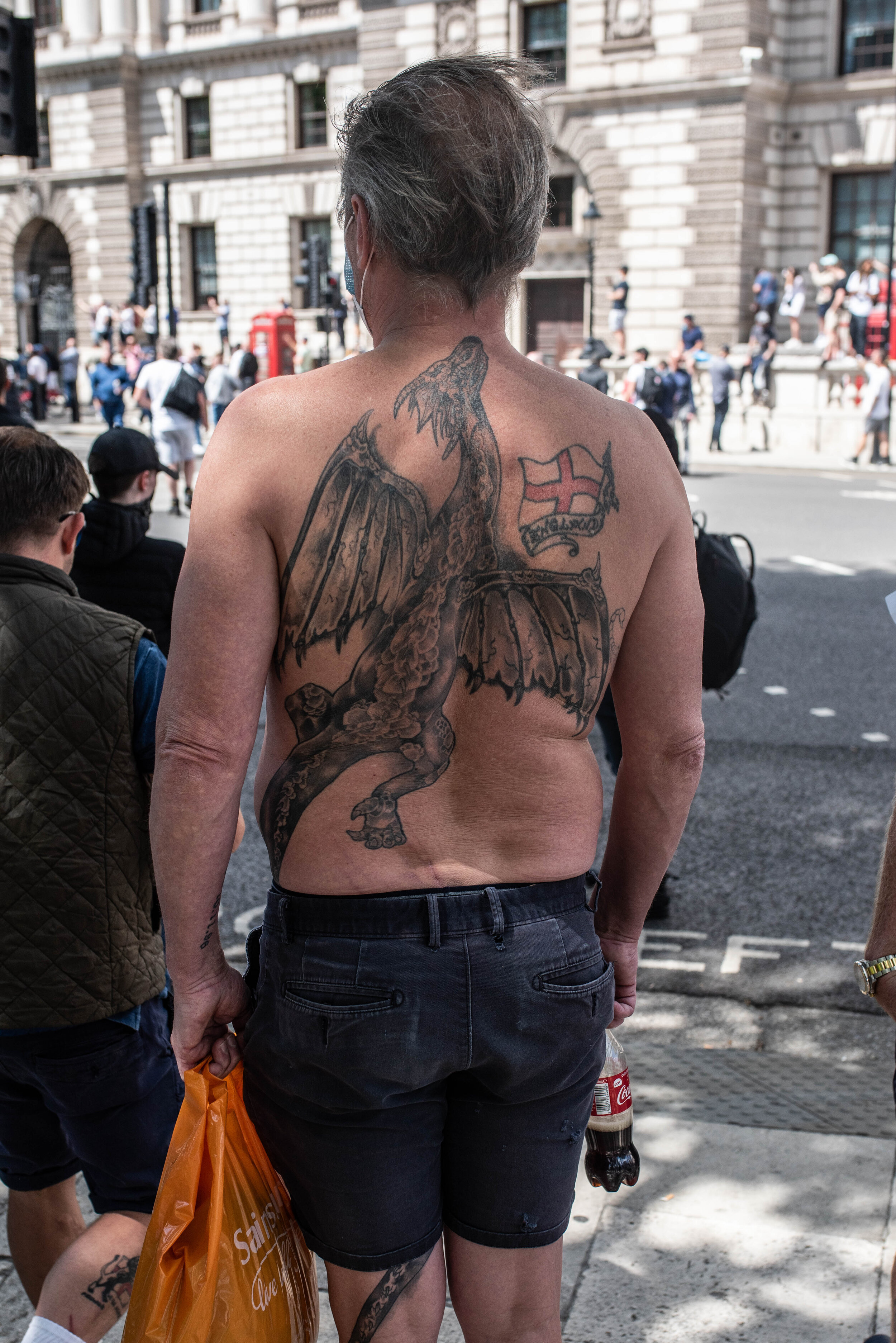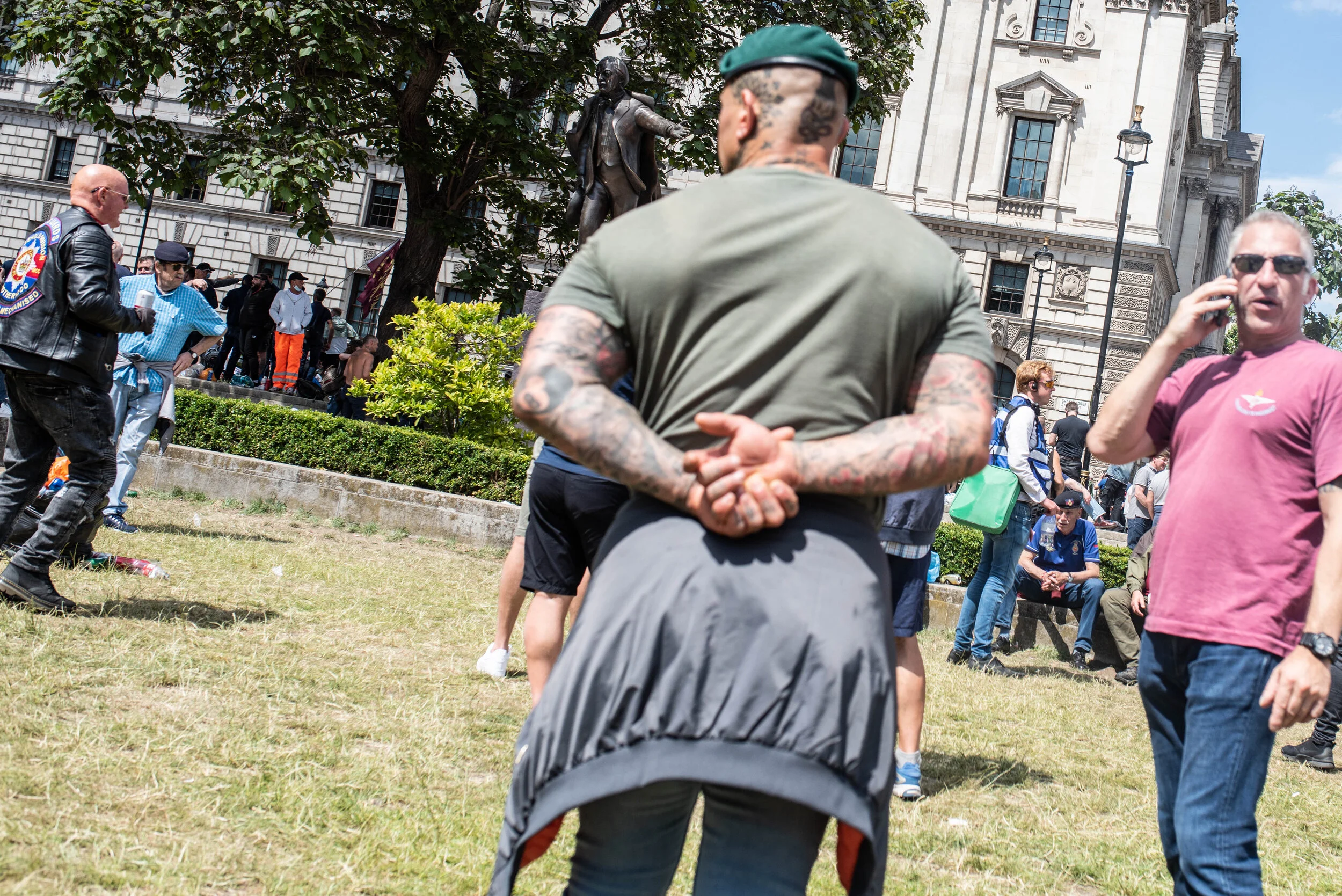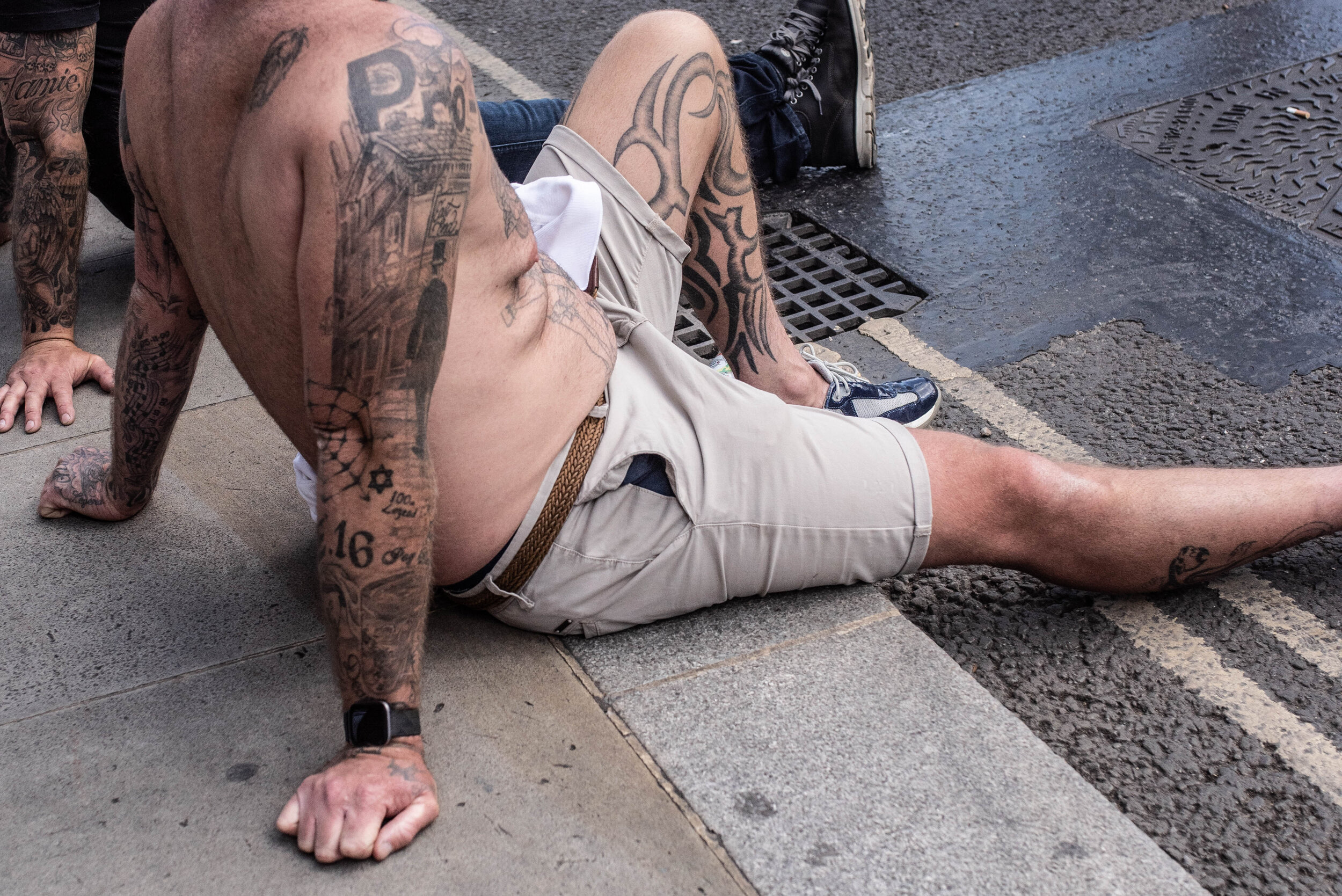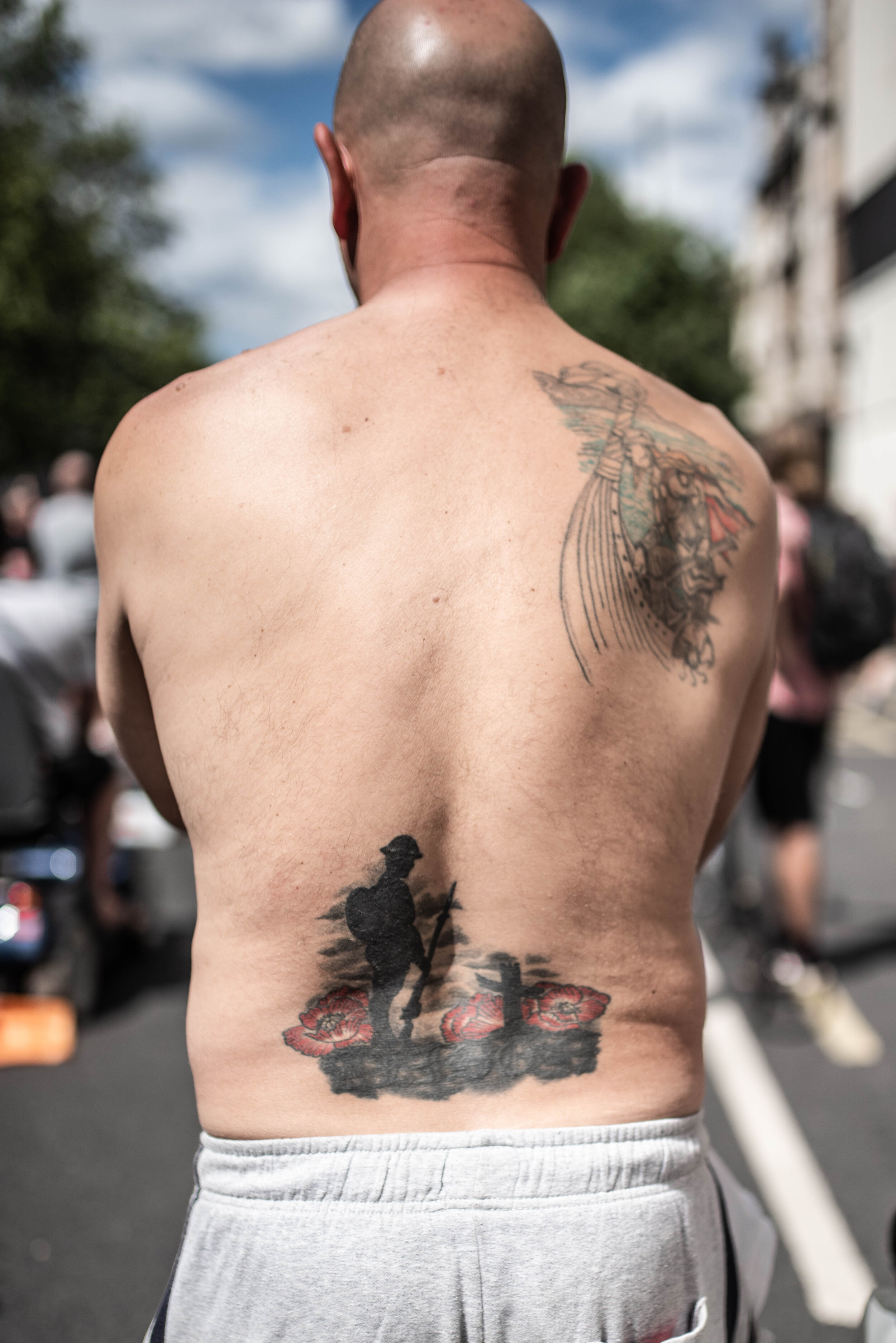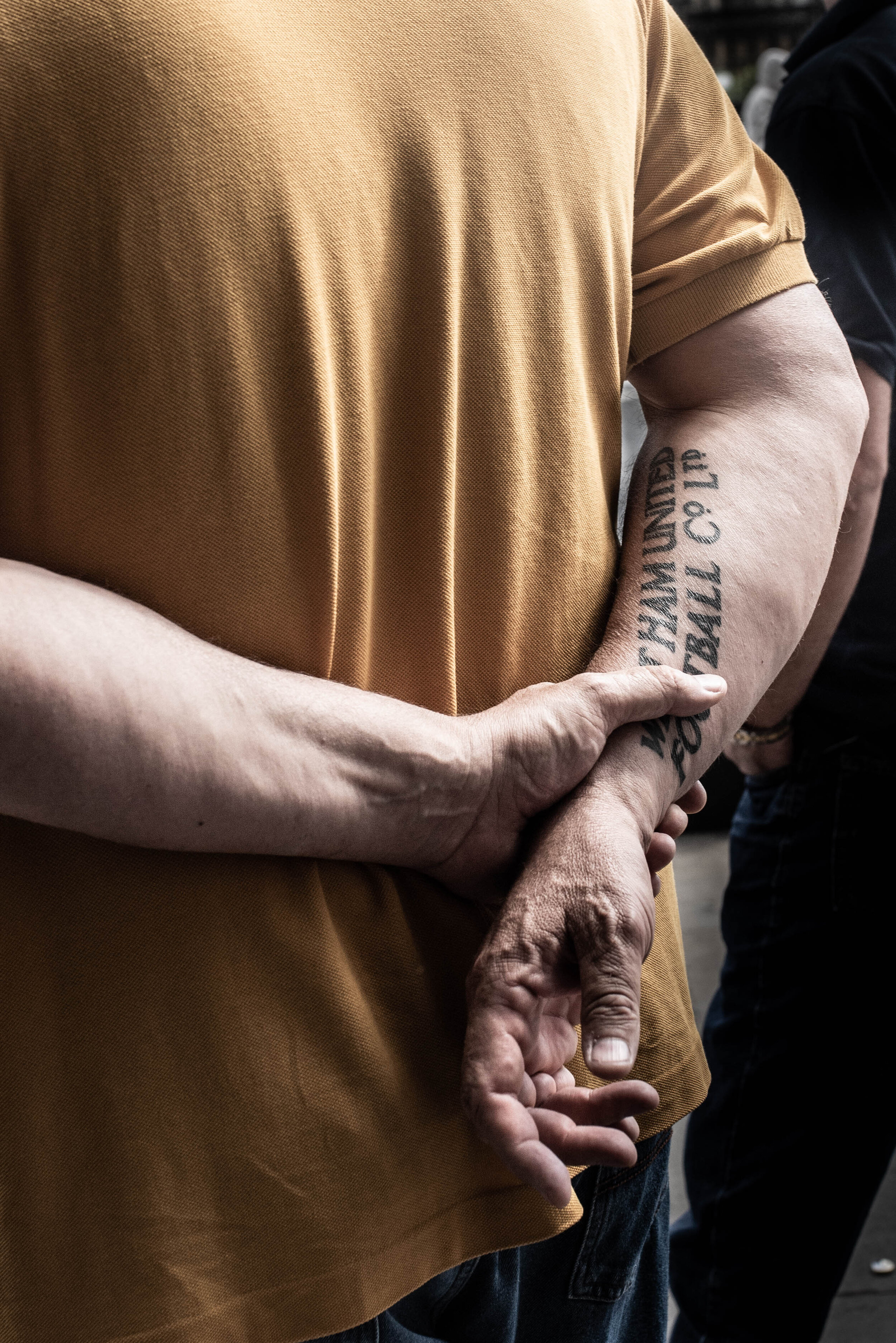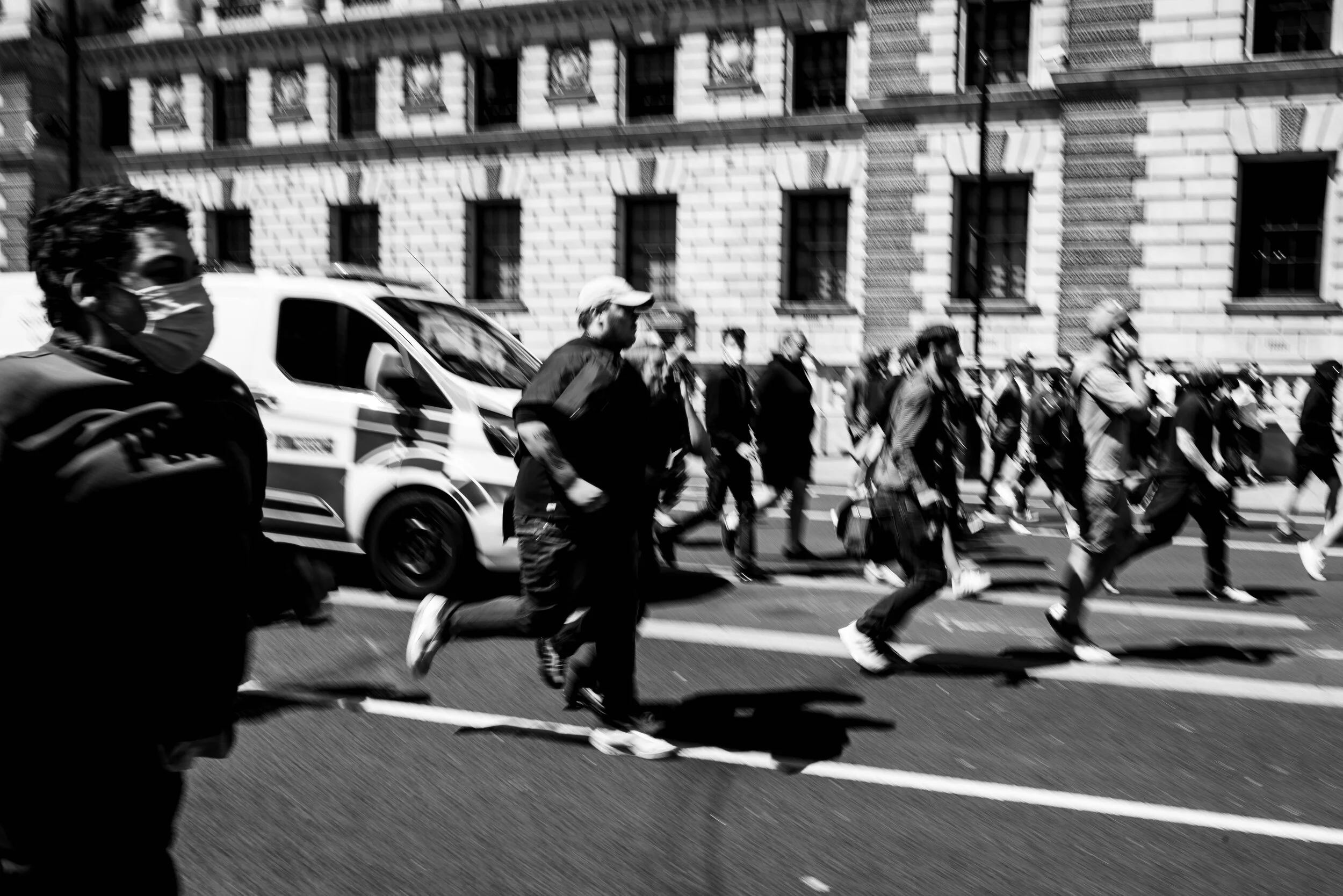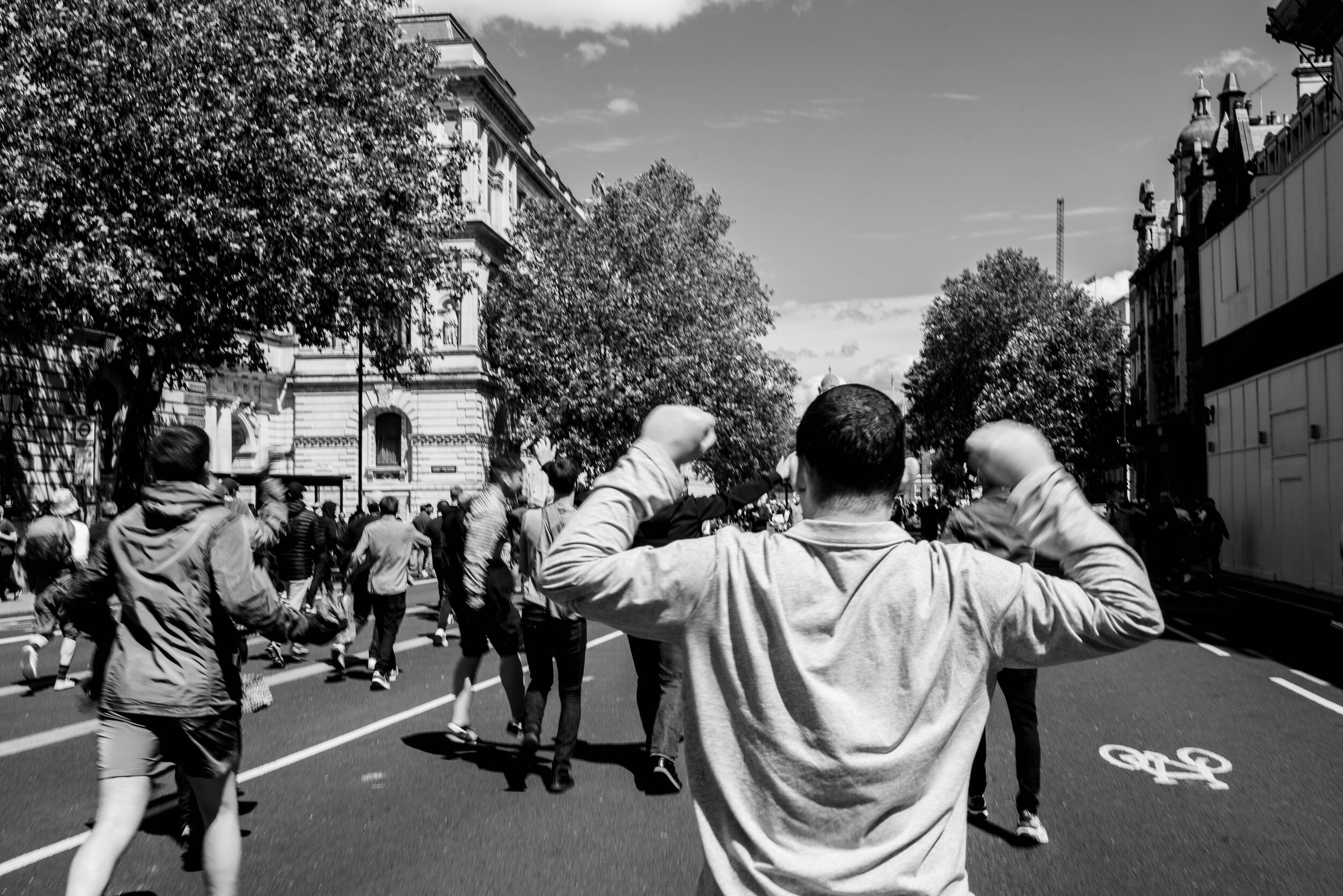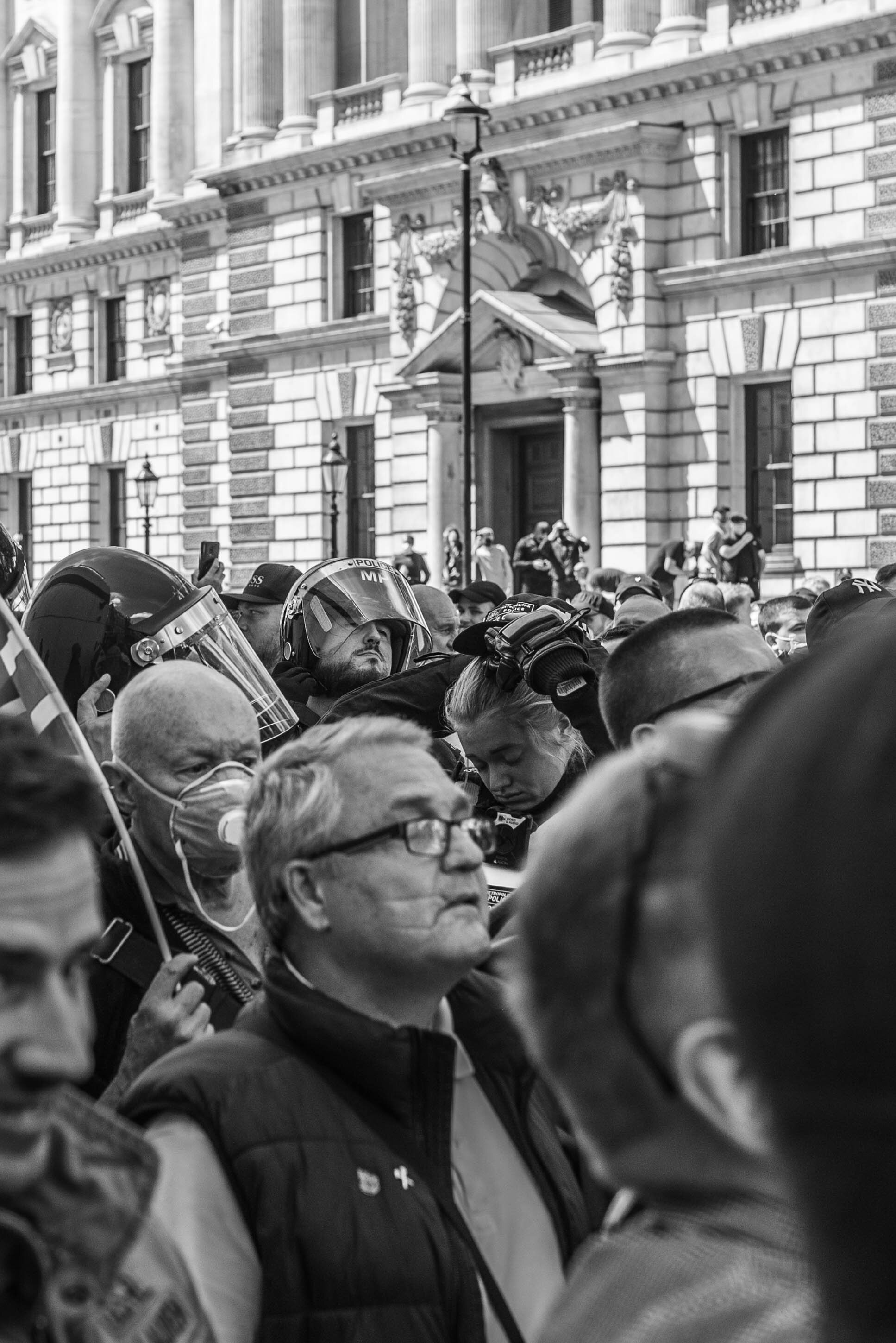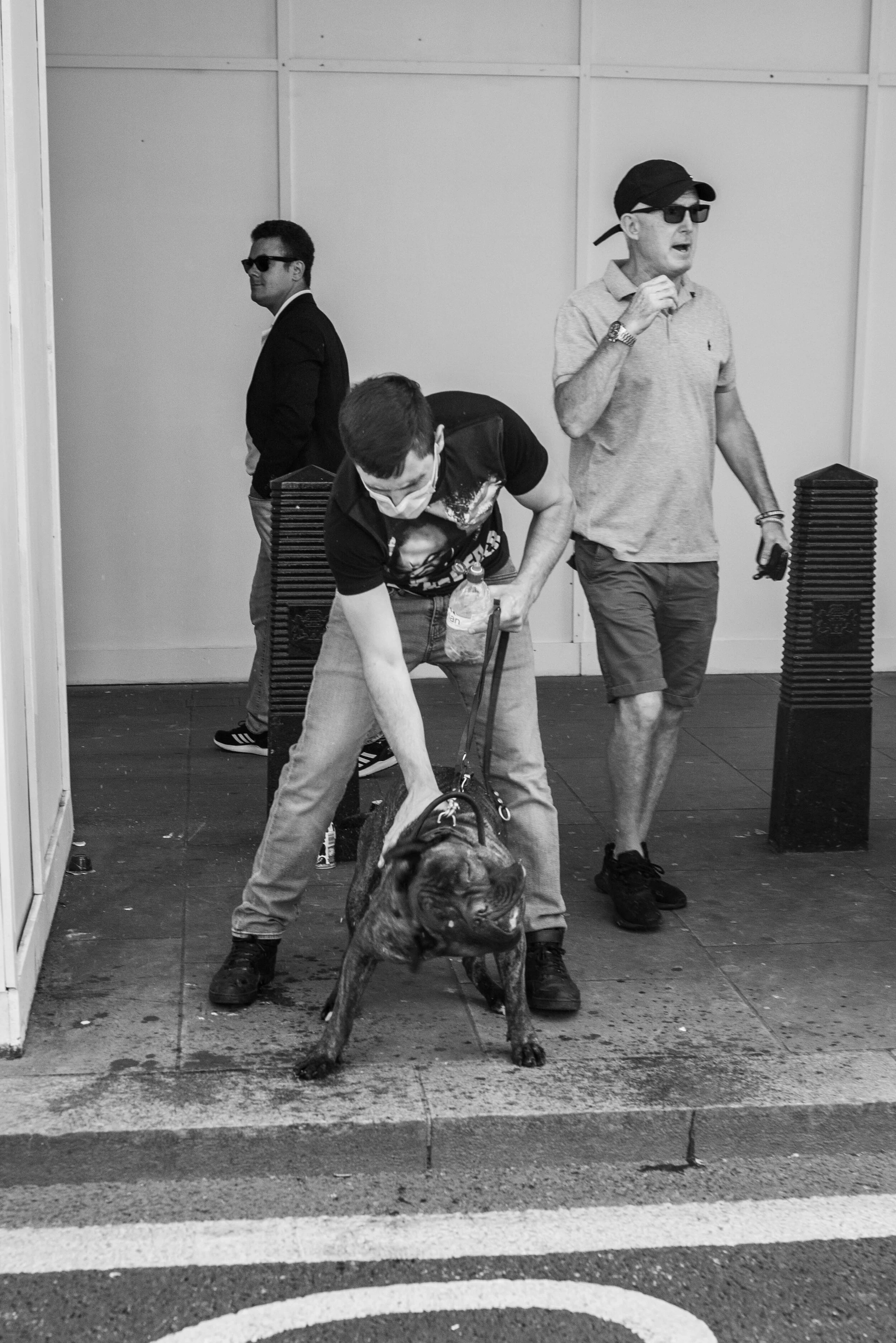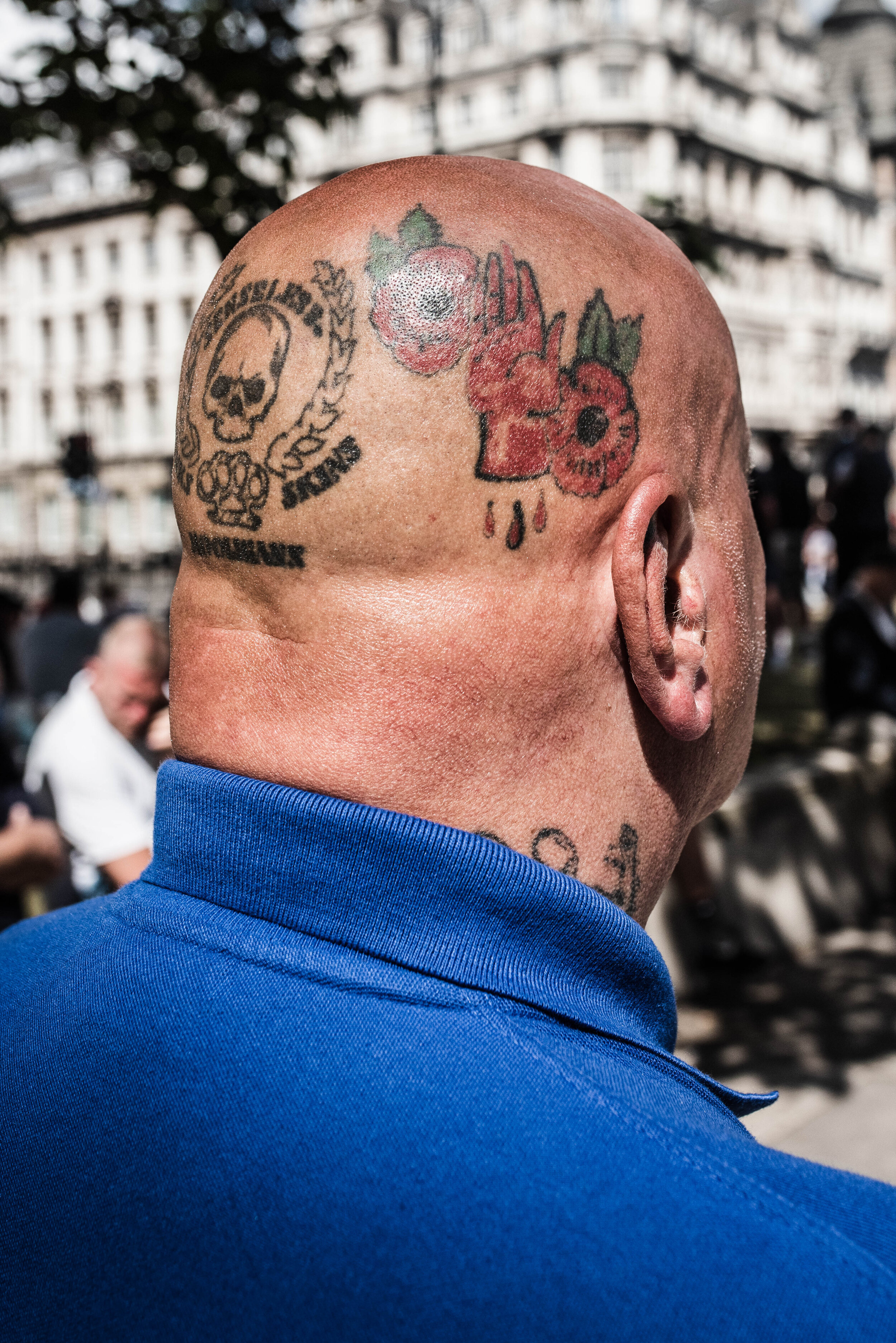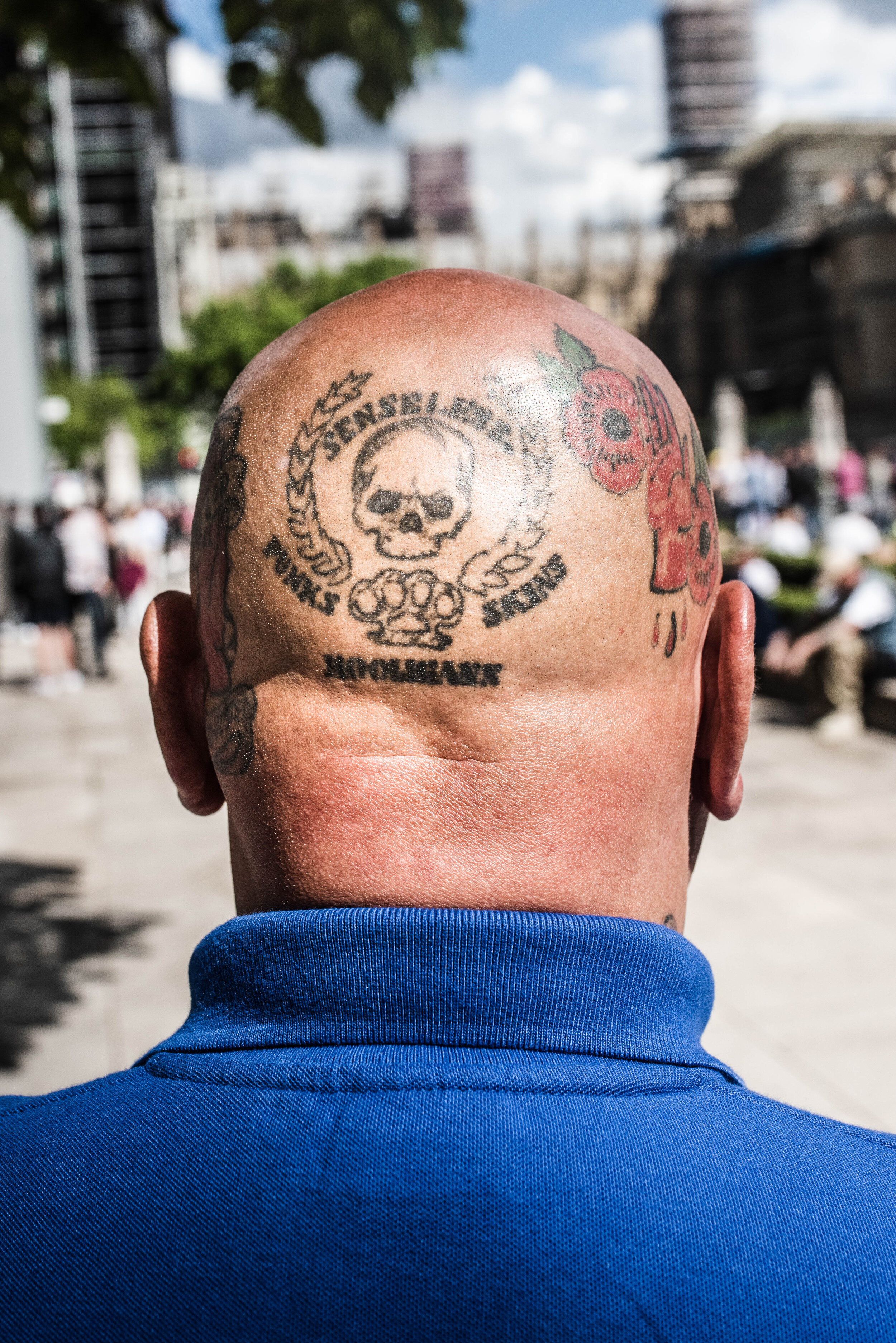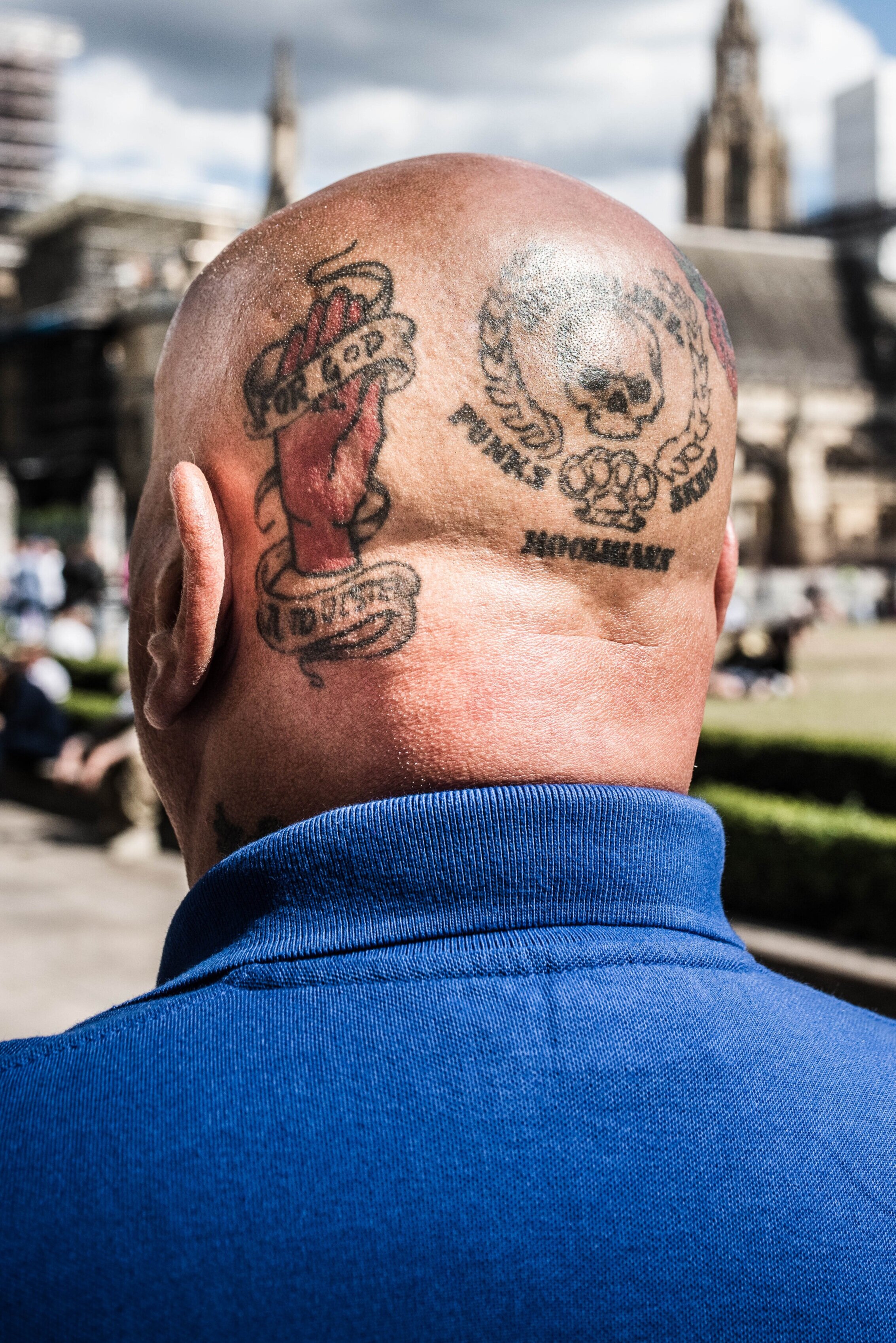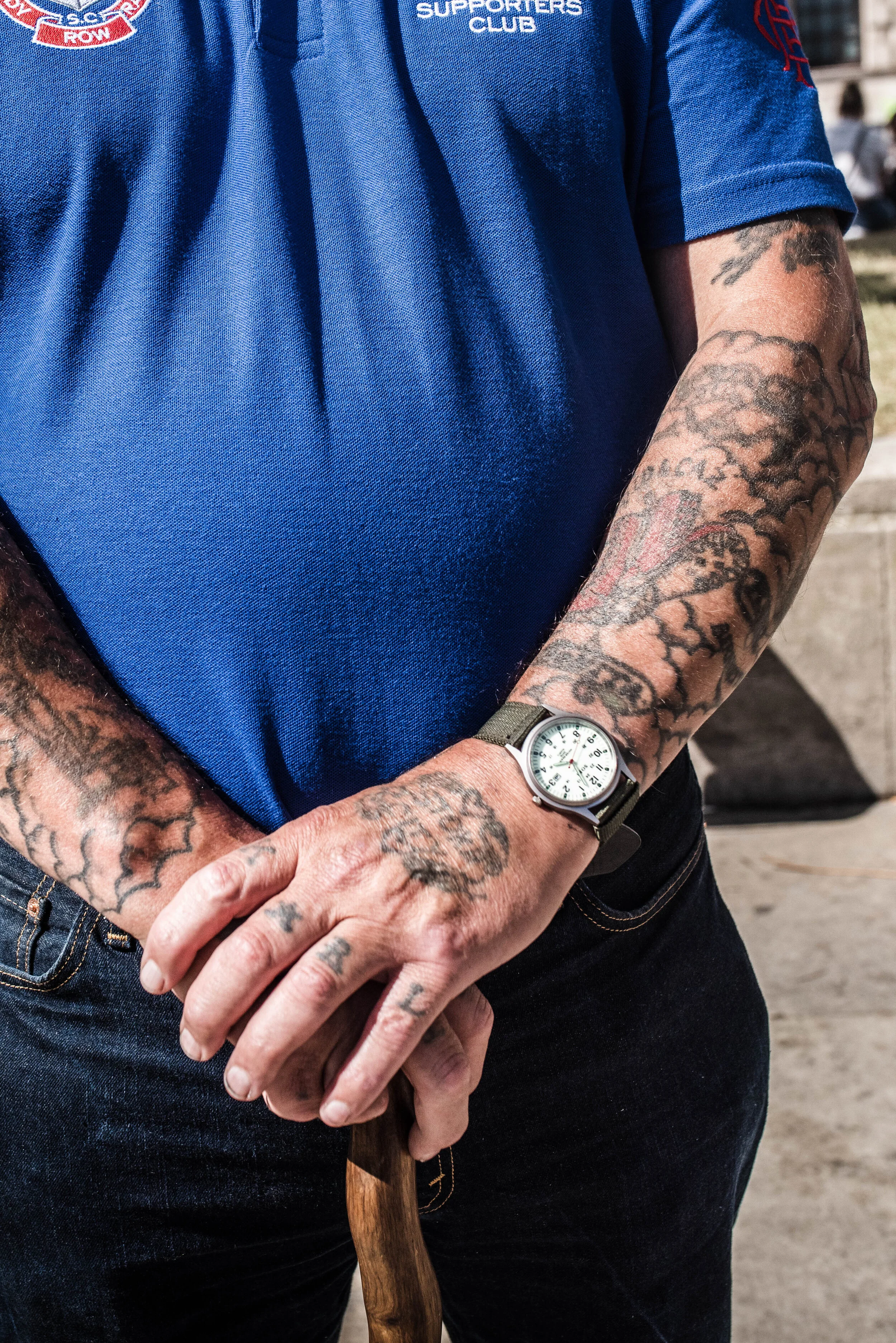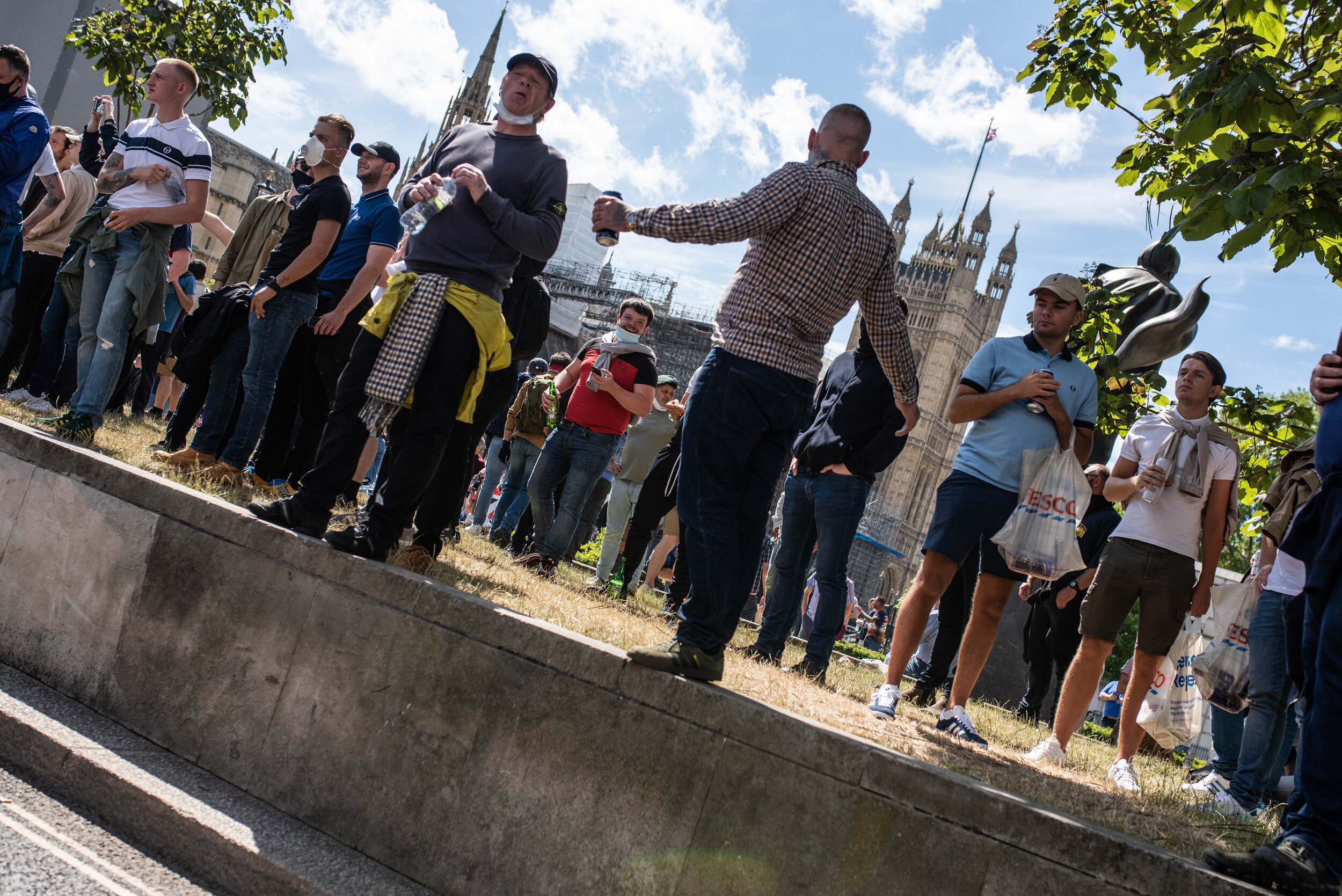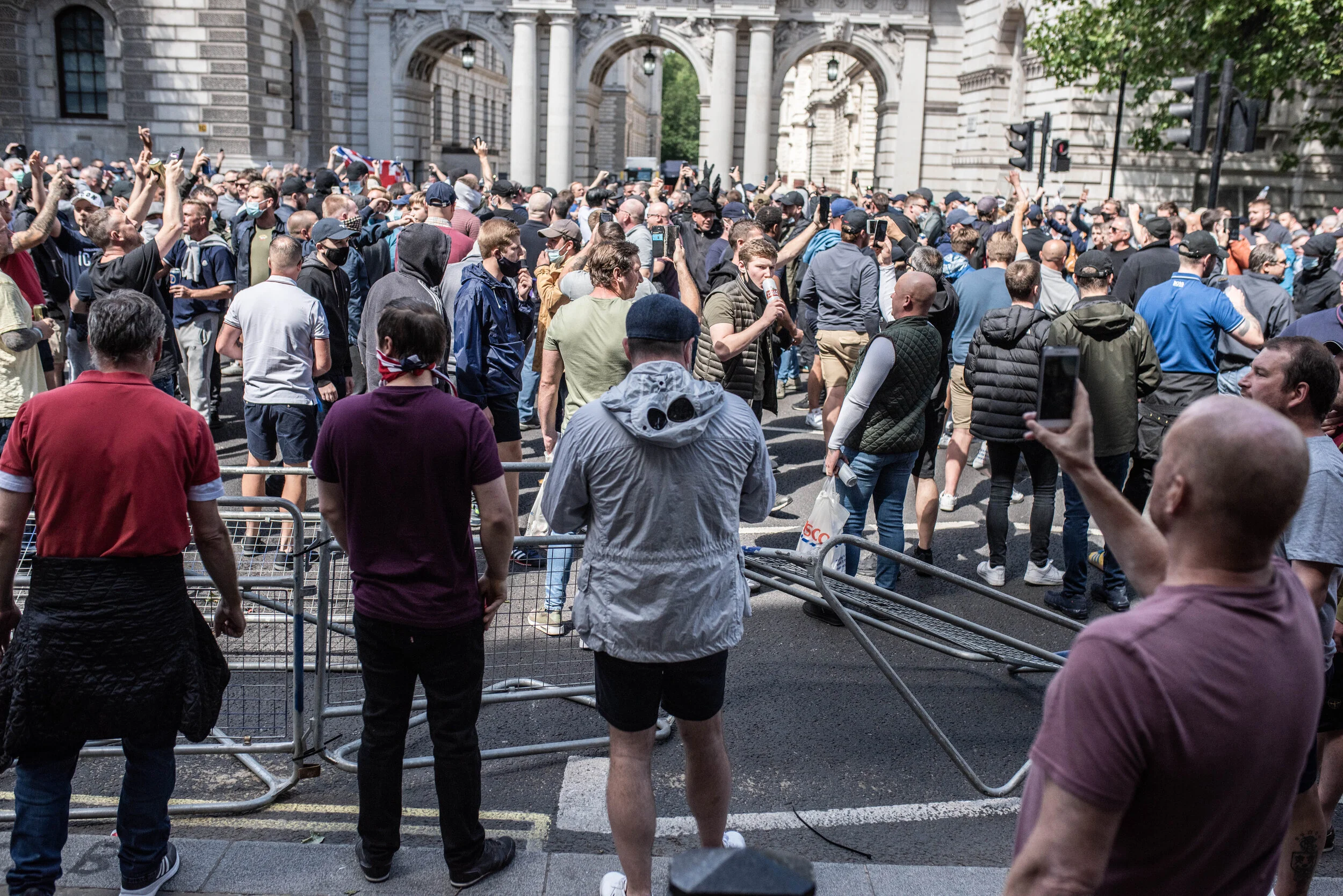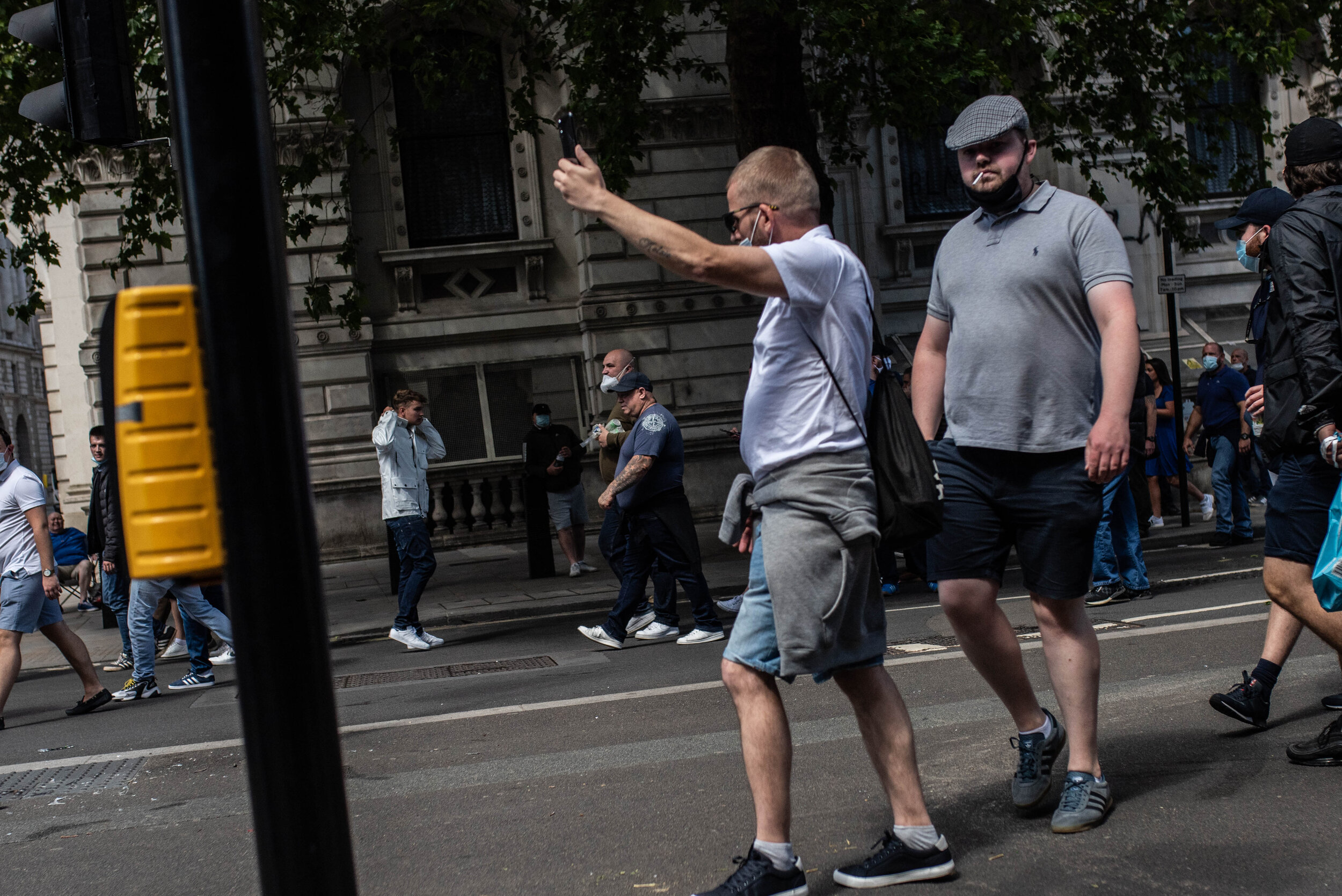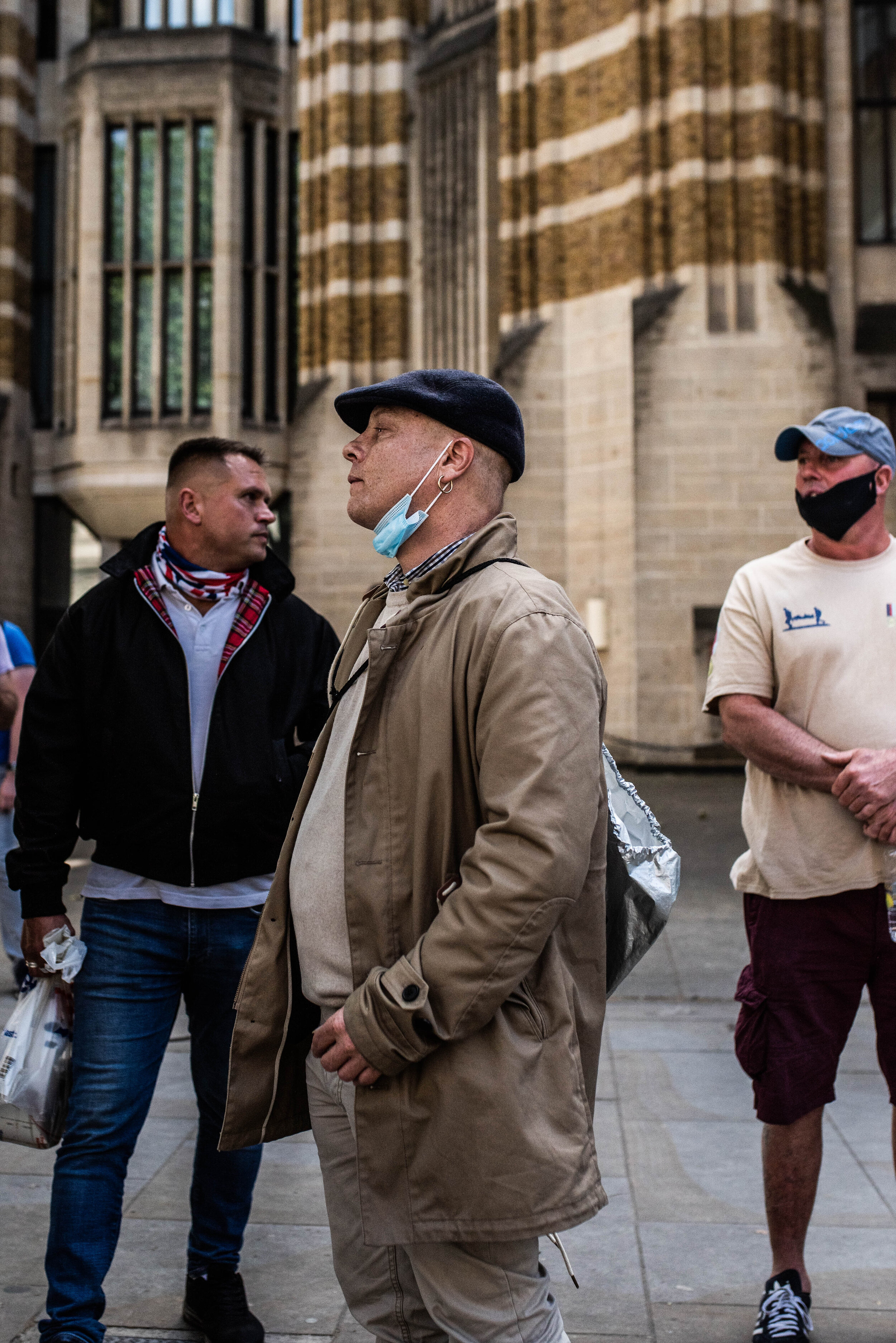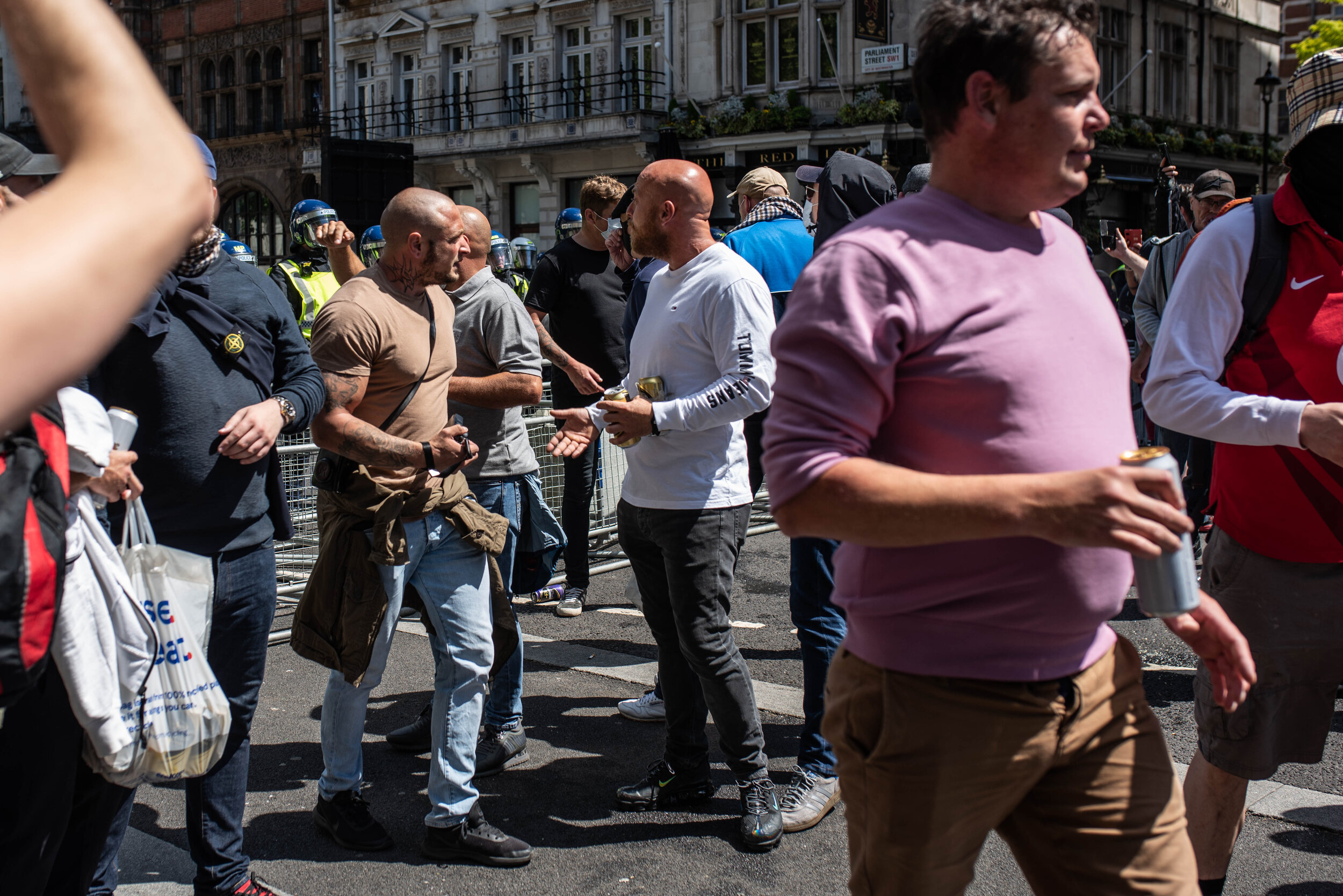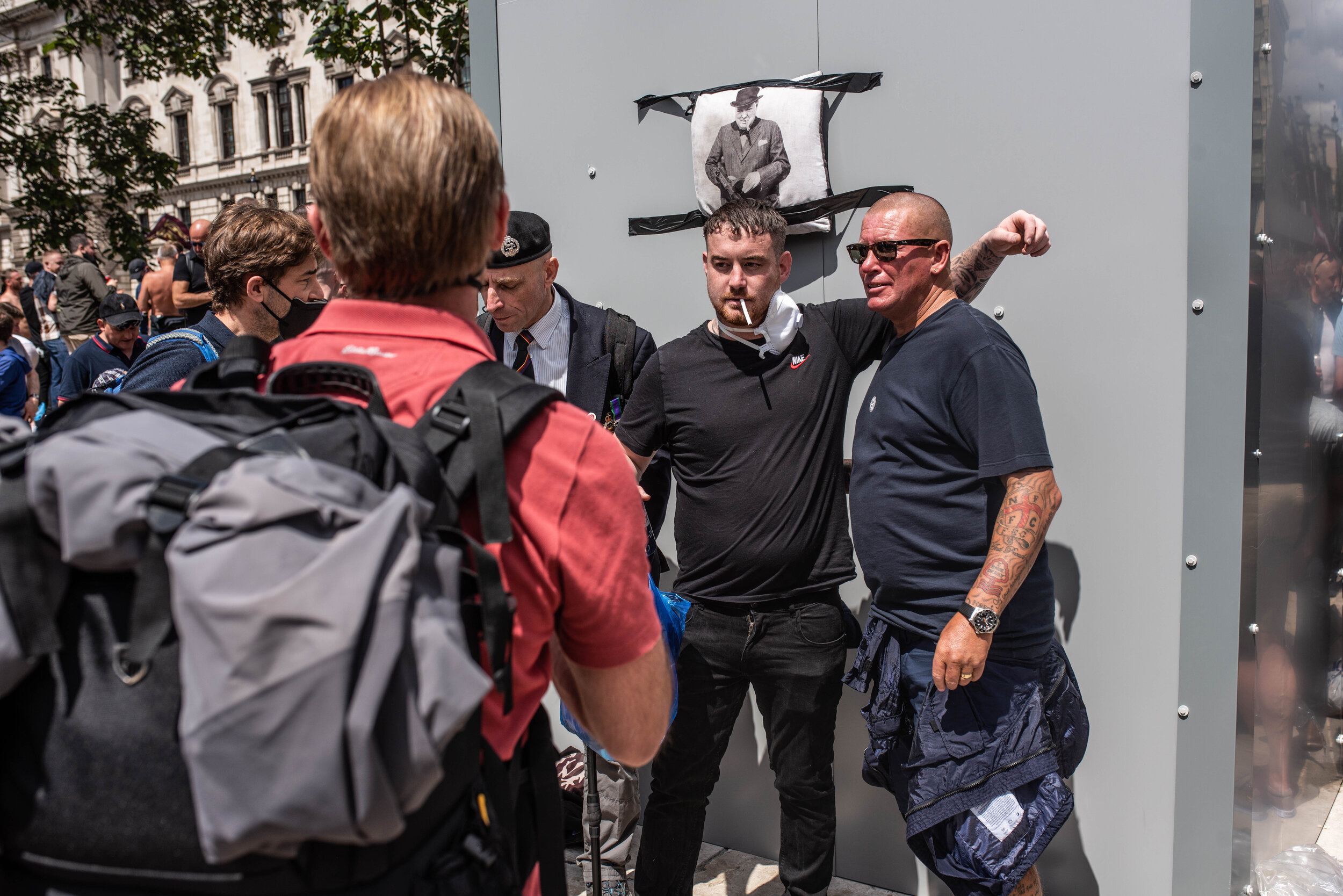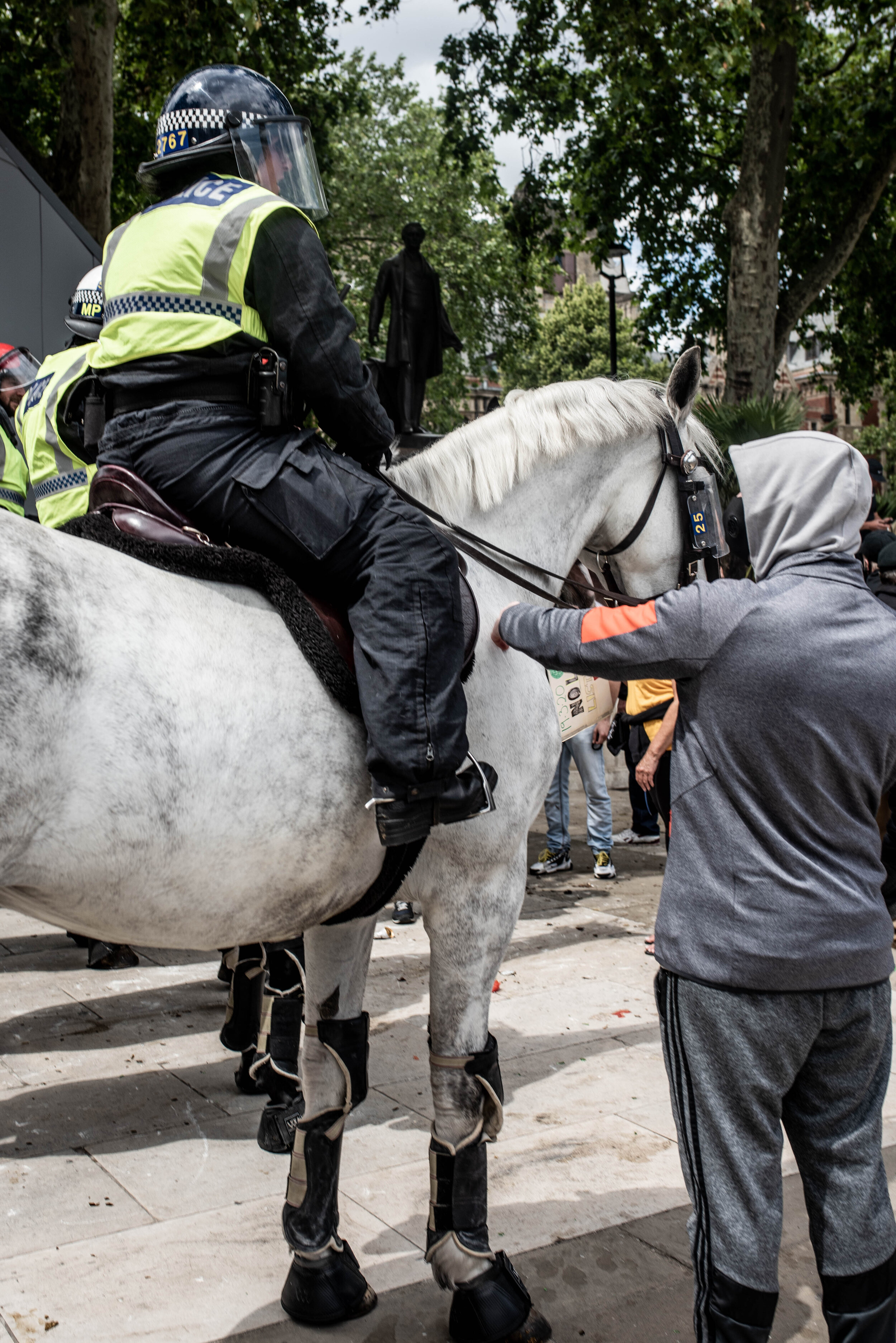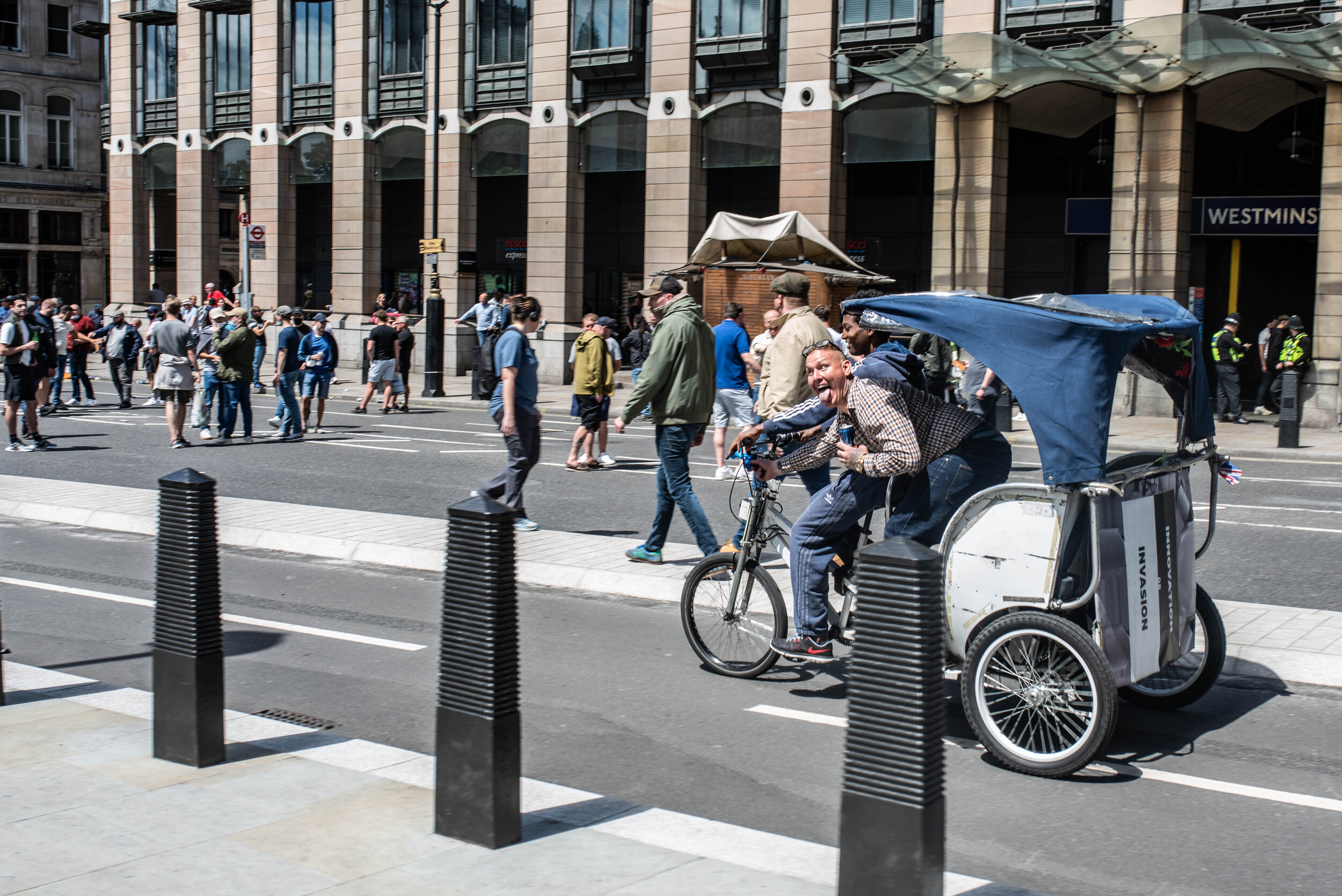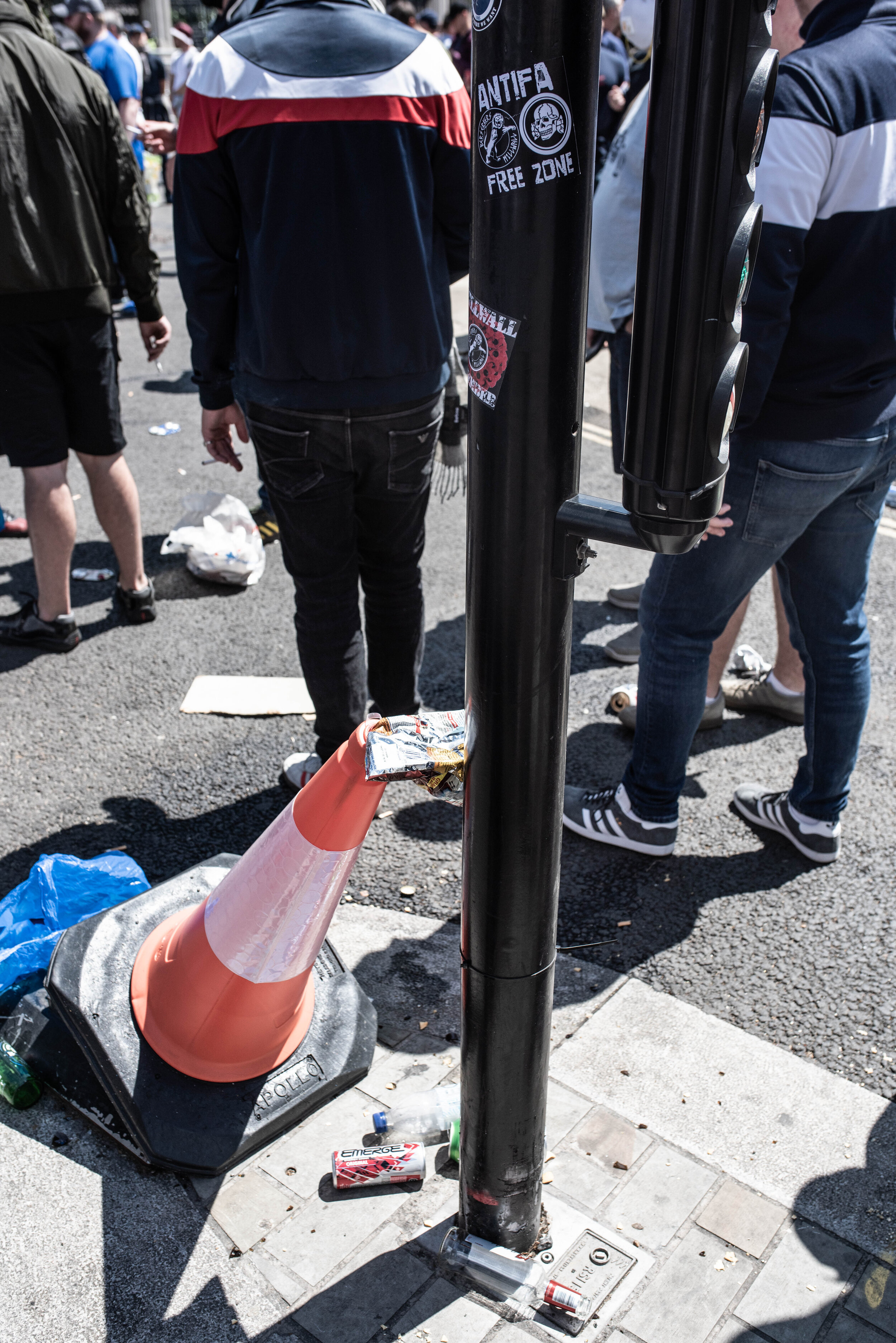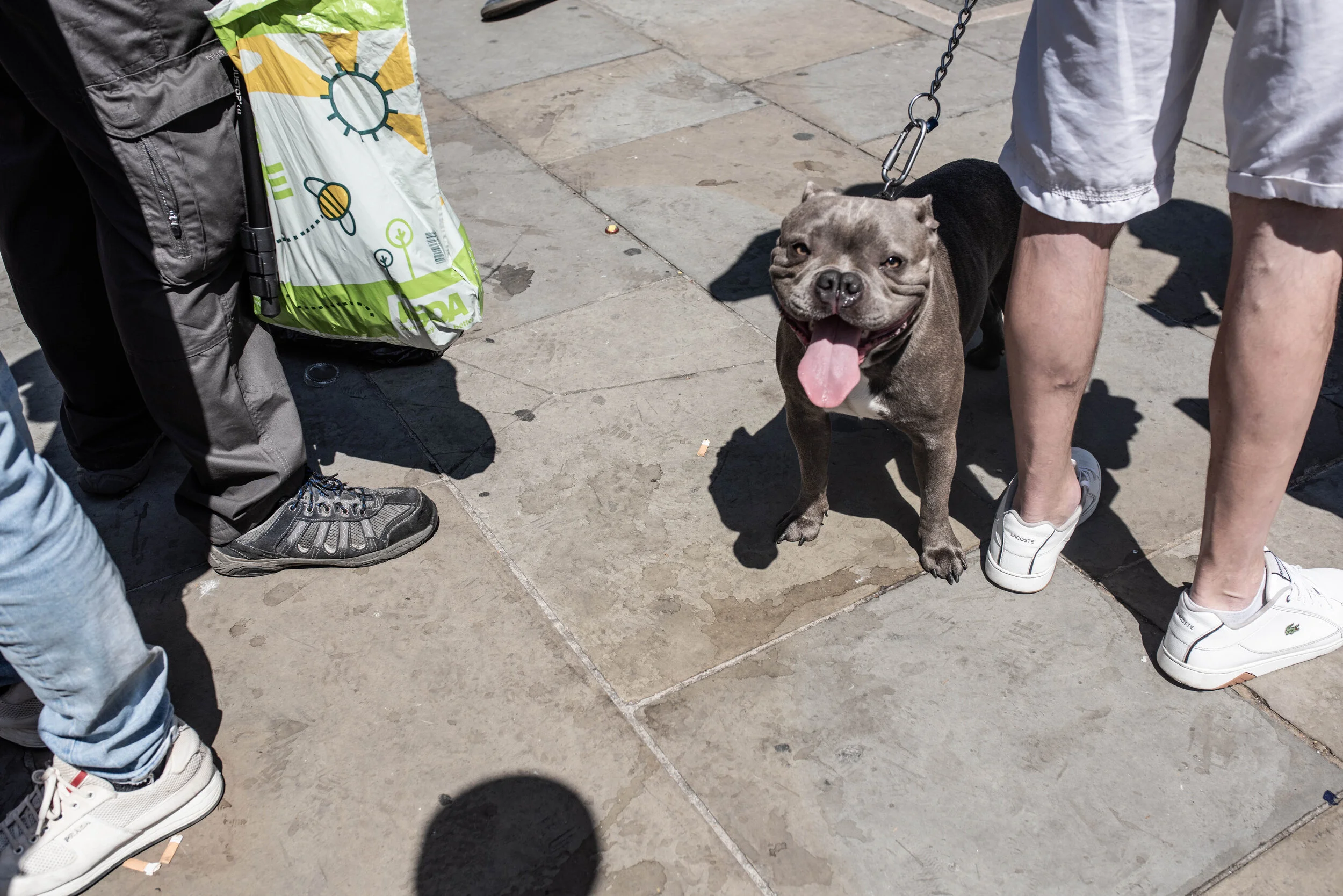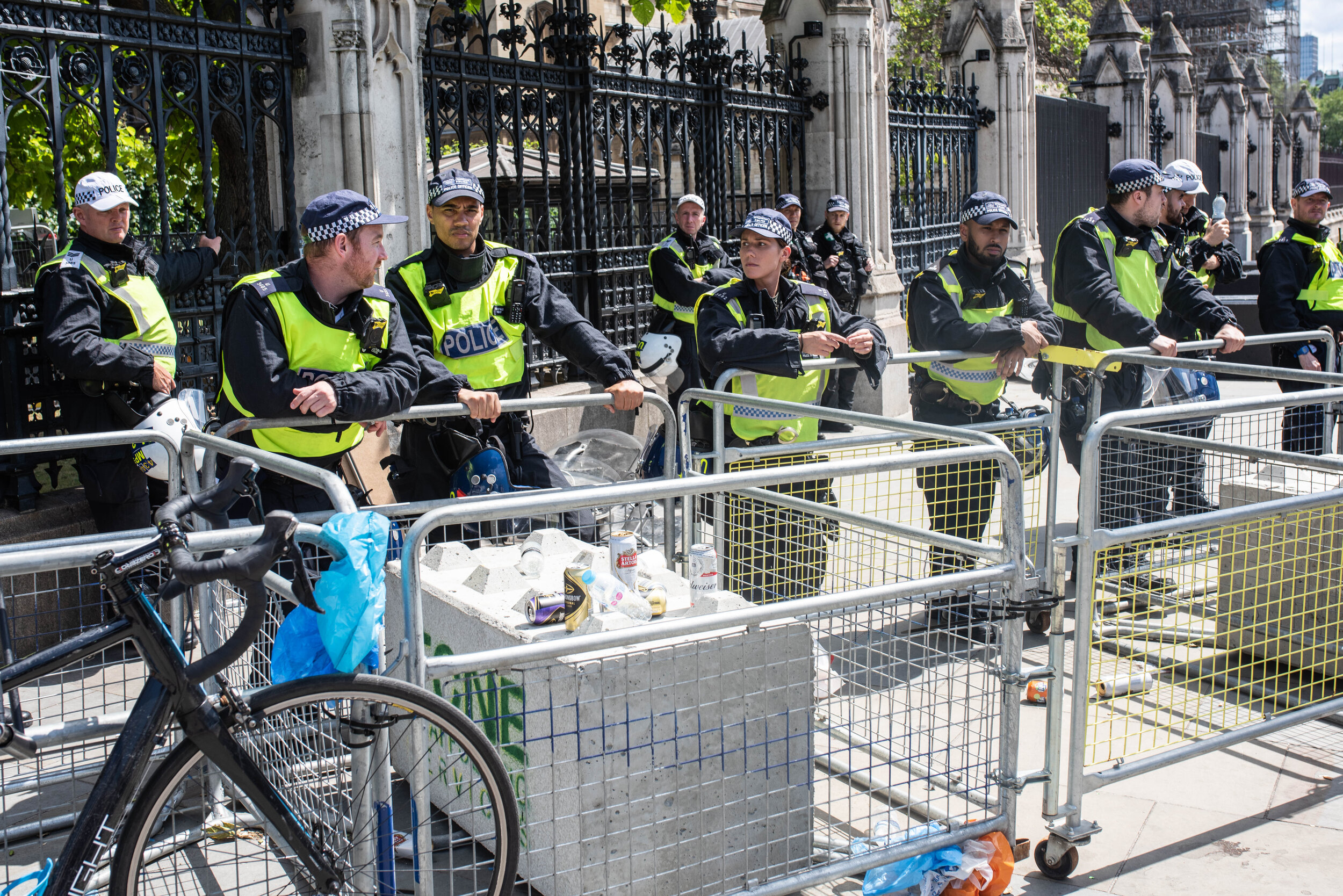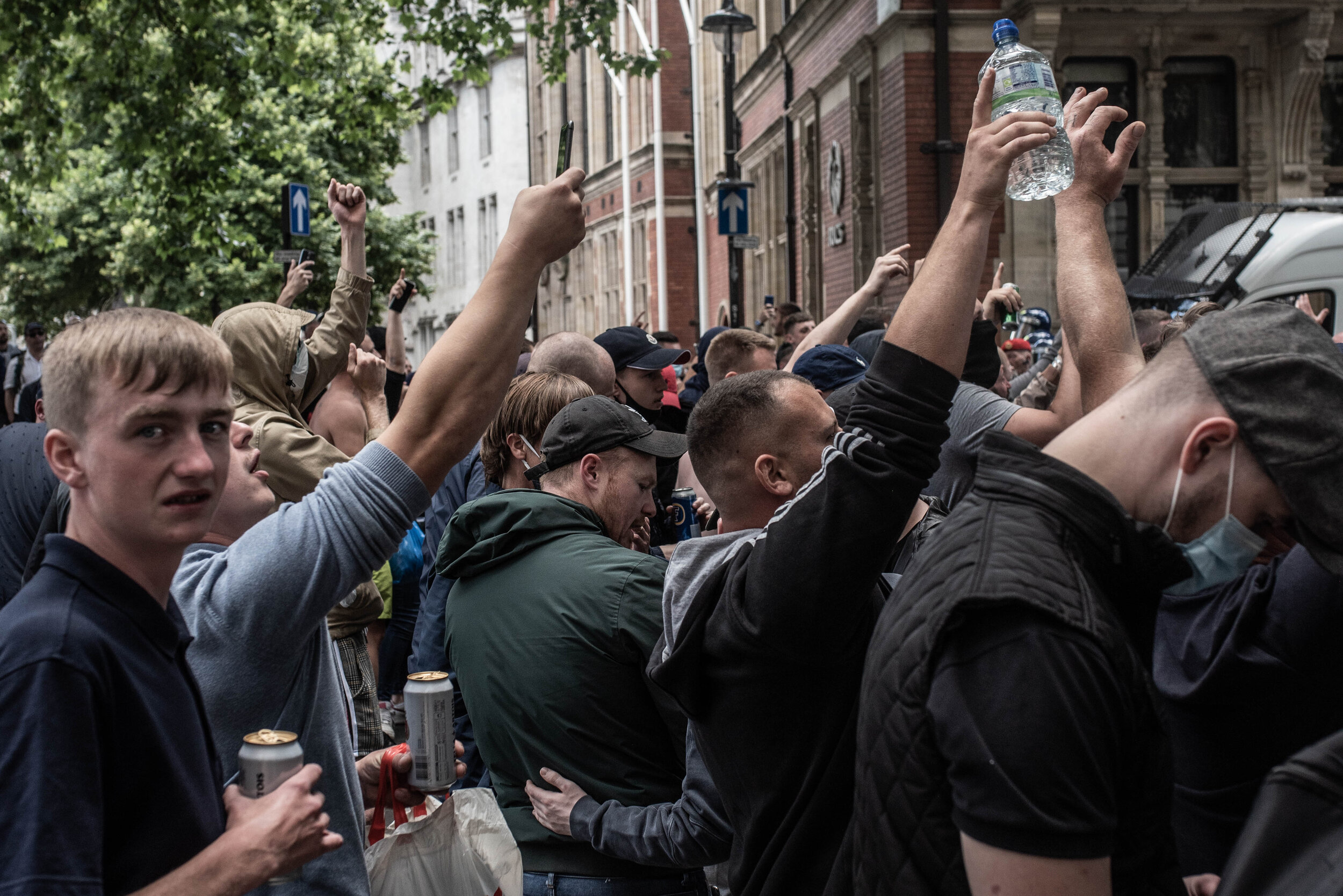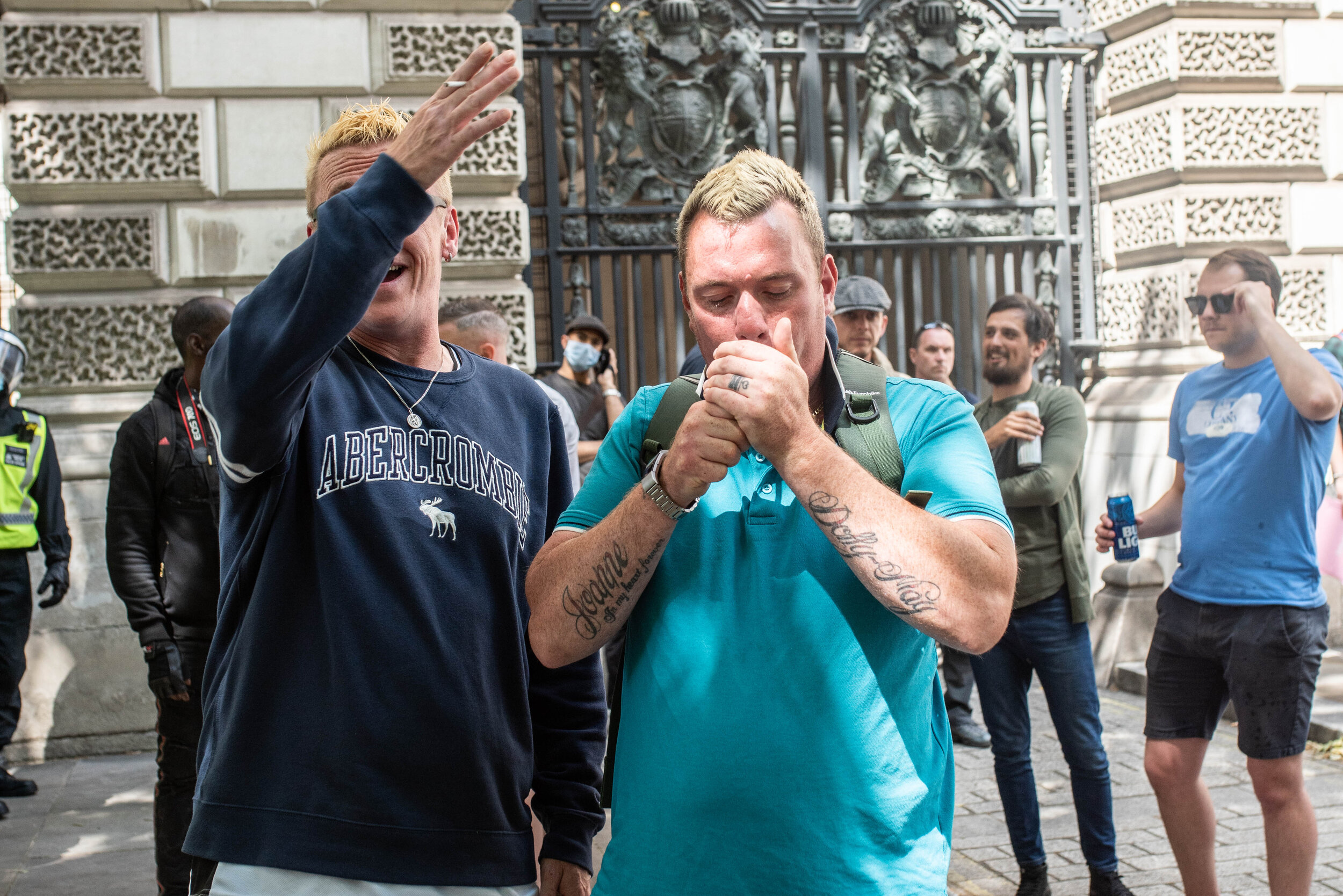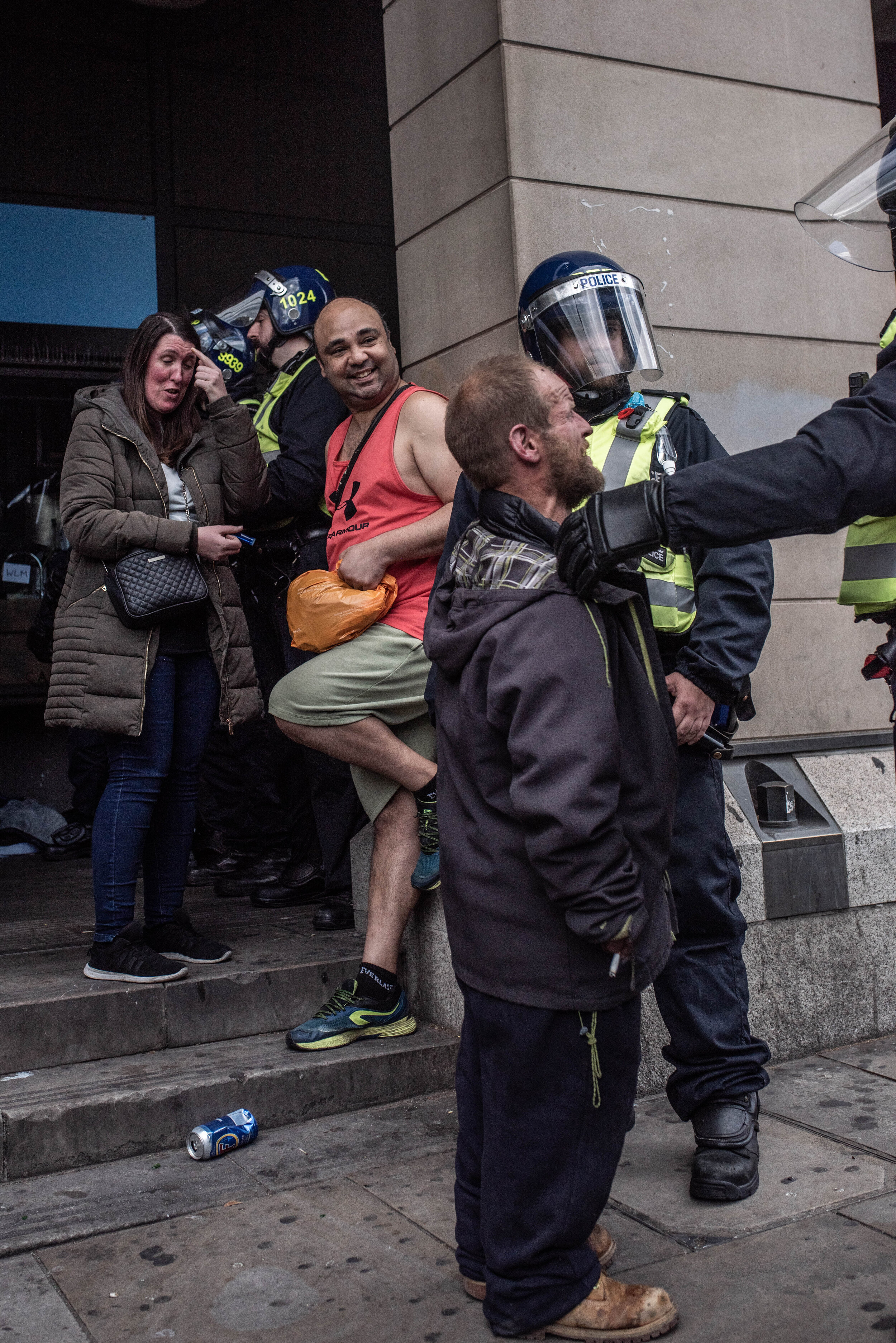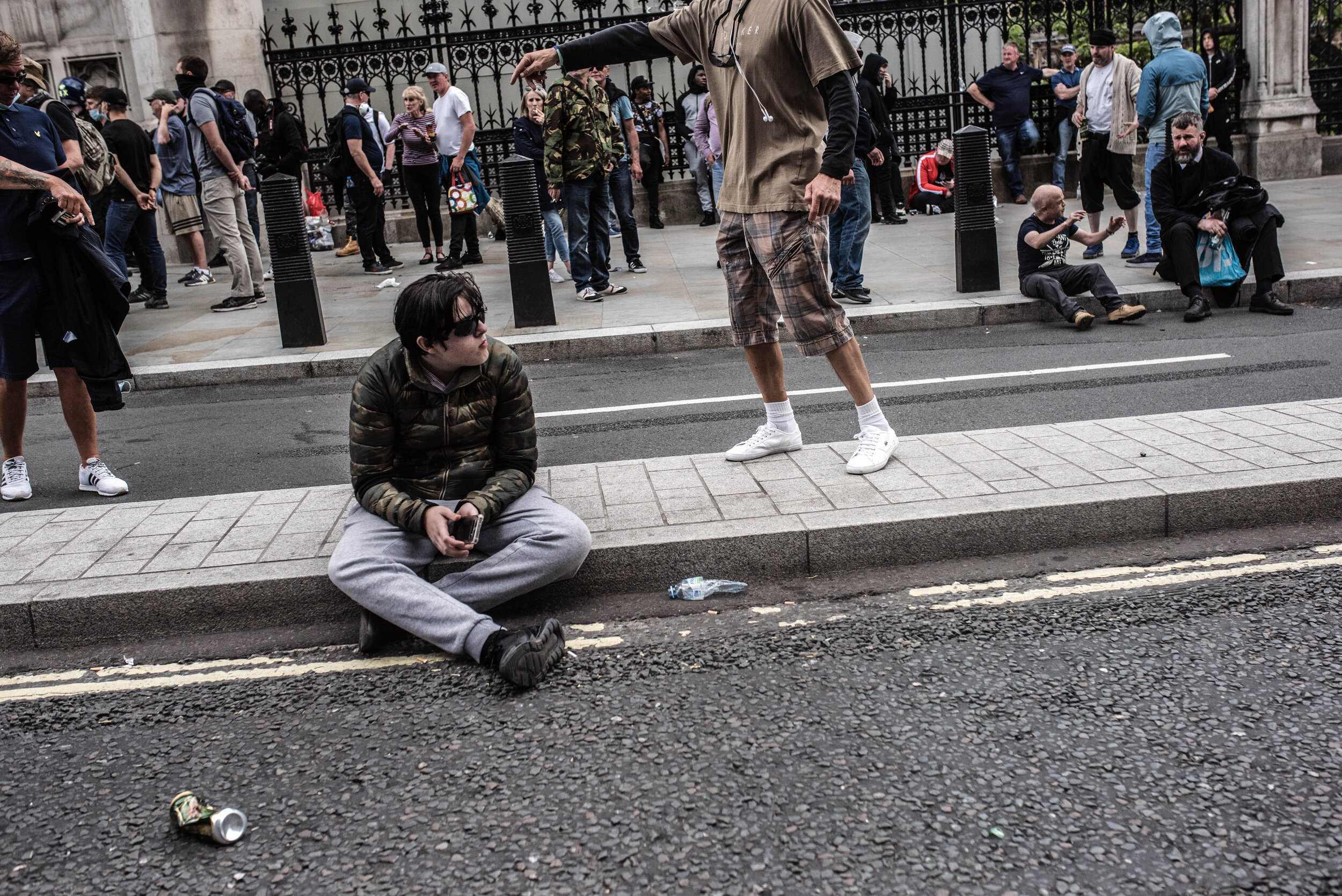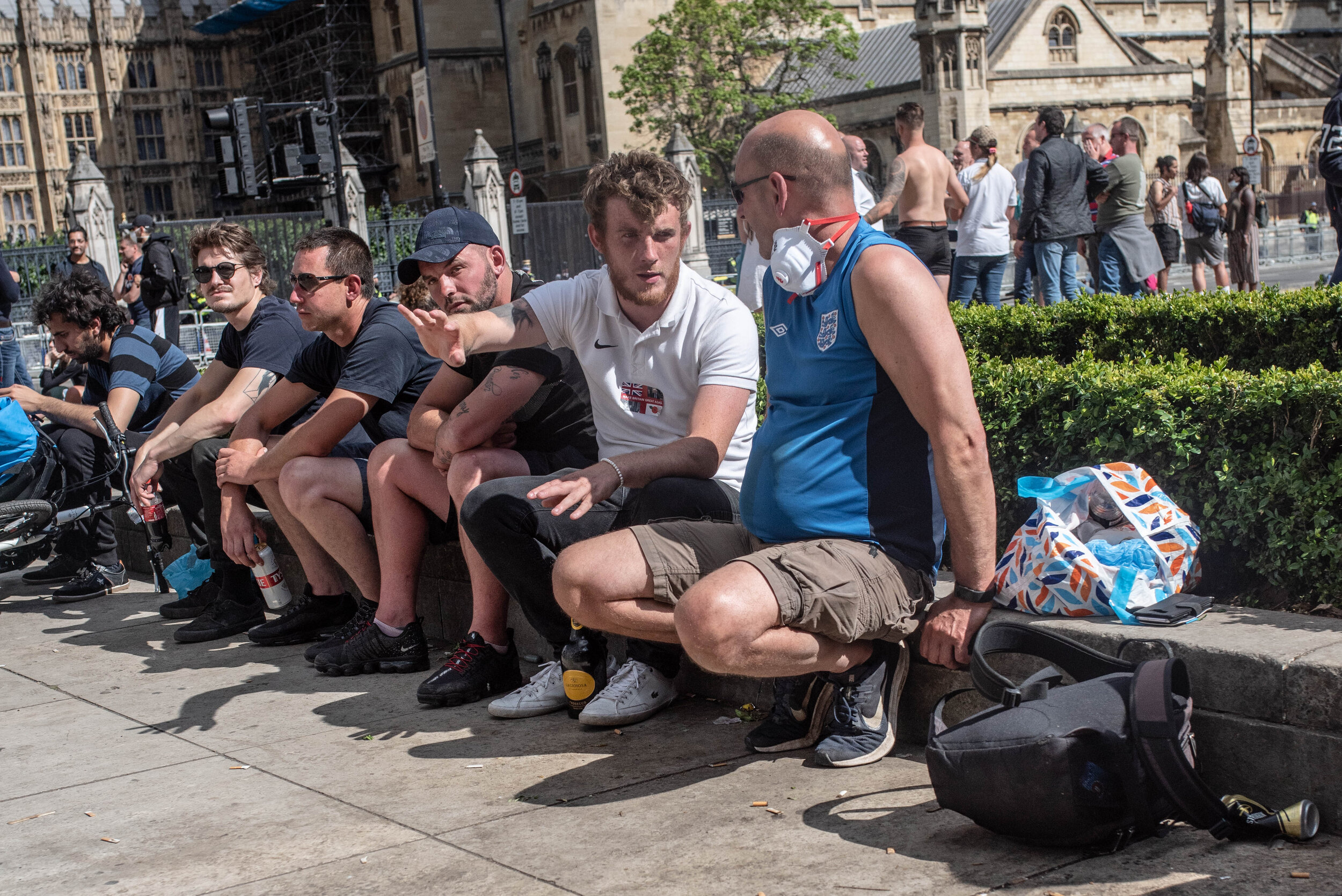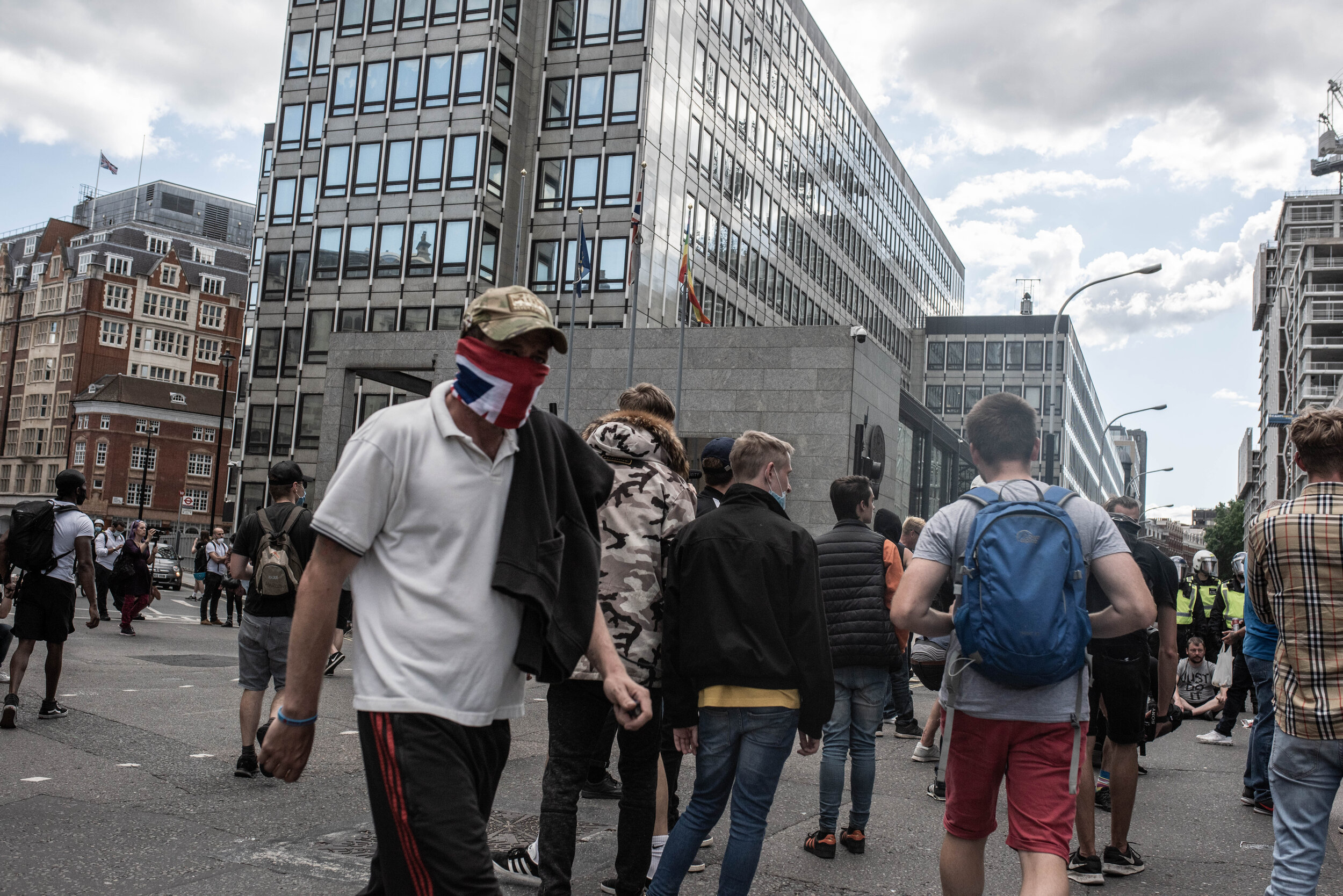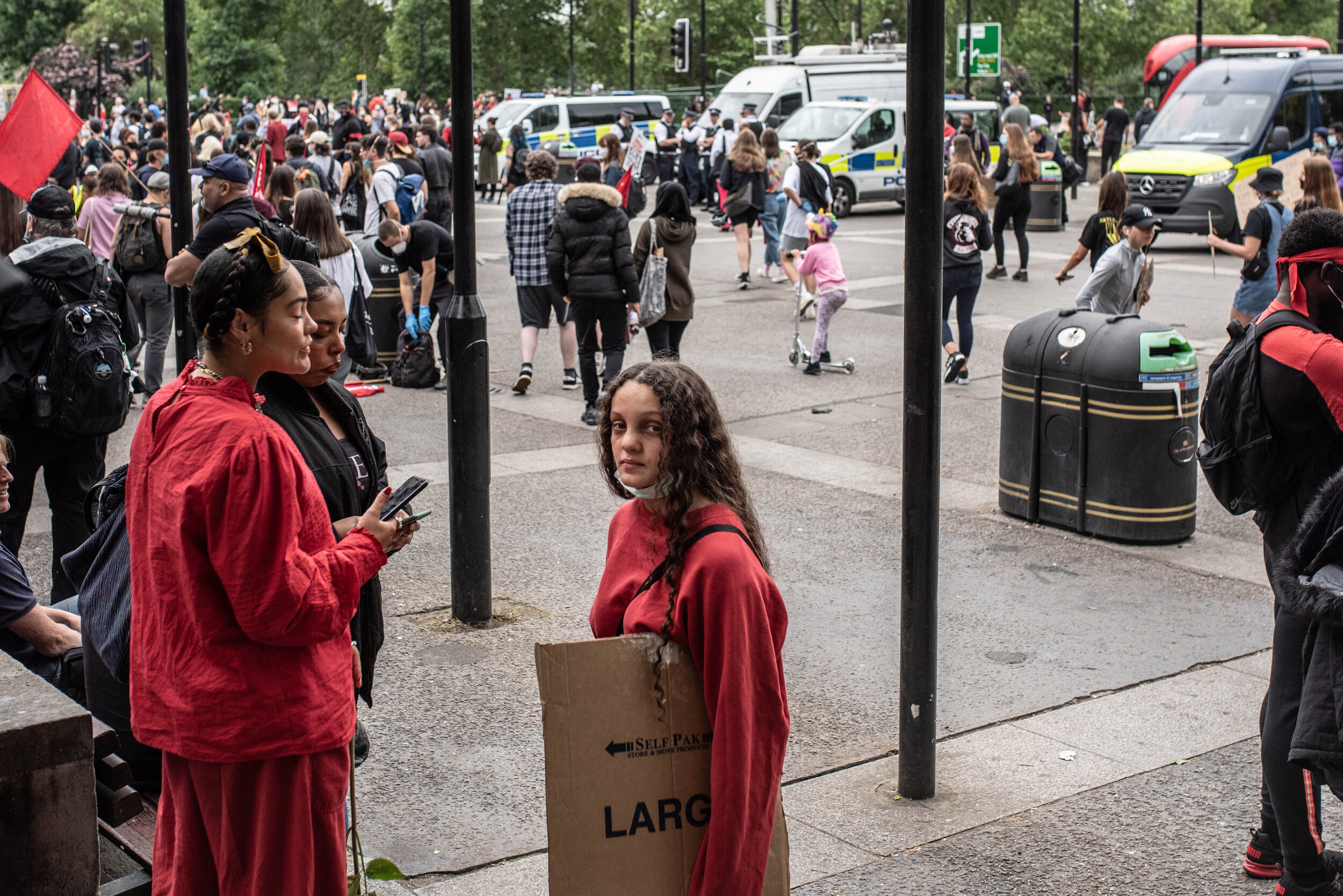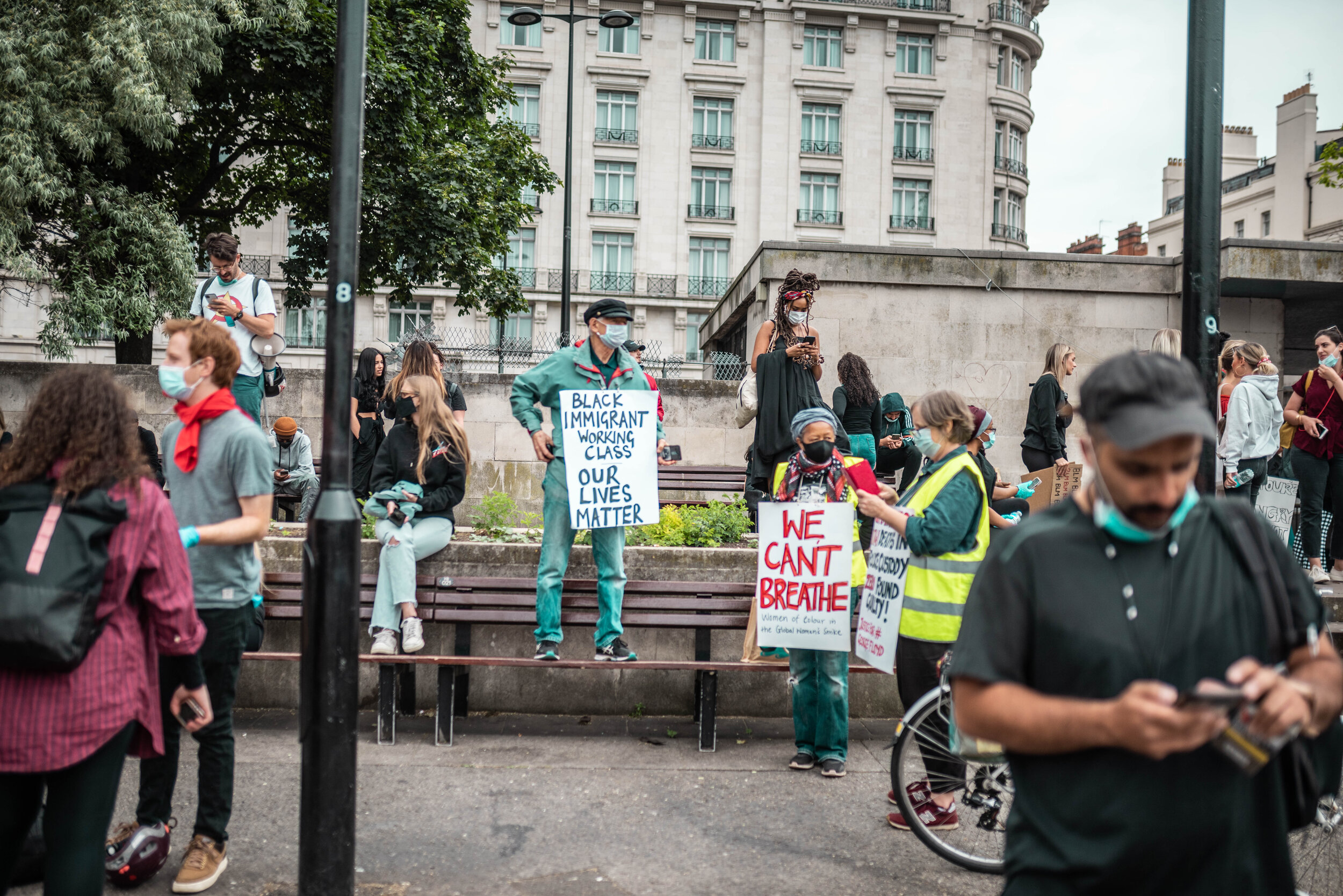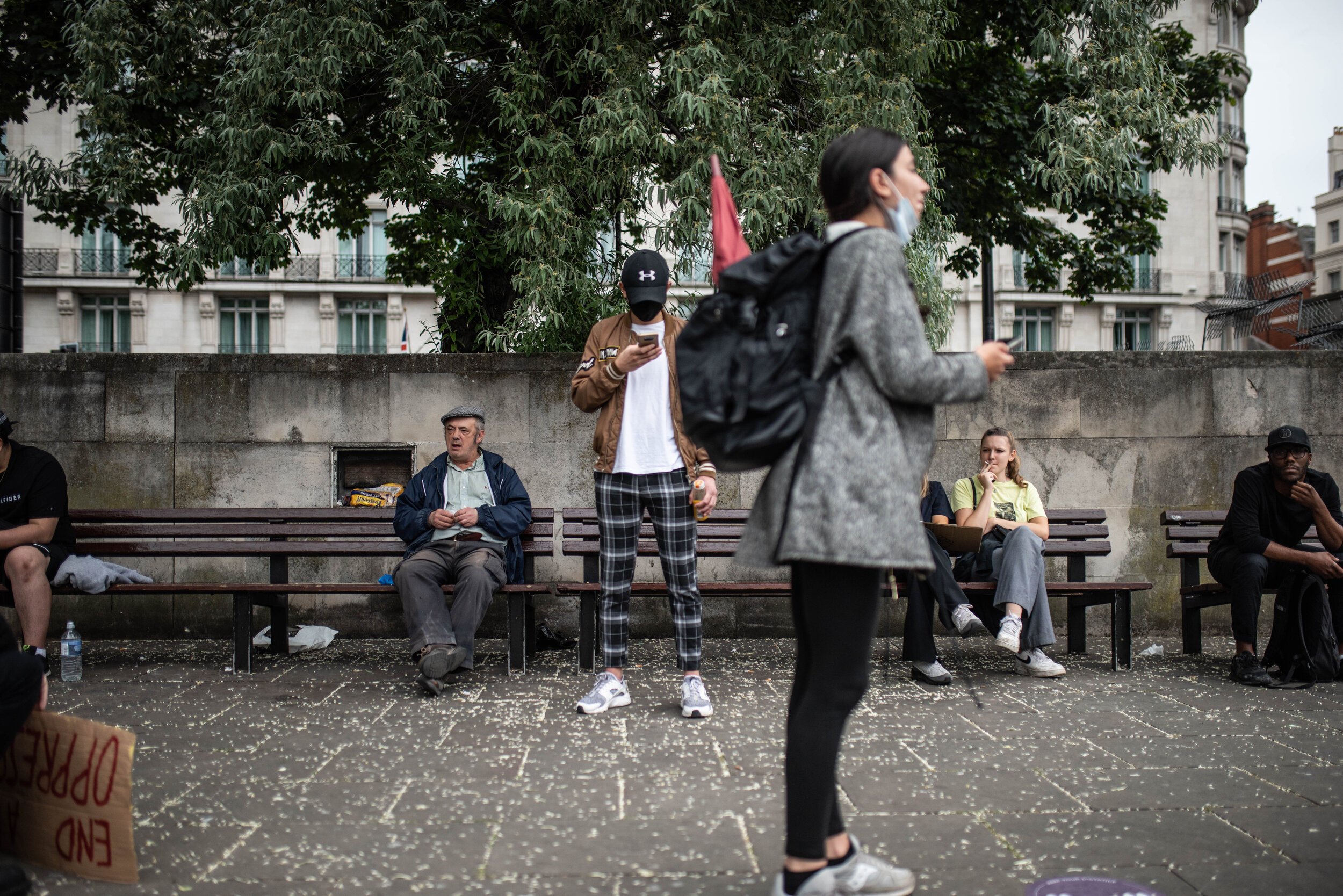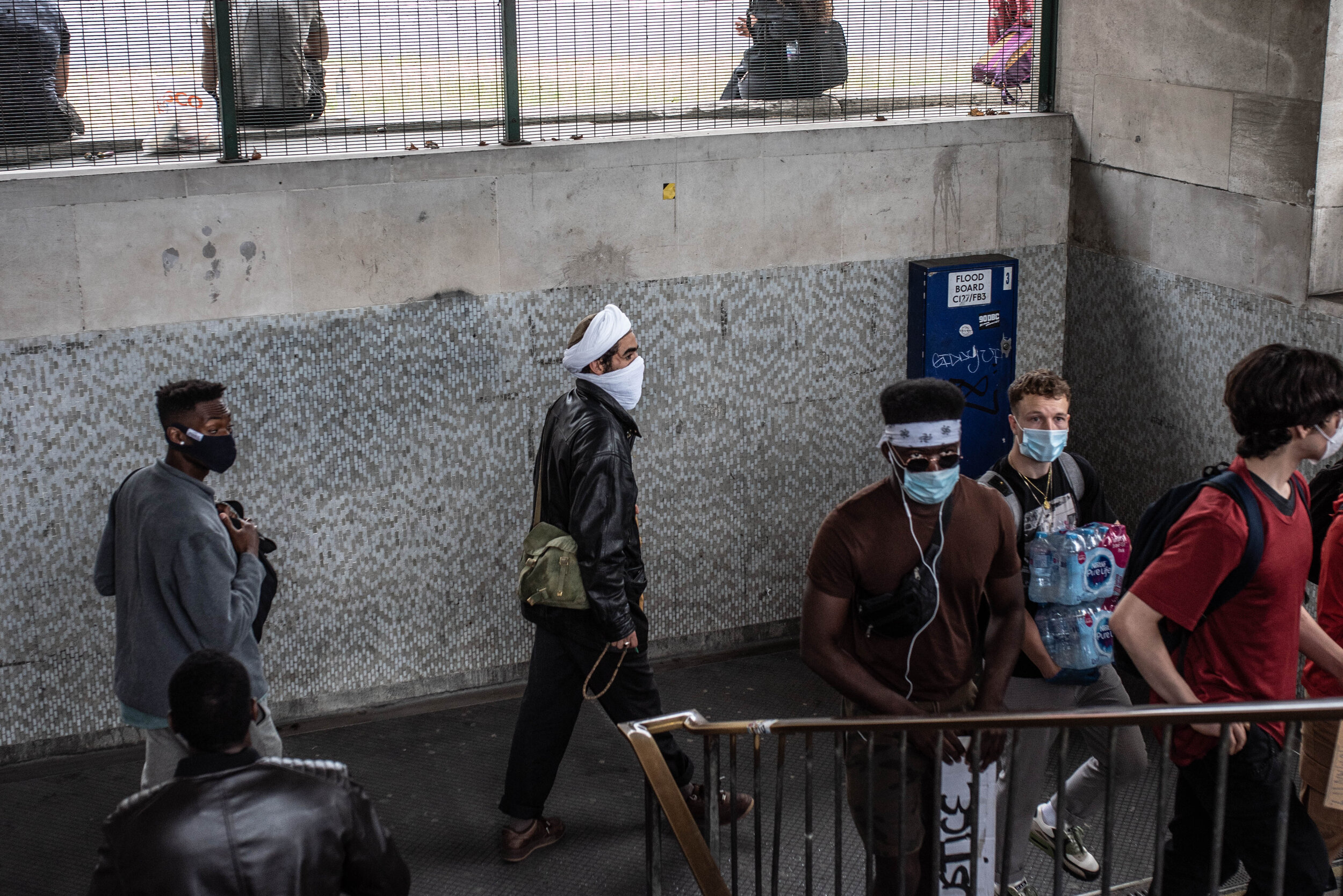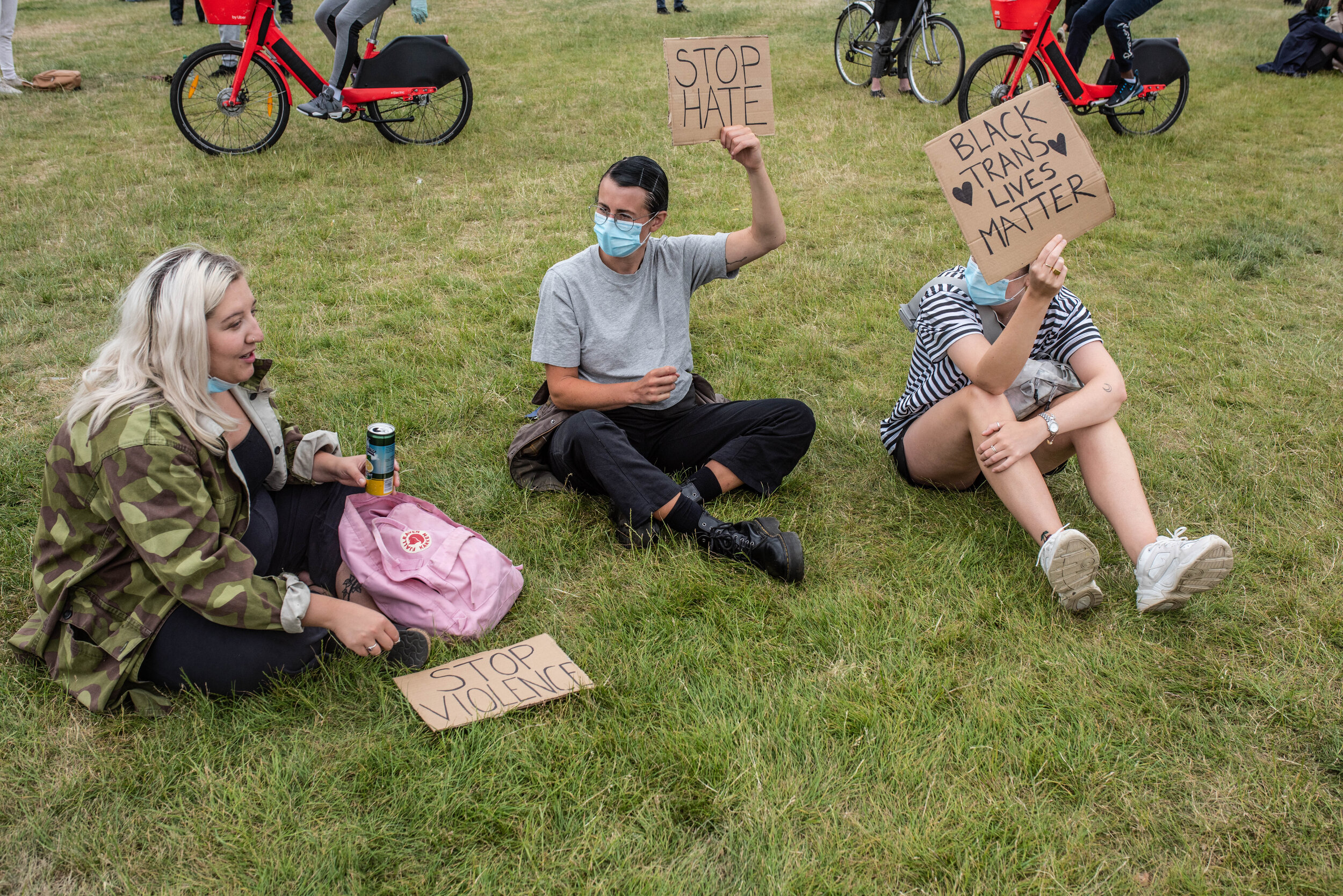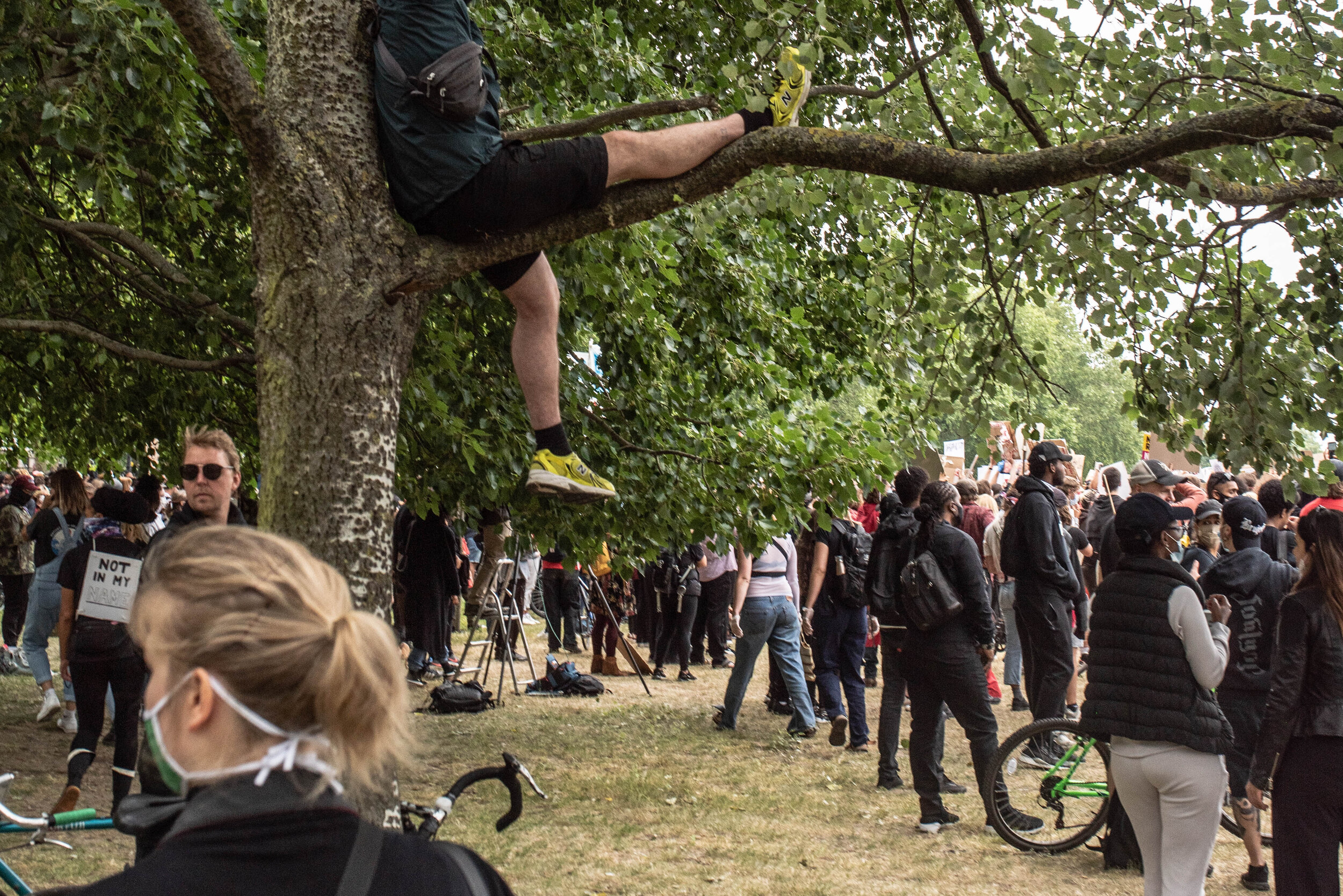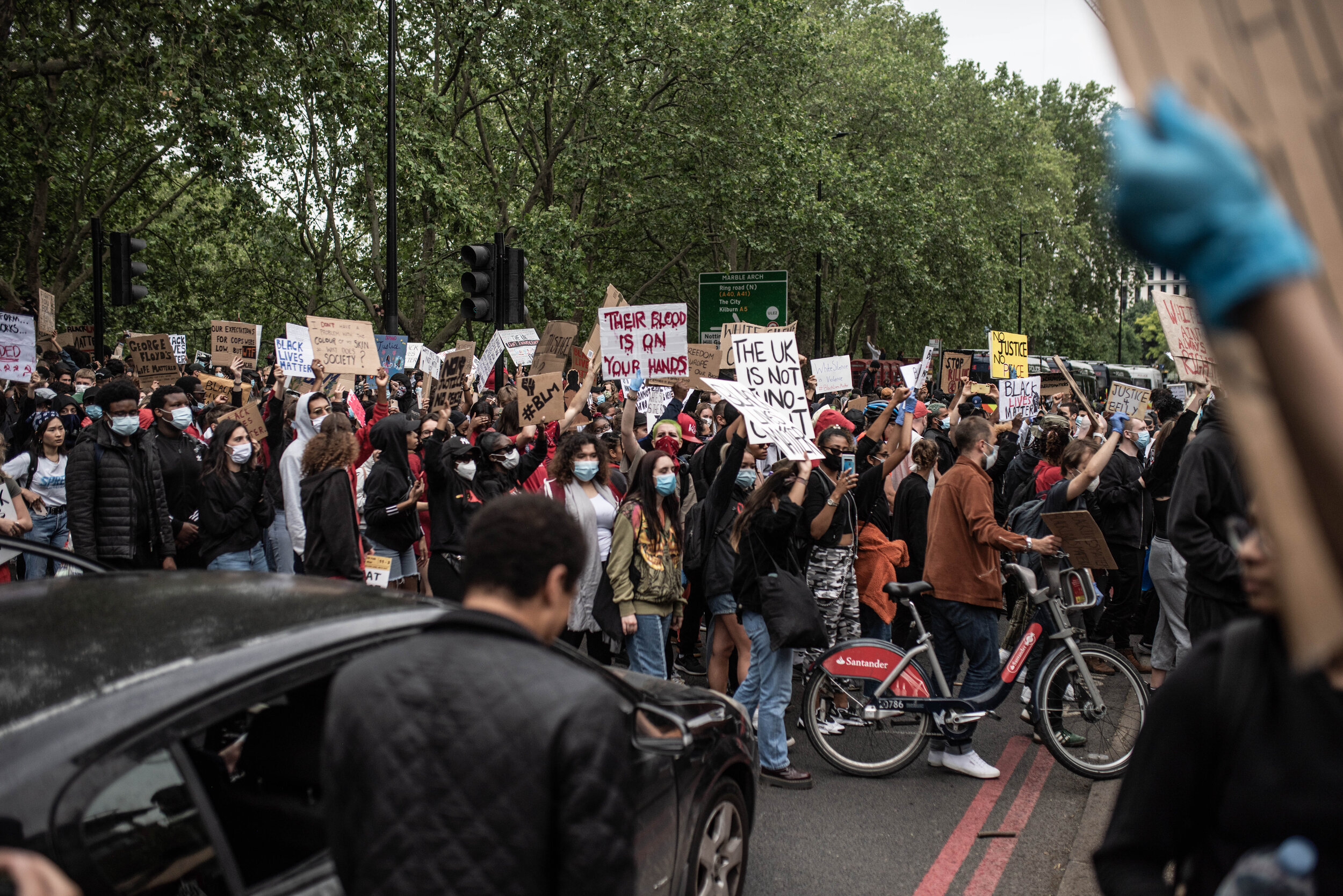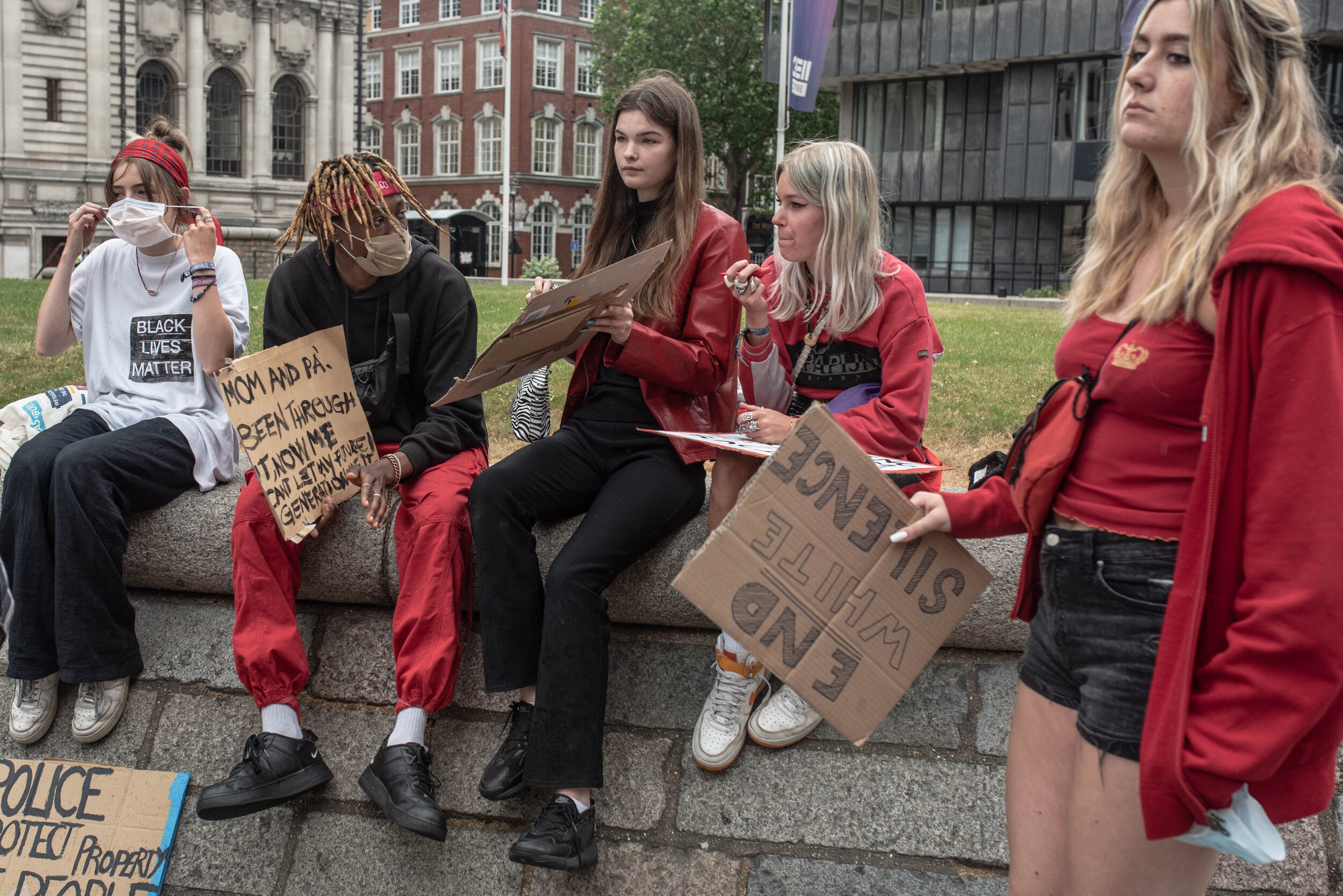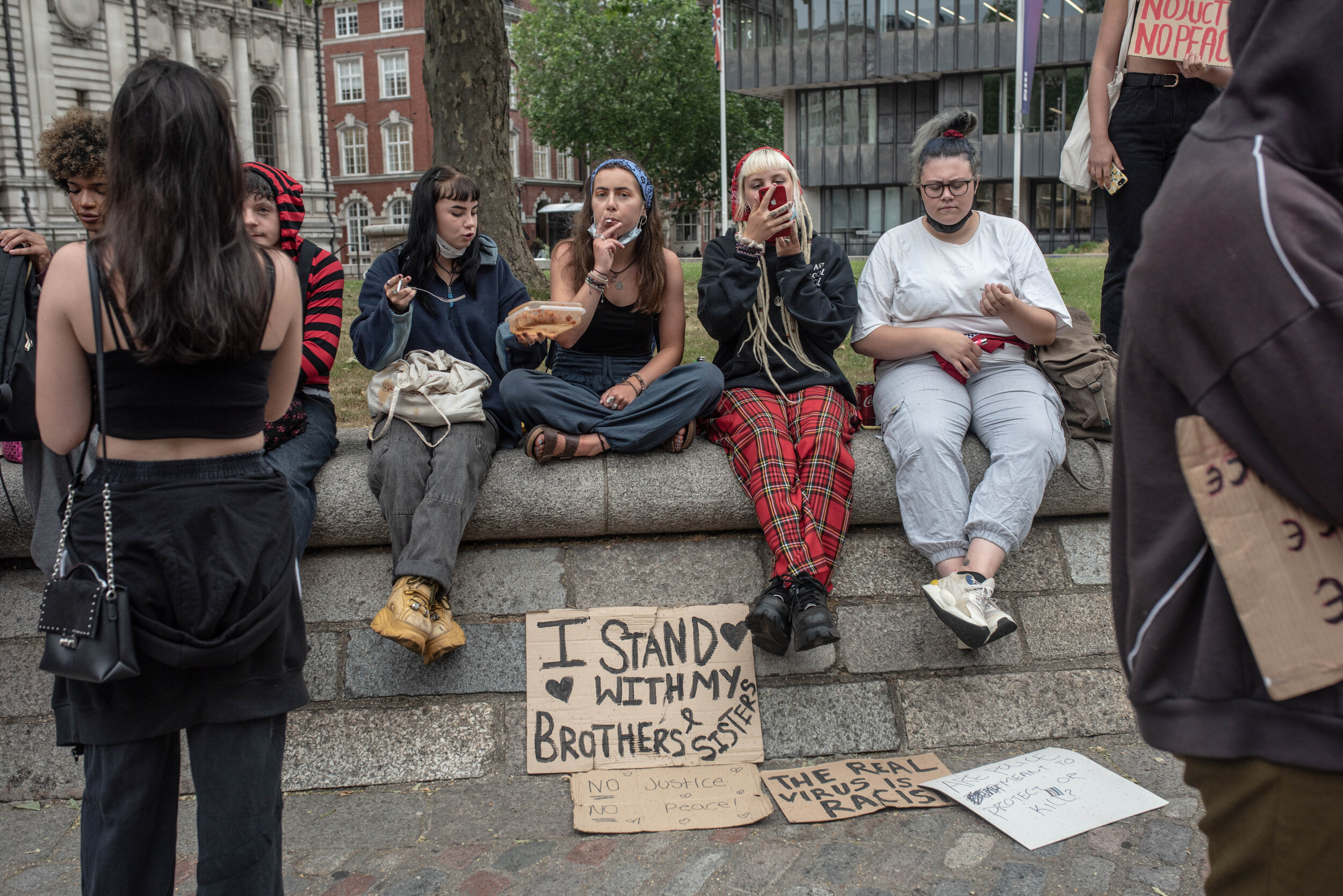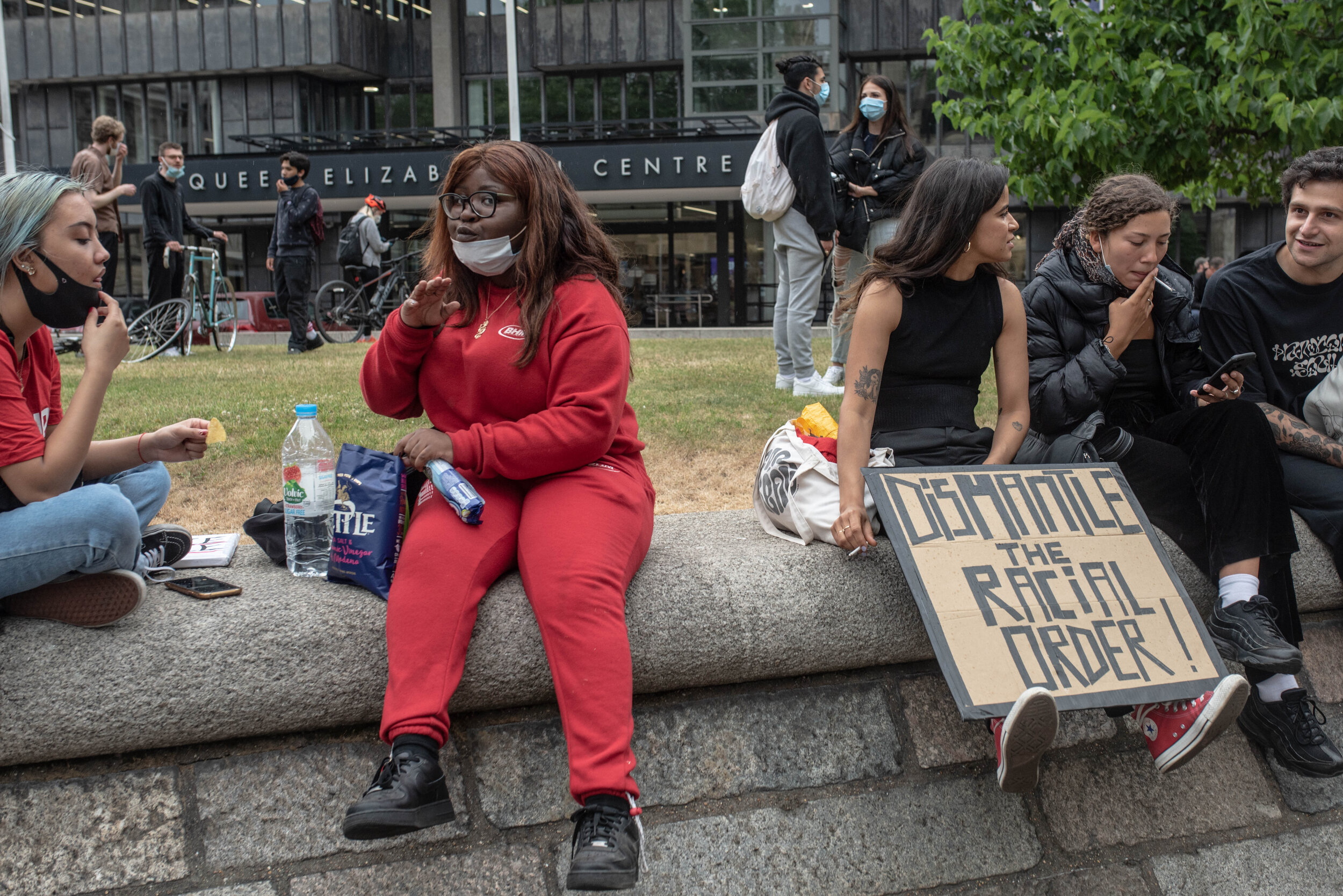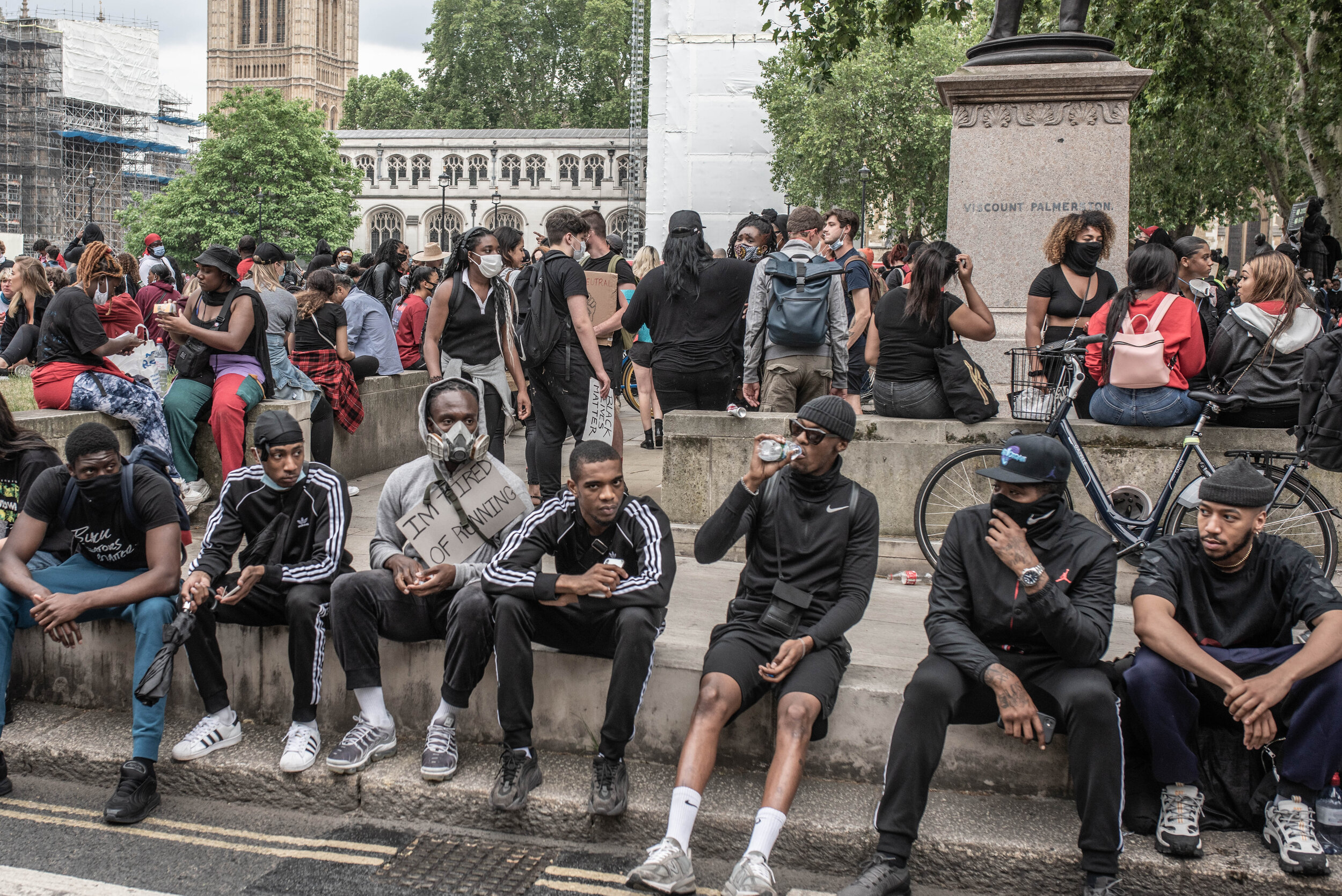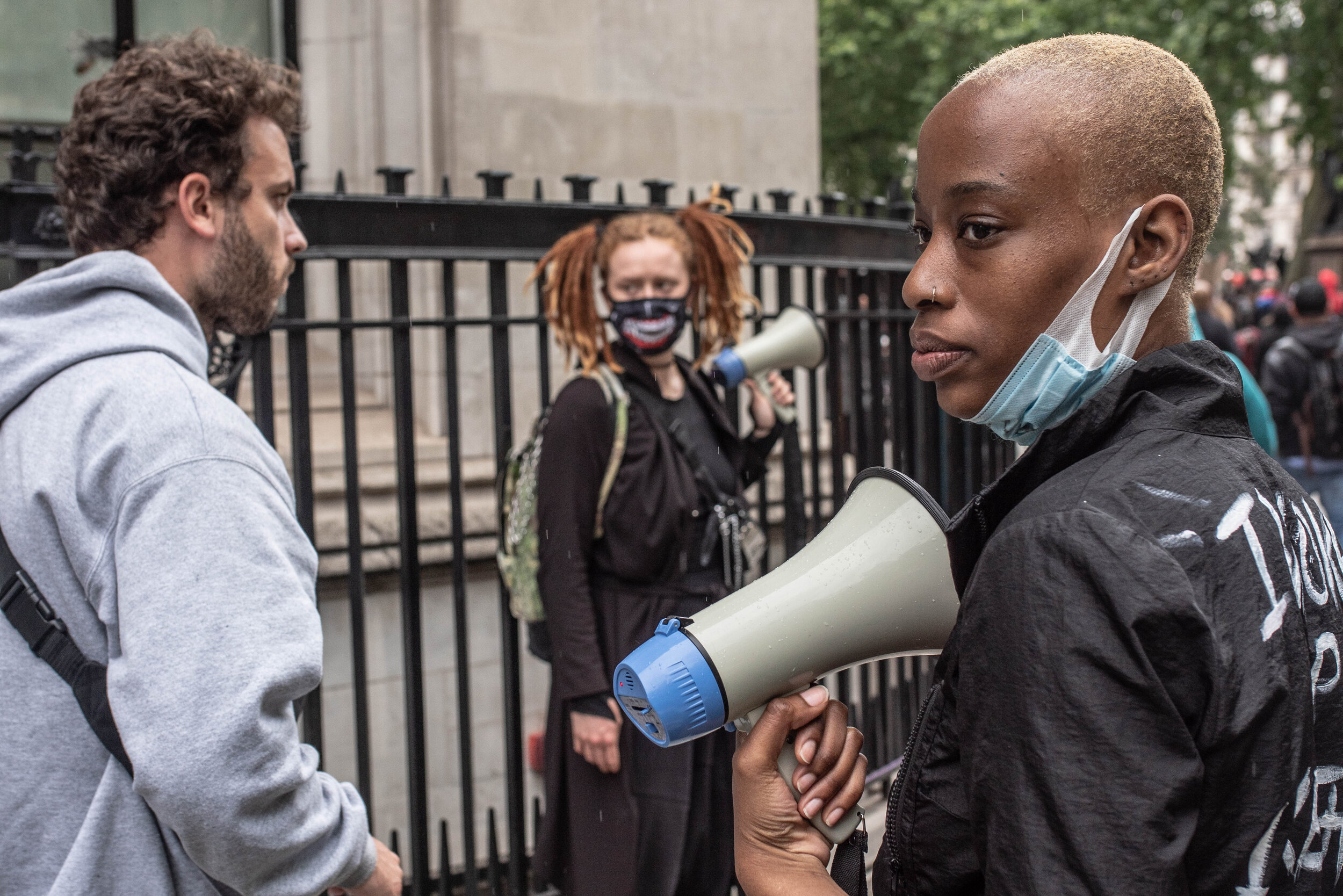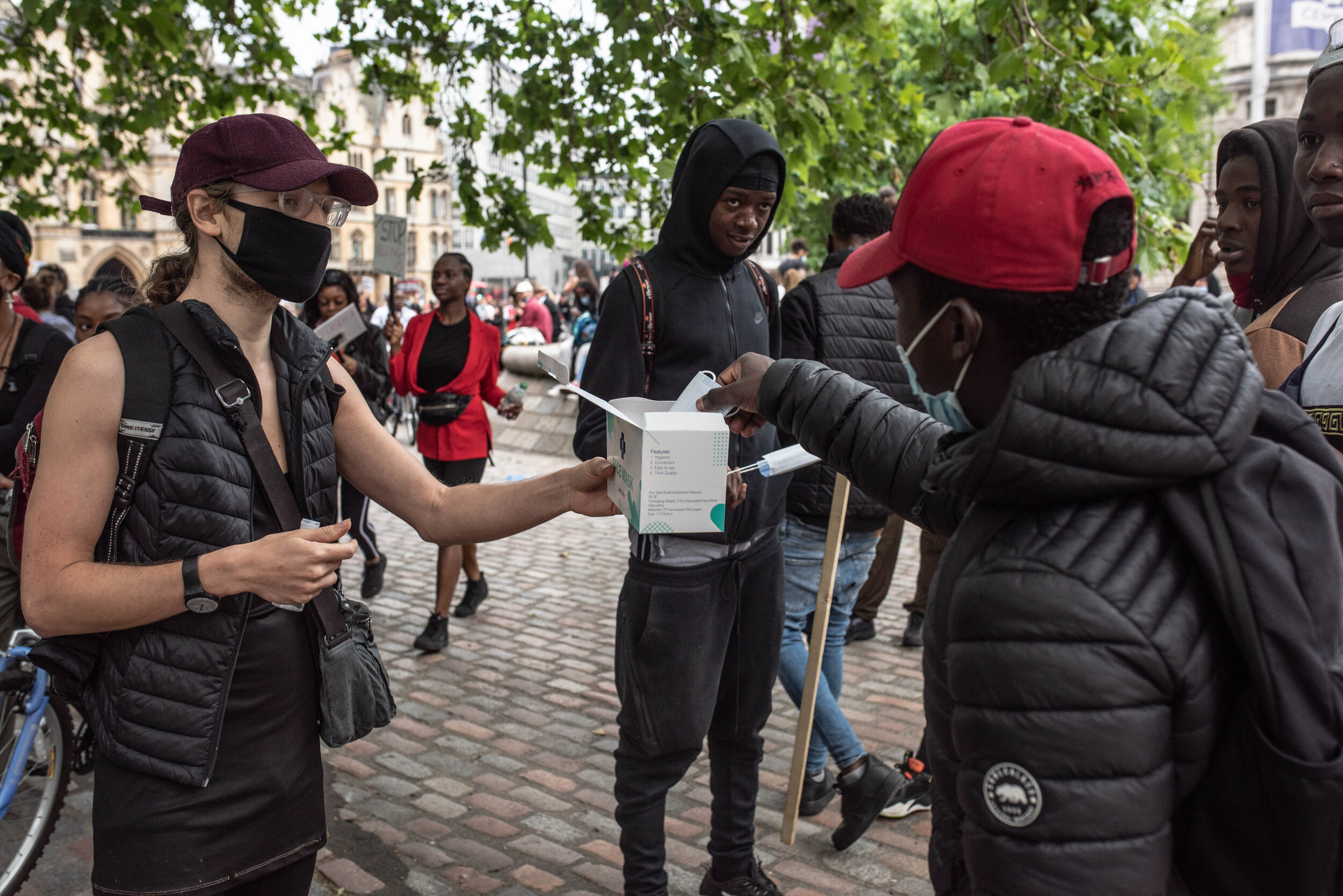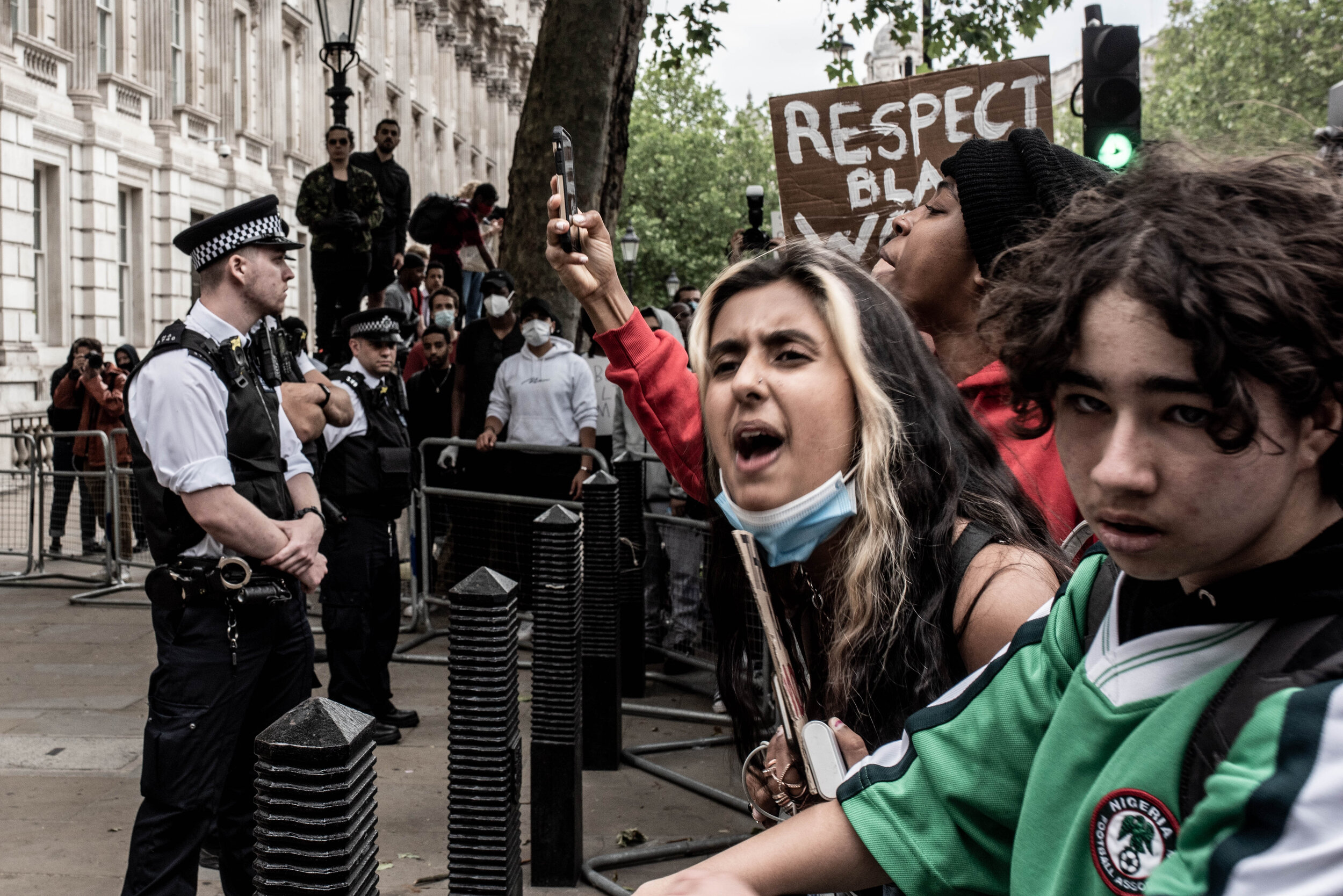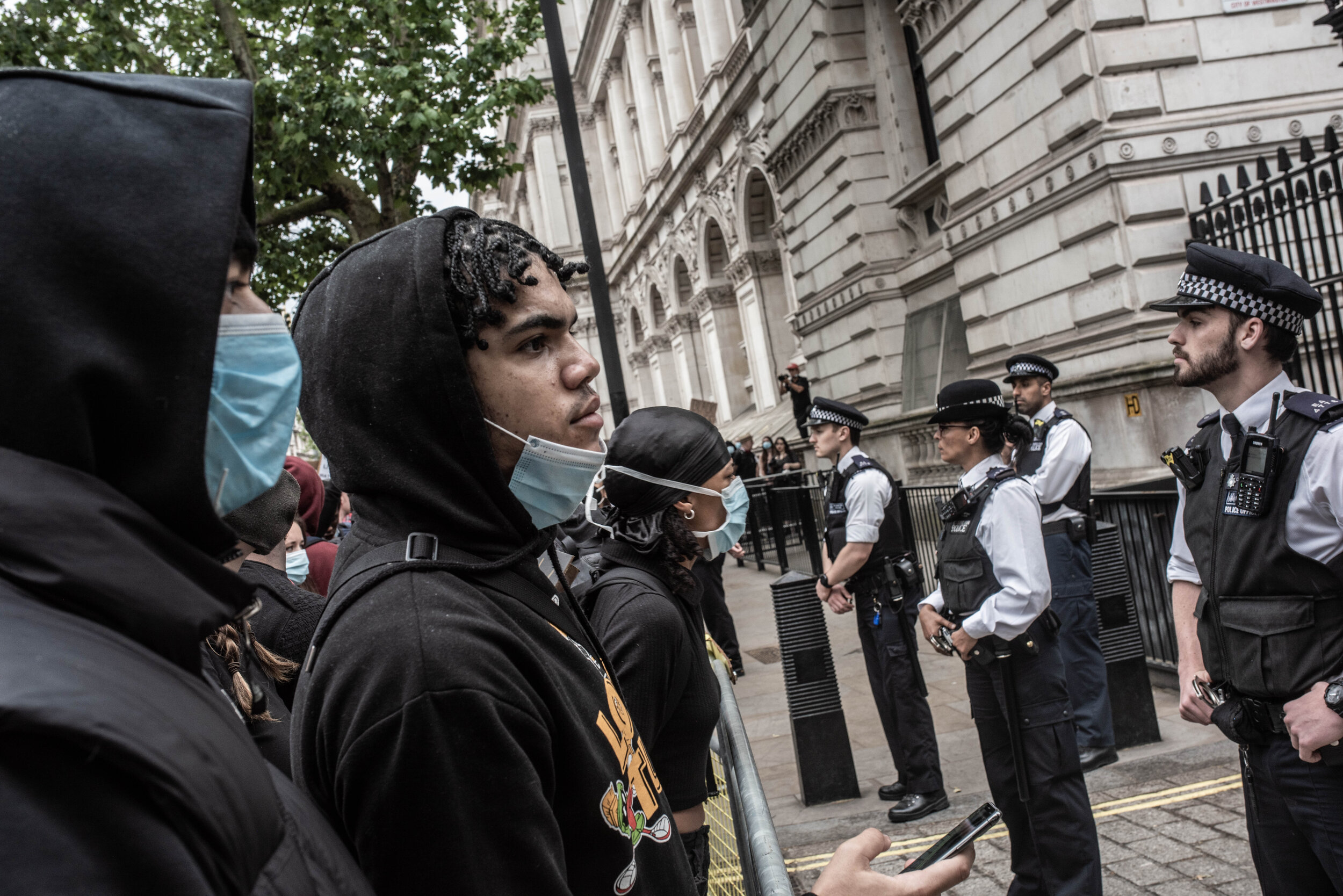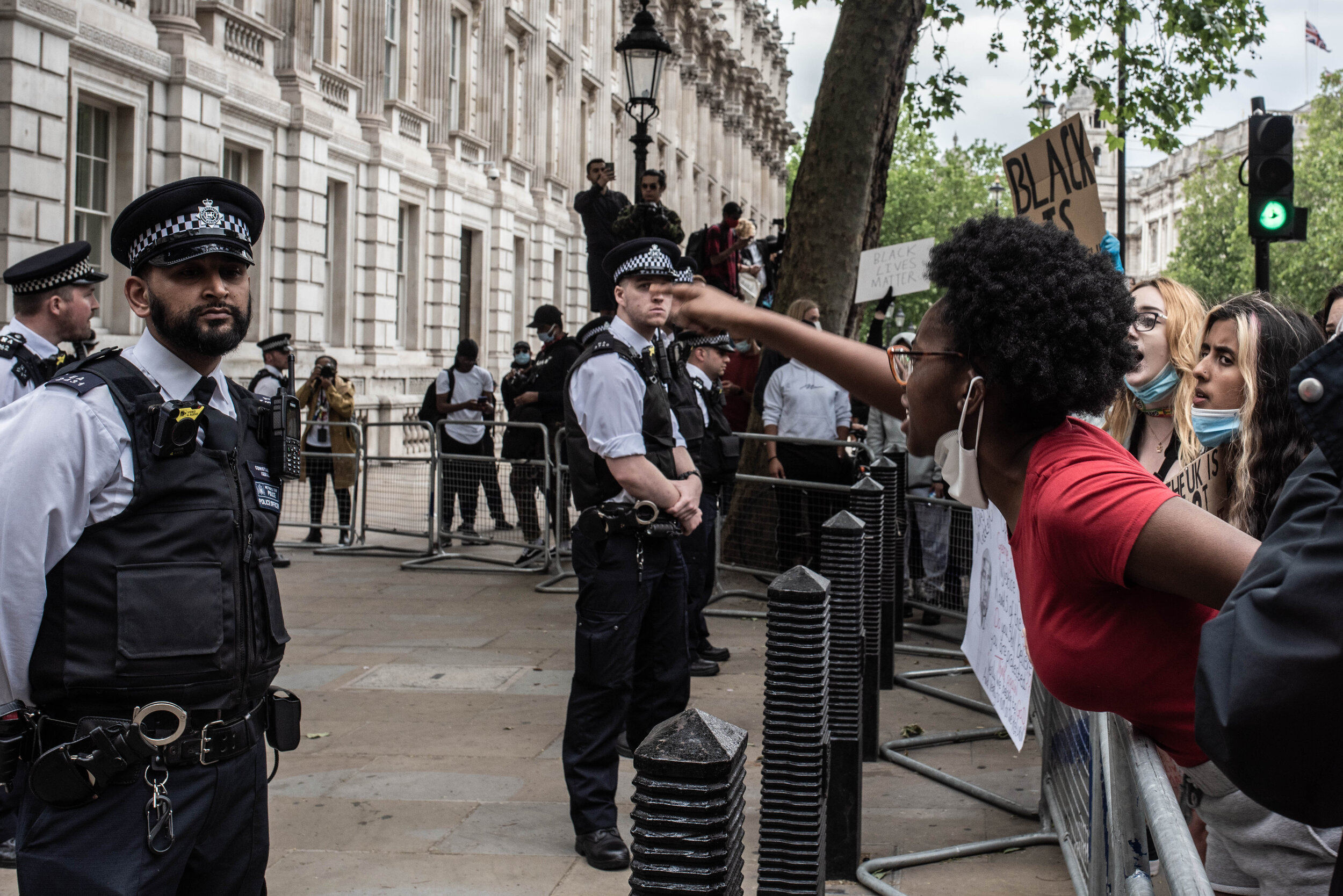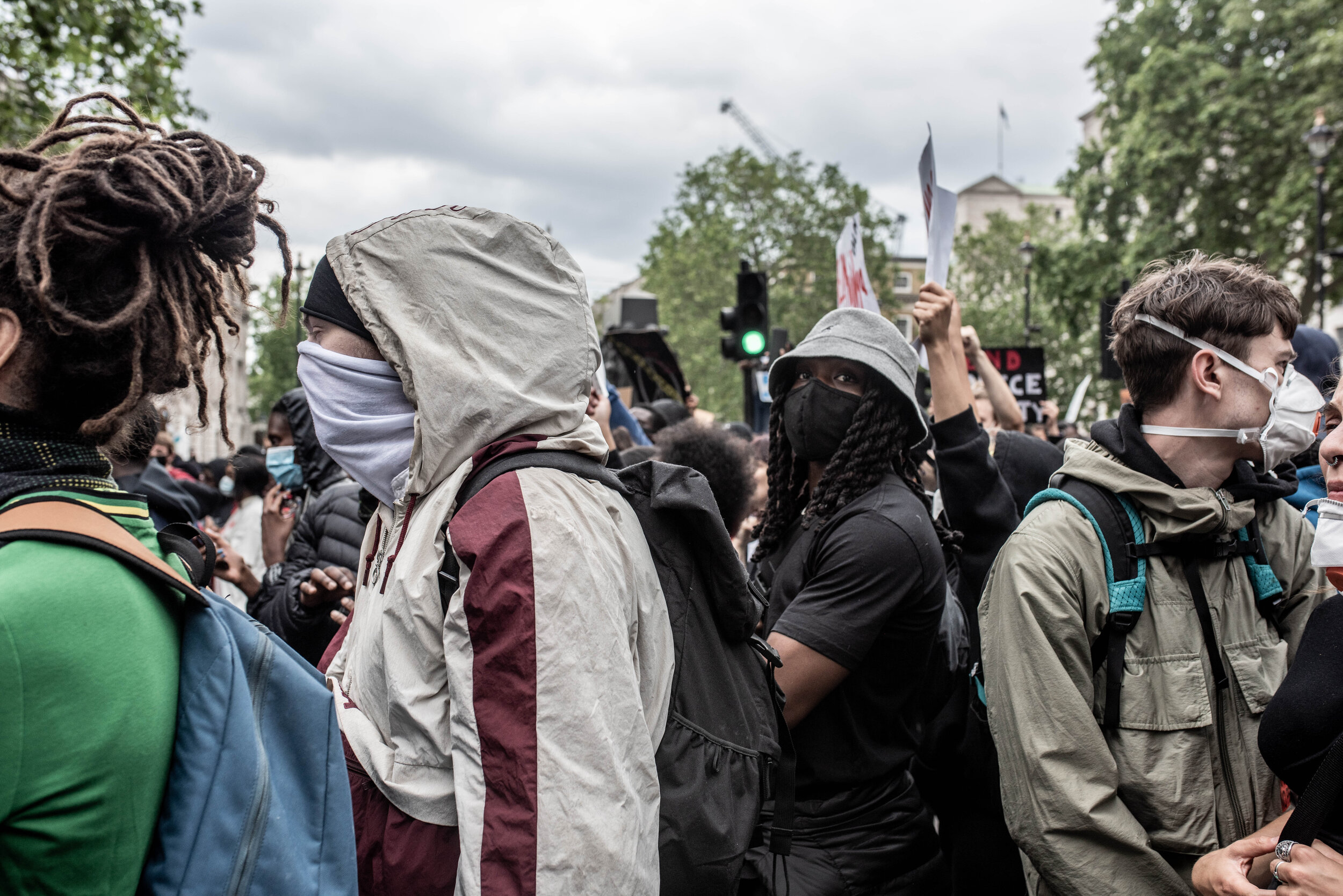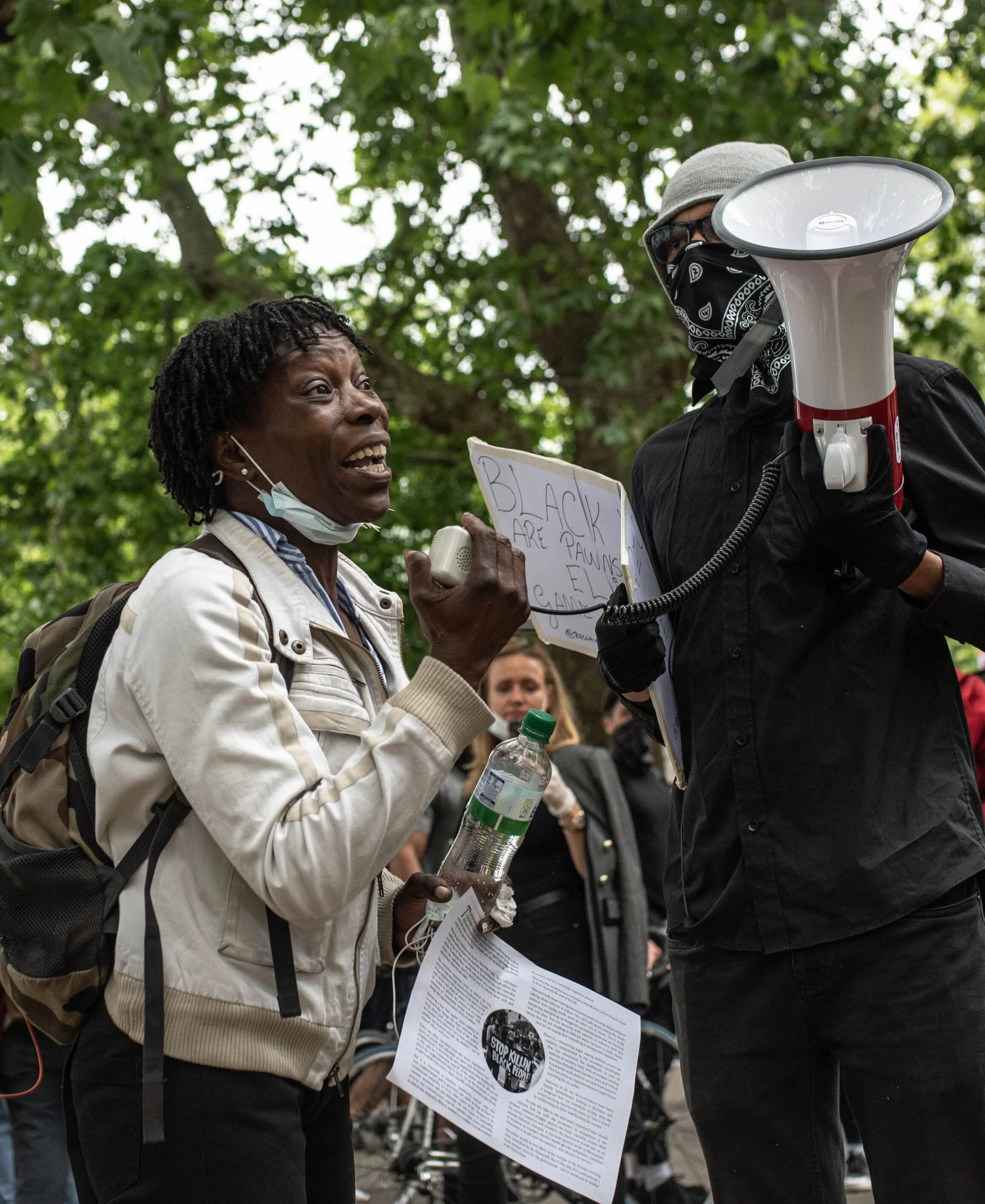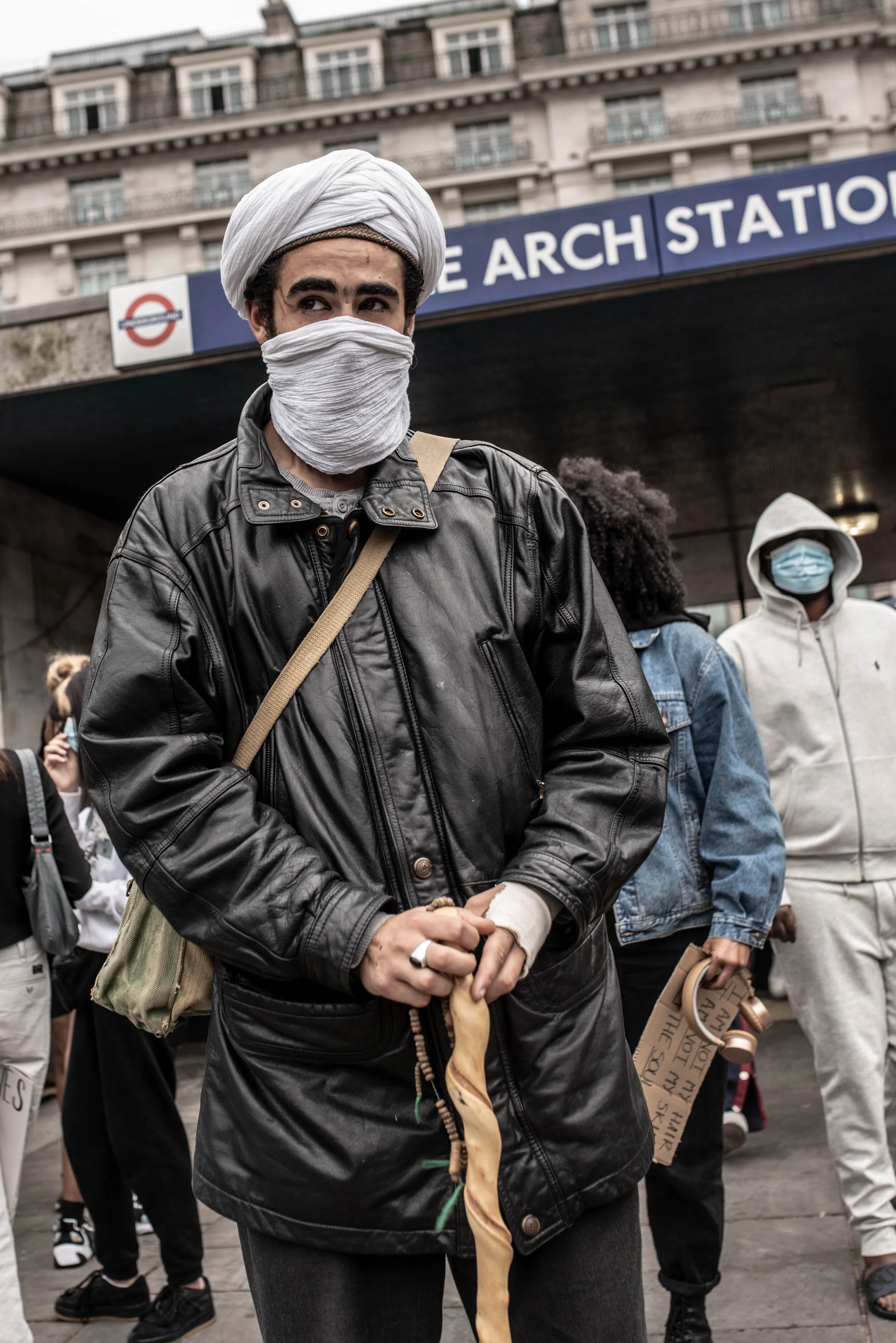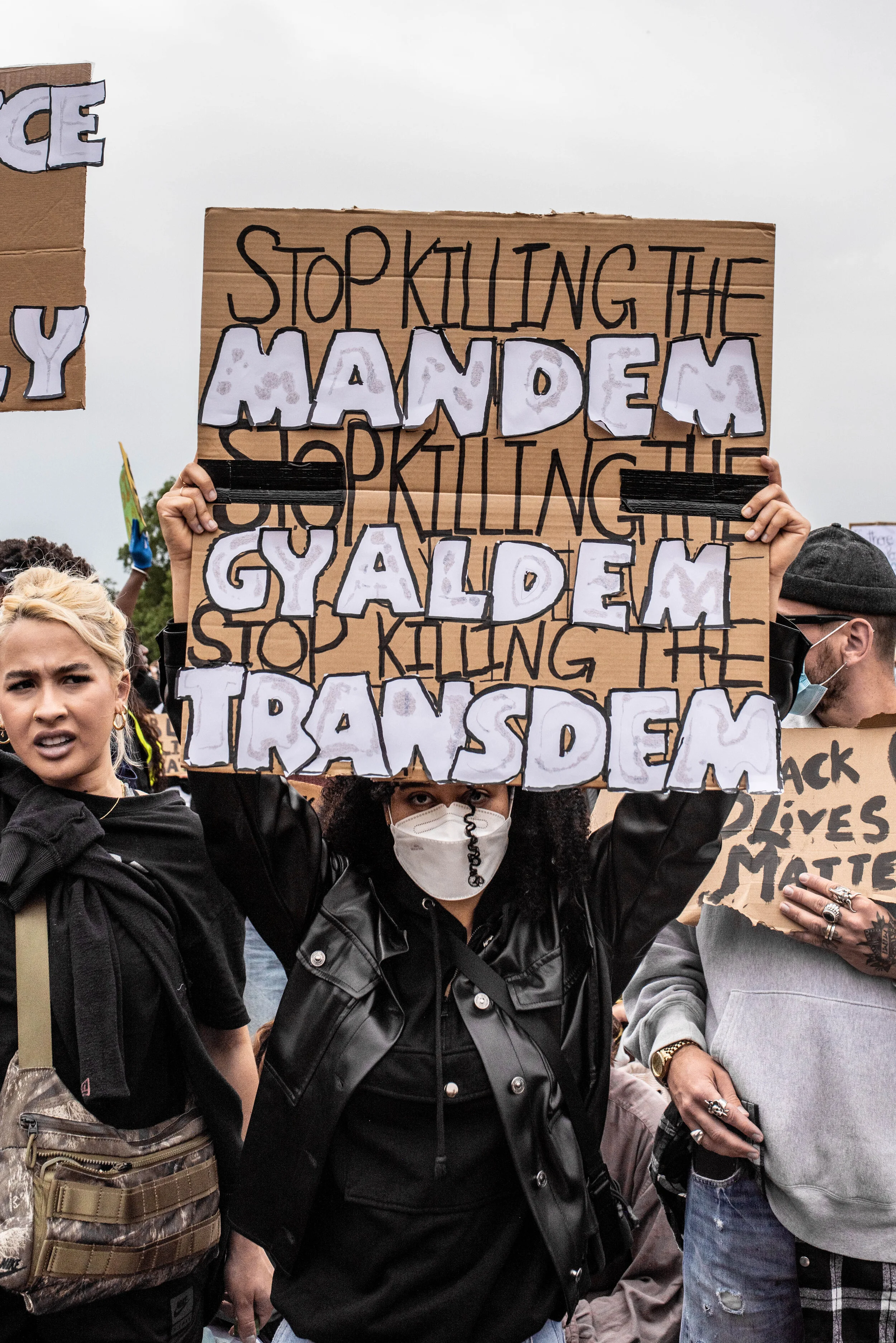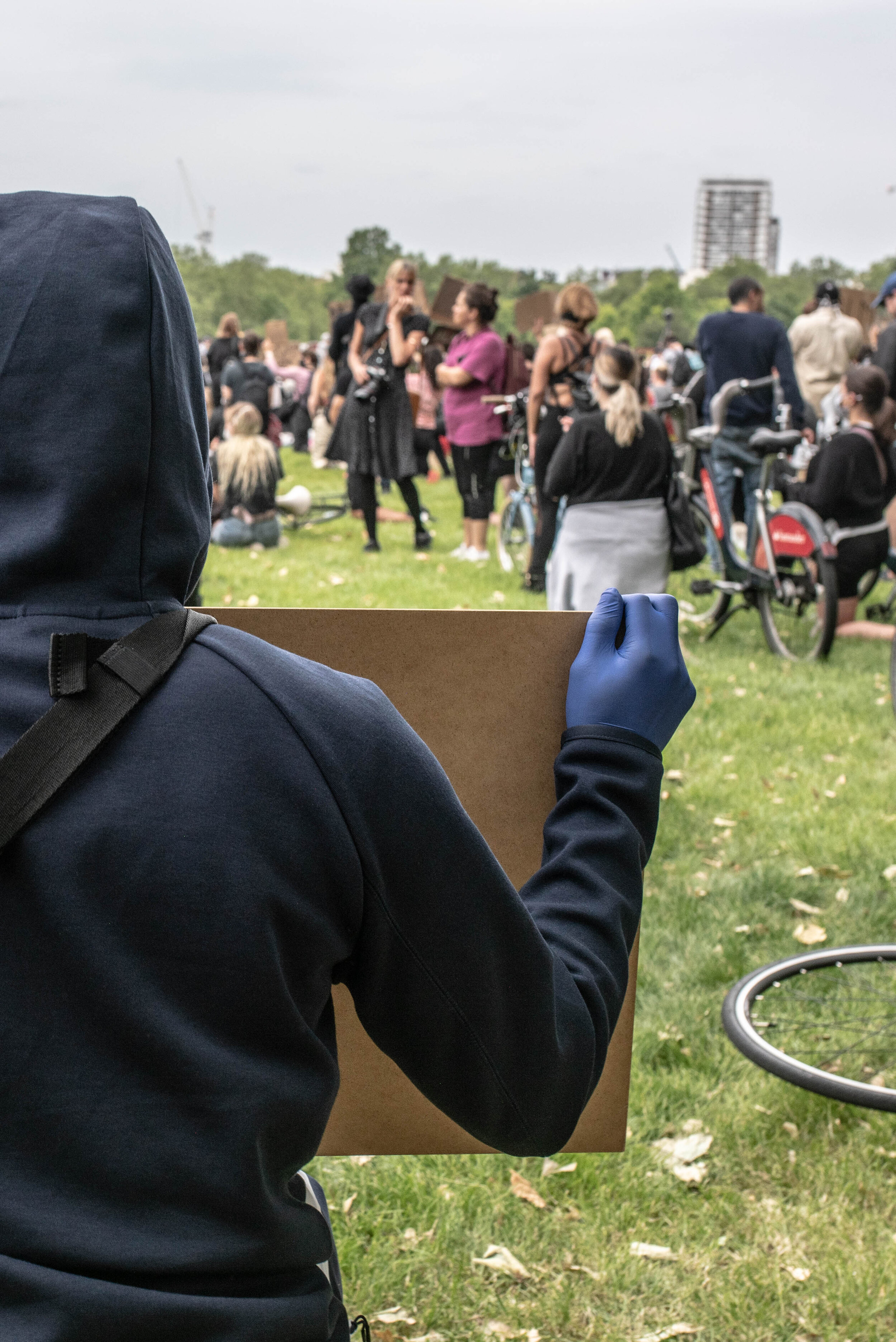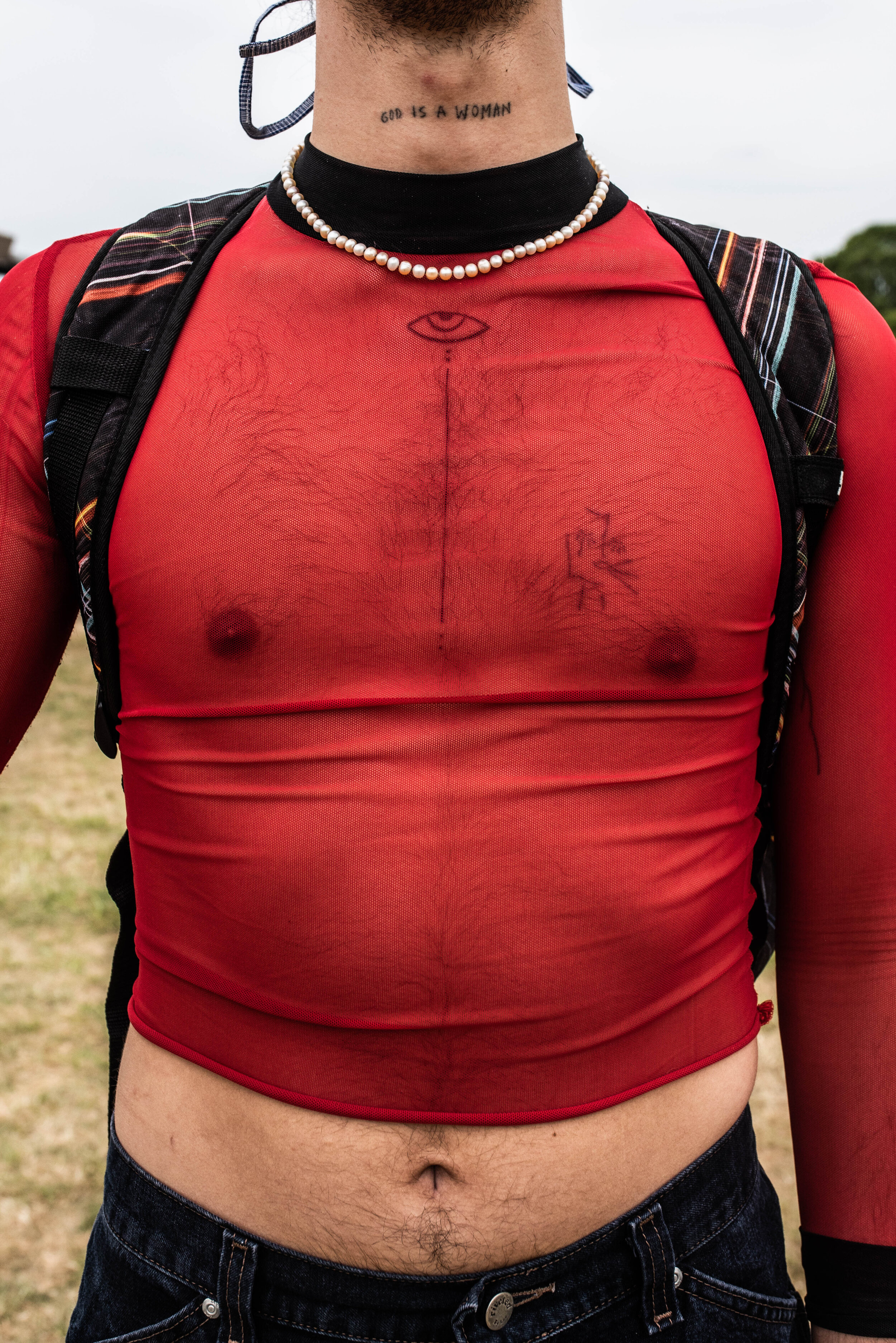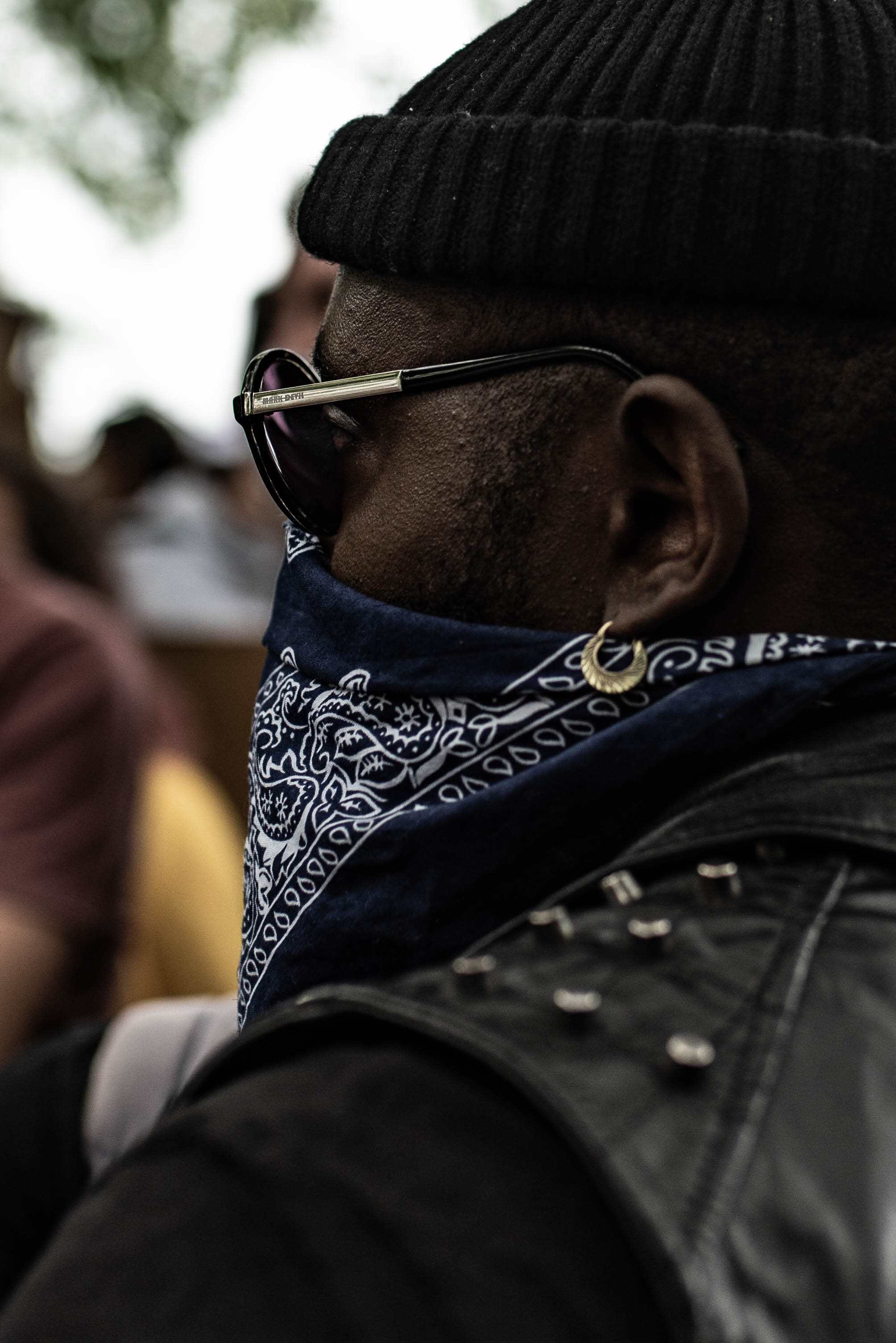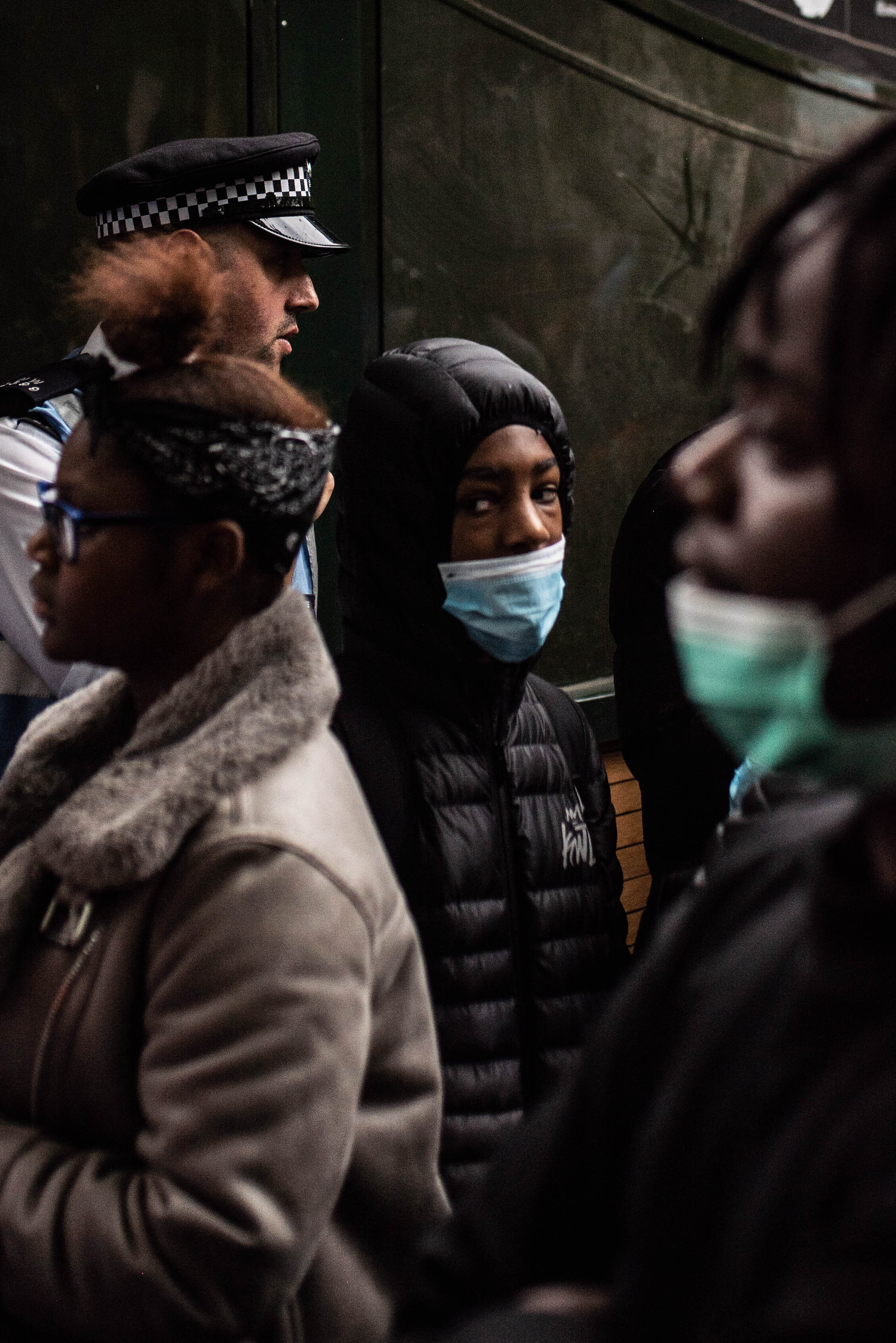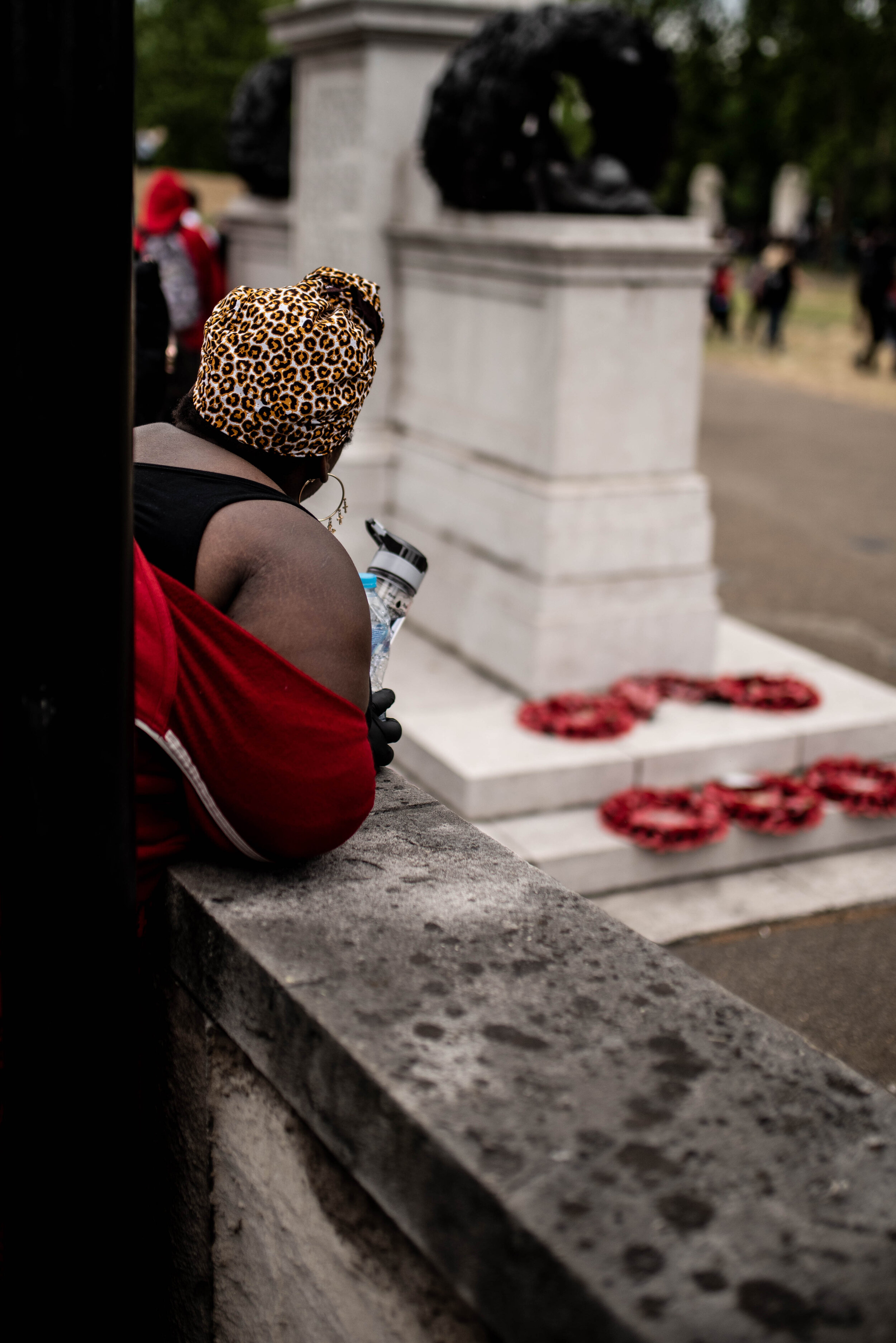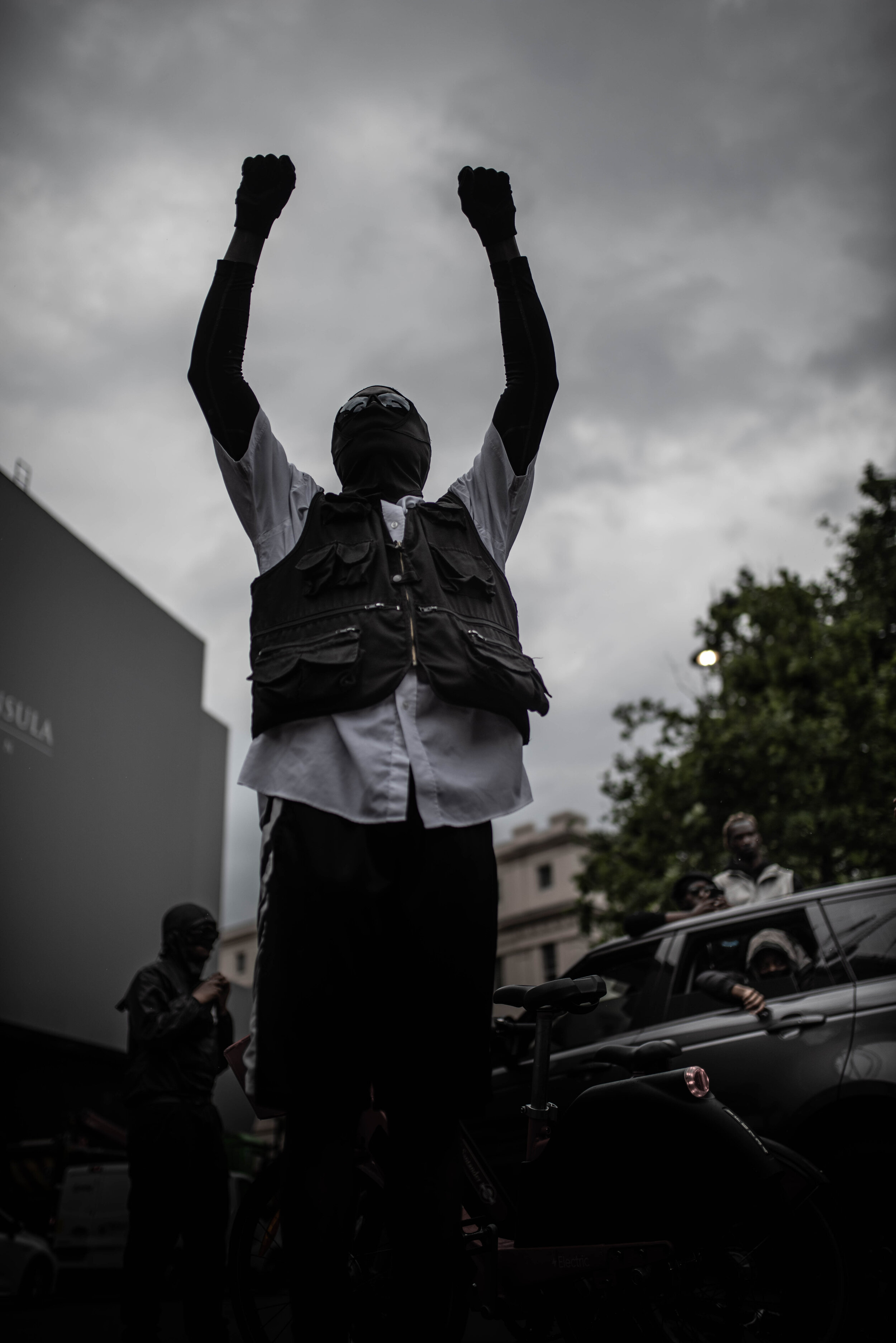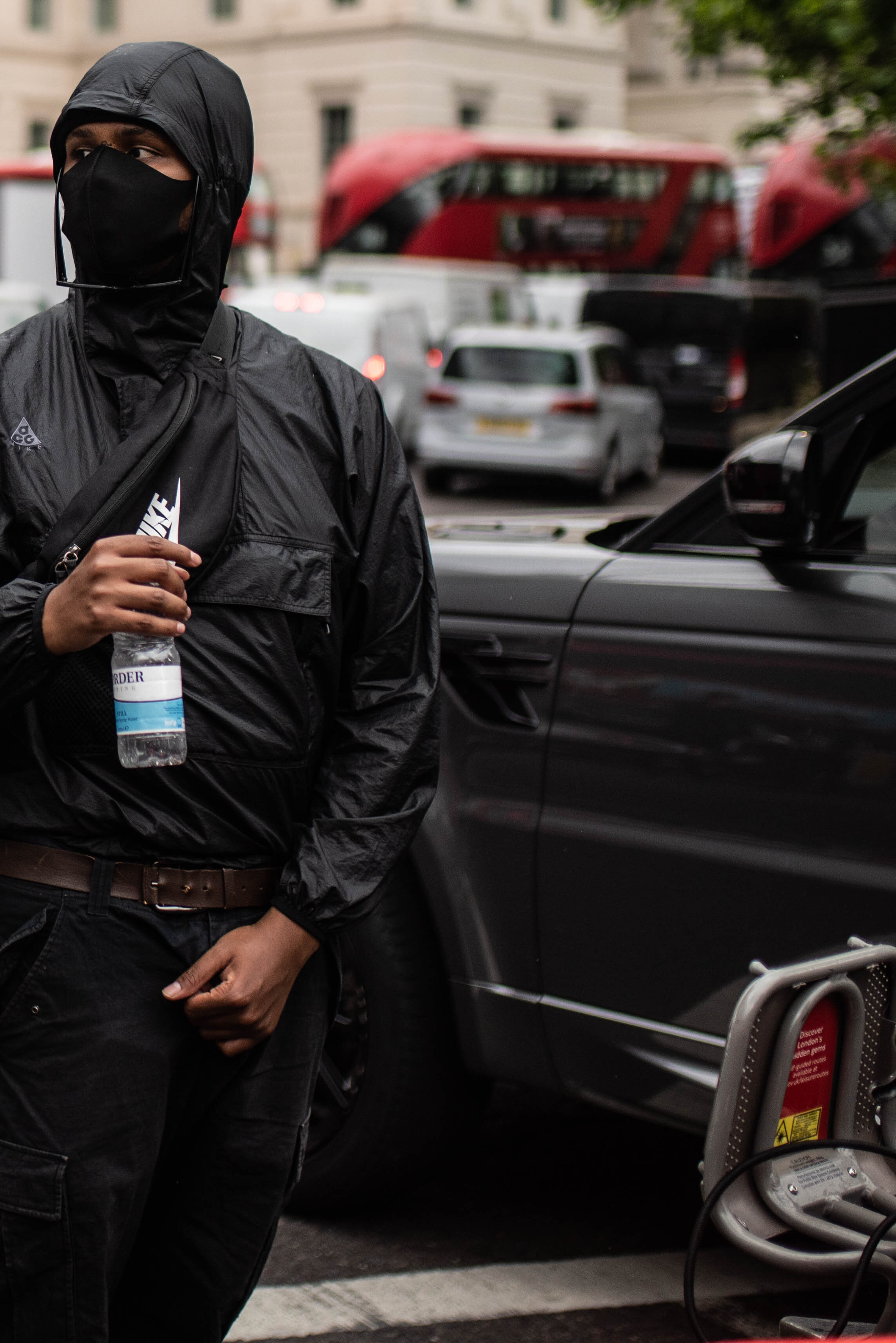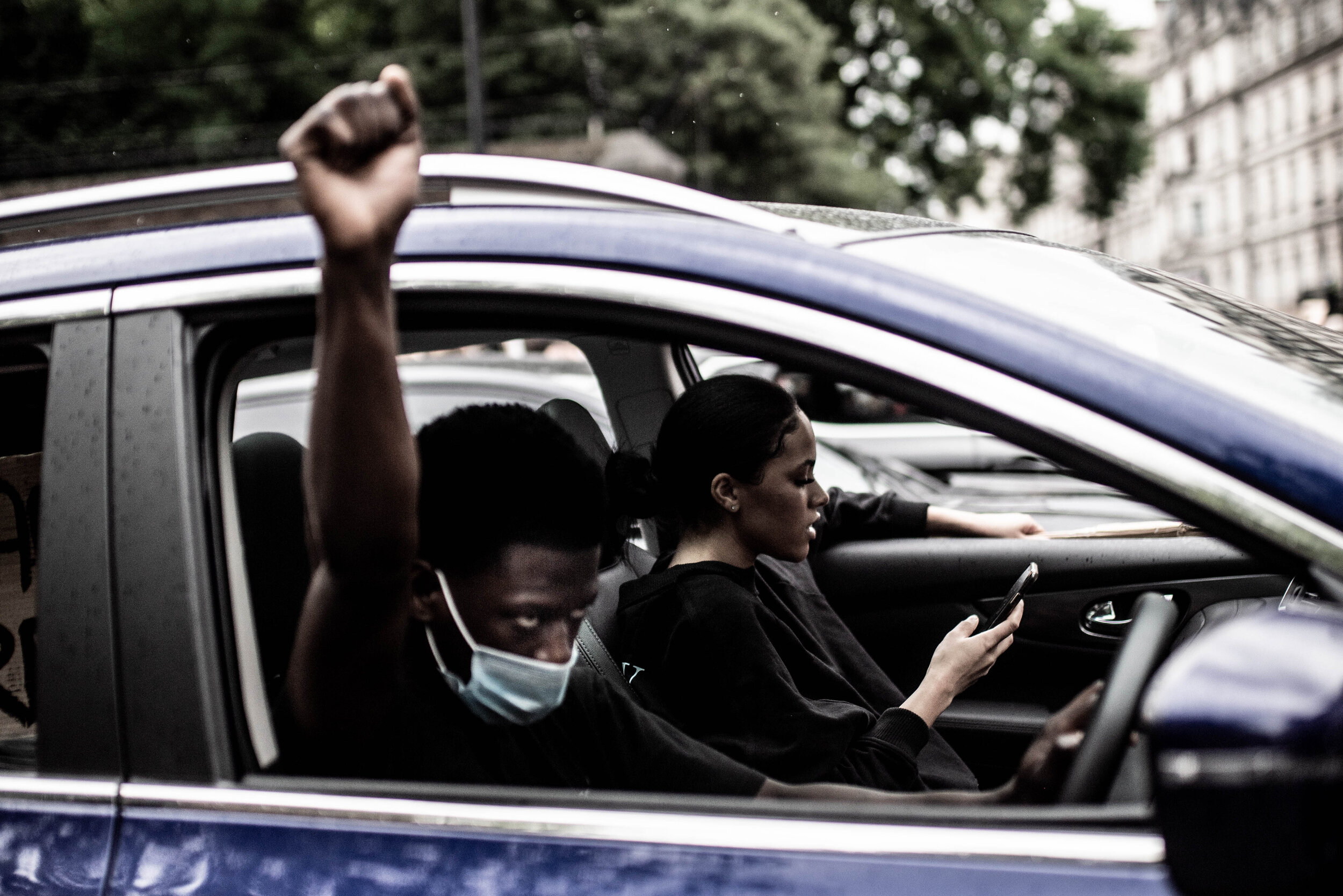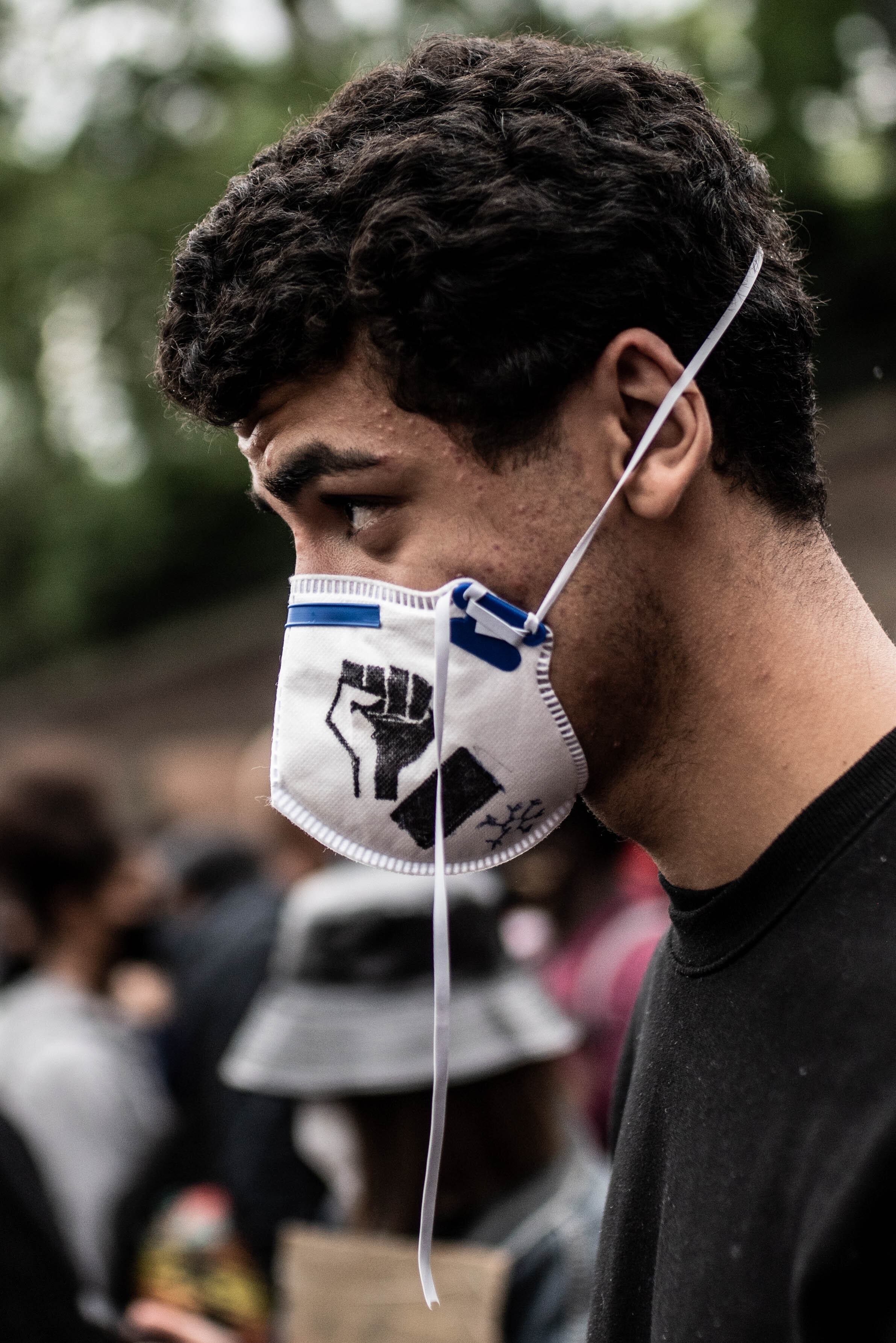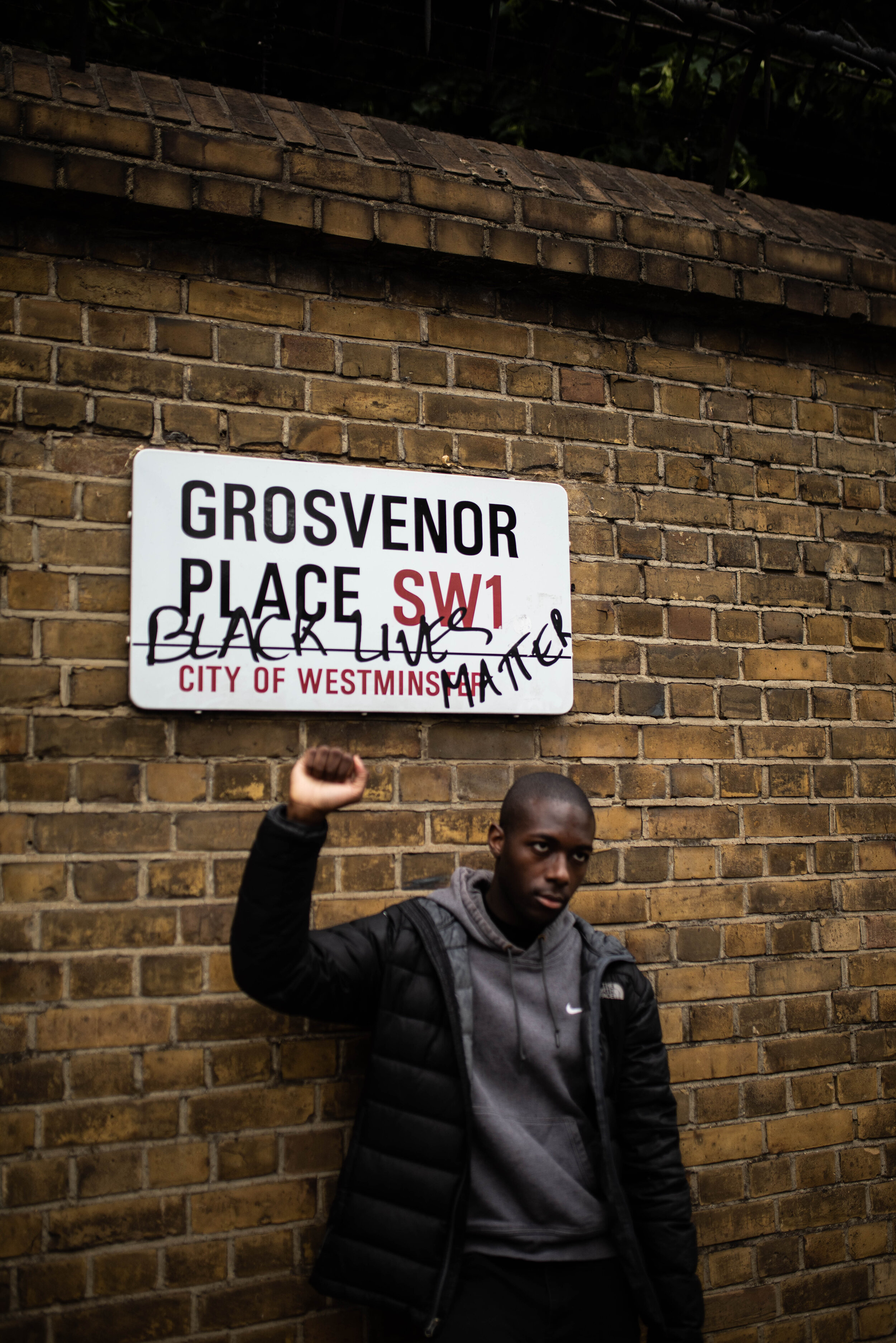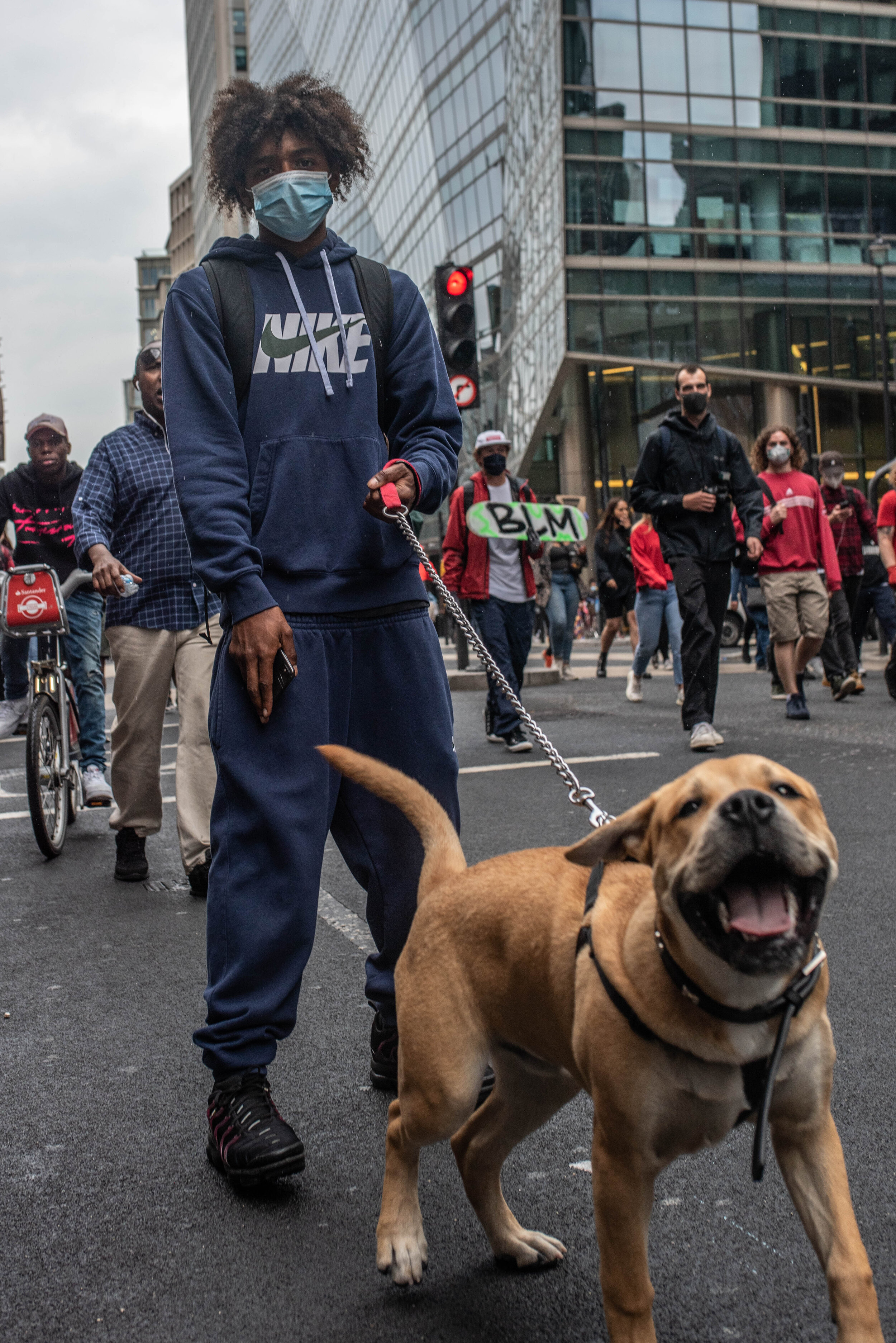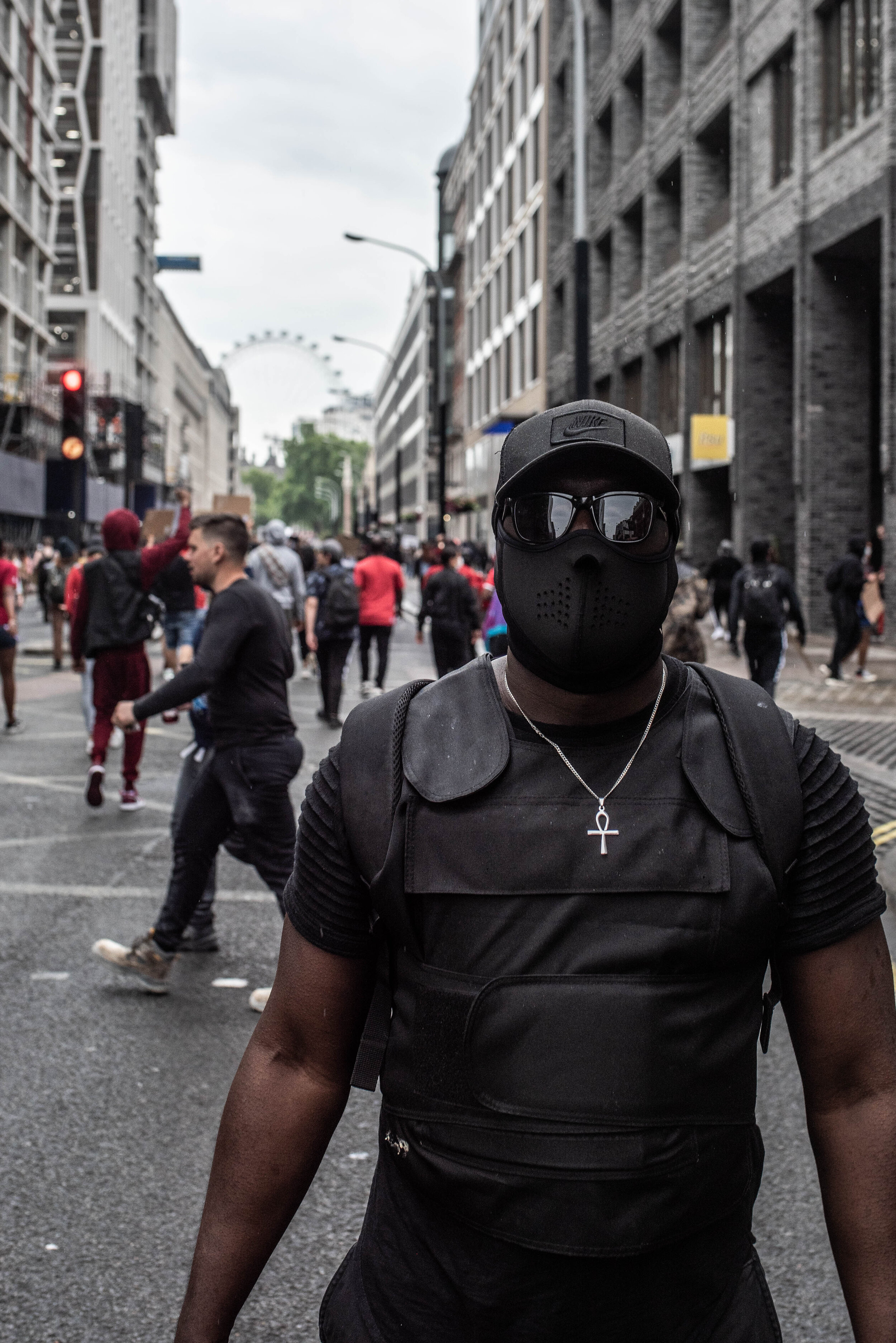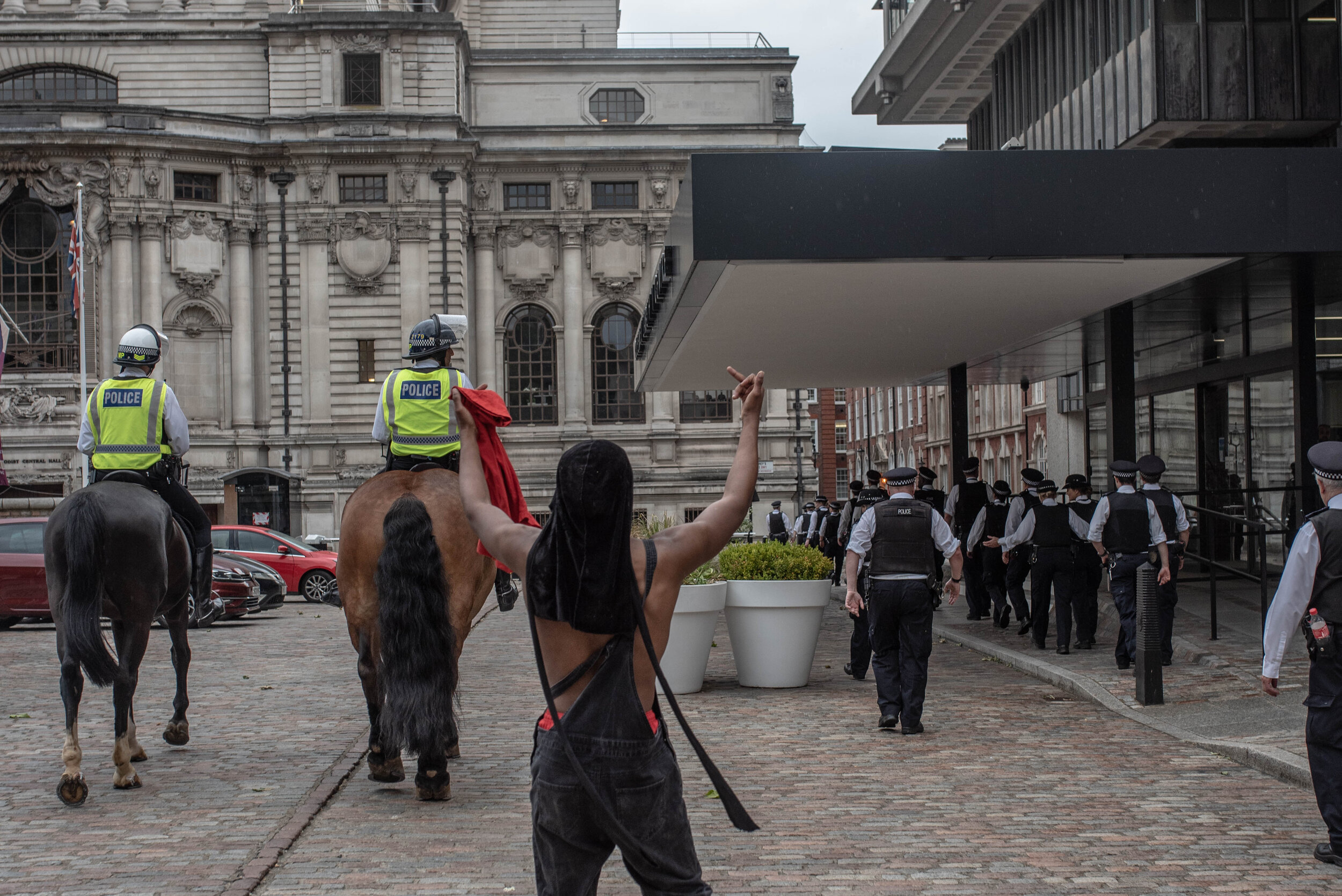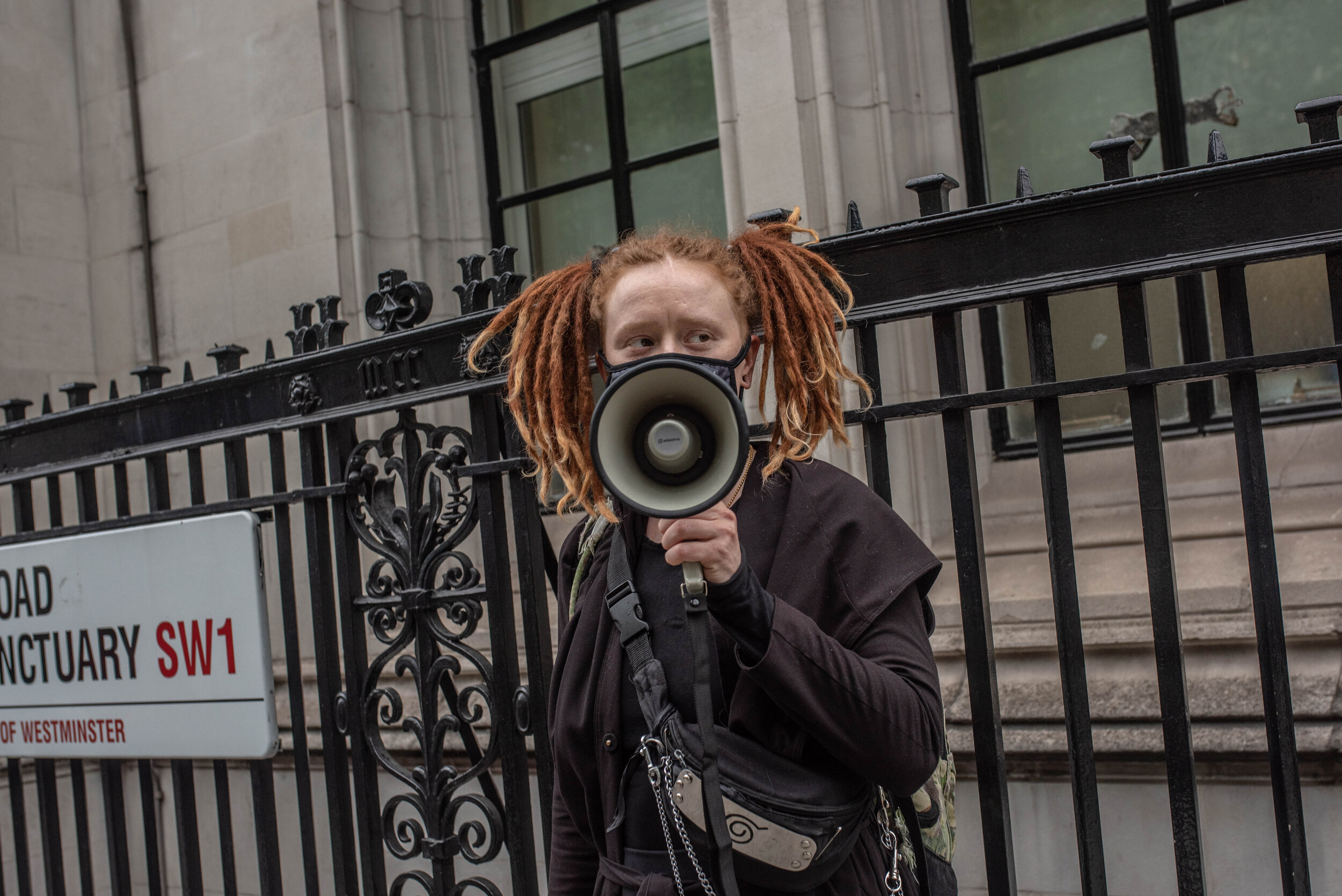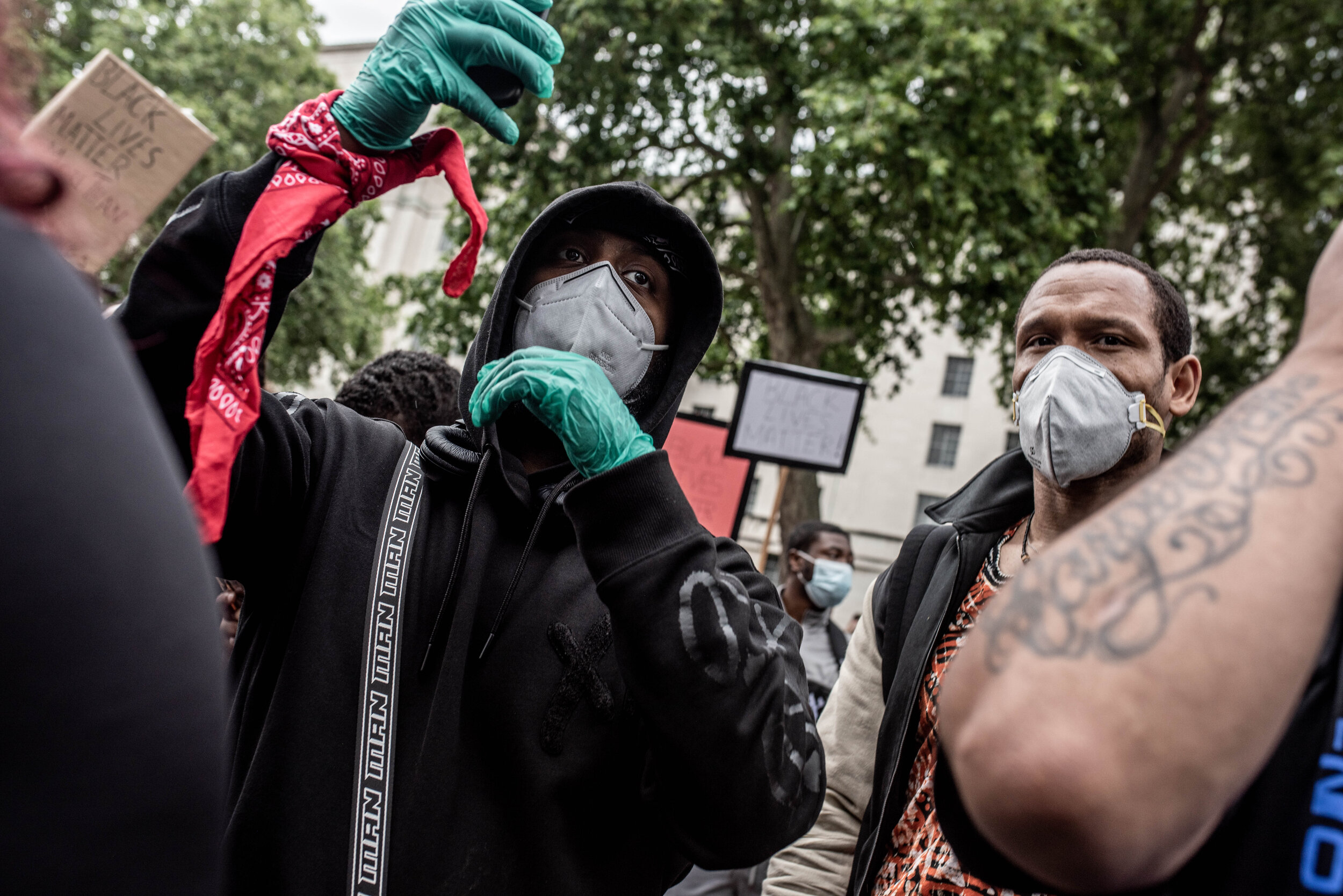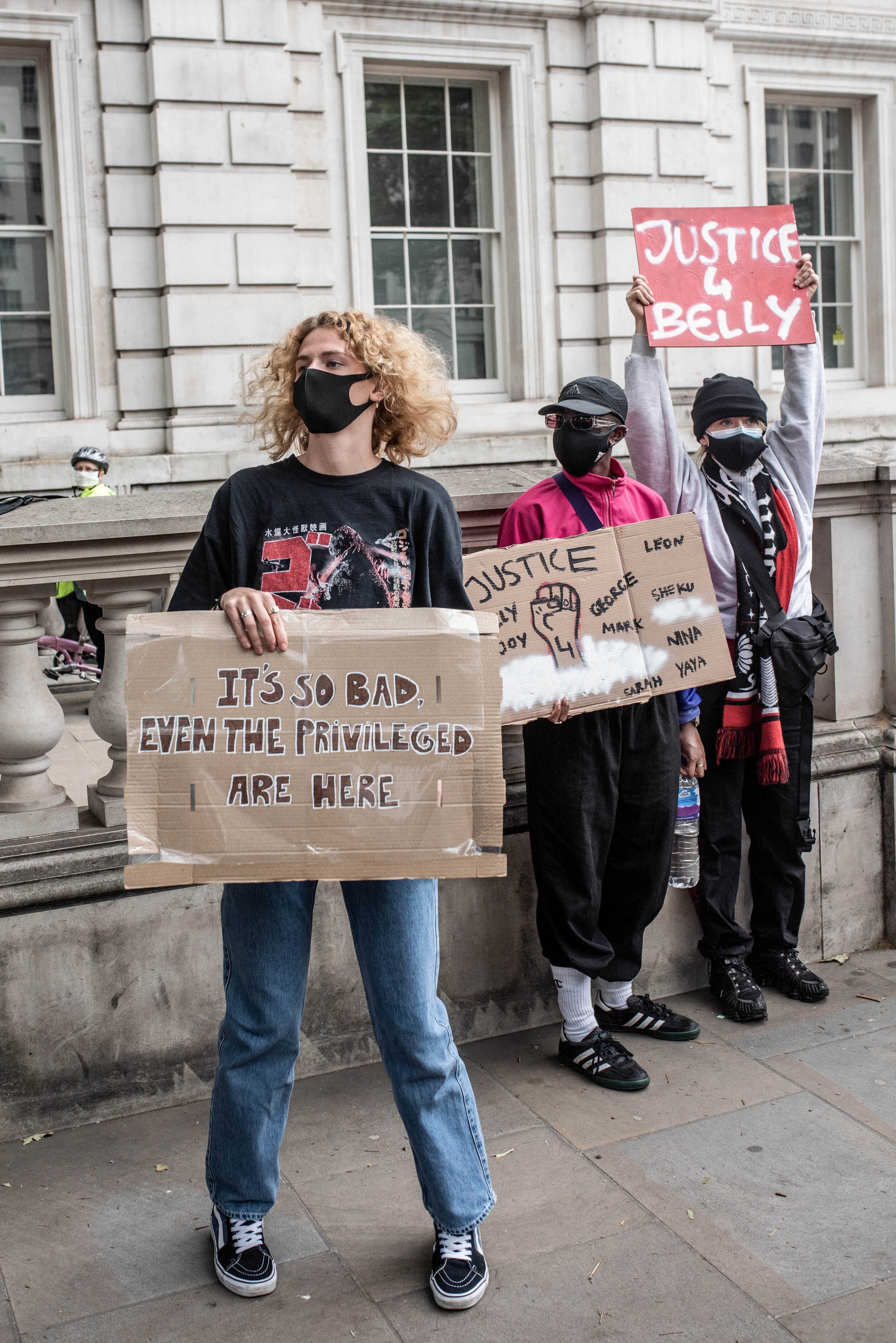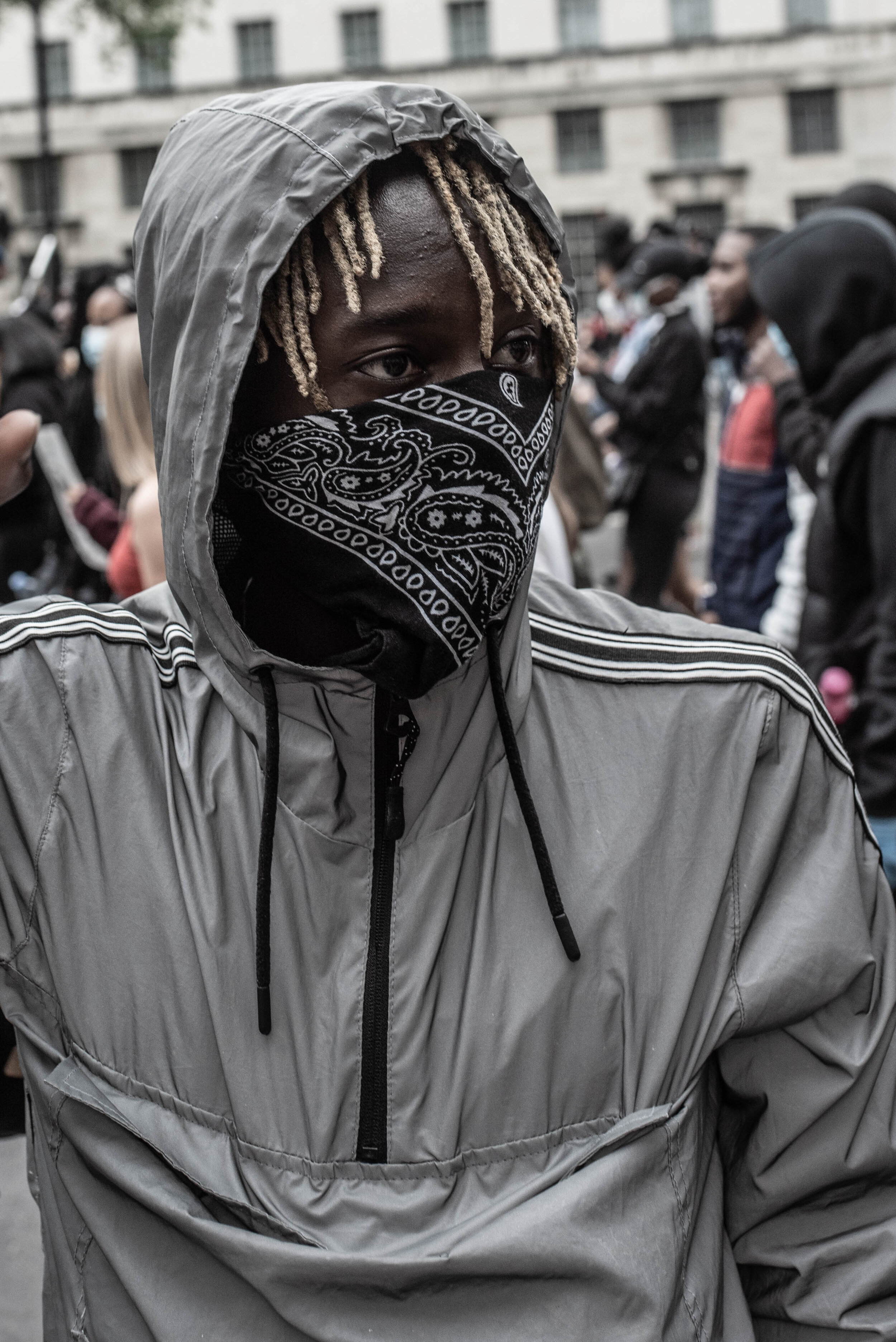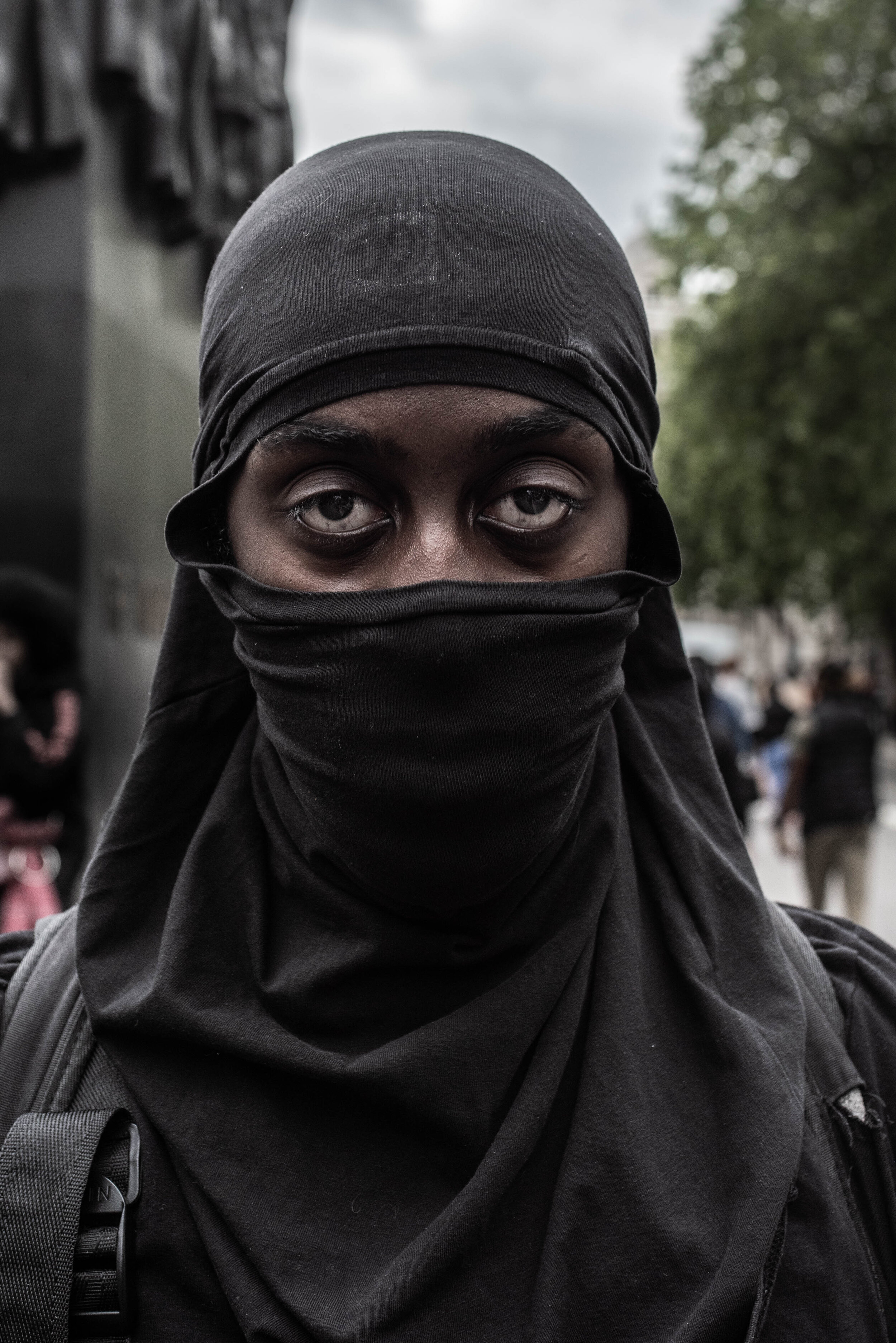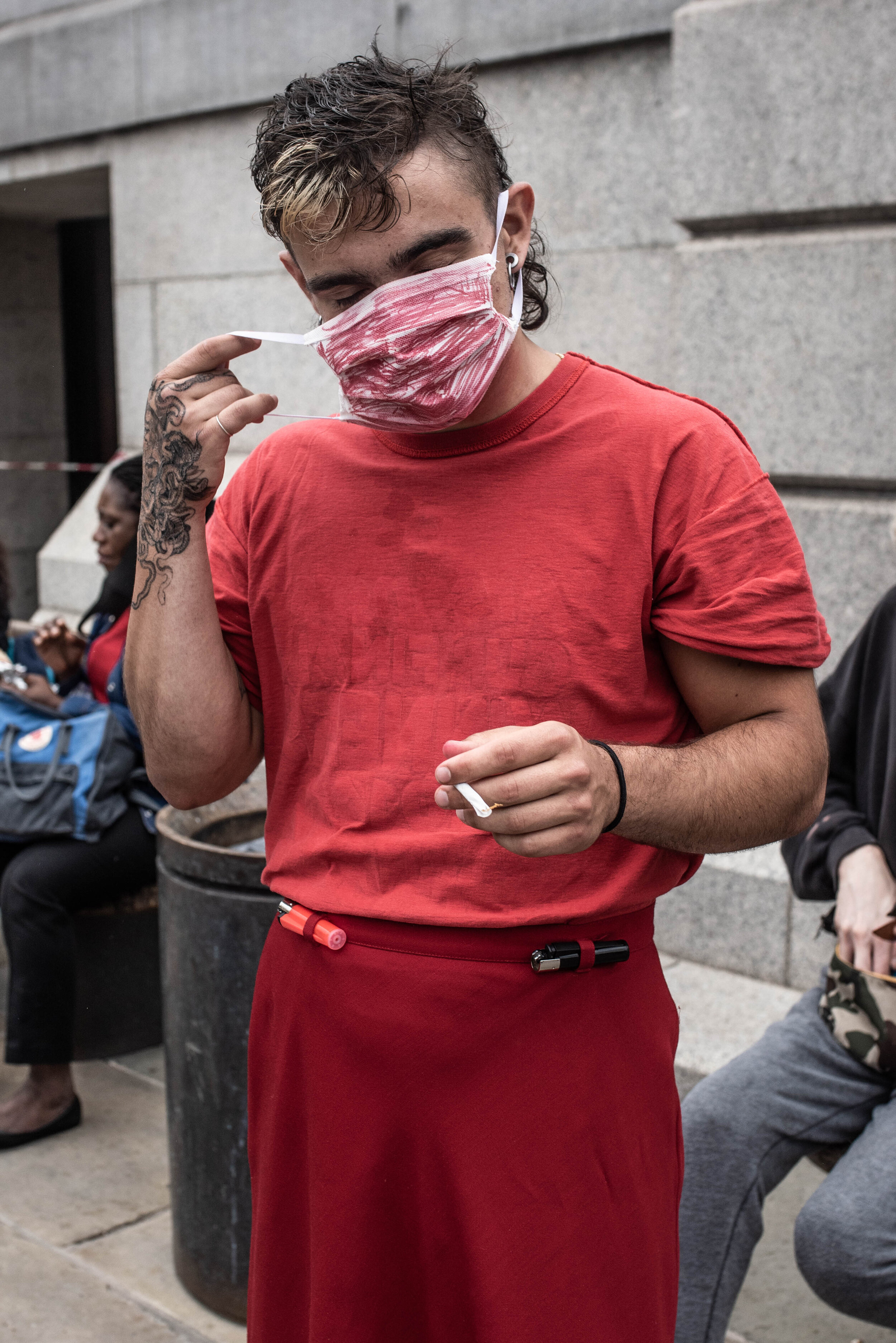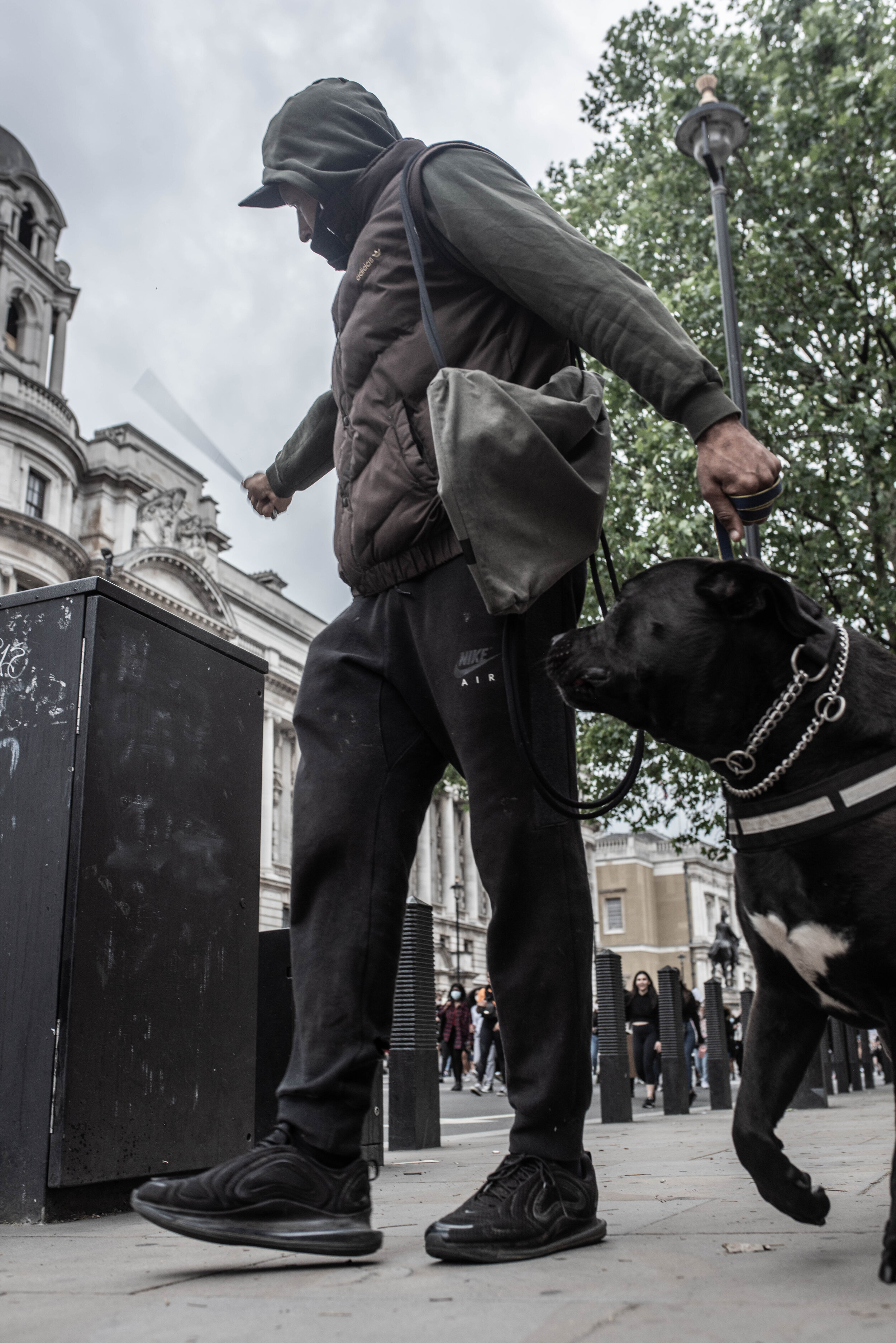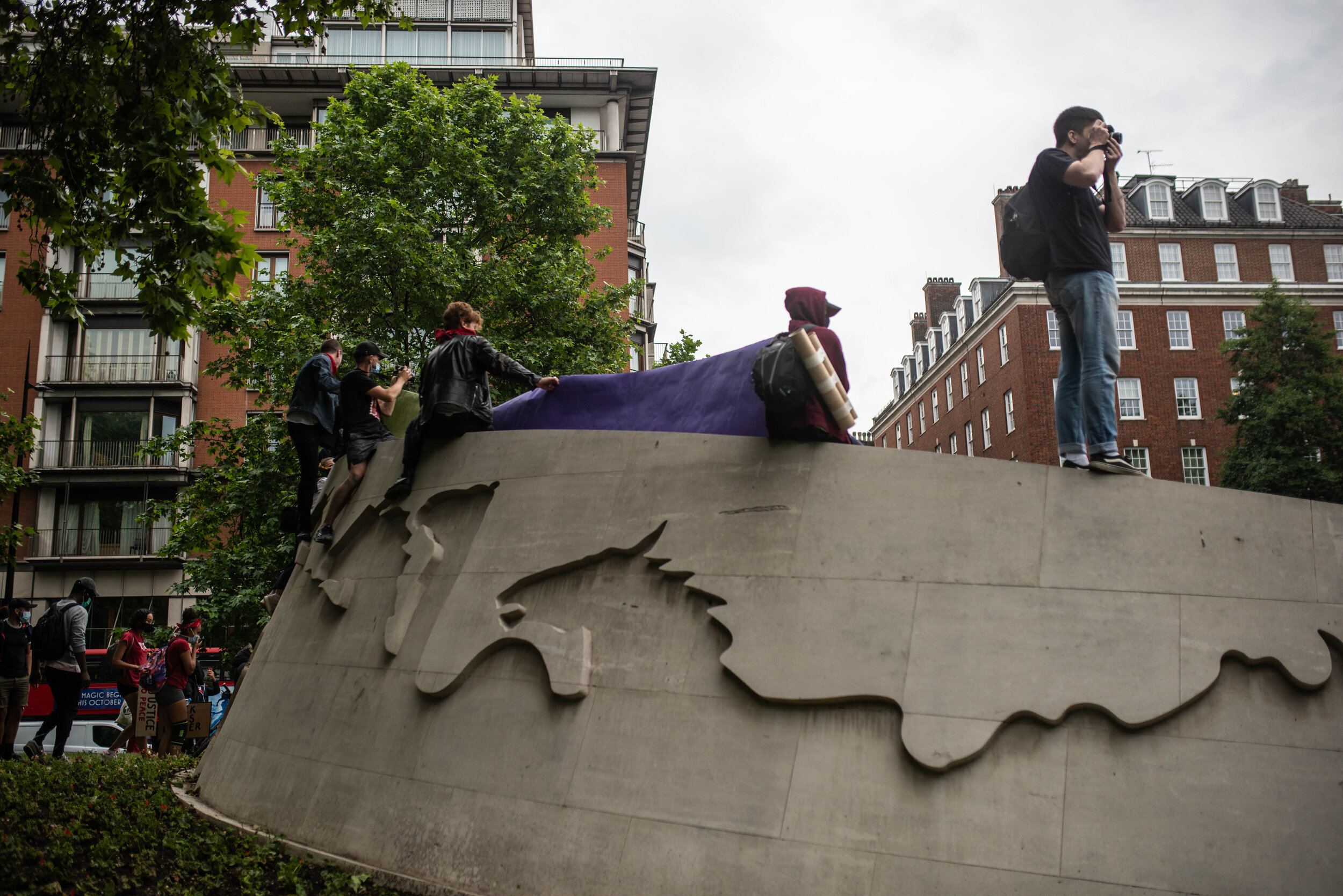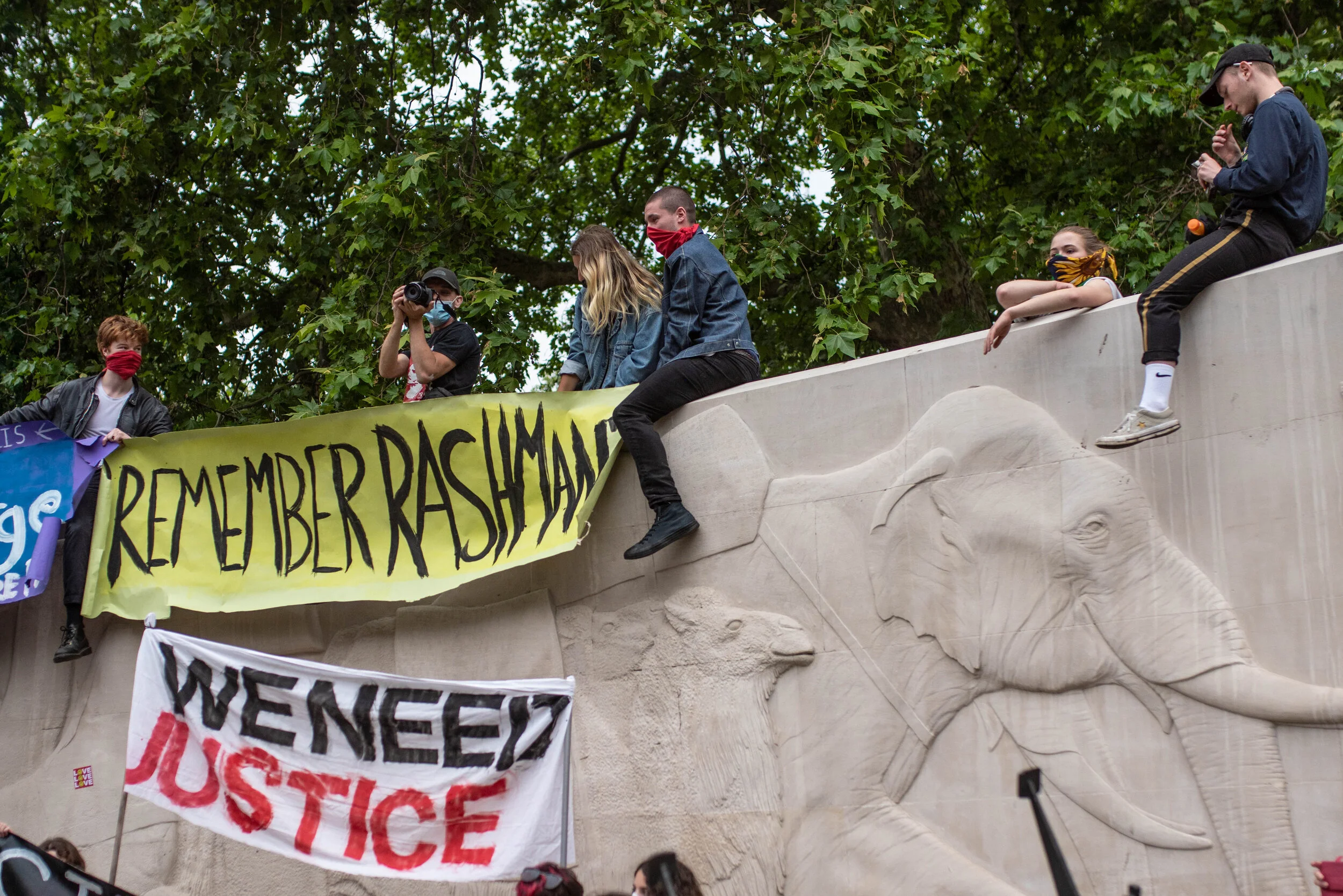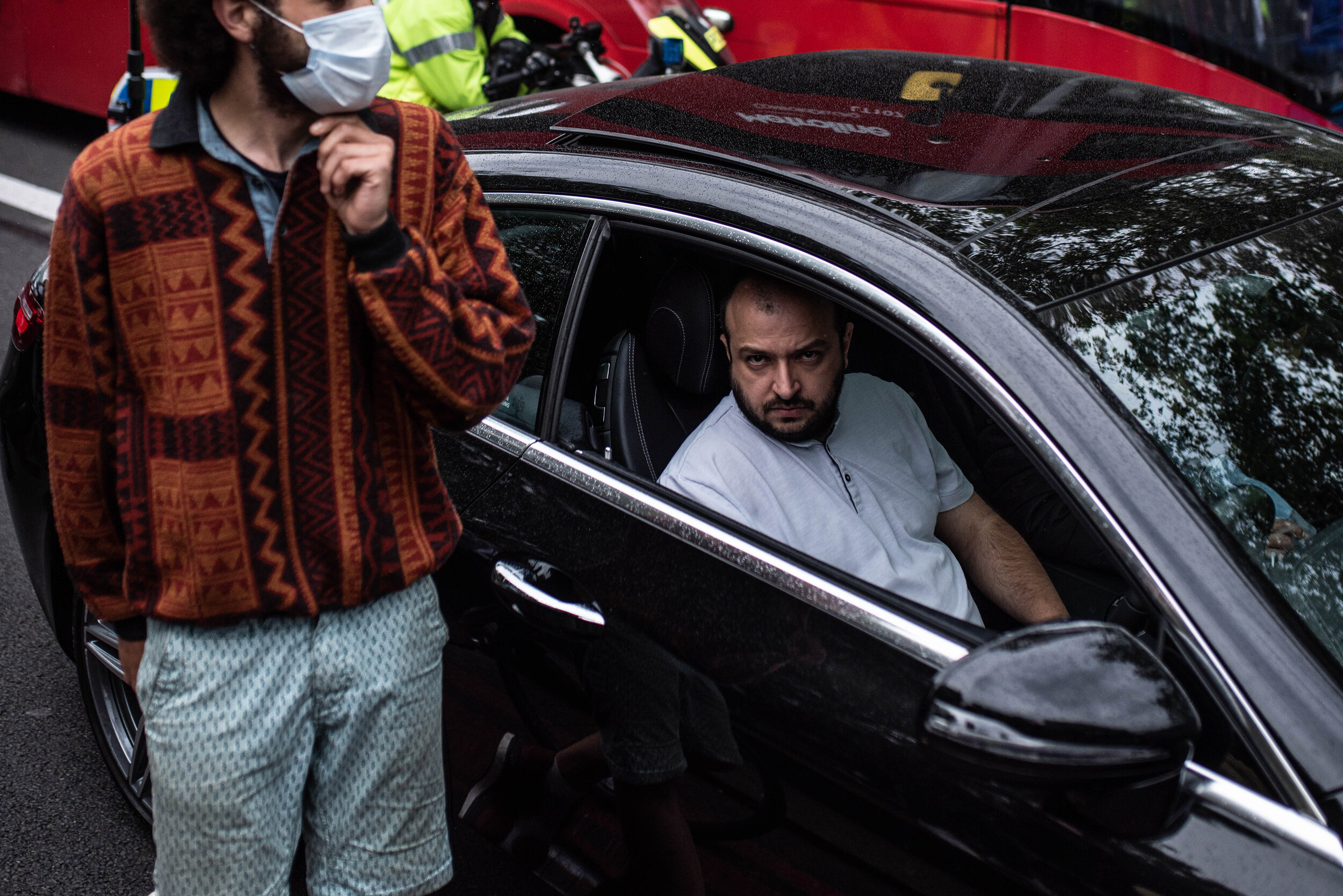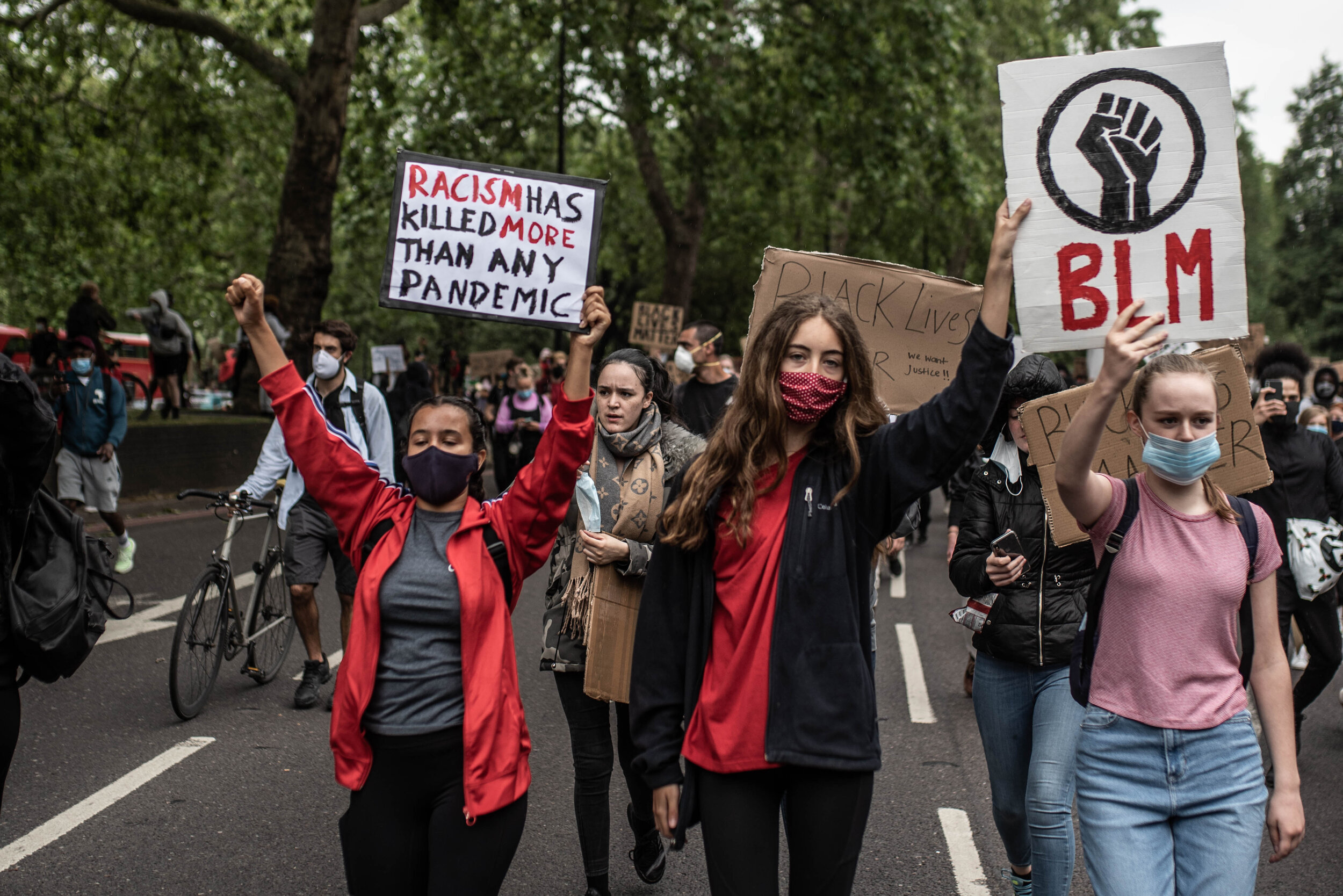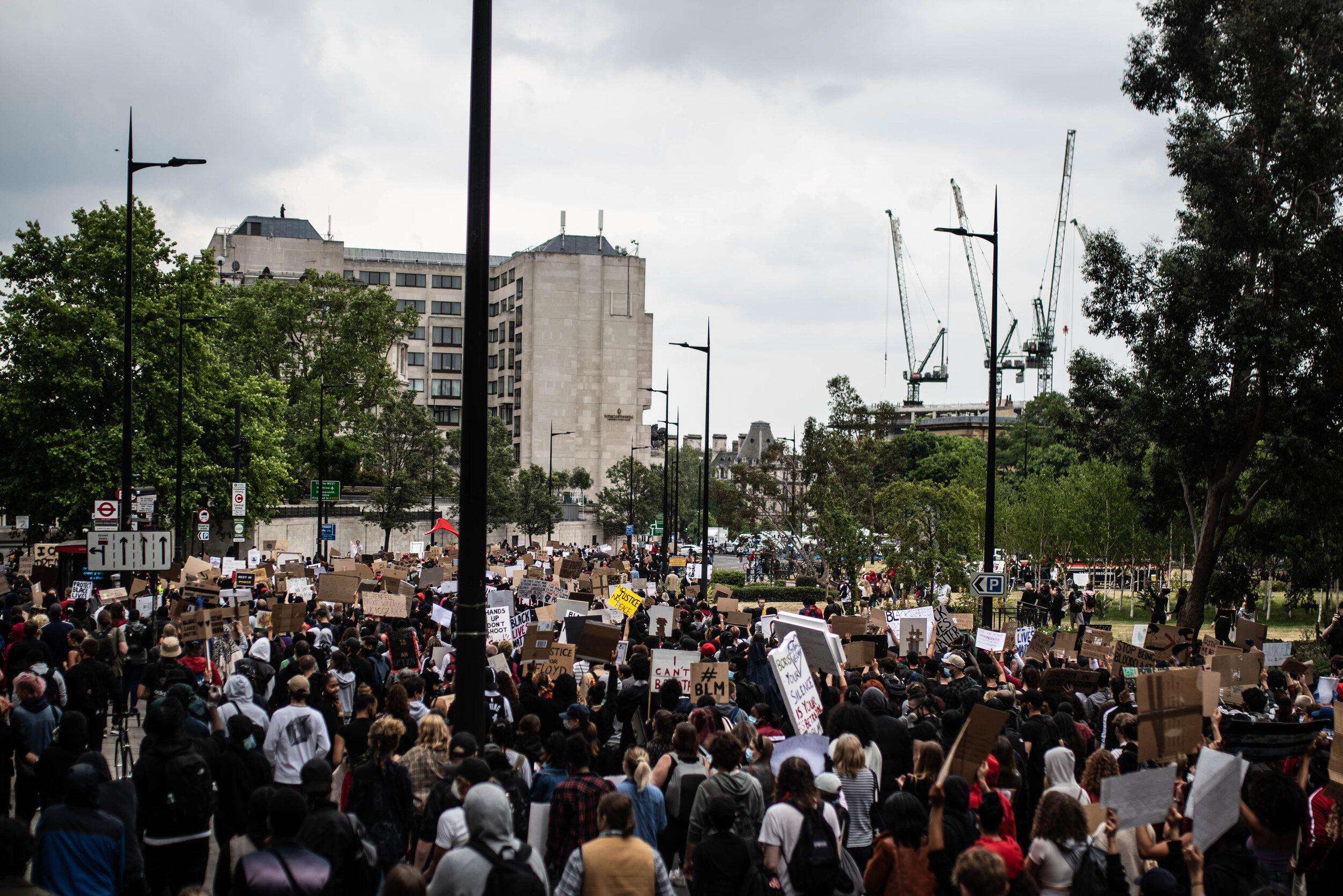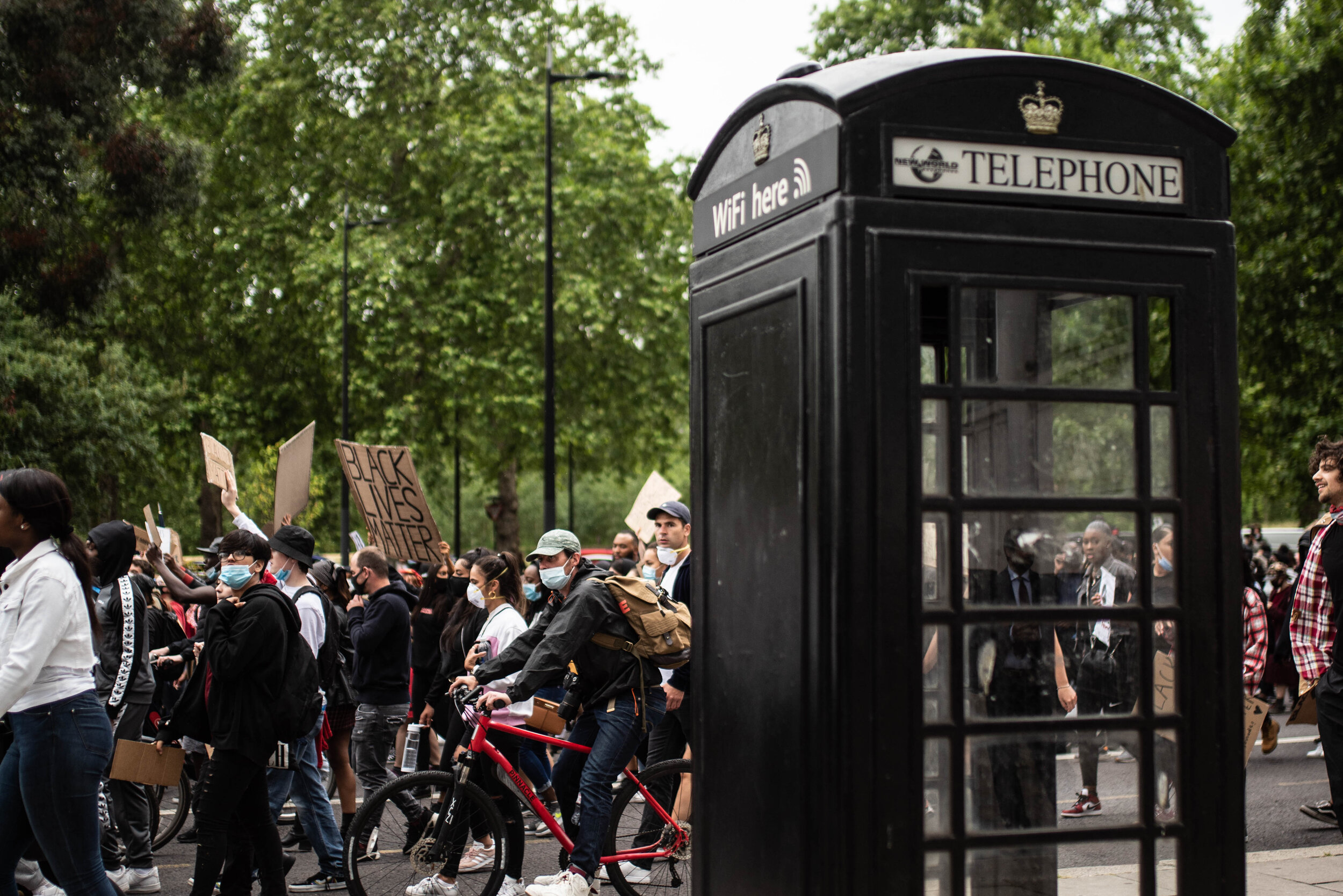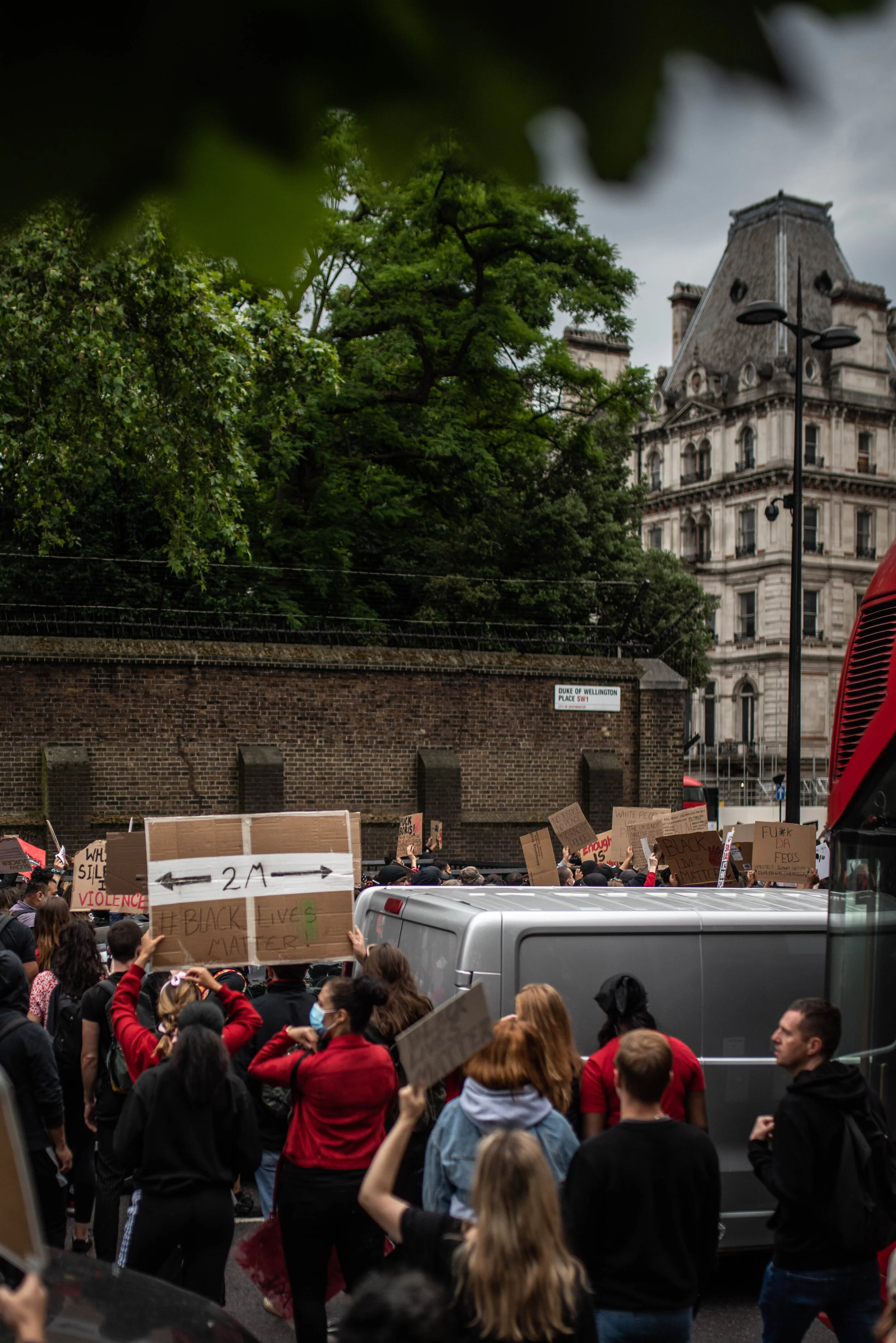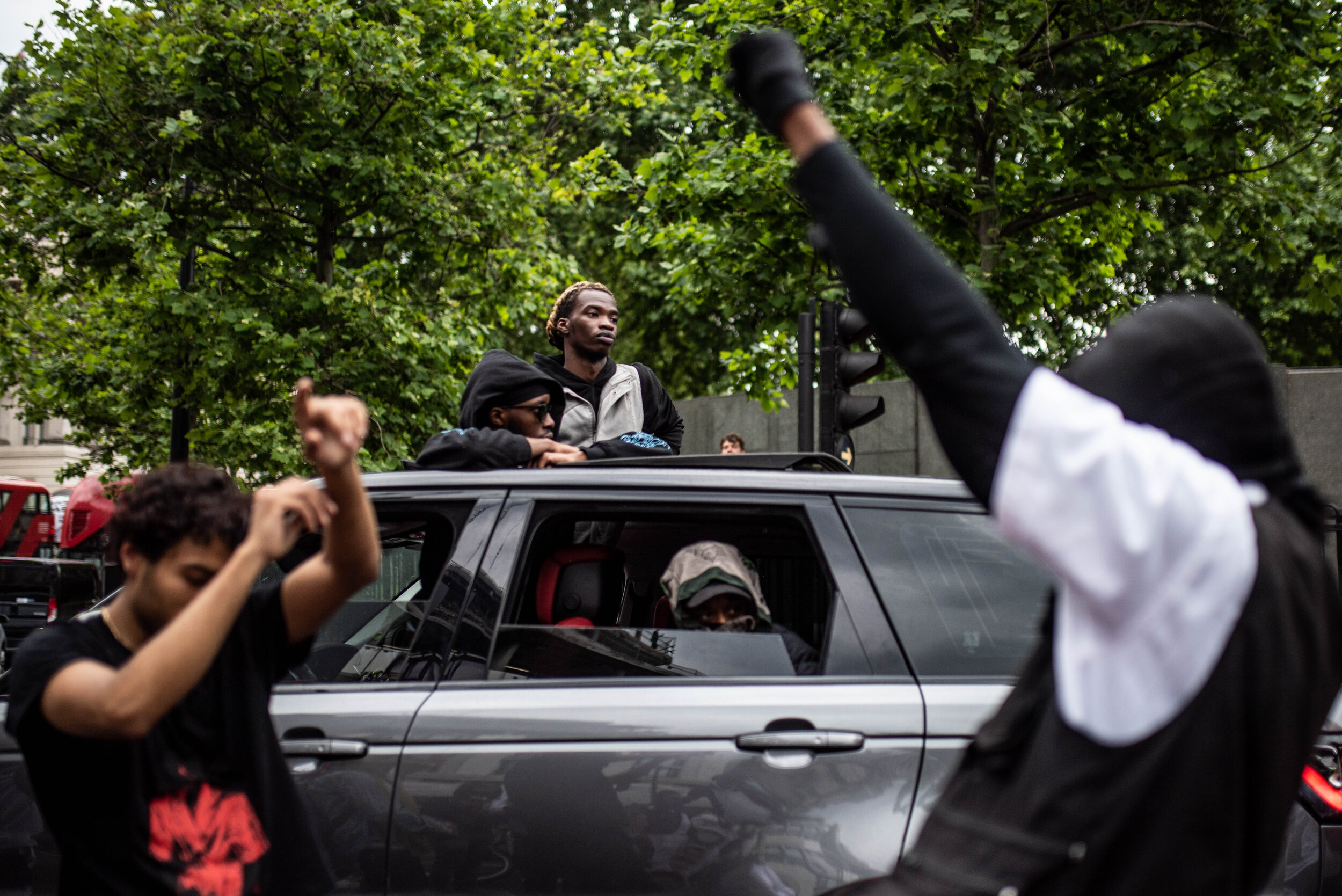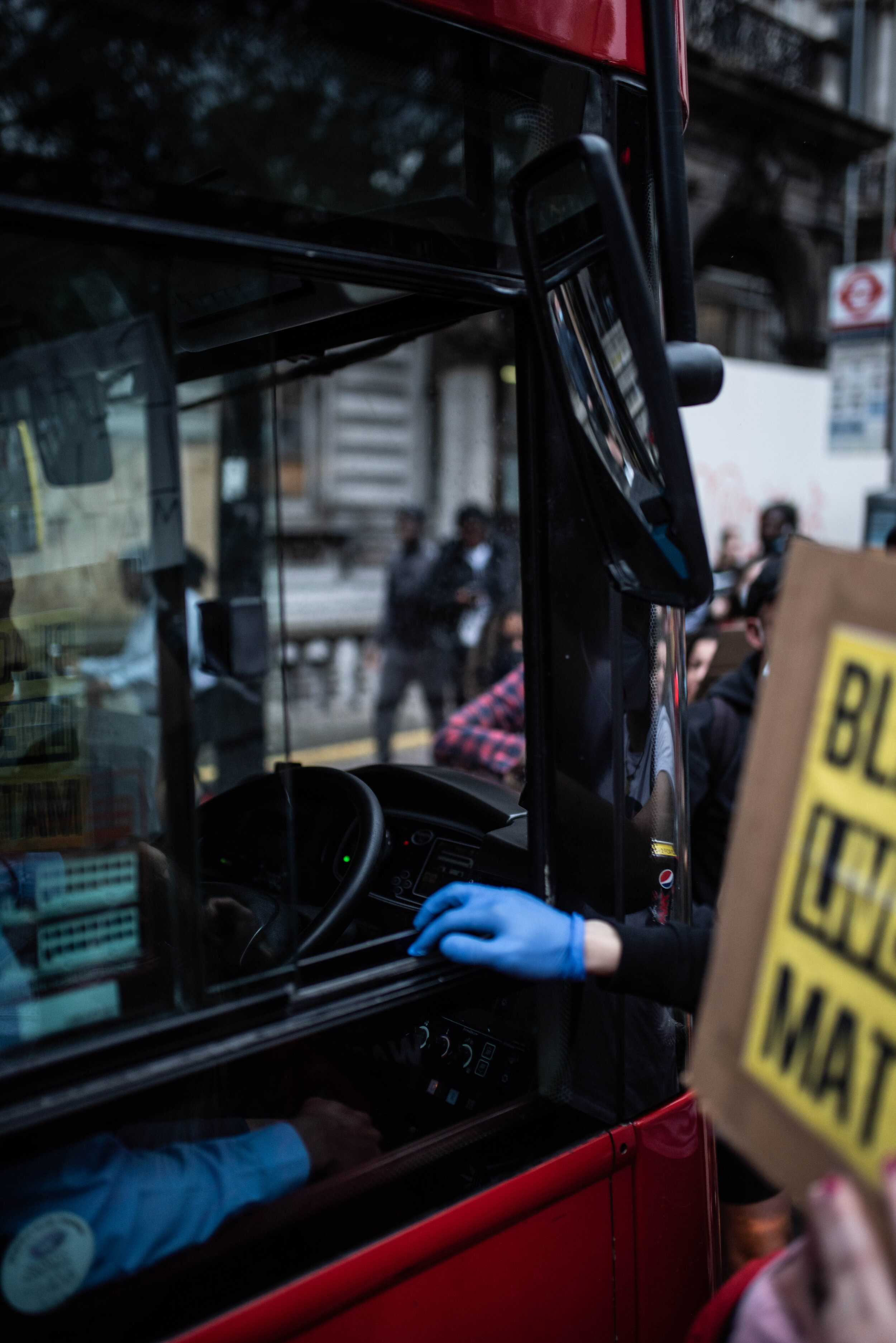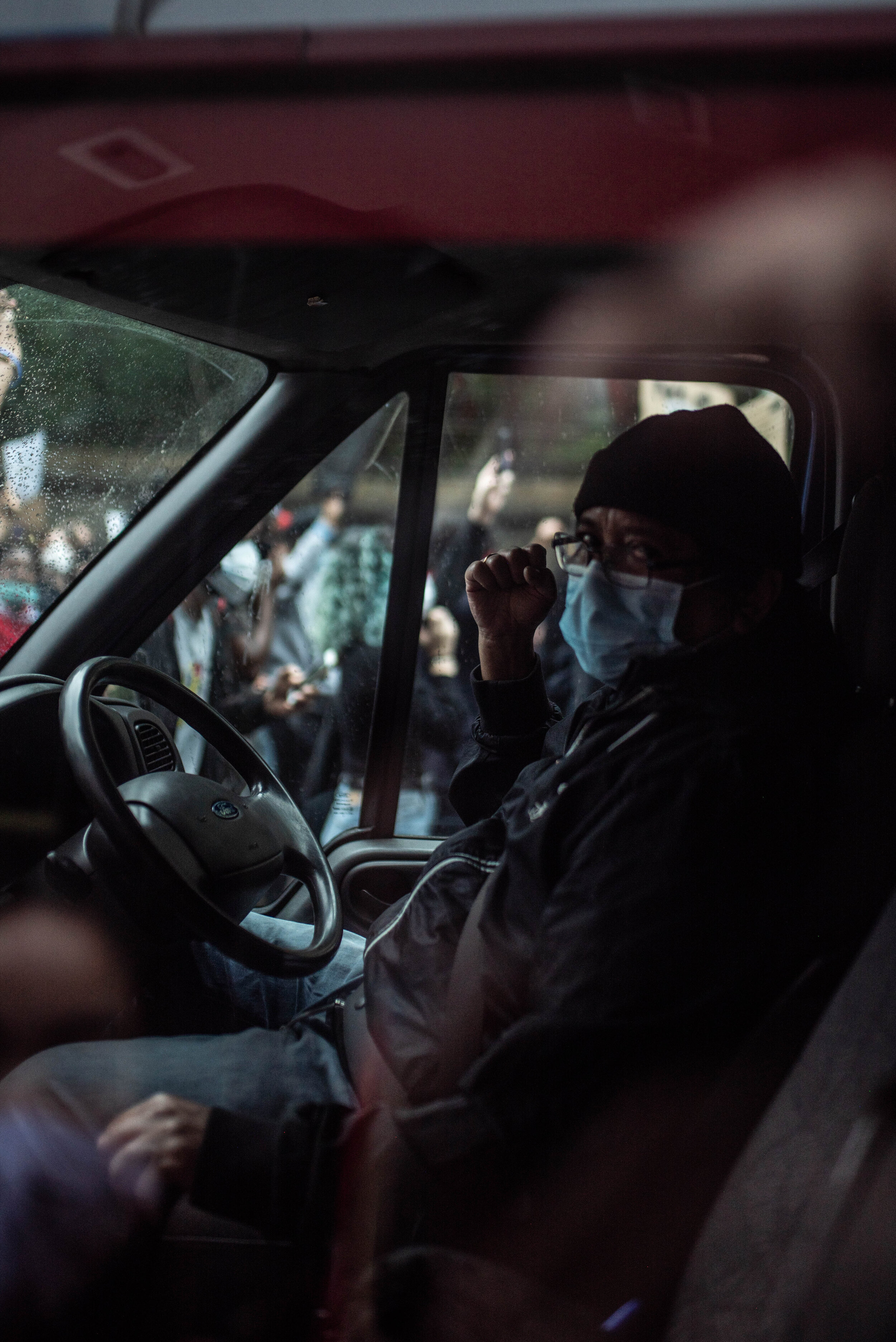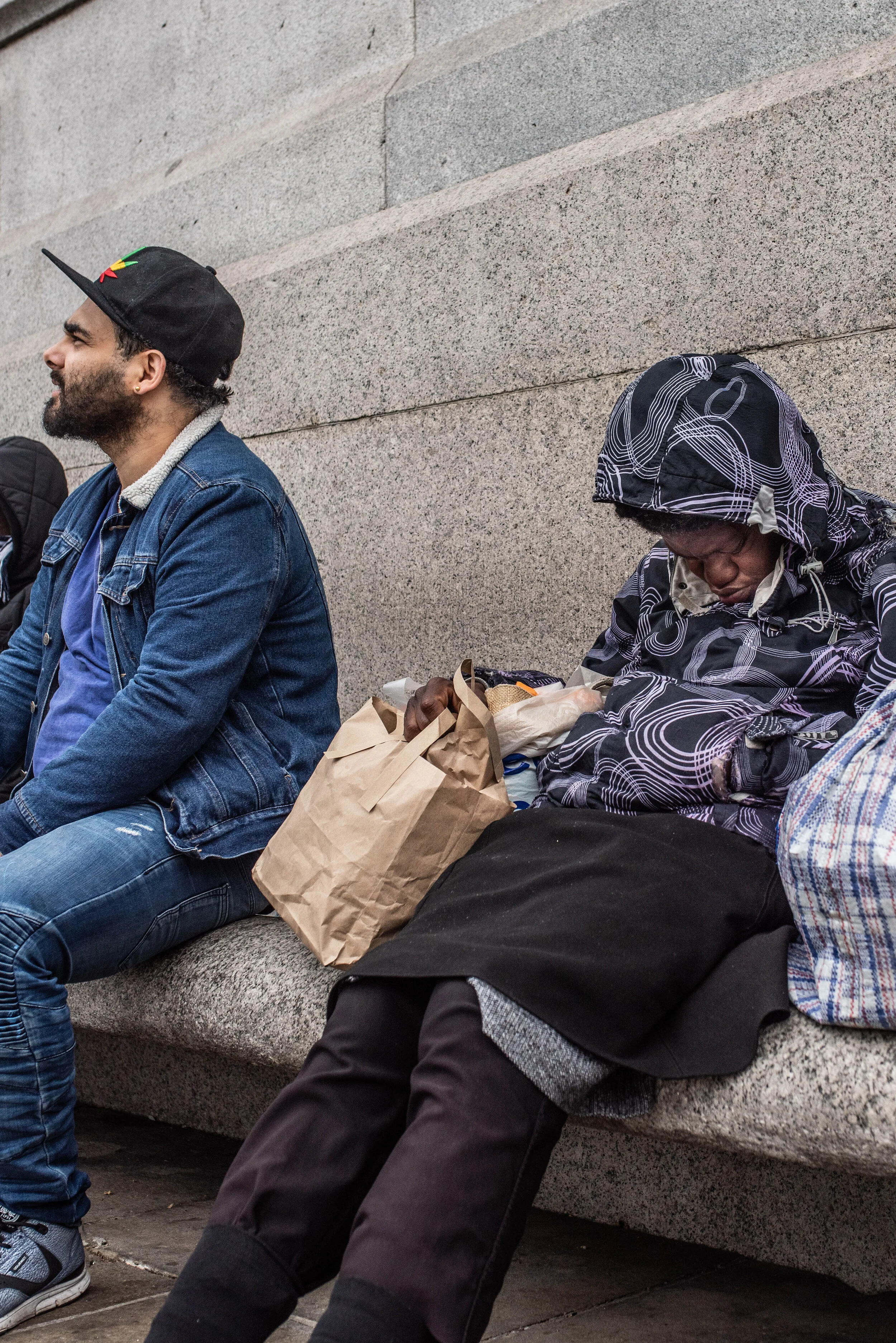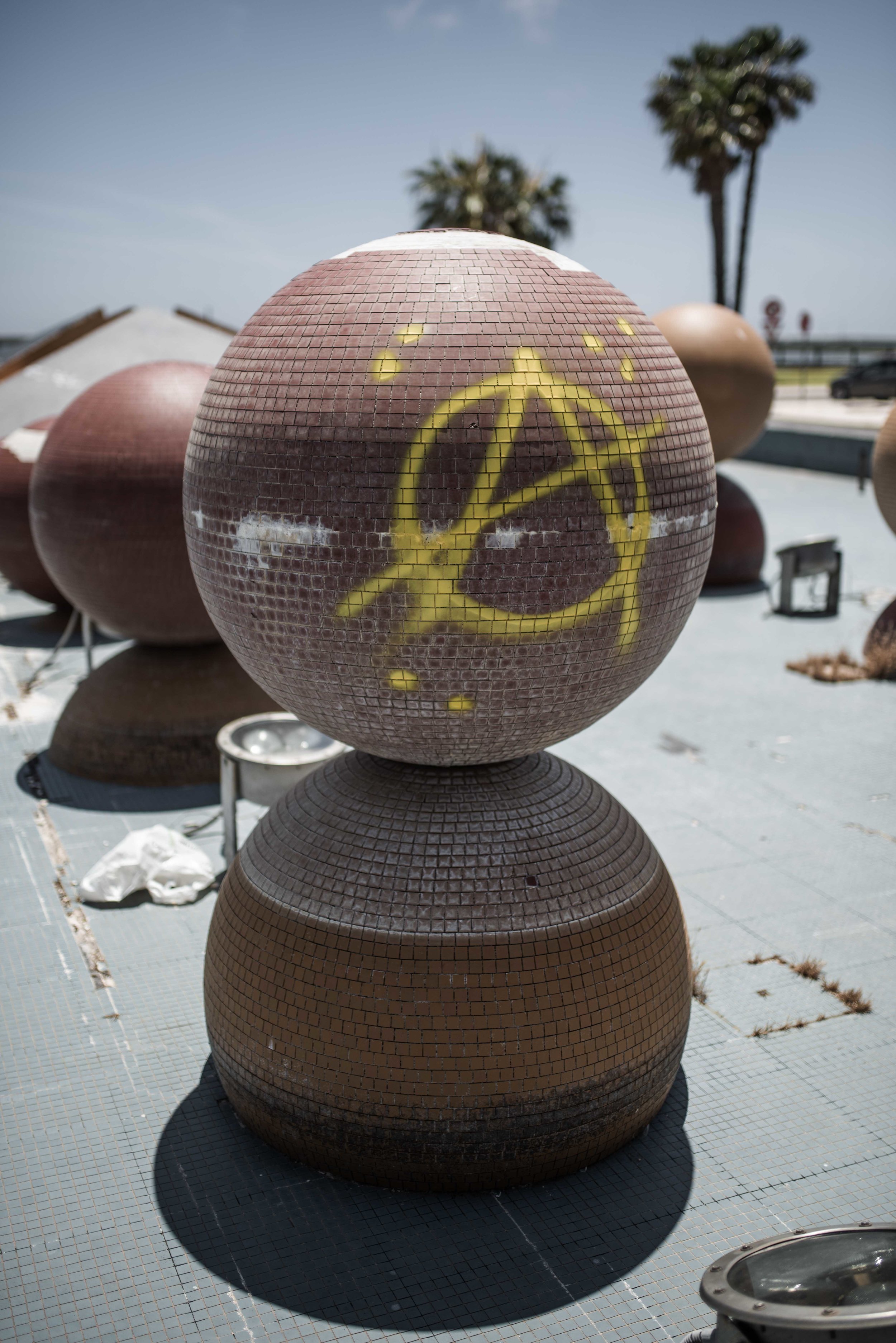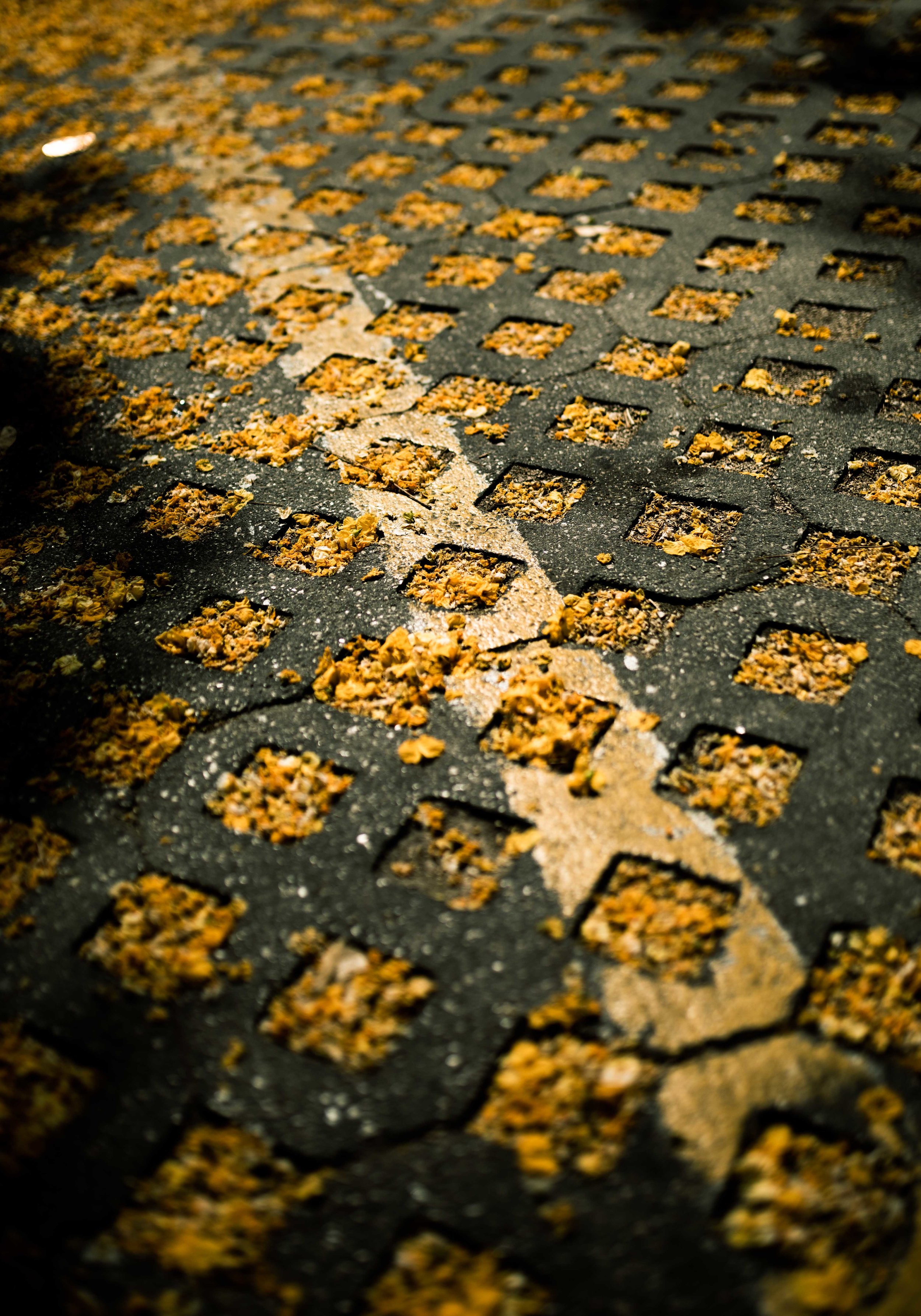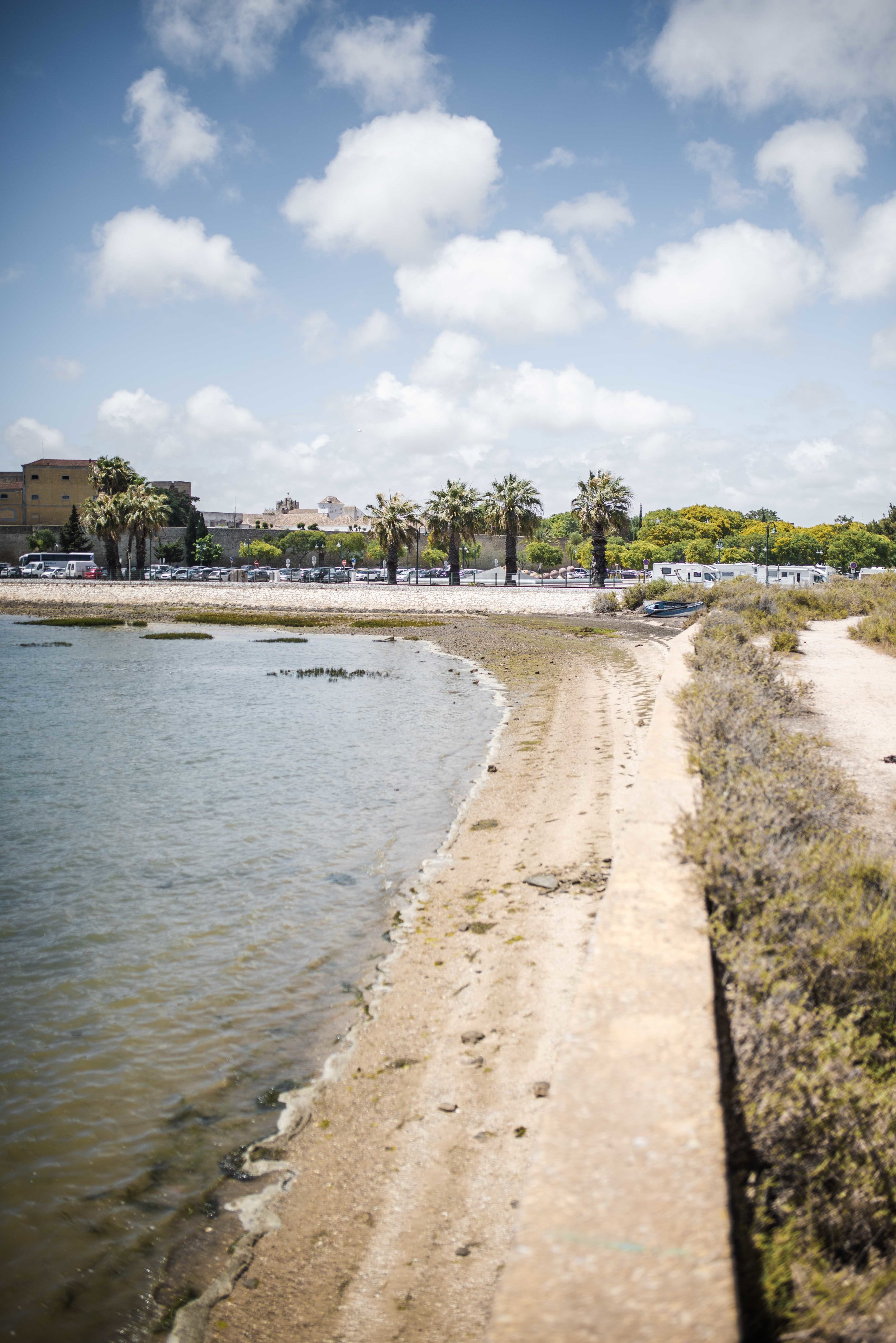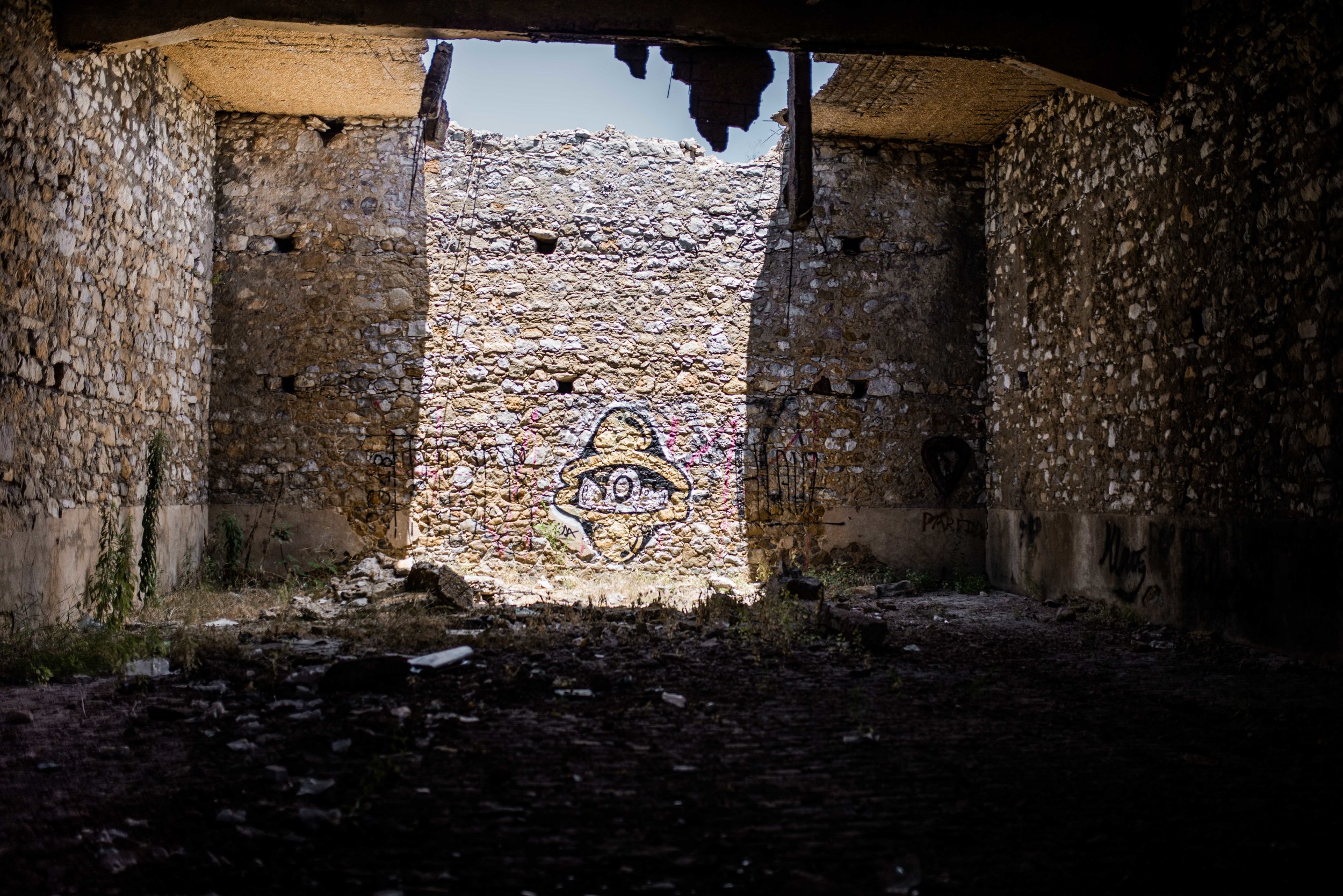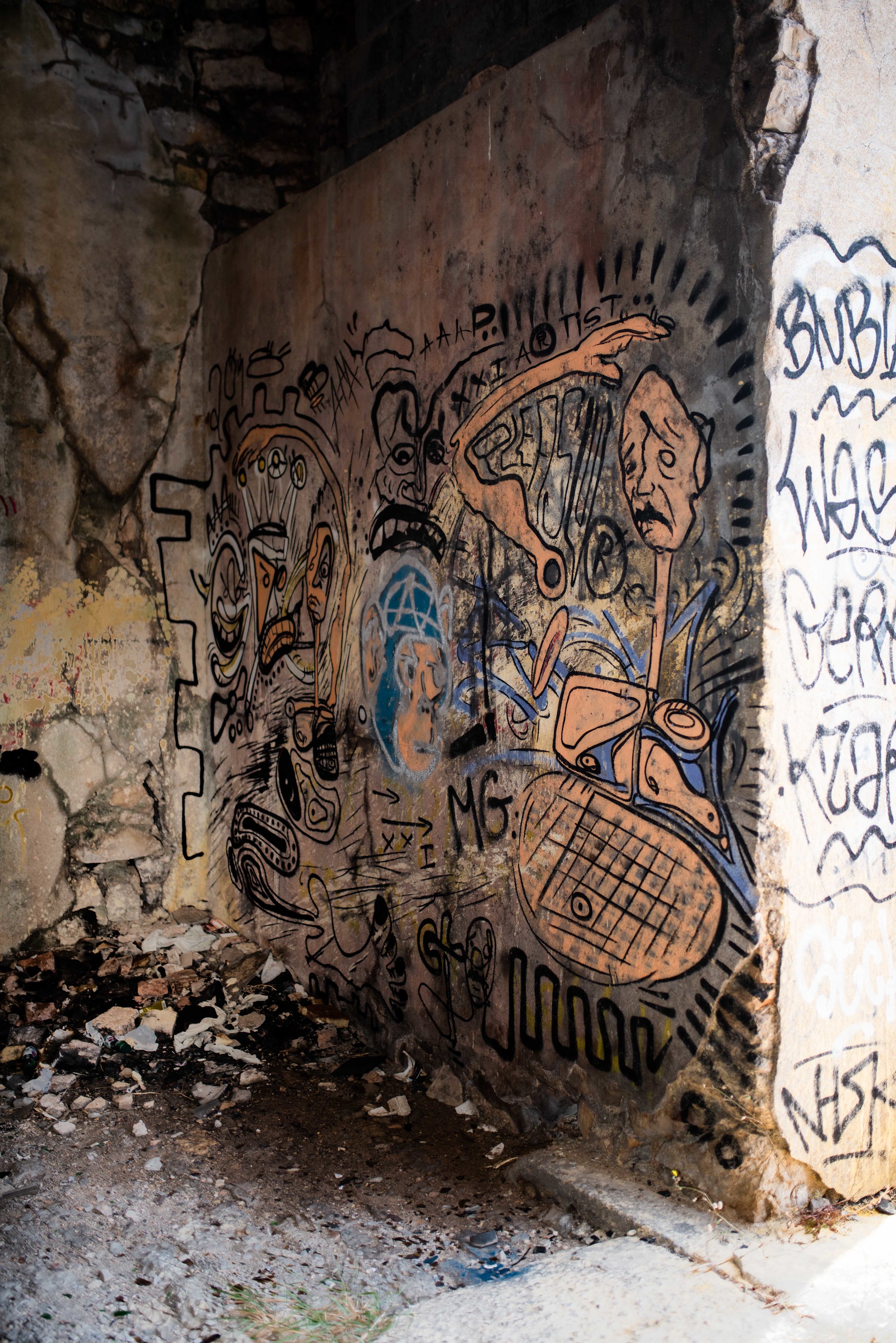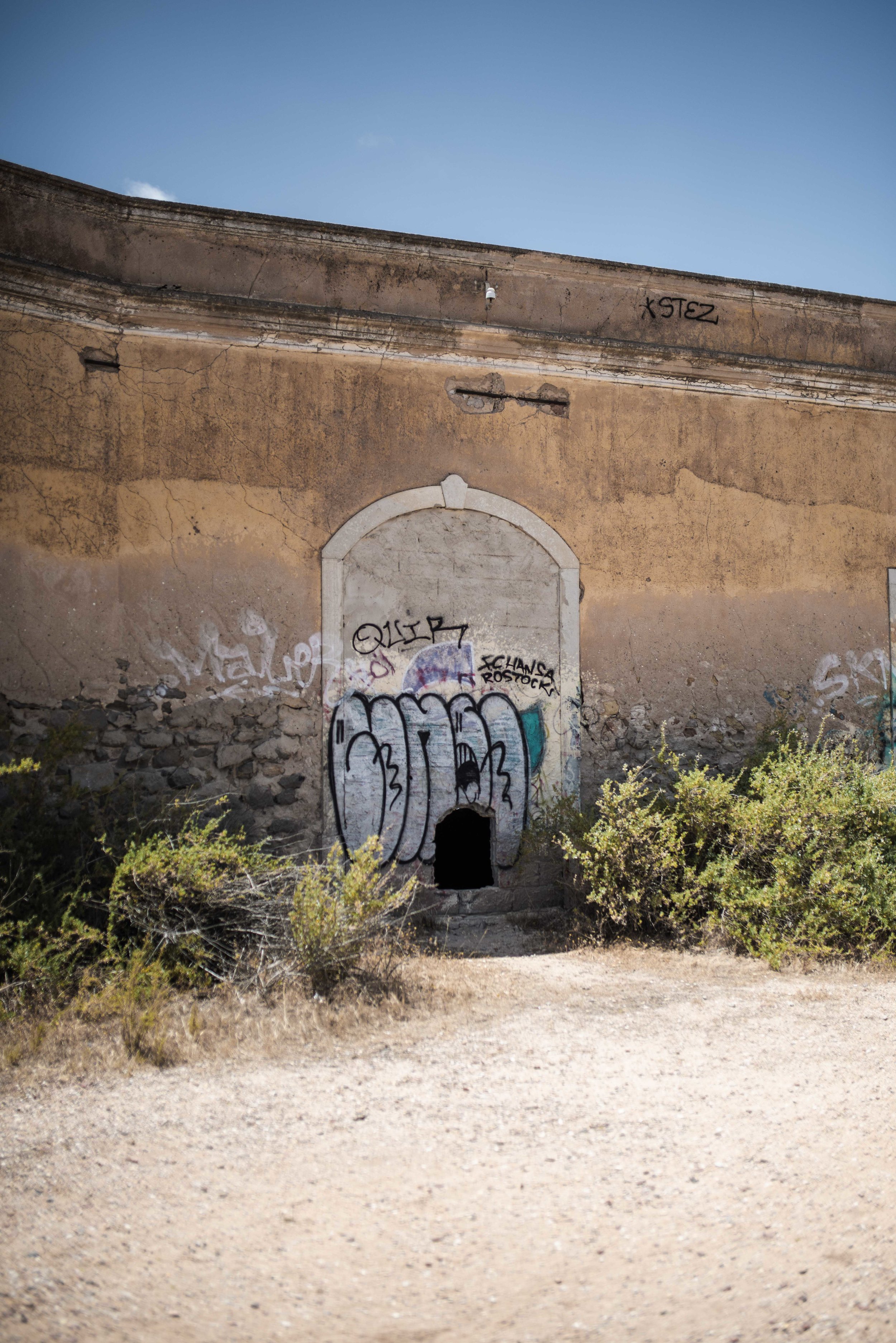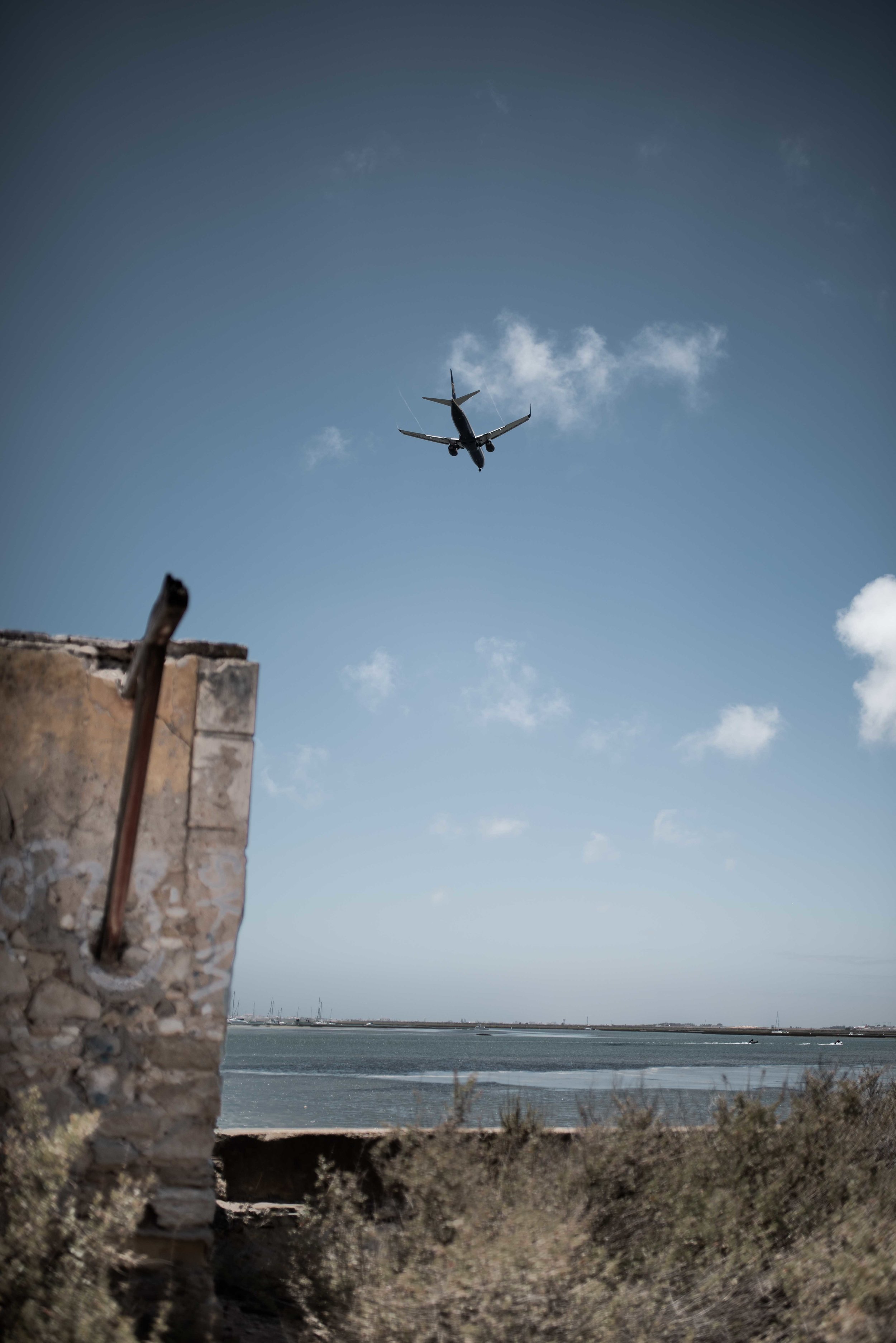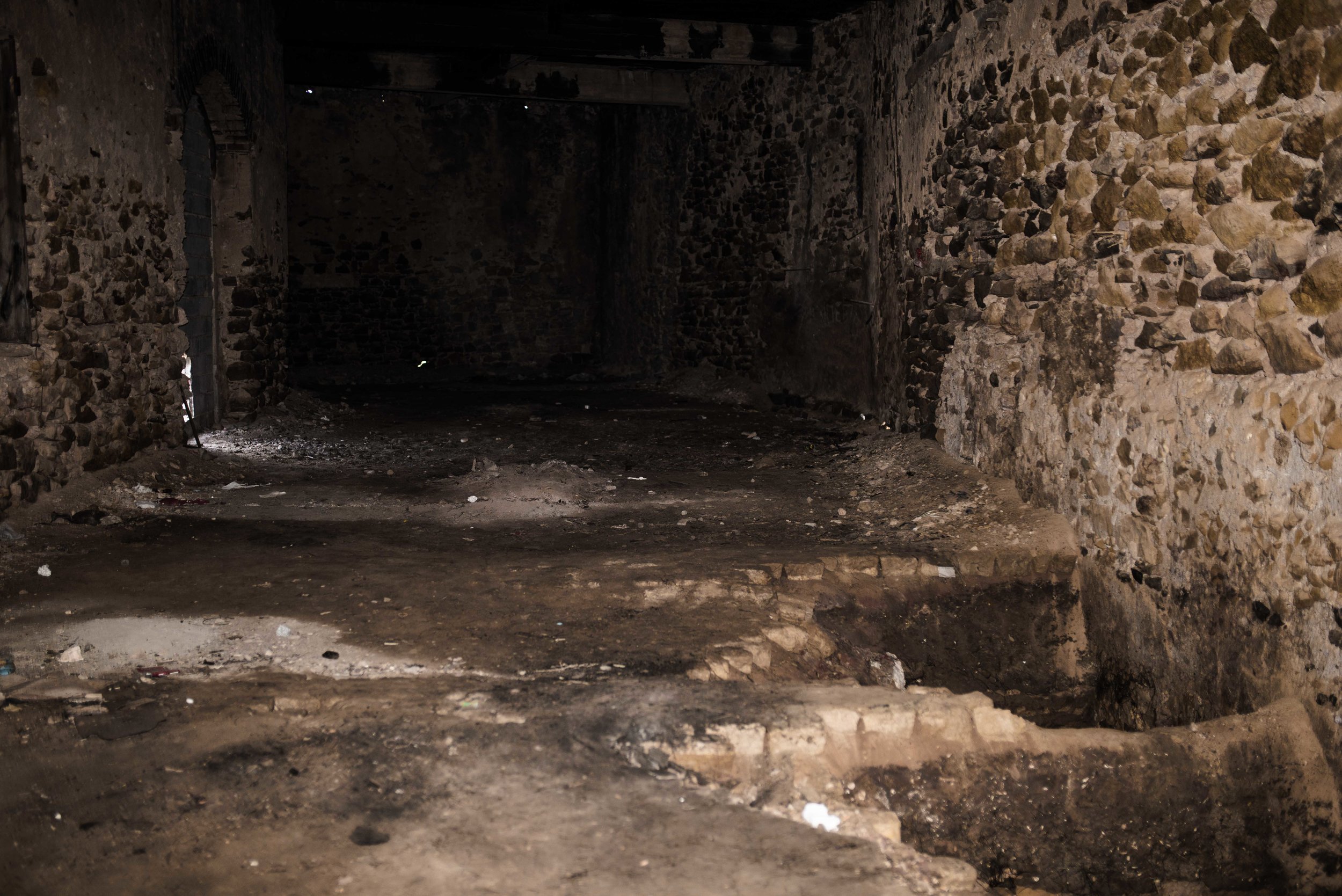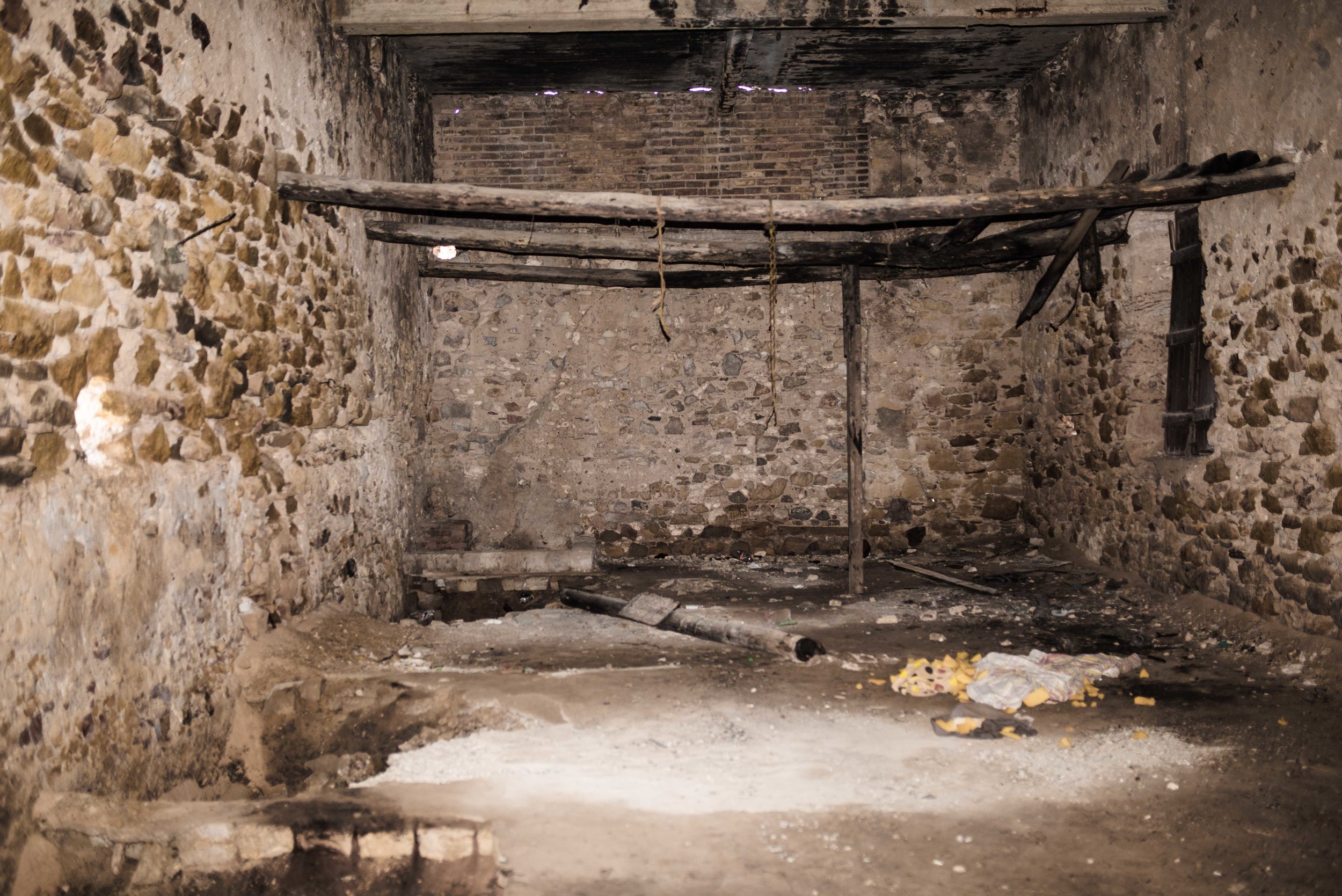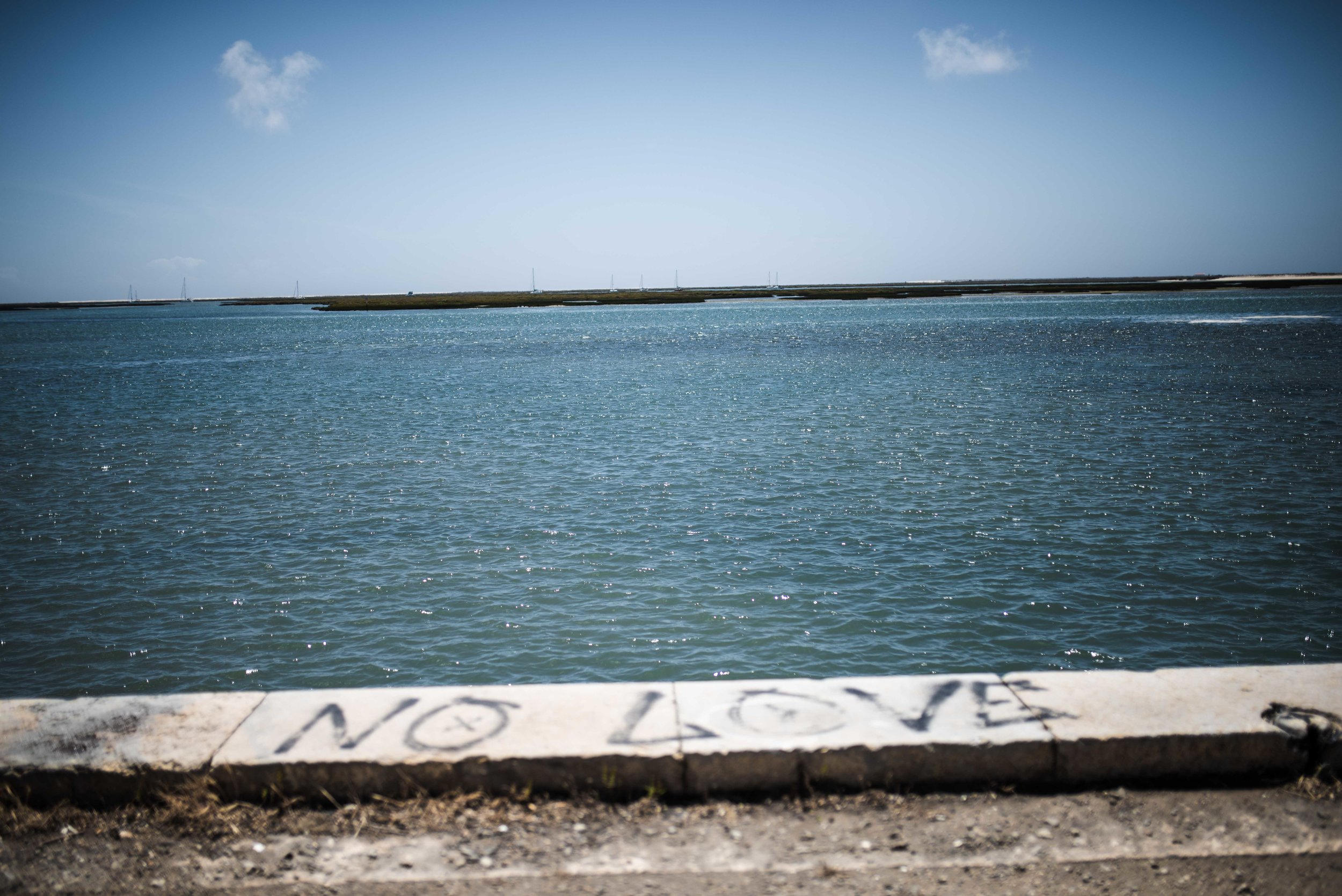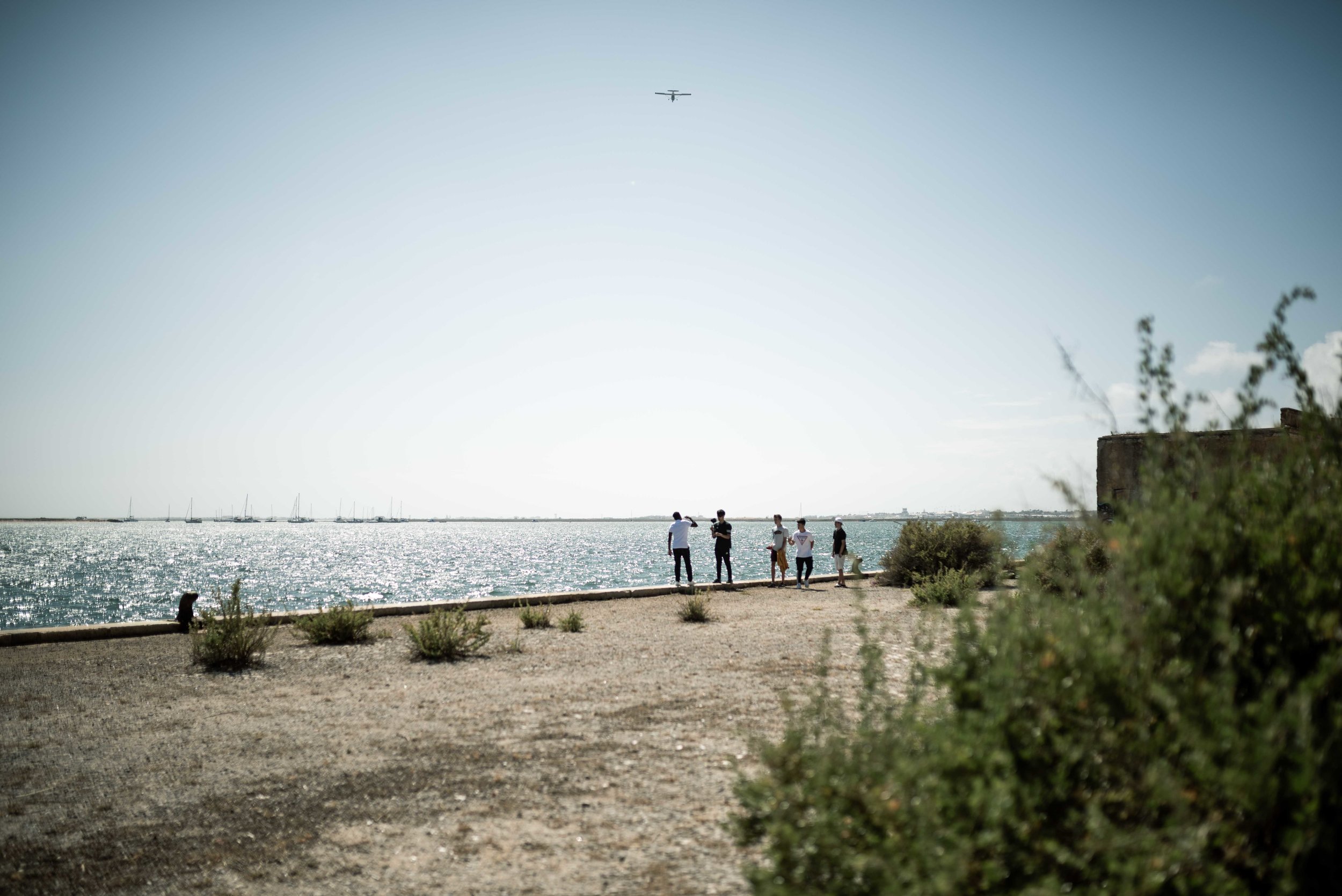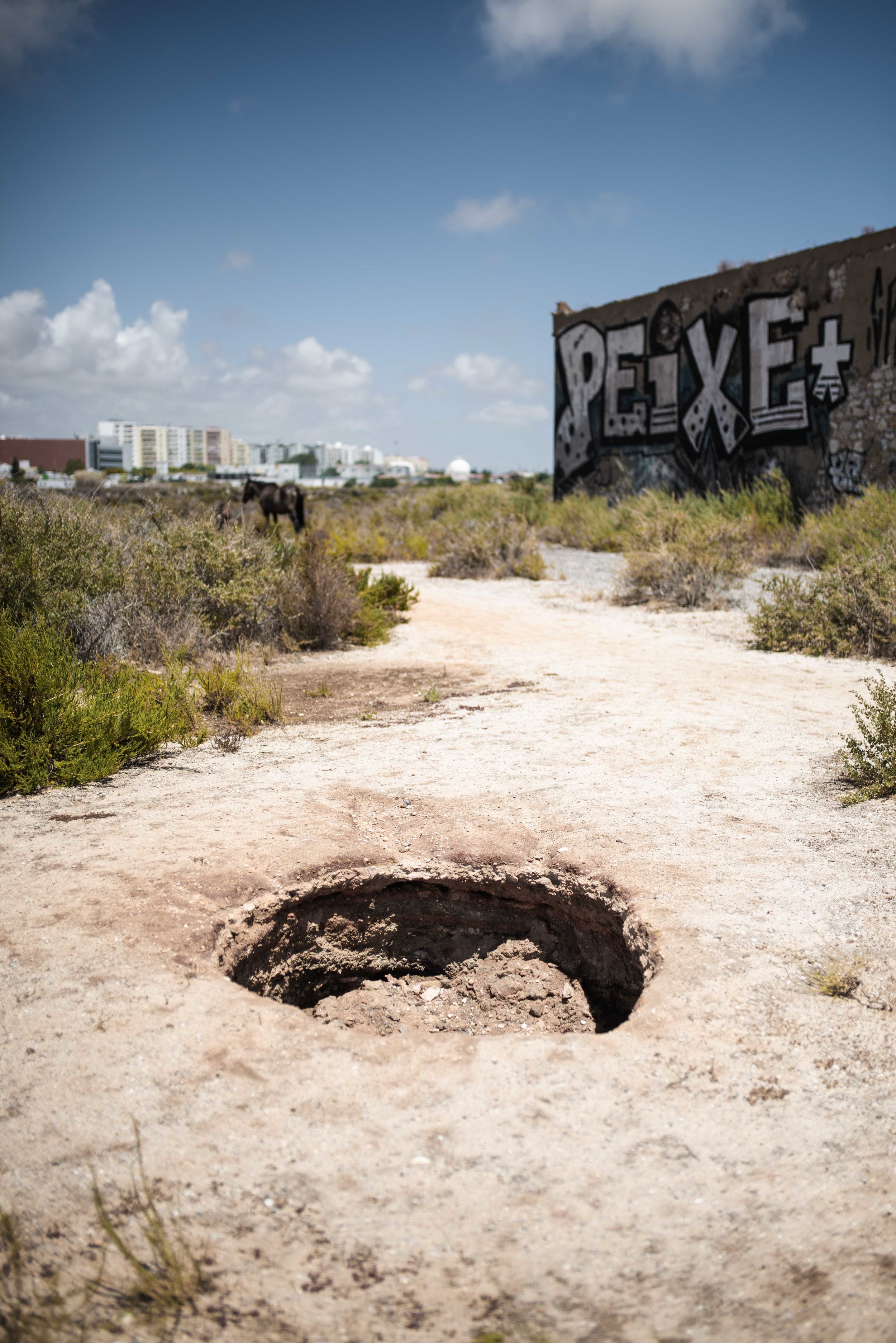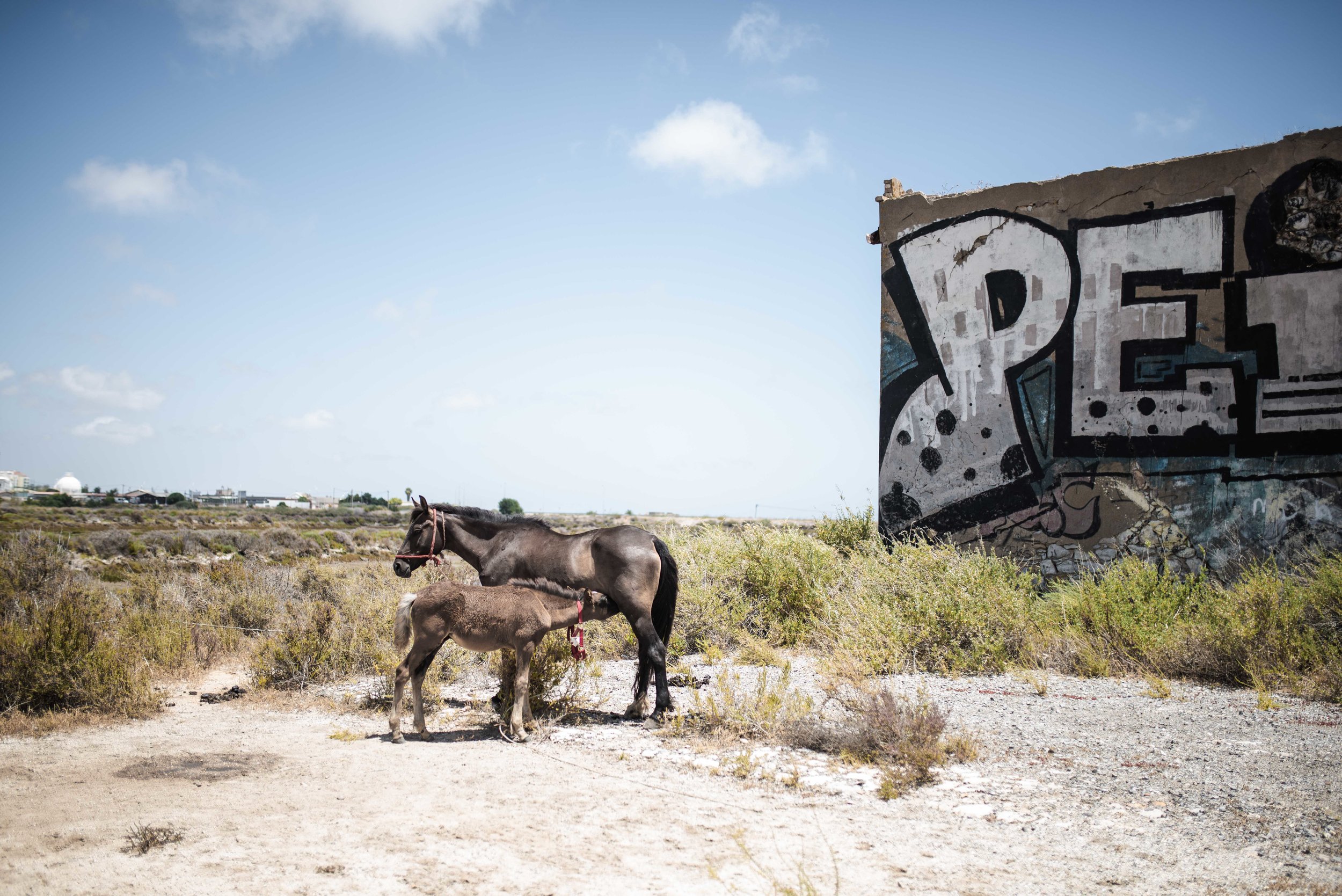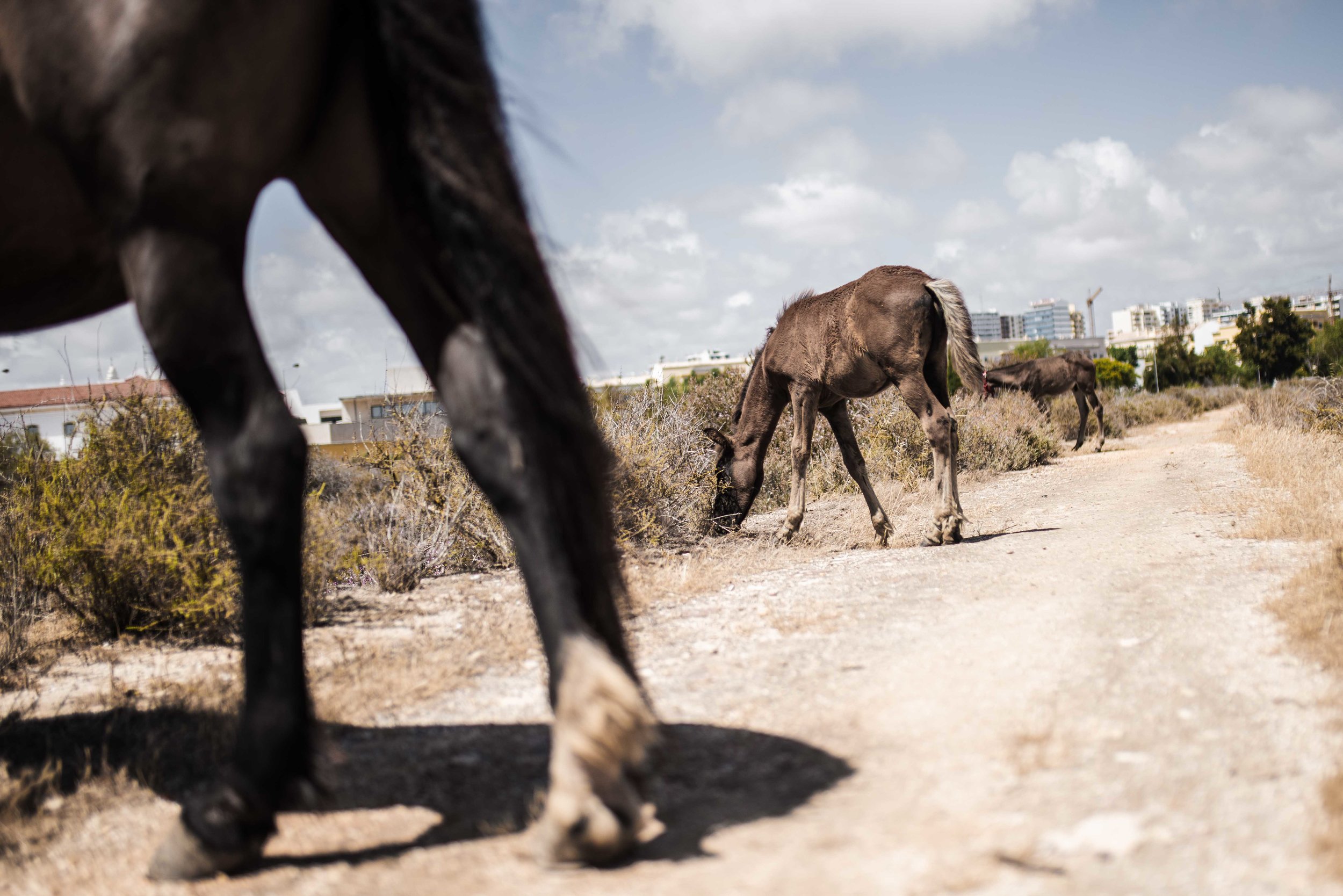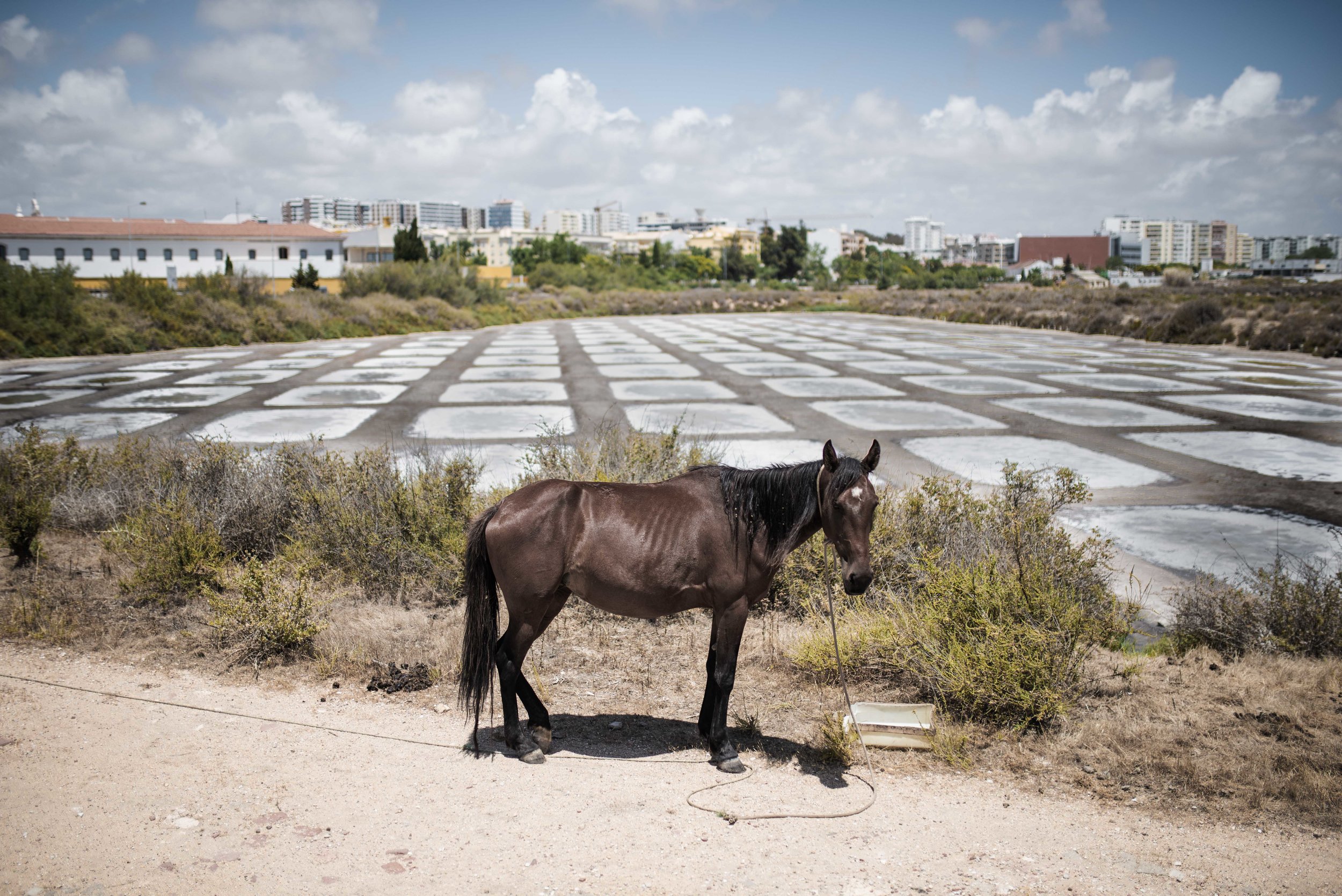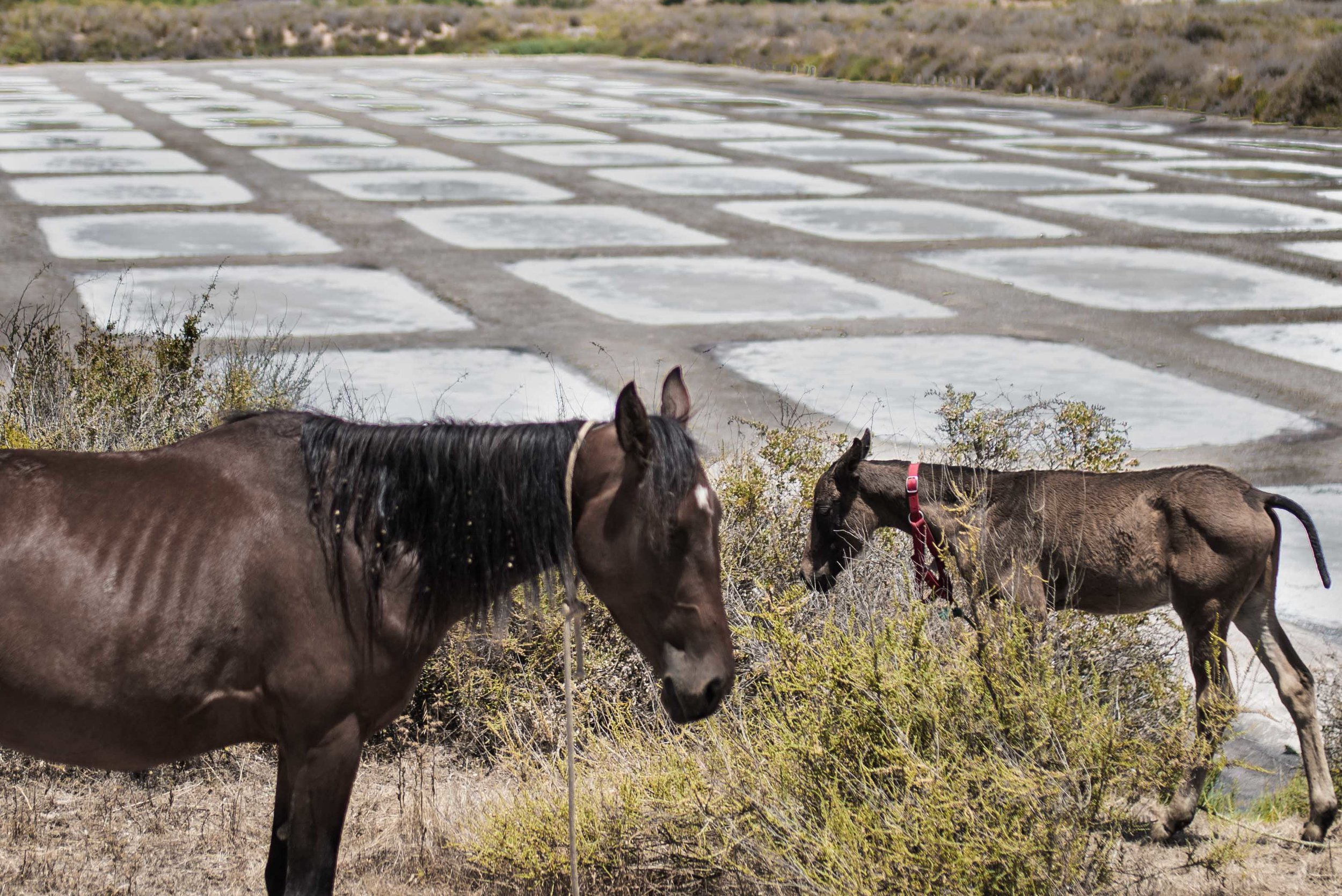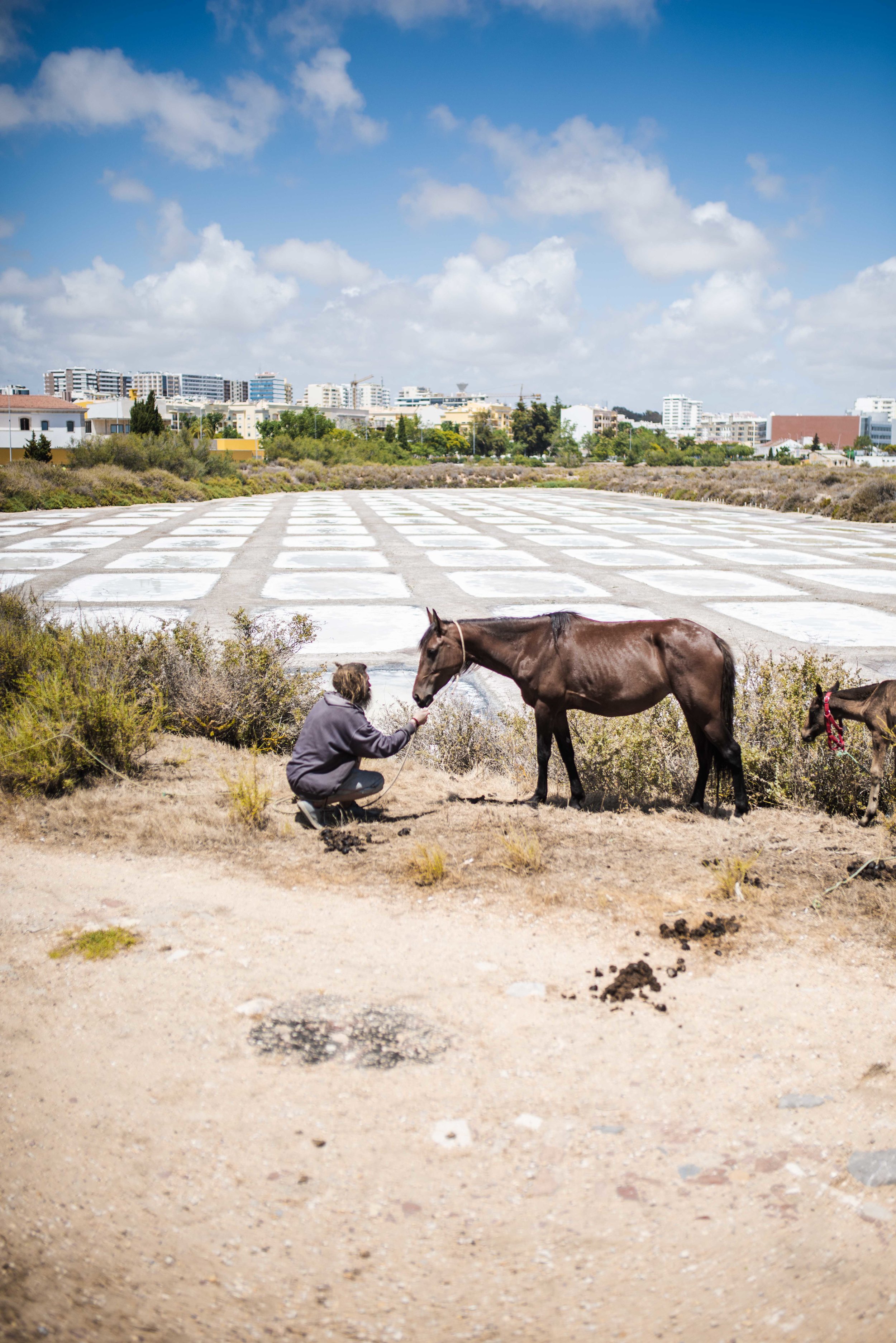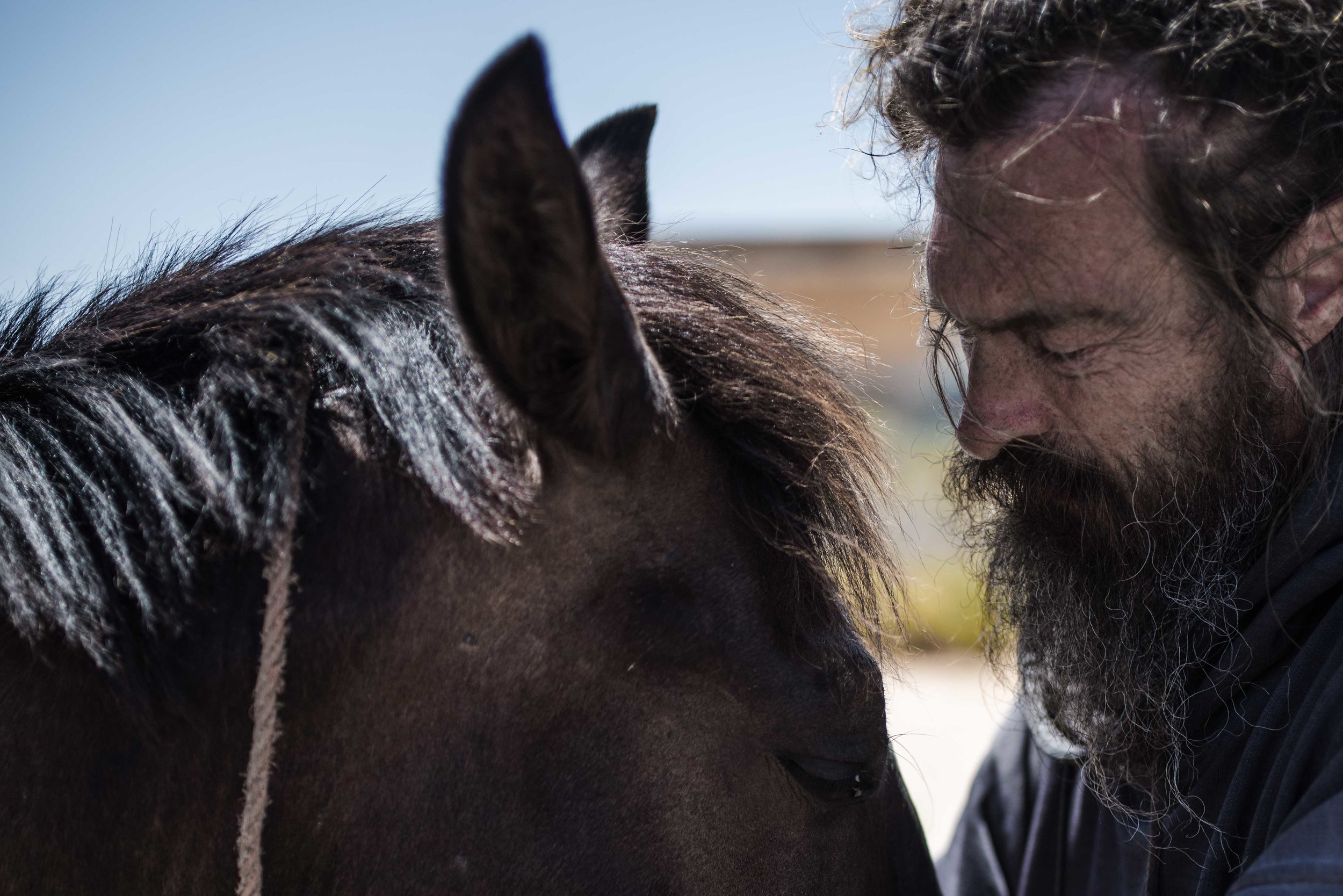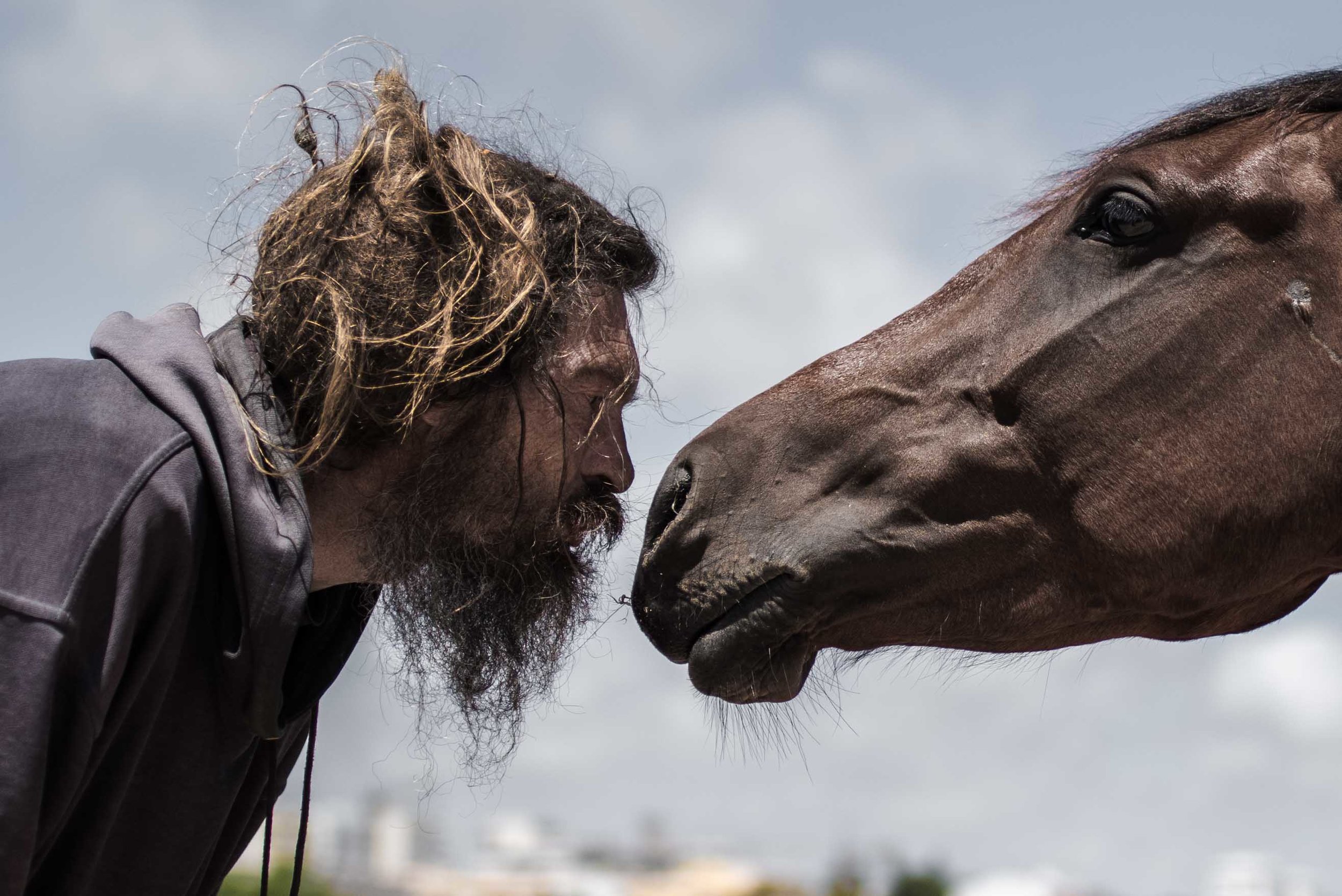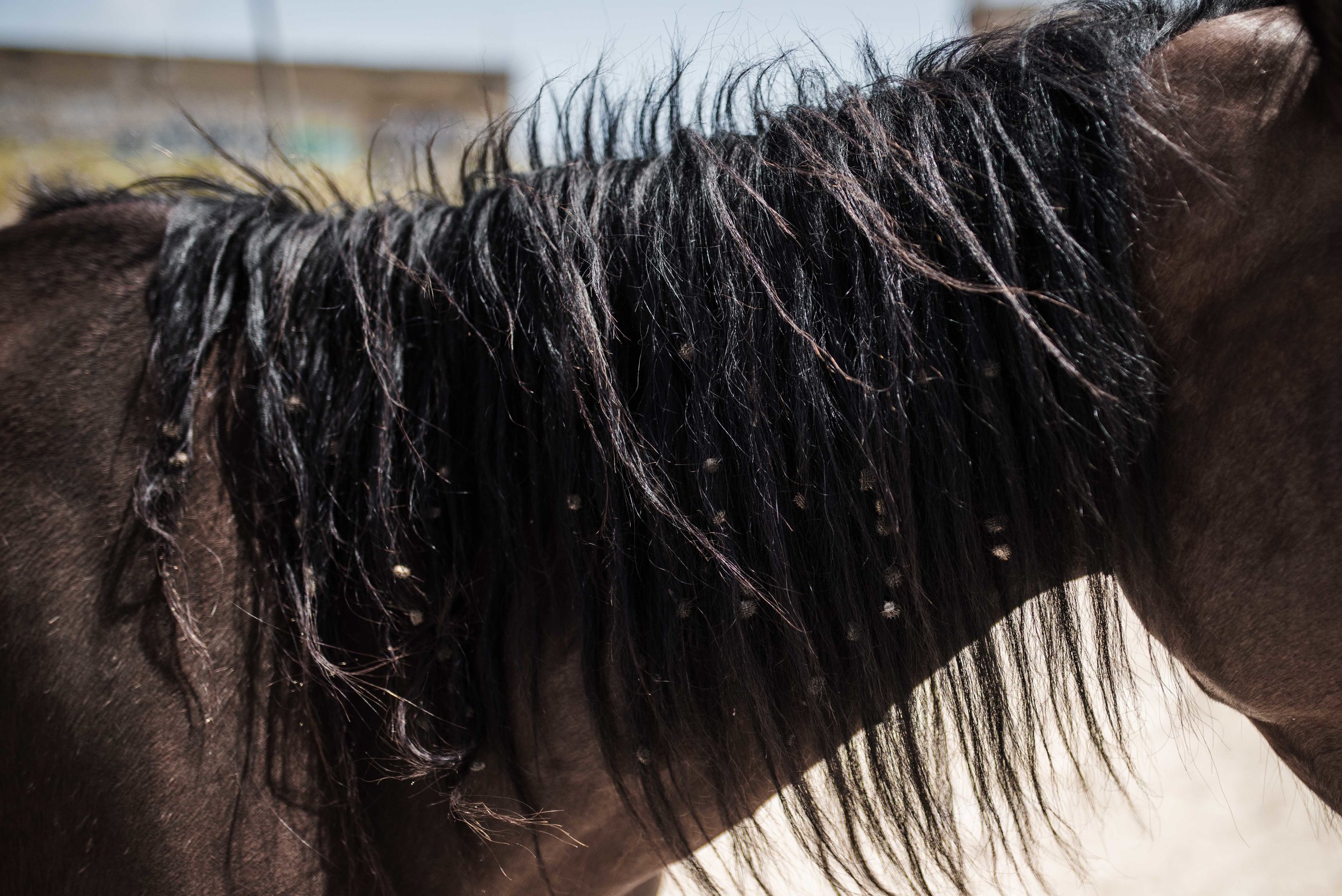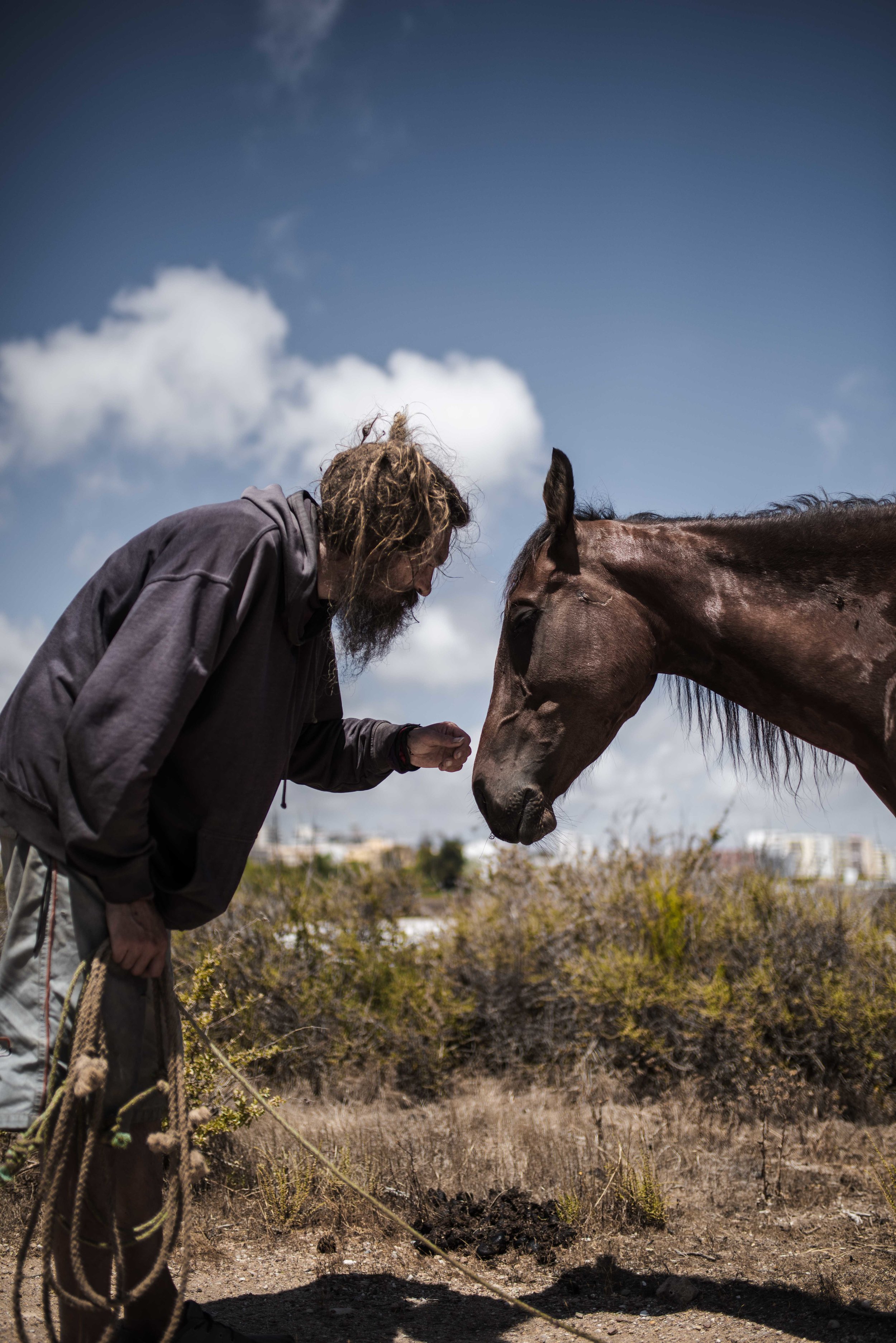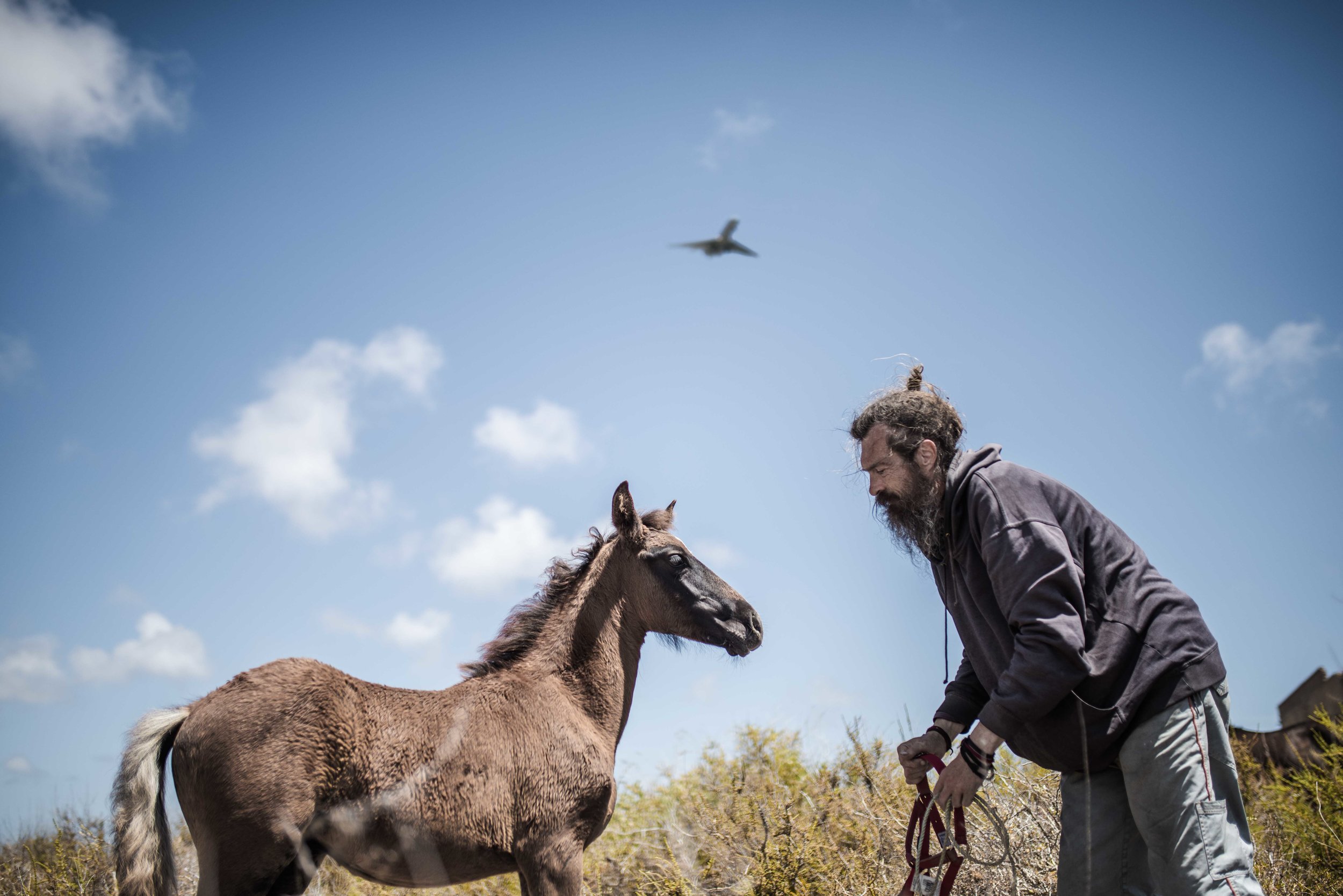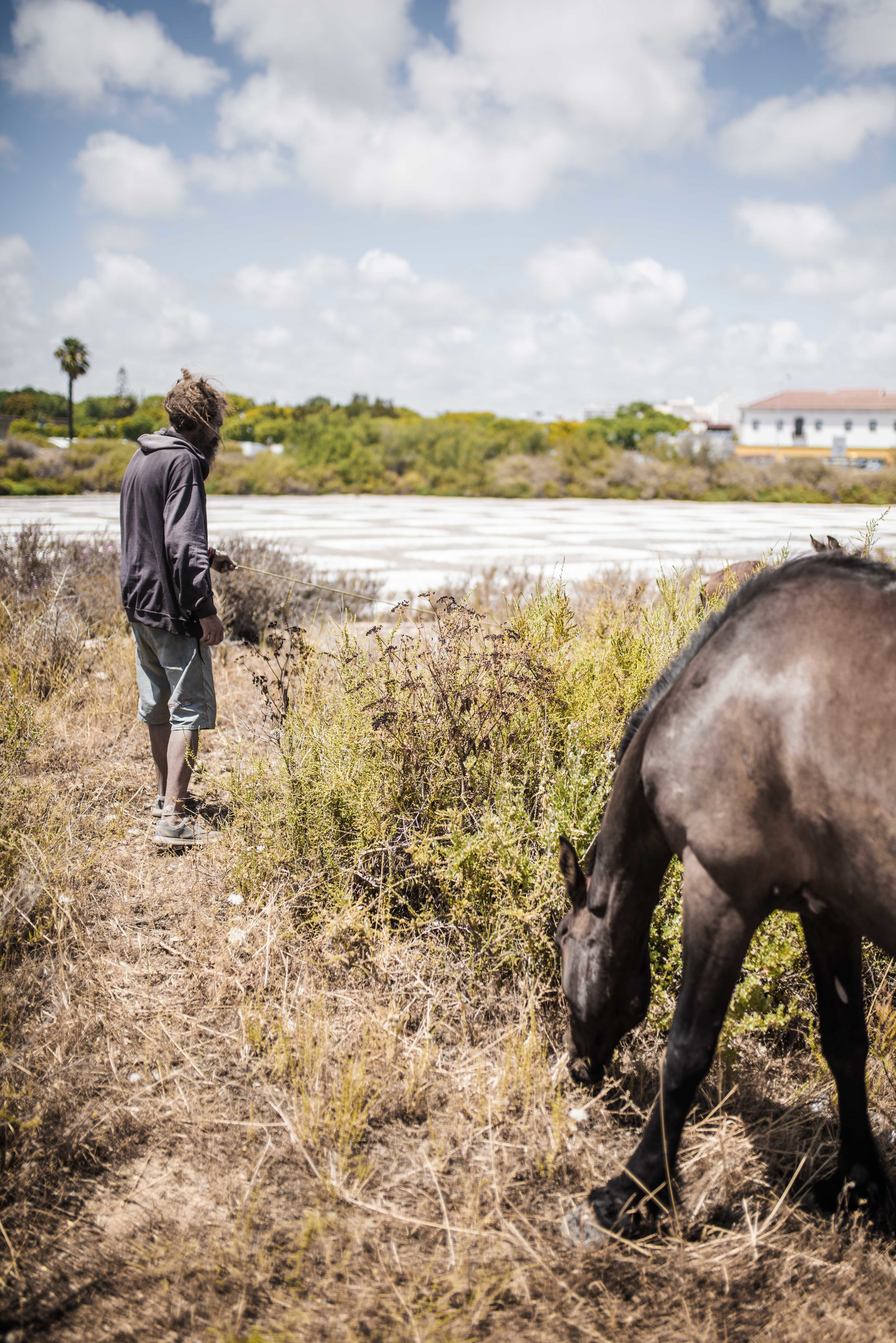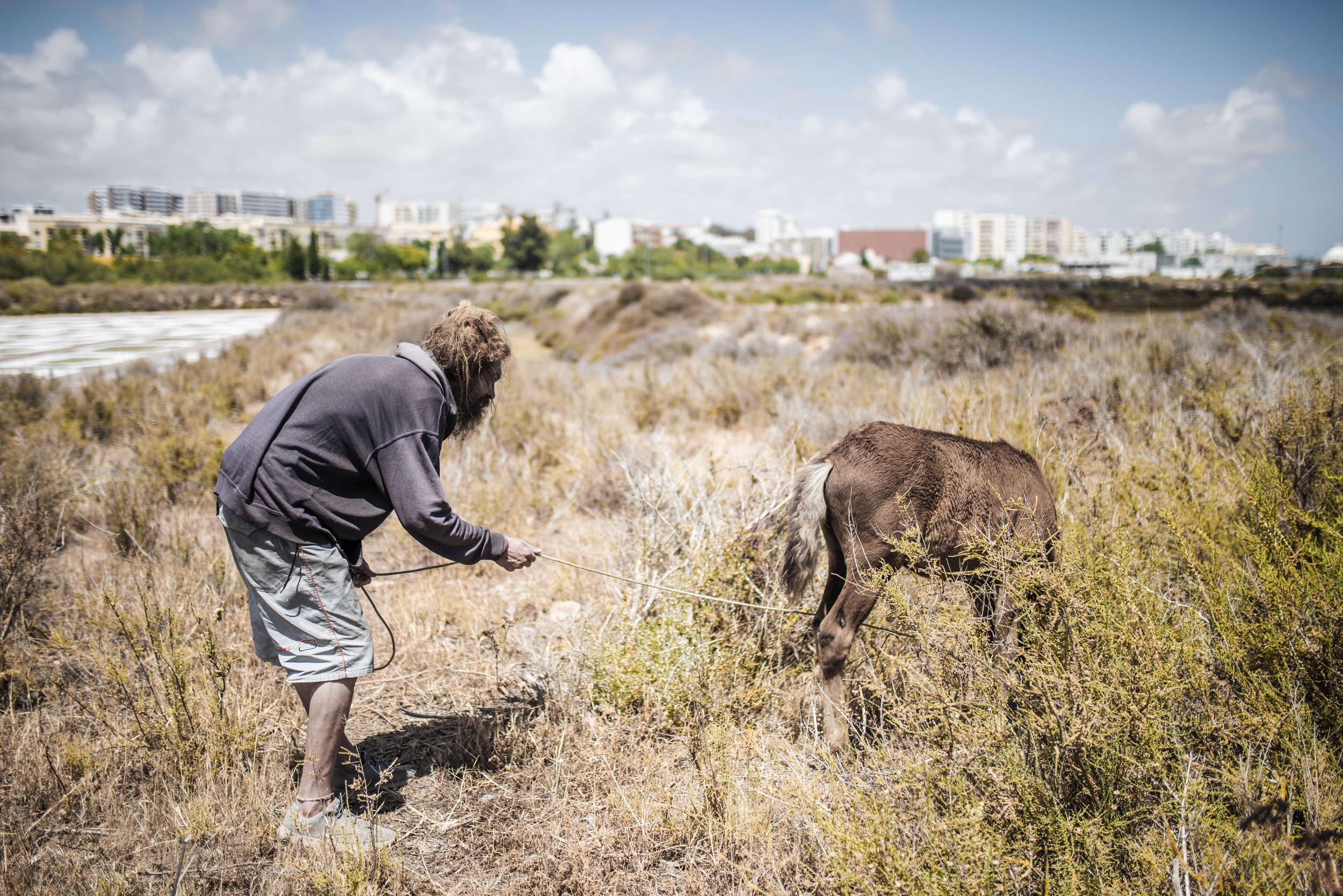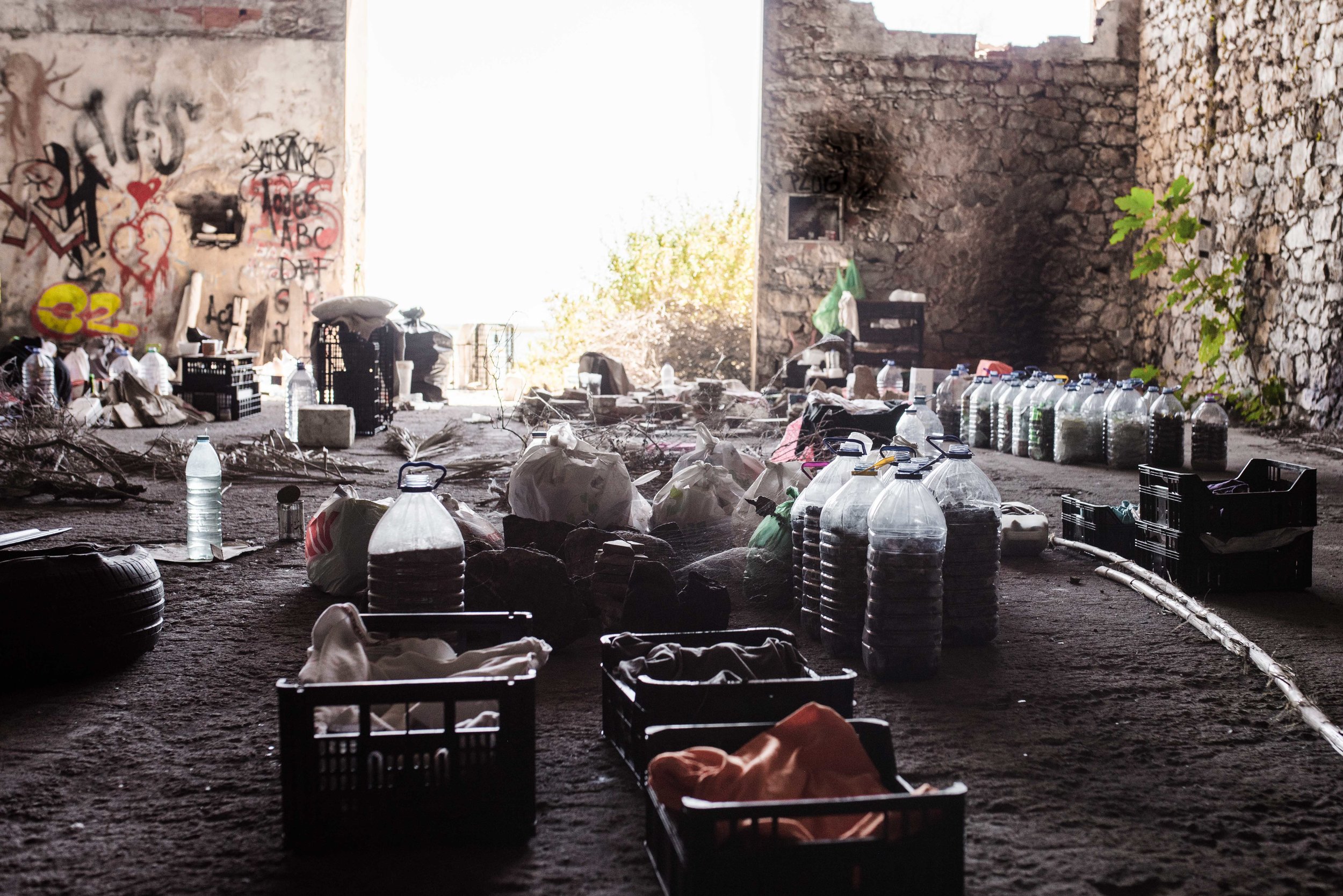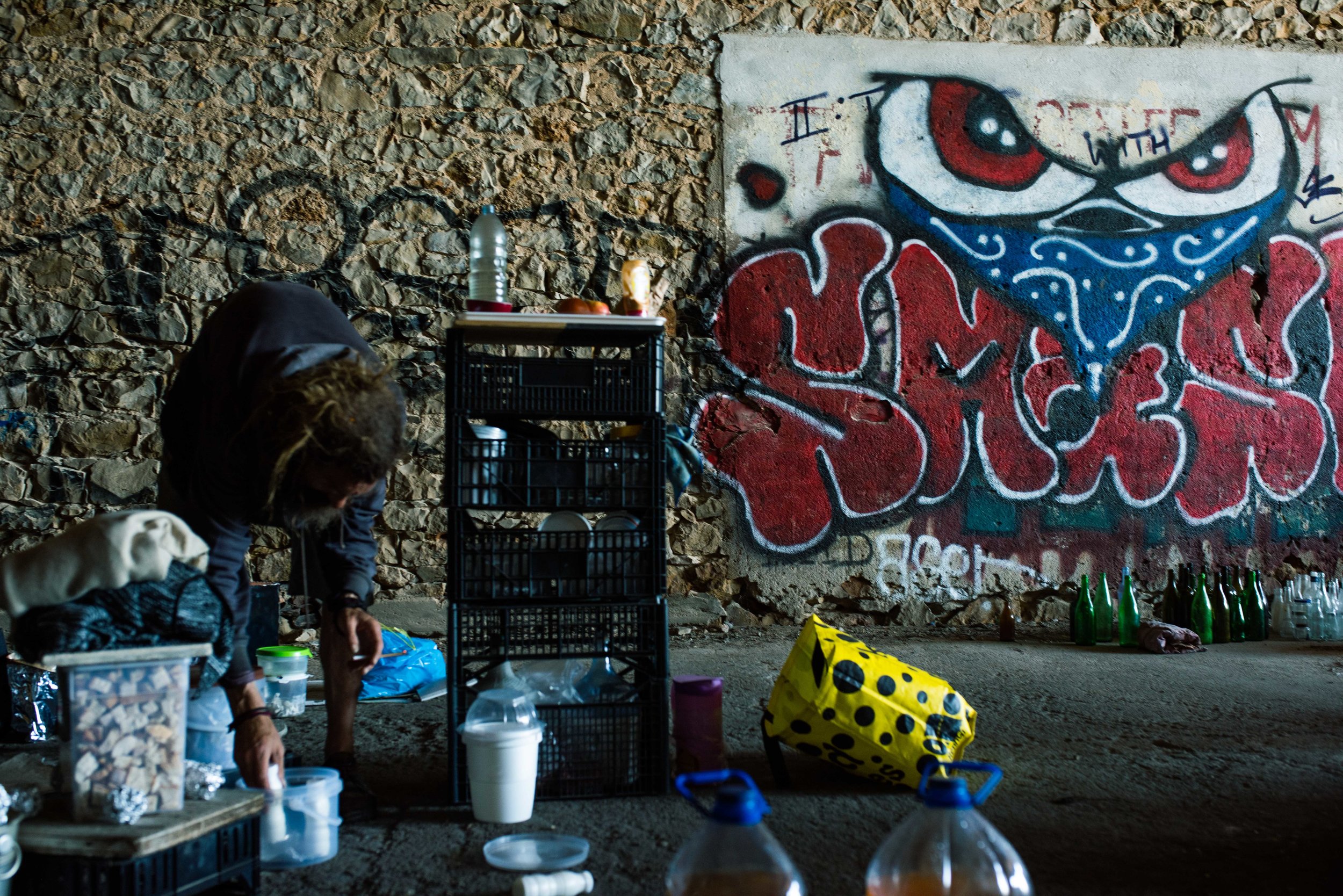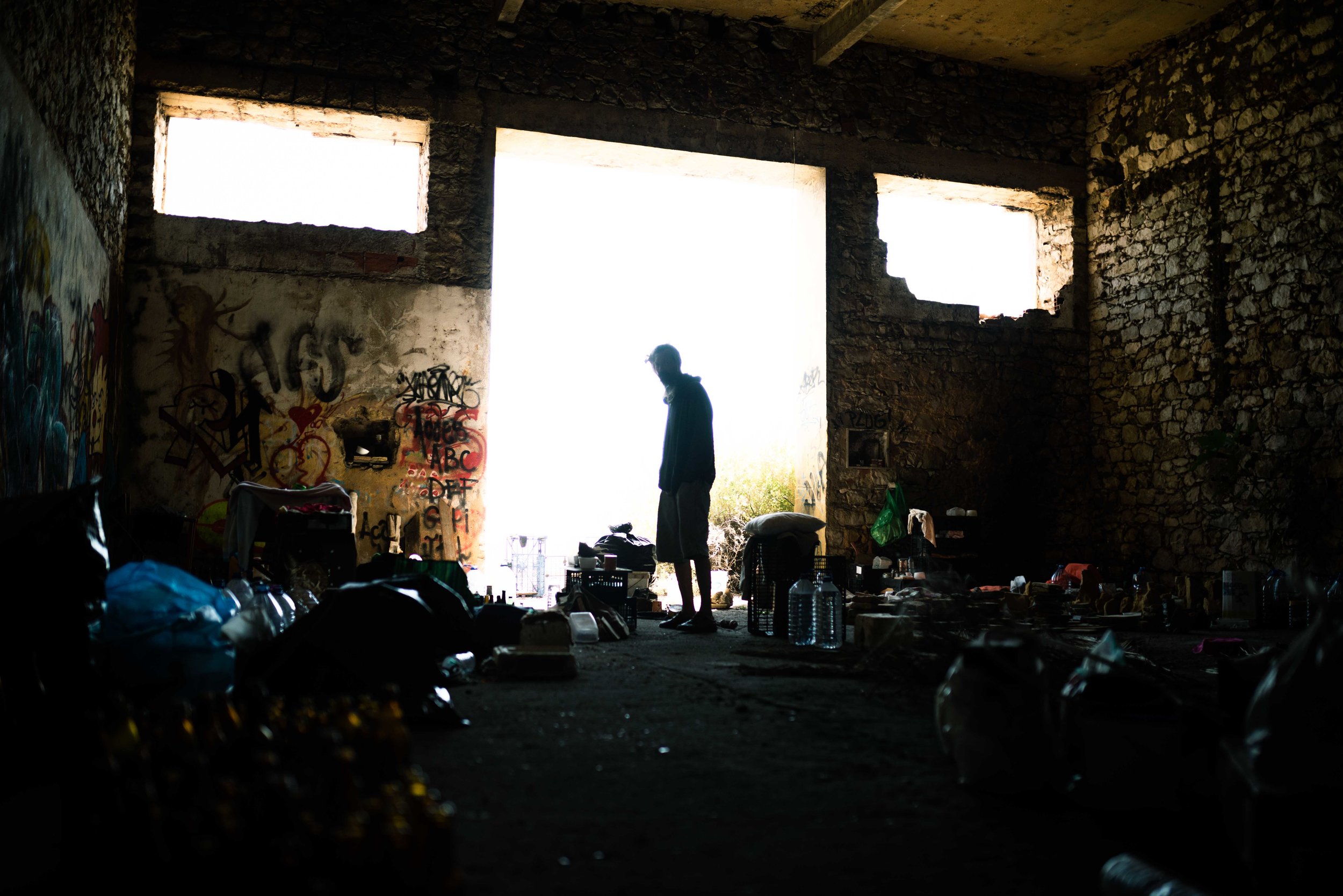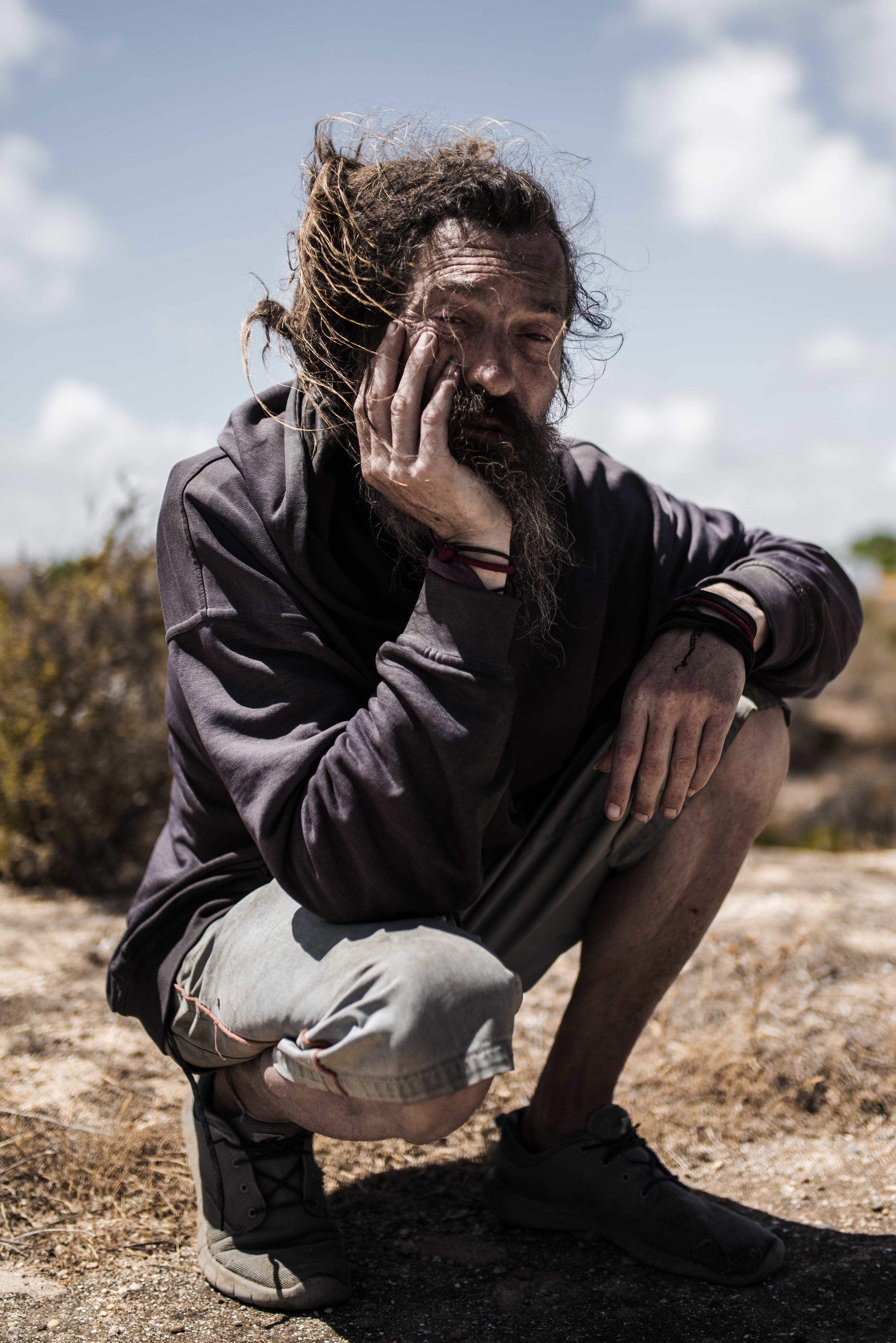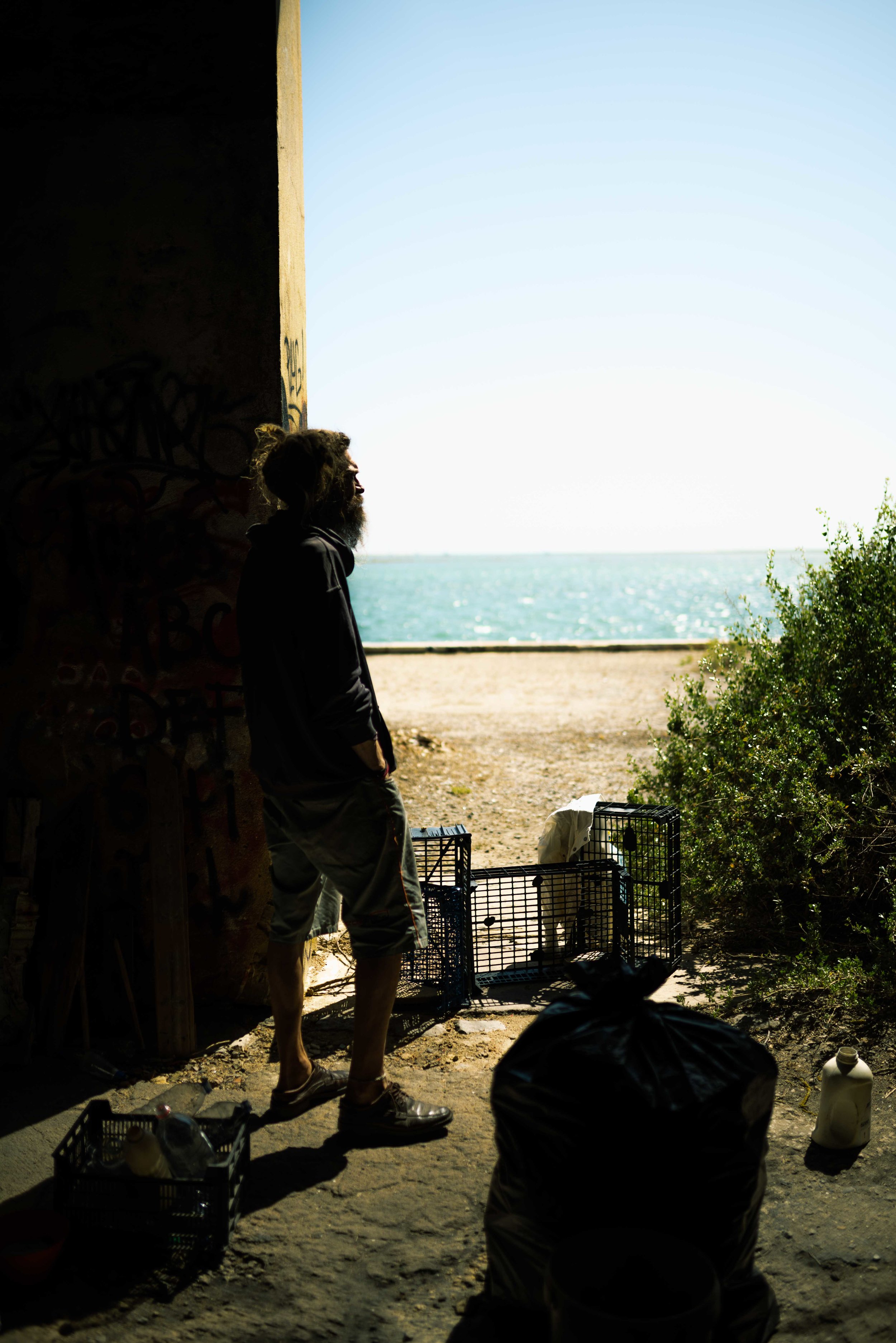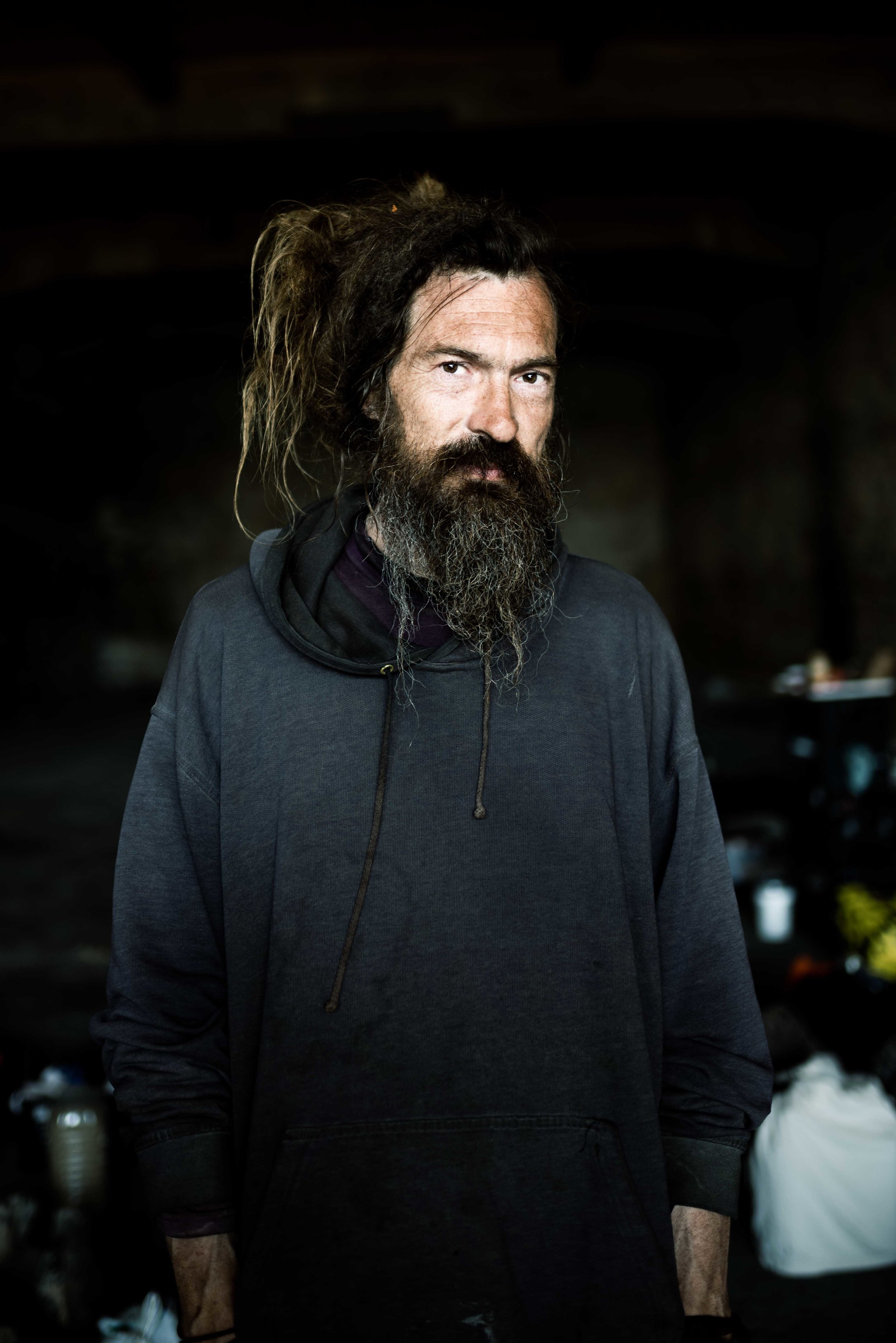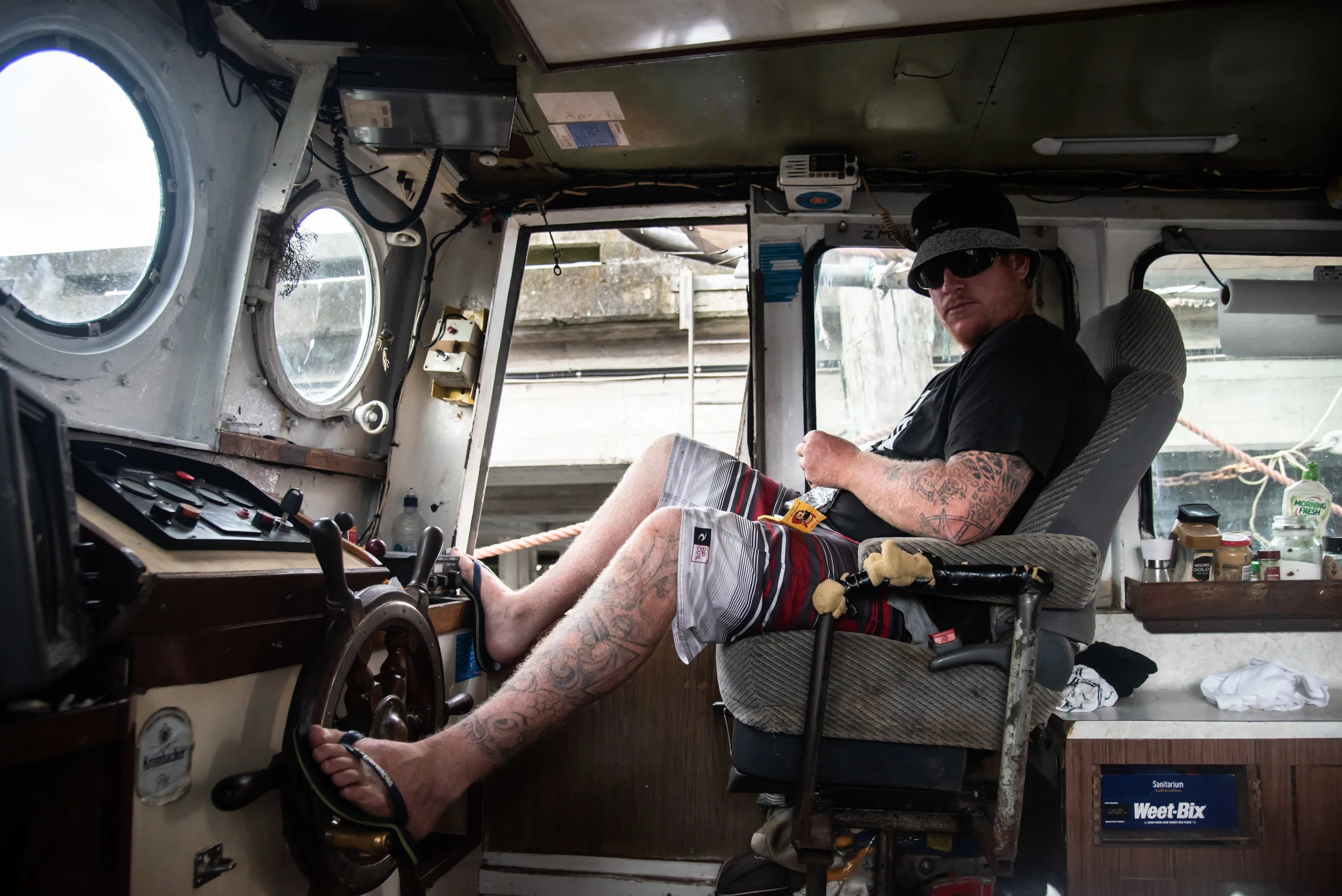‘Multikulti’ is the German neologism that contracts the extended English term ‘multicultural’ (German ‘multikulturell’), which is just one adjective that could be used to describe the city of Berlin. The city’s eccentric, accepting nature and intricate cross-weave of cultures is present and quite palpable in many aspects of city living.
Berlin’s multiculturalism can be measured by whispers of conversation in various languages that enter your ear as other city-dwellers pass you by on the street, or in the swathes of high-quality Döner/Turkish cuisine outlets that leave German Currywurst eateries in the culinary dust, or by counting the number of public notices and placards written in German and then in Arabic or Turkish in certain areas of Kreuzberg and Neukölln.
In my opinion, the perfect example of multiculturalism in this culturally romping metropolis is undoubtedly Sonnenallee in Neukölln.
The South-Berlin ‘Bezirk’ (‘district’) has retained a strong local culture despite aggressive gentrification and is home to the largest Palestinian diaspora community in Europe (nearly 100,000 Palestinians). The area is also one of the most sought-after property hotspots in the city, where the words hipster and hijabi seem to rhyme.
Some of the graffitified conversations between inhabitants and agitators brings global politics into local dimensions.
Rojava is an autonomous area in north-eastern Syria that has been of global interest in recent times due to Turkey’s barraging of the region and its Kurdish population. In a letter to the Guardian in 2019, a writer described Rojova as such: “Kurds, Arabs, Assyrians, Turkmen, Yazidis and others – have built the autonomous region of Rojava, demonstrating how a multi-ethnic society can respectfully coexist beyond the constraints of nation state, patriarchy and capitalism”. To some extent, I think this is what Neukölln and other parts of Berlin at their rawest represent to many.
A Syrian-owned grocery store in Neukölln, whose name takes the adjective form of the Syrian capital. Price tags are written in German and Arabic.
This street, which needles its way through the northern extremities of the ‘Bezirk’, is often referred to by locals as ‘The Street of the Arabs’, or ‘شارع العرب’.
Here can be found a multitude of Arabic supermarkets, halal butchers, shisha shops and of course baklava confectionery shops.
Neukölln has been known as home to immigrant communities for a number of years, but it is only recently that it has come to be known as a ‘cool’ place to live in Berlin. Gentrification seems to have taken a different kind of foothold here – the steady flow of new, more-moneyed ‘Zugezogene’ (people who have moved to Berlin) is not ceasing, but it doesn’t seem as if Neukölln is losing a huge portion of the cultural influences that give it its name and reputation.
Following the introduction of Germany’s 'Gastarbeiterprogramm’ (guest-worker programme) between the 1950s and 1970s, which saw roughly 14 million people arrive to Germany in search of work, culturally diverse communities began to form across the country throughout the decades. These communities became more consolidated intergenerationally, meaning these areas are now famously known for having multicultural populations and being home to third or fourth generation children of families from across the world. As the most densely-populated ‘Ortsteil’ (area of a city) in the capital and having been described as ‘a shining example of integration’ in many media profiles, Neukölln is home to a localised cultural harmony that feels very unique.
When exploring the area with a number of Syrian football team t-shirts underarm (‘Al-Ittihad’, ‘Al-Karama’ and ‘Nosour Qasioun’ – Syria National Football Team, kindly donated by Subside Sports), I entered one Syrian ‘Konditorei’ (confectionery shop) to ask the guys working there about Syrian football culture, and also to buy some Kunefe and Baklava.
After being warmly welcomed-in from a drearily rainy Berlin afternoon and exchanging pleasantries in Arabic, I was asked inquisitively about why I study the language. Conversation pertaining to football ensued thereafter.
One man, Amin Al-Shebli, was working in the shop and proudly proclaimed that he had actually played for ‘Al-Karama’, one of the teams whose emblem was on the t-shirts. He invited me a week later to a training session in Baumschulenweg, south Neukölln. I had never been to the area and I am not very good at football, yet I awaited the day with excitement.
Amin Al-Shebli, football player and refugee
The football team that he plays for, ‘الكوثر’ (Al-Kowthar, which the name of a river in islamic paradise (جنة)) is only made up of Arabic nationals or descendants. This was a dream for me, as the only modes of communication available were either German or Arabic. Although being a bit put out by my utter lack of football skills and after being shouted at aggressively a few times in Arabic, I really began to feel settled among the players. I loved the electric dynamic between them, conducted by the cold Berlin air and beaming floodlights.
Alaa, another player from the team, holding the Al-ittihad t-shirt
Players give Salah (islamic prayer) at the side of the pitch before practice
Below is the transcript of my first ever interview conducted in Arabic:
Amin Al-Shebli
G: Hi Amin, could you please first start off by telling me how old you are, where you are from and how long you have lived in Germany?
A: My full name is Amin Al-Shebli, I come from Homs in Western Syria, I am 27 years old and have lived in Germany for one year now.
G: And what is your relationship with football like here in Germany, in comparison to when you were living in your homeland, Syria?
A: It is completely different. In Germany it is hard for me. I practice football here with my team as a hobby, for fun…
...in Syria it was my job. Among the team that I play for now, we enjoy a kick-about and a game on the weekends, but we do not play professionally. We do not earn money from it, there are no professional advantages, we are merely a collection of friends from similar heritages.
G: So tell me about the respect in which you played football in Syria?
A: I was a well-known player in Syria. I played professionally and had a contract with the team (Al-Karama).
G: Would you want to play again professionally here in Germany? To play football as a job I mean.
A: I am currently seeking to develop myself in order to play again professionally, but that is proving to be very difficult. I am studying German here in Berlin as I want to learn more about the culture here. It is hard to find time for it. This feeling is bothering me, but it is only a feeling of the present. It shall pass. When I was in Syria, everything in my life was about football, but now the situation is different. It is 90% life (and 10% football). My wife is pregnant and I have to support her, so if that means sacrificing something I love, I must.
G: How is the culture of football continuing in your country, following the war?
A: I was in my country, continuously involved in football during this time, which was difficult but it was even more difficult for anyone to leave my homeland. The circumstances we left under were obviously induced by the war, but there was also the risk of conscription into the army depending on what age you were. This could have meant that you would be pulled into the conflict. I am just overjoyed to be away from there for now and thankful to God for my safe arrival in Germany.
G: Alhamdullilah (Thanks be to God), thank you for your time.”
When asking other members of the team about their opinions on the team t-shirts that I had, they seemed somewhat unsupportive. Many of the guys spoke more highly of English teams or other European teams, preferring to support them instead of the teams from their own country.
Below players share baklava and socialise following practice:
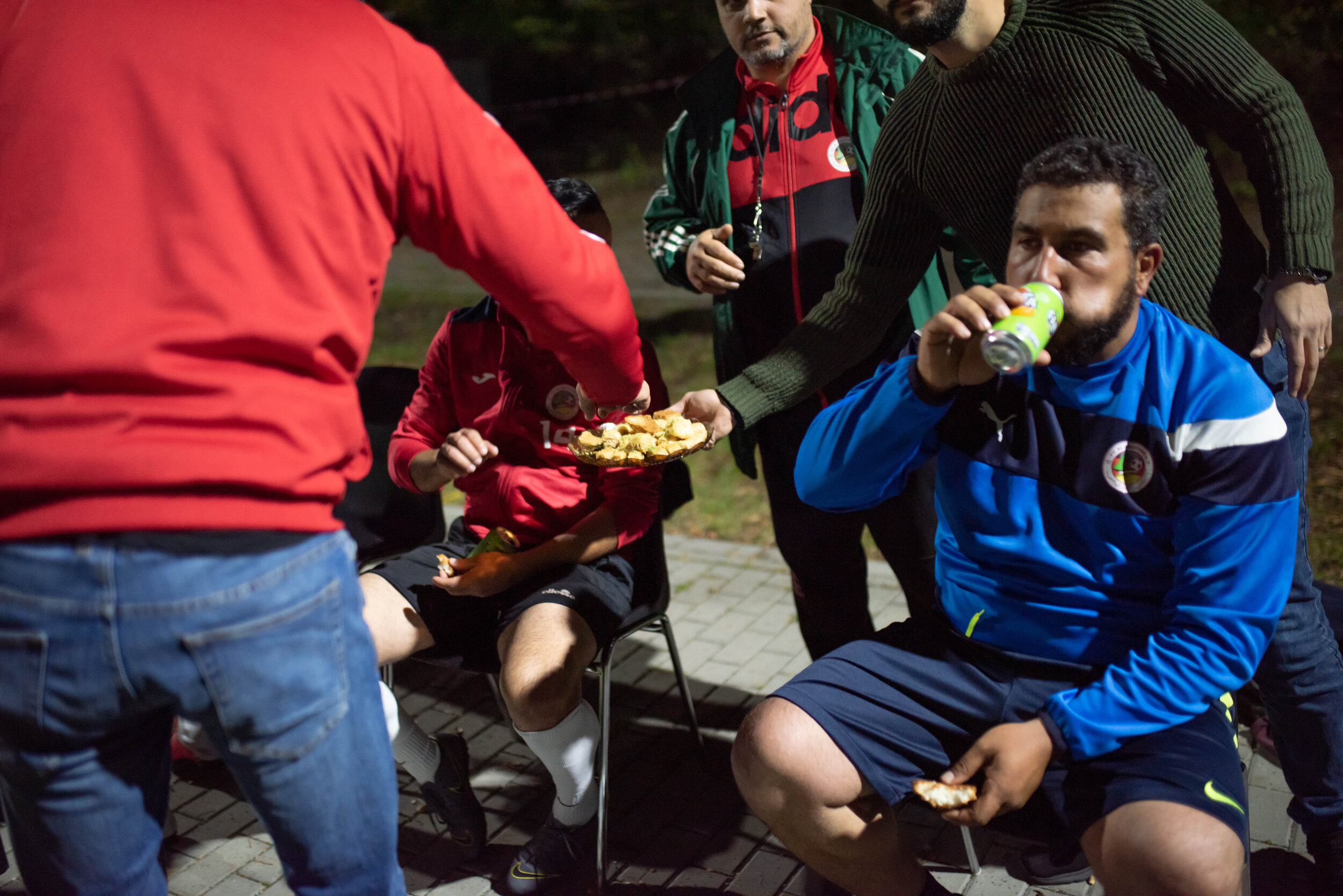
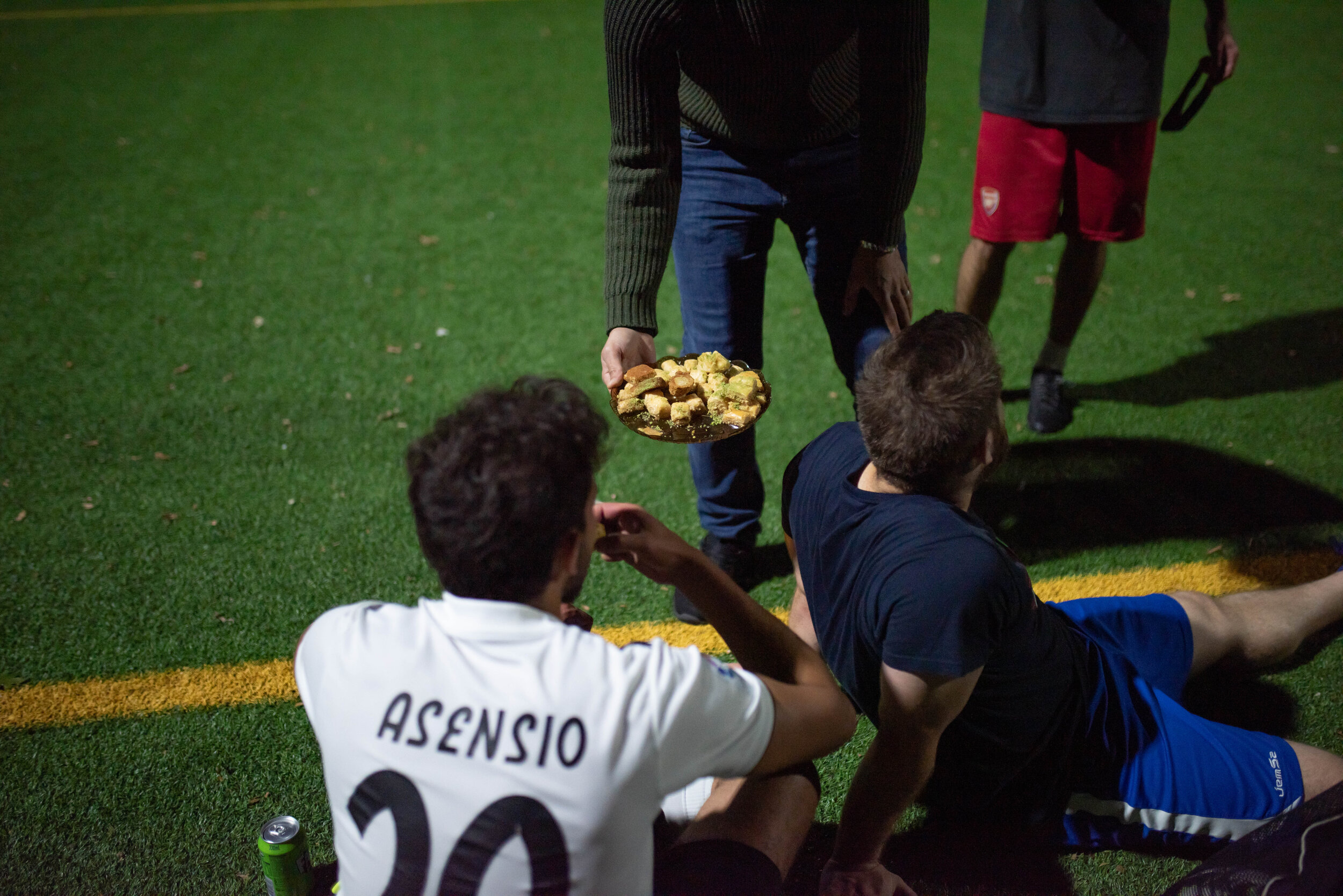
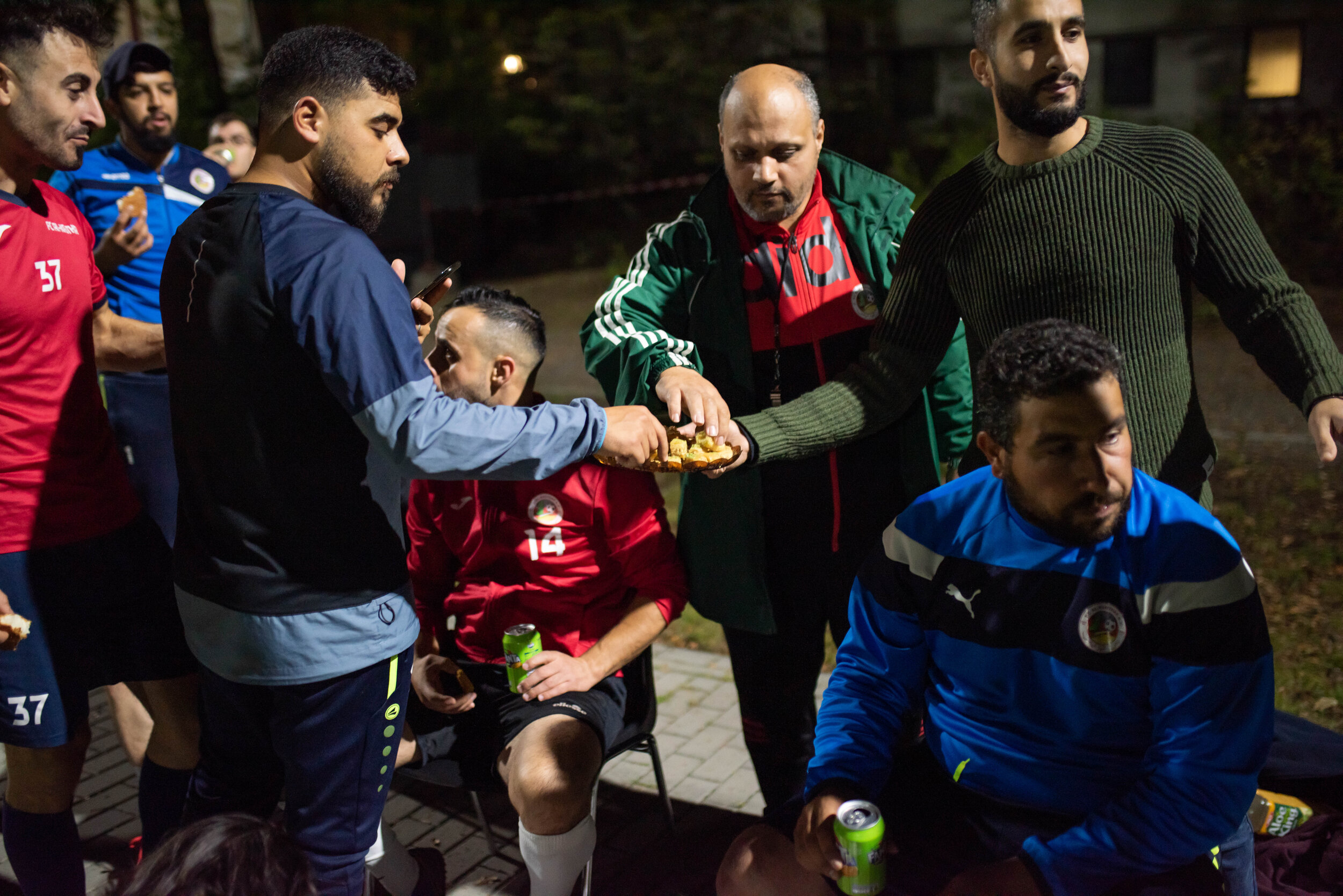
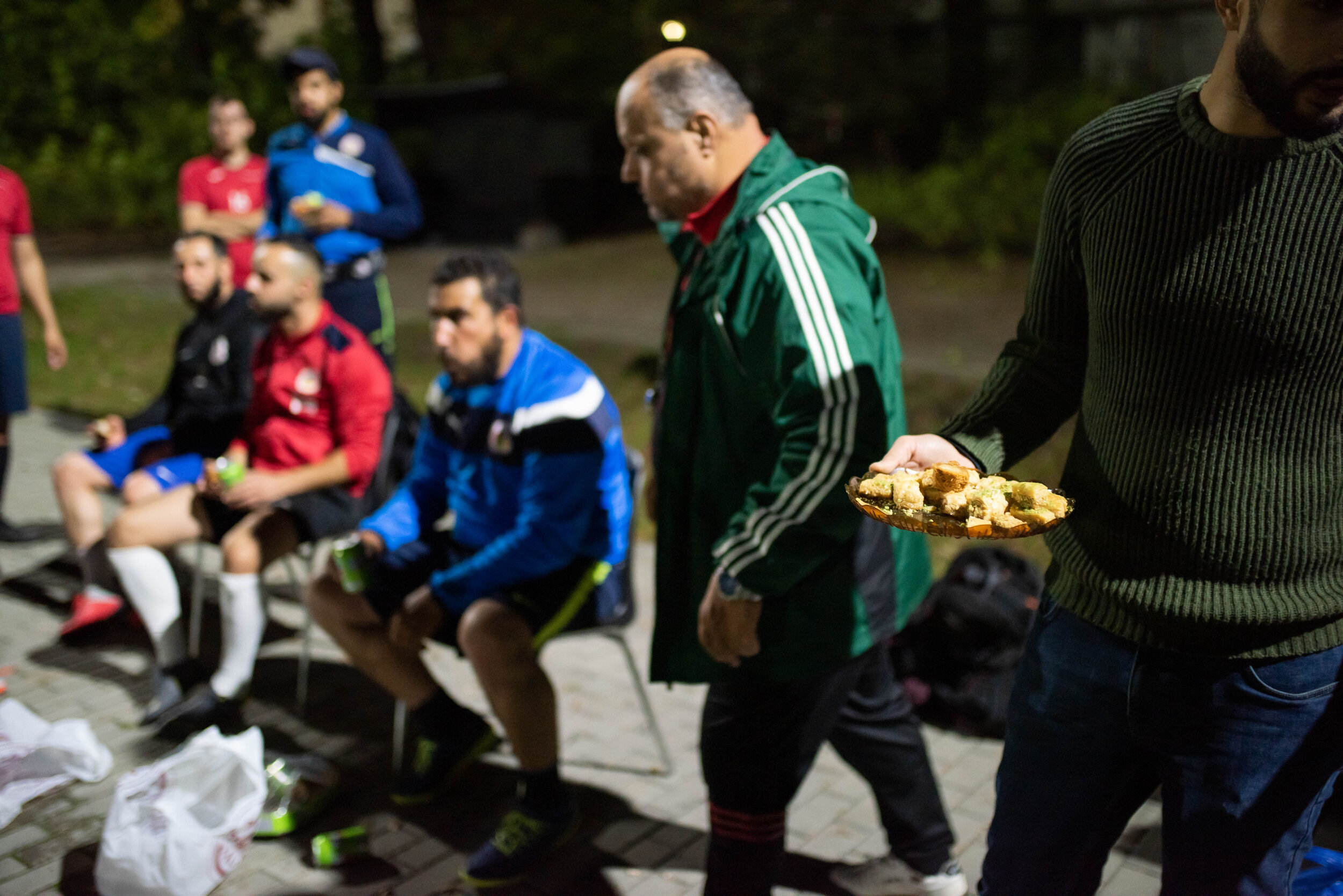
I wrote this blog post on behalf of a Devon/Berlin-based football/sports apparel company called Subside Sports. You can browse their collection and page here:
Germany: https://www.subsidesports.de/de/
UK: https://www.subsidesports.com/uk/berlin_shop

